None
None
None
None
None
None
None
None
None
None
None
None
None
None
None
None
None
None
None
None
None
None
None
None
None
None
None
None
None
None
None
None
None
None
None
None
None
None
None
None
None
None
None
None
None
None
None
None
None
None
None
None
None
None
None
None
None
None
None
None
None
None
None
None
None
None
None
None
None
None
None
None
None
None
None
None
None
None
None
None
None
None
None
None
None
None
None
None
None
None
None
None
None
None
None
None
None
None
None
None
None
None
None
None
None
None
None
None
None
None
None
None
None
None
None
None
None
None
None
None
None
None
None
None
None
None
None
None
None
None
None
None
None
None
None
None
None
None
None
None
None
None
None
None
None
None
None
None
None
None
None
None
None
None
None
None
None
None
None
None
None
None
None
None
None
None
None
None
None
None
None
None
None
None
None
None
None
None
None
None
None
None
None
None
None
None
None
None
None
None
None
None
None
None
None
None
None
None
None
None
None
None
None
None
None
None
None
None
None
None
None
None
None
None
None
None
None
None
None
None
None
None
None
None
None
None
None
None
None
None
None
None
None
None
None
None
None
None
None
None
None
None
None
None
None
None
None
None
None
None
None
None
None
None
None
None
None
None
None
None
None
None
None
None
None
None
None
None
None
None
None
None
None
None
None
None
None
None
None
None
None
None
None
None
None
None
None
None
None
None
None
None
None
None
None
None
None
None
None
None
None
None
None
None
None
None
None
None
None
None
None
None
None
None
None
None
None
None
None
None
None
None
None
None
None
None
None
None
None
None
None
None
None
None
None
None
None
None
None
None
None
None
None
348
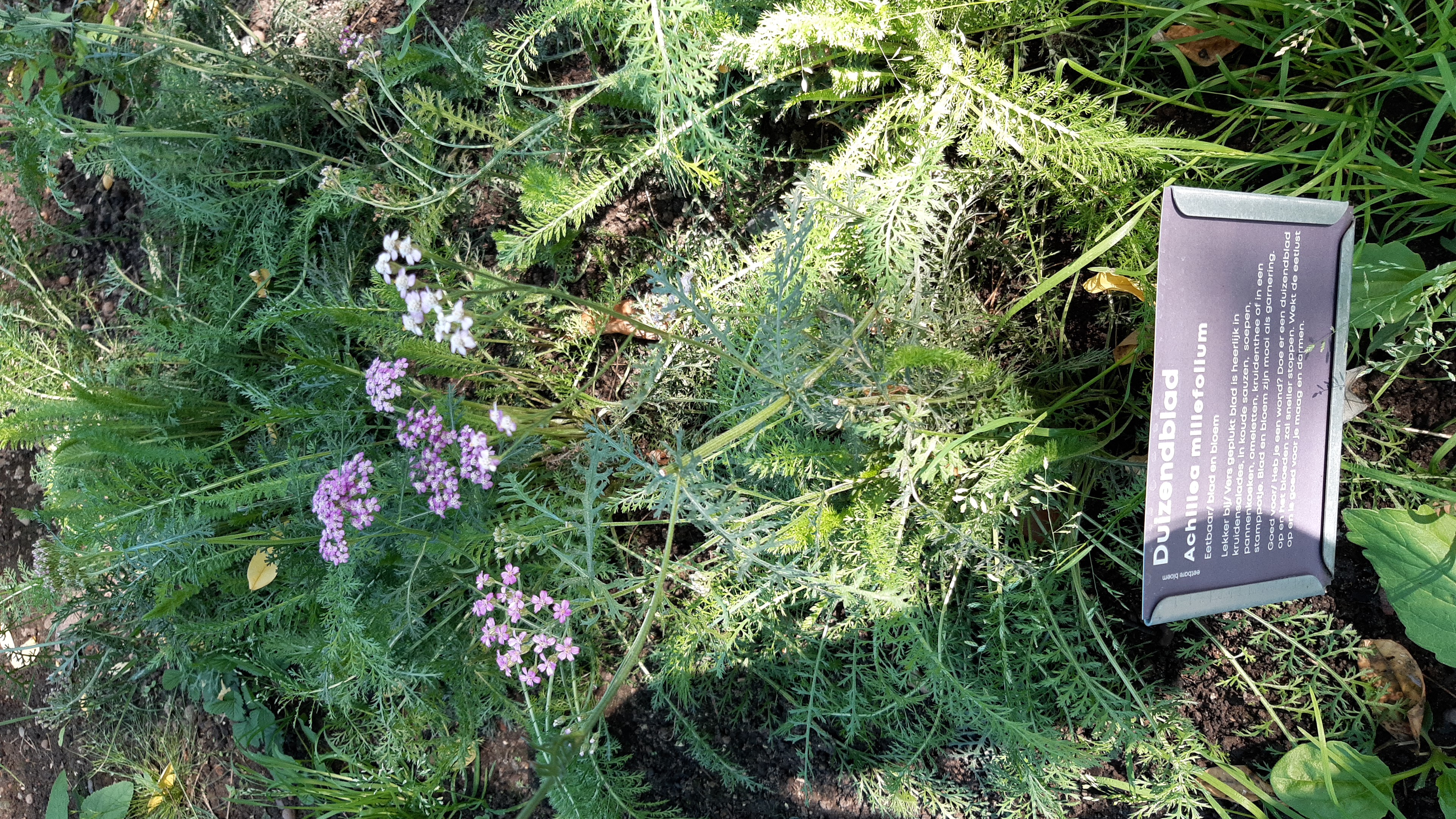
347
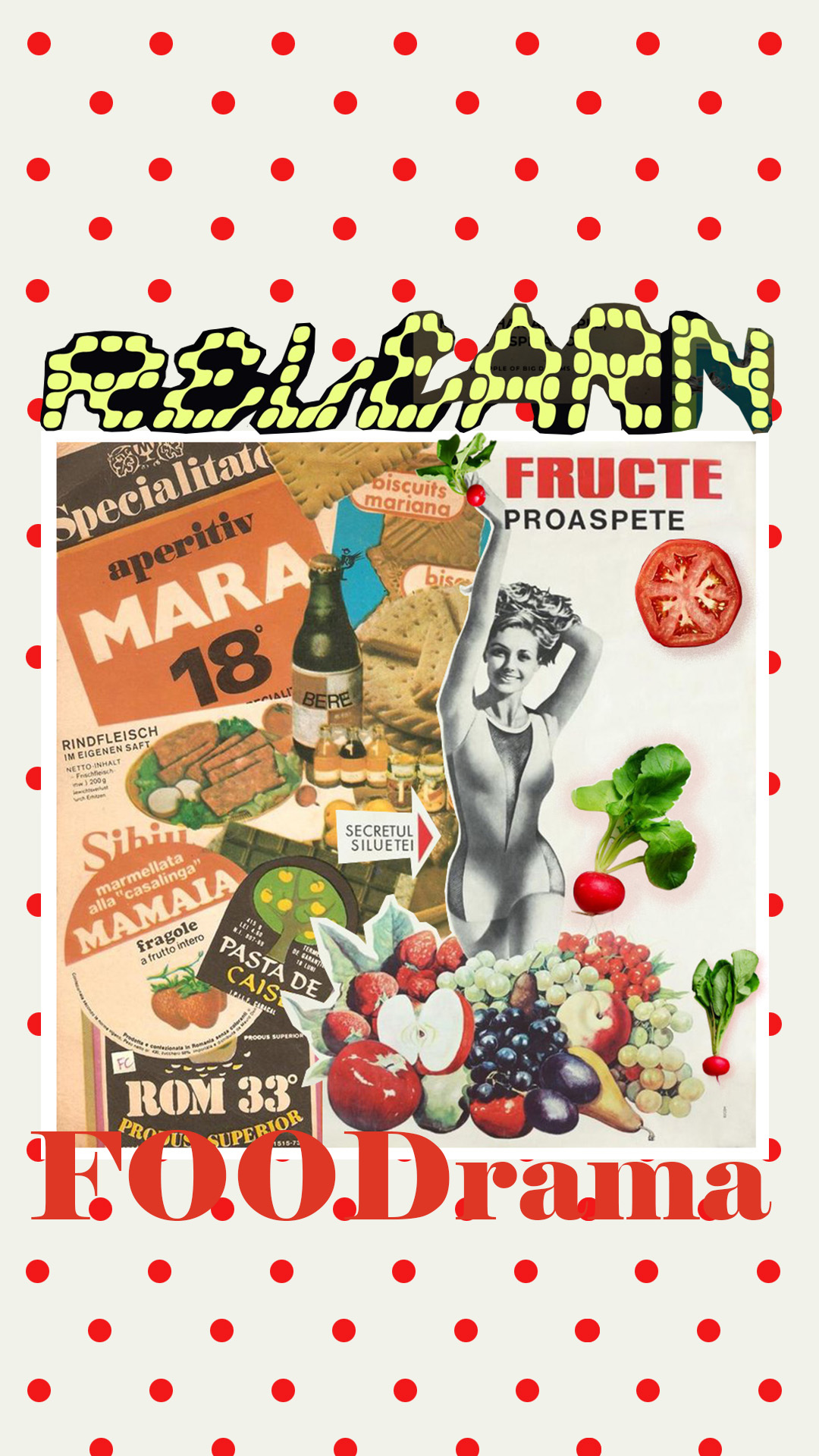
346
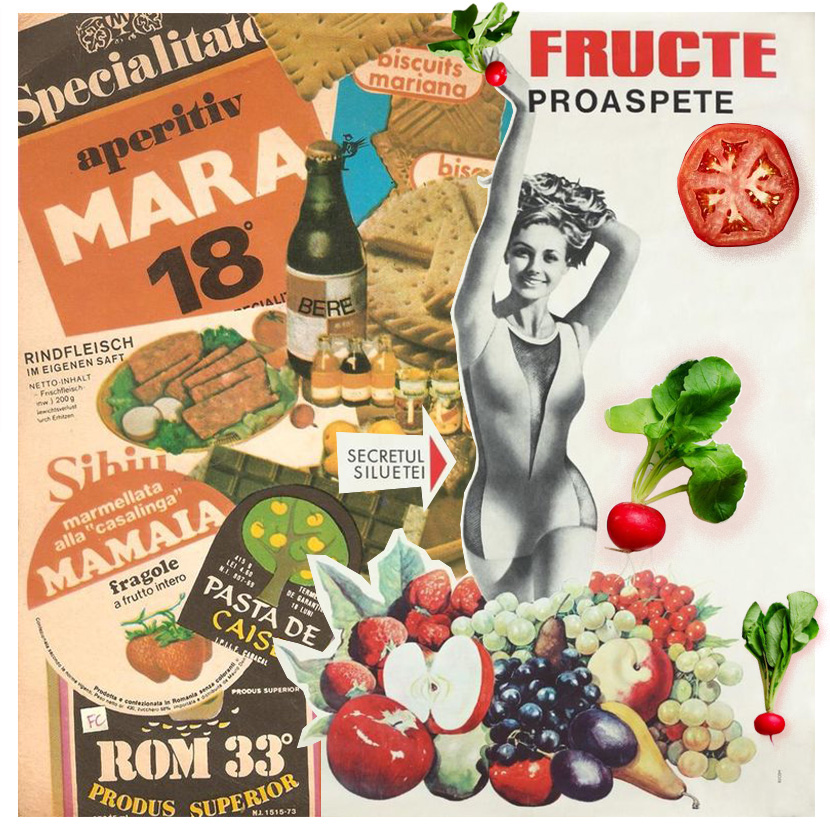
345
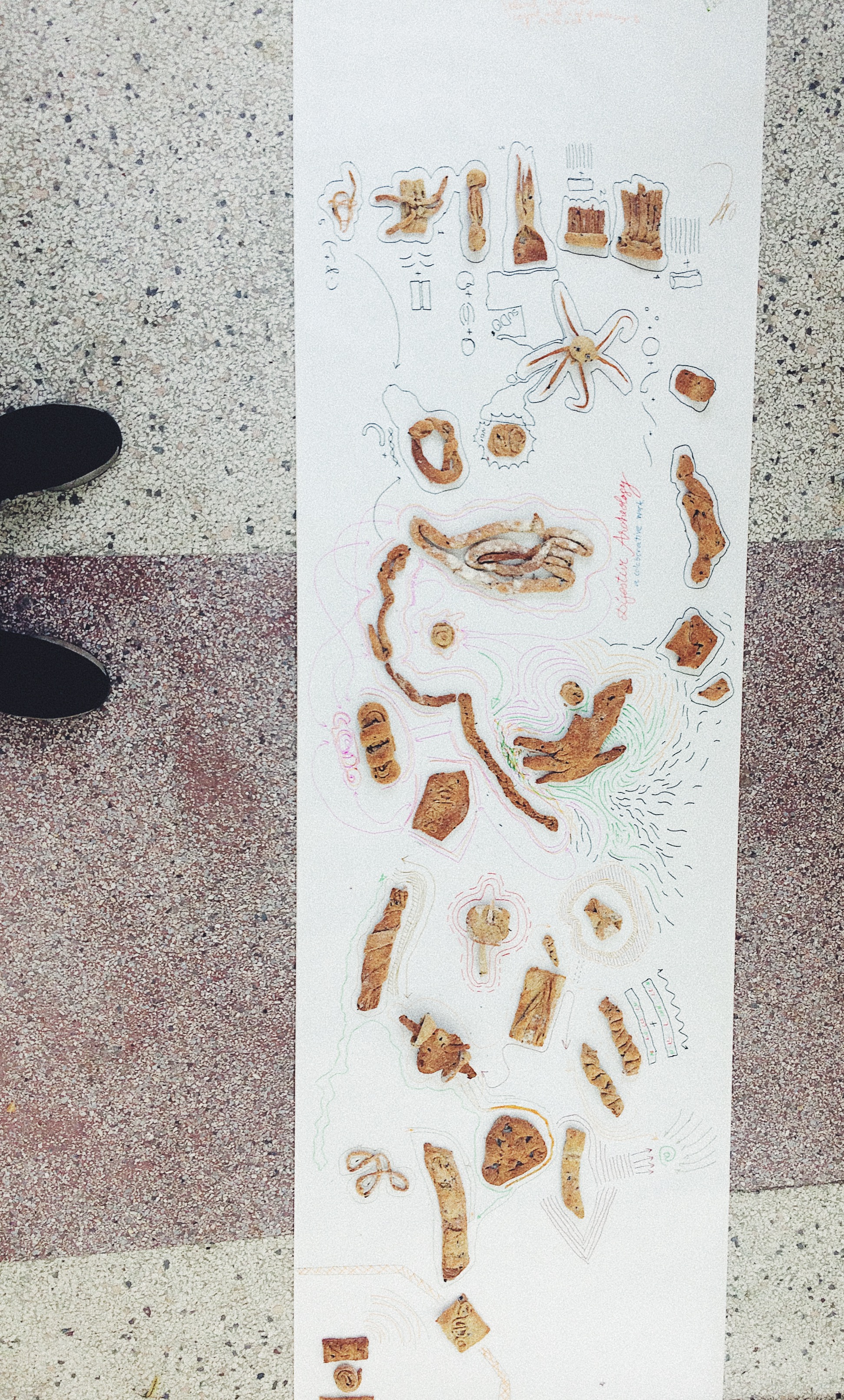
344
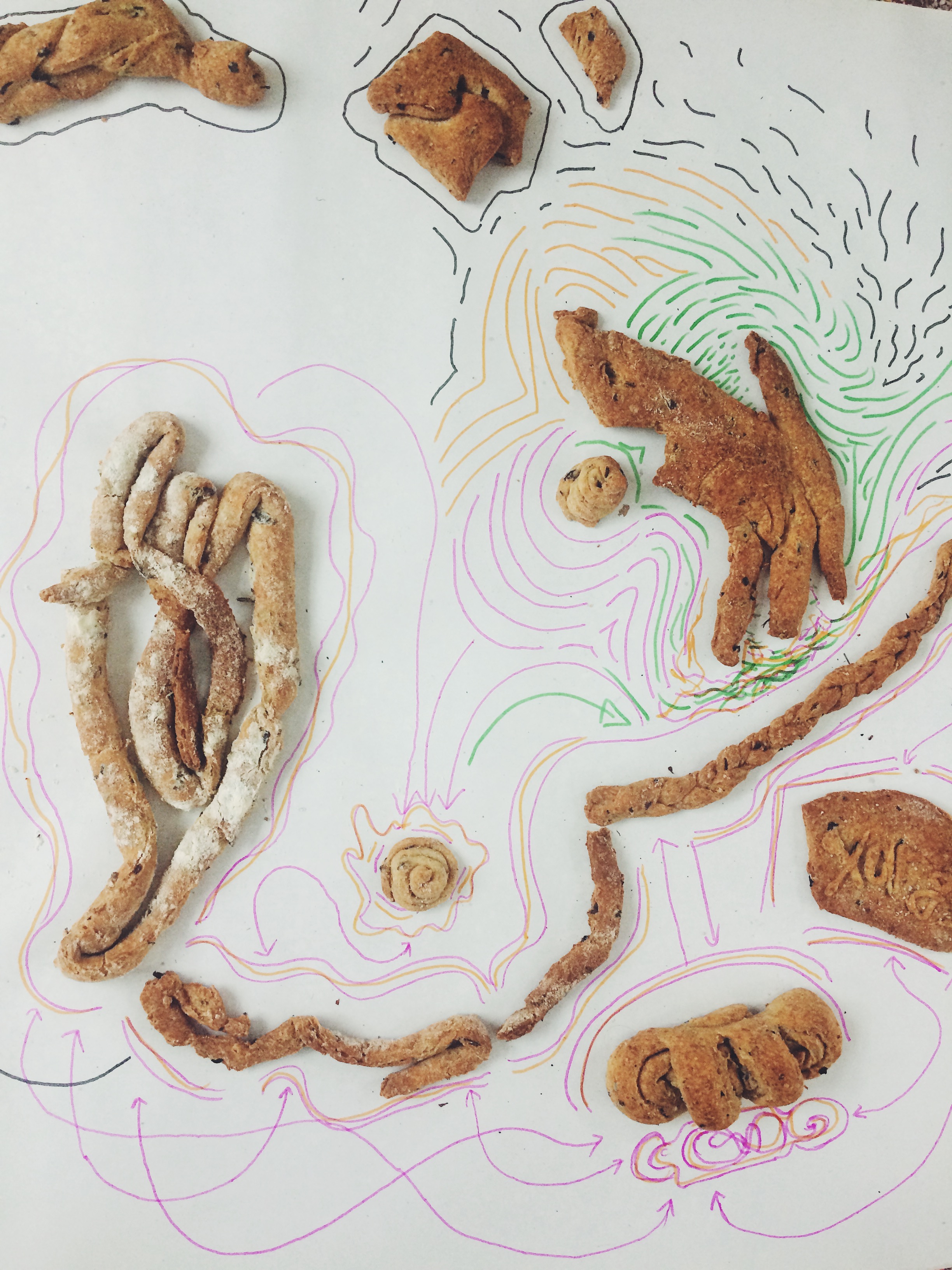
343
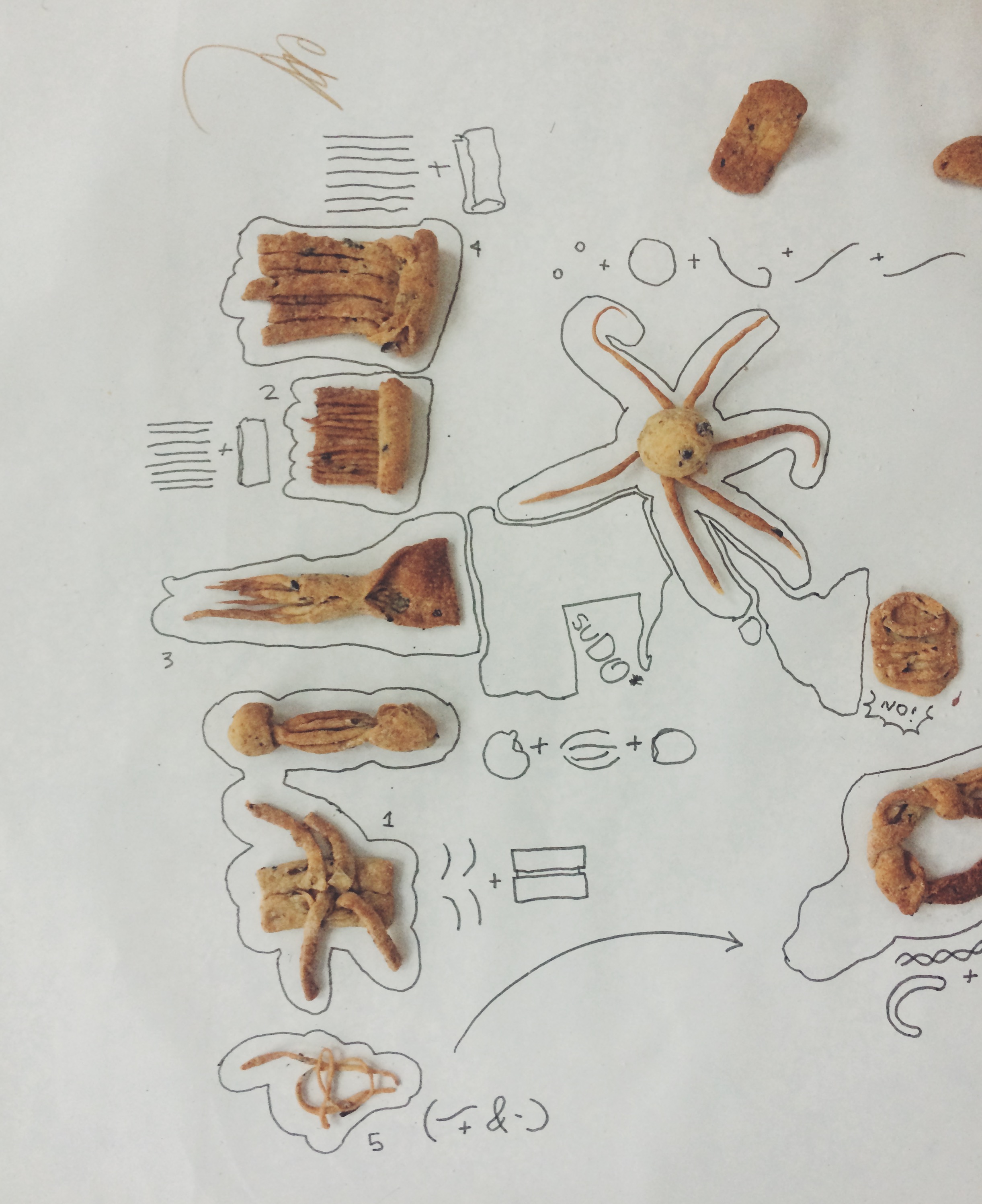
342
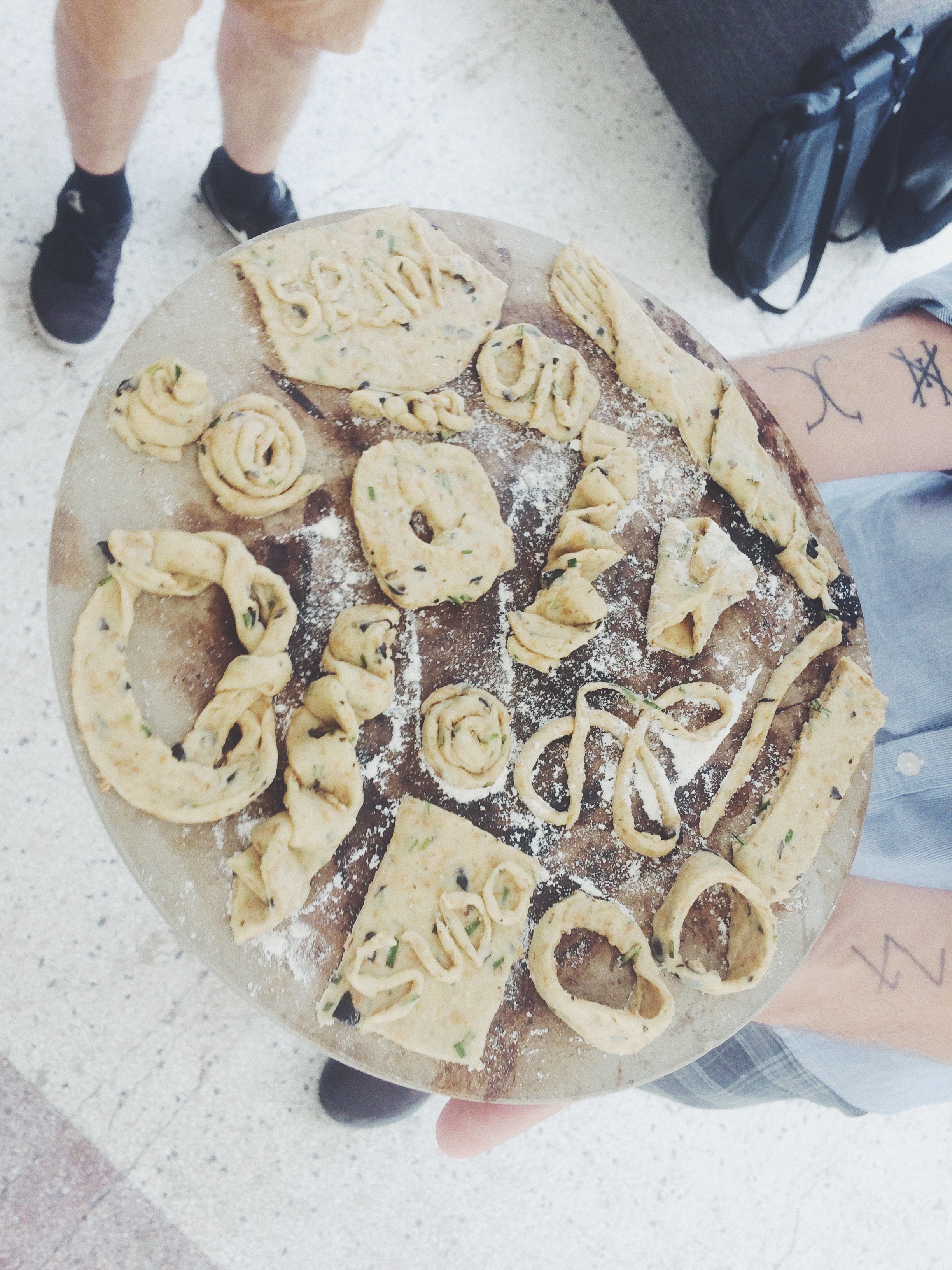
341
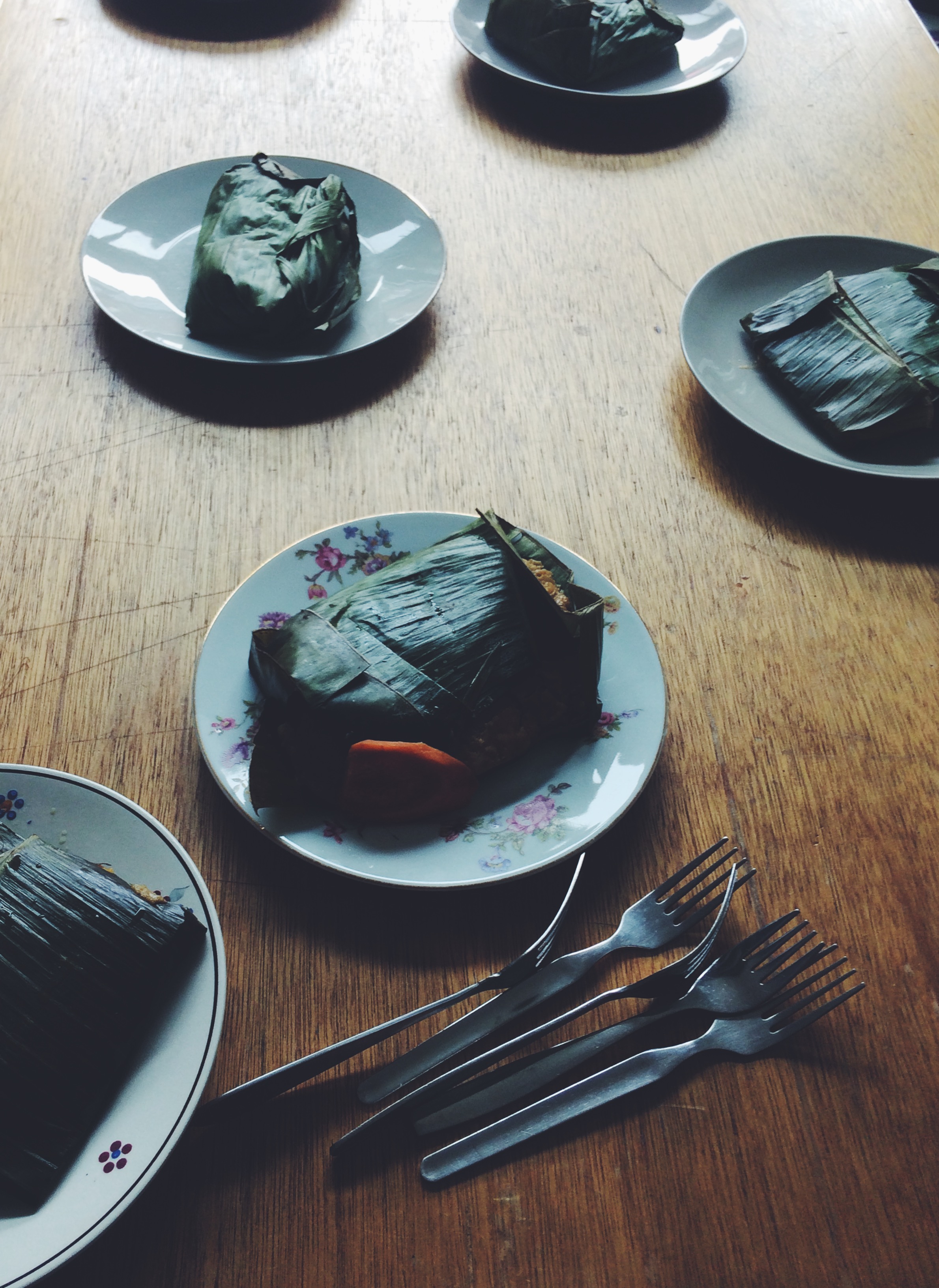
340
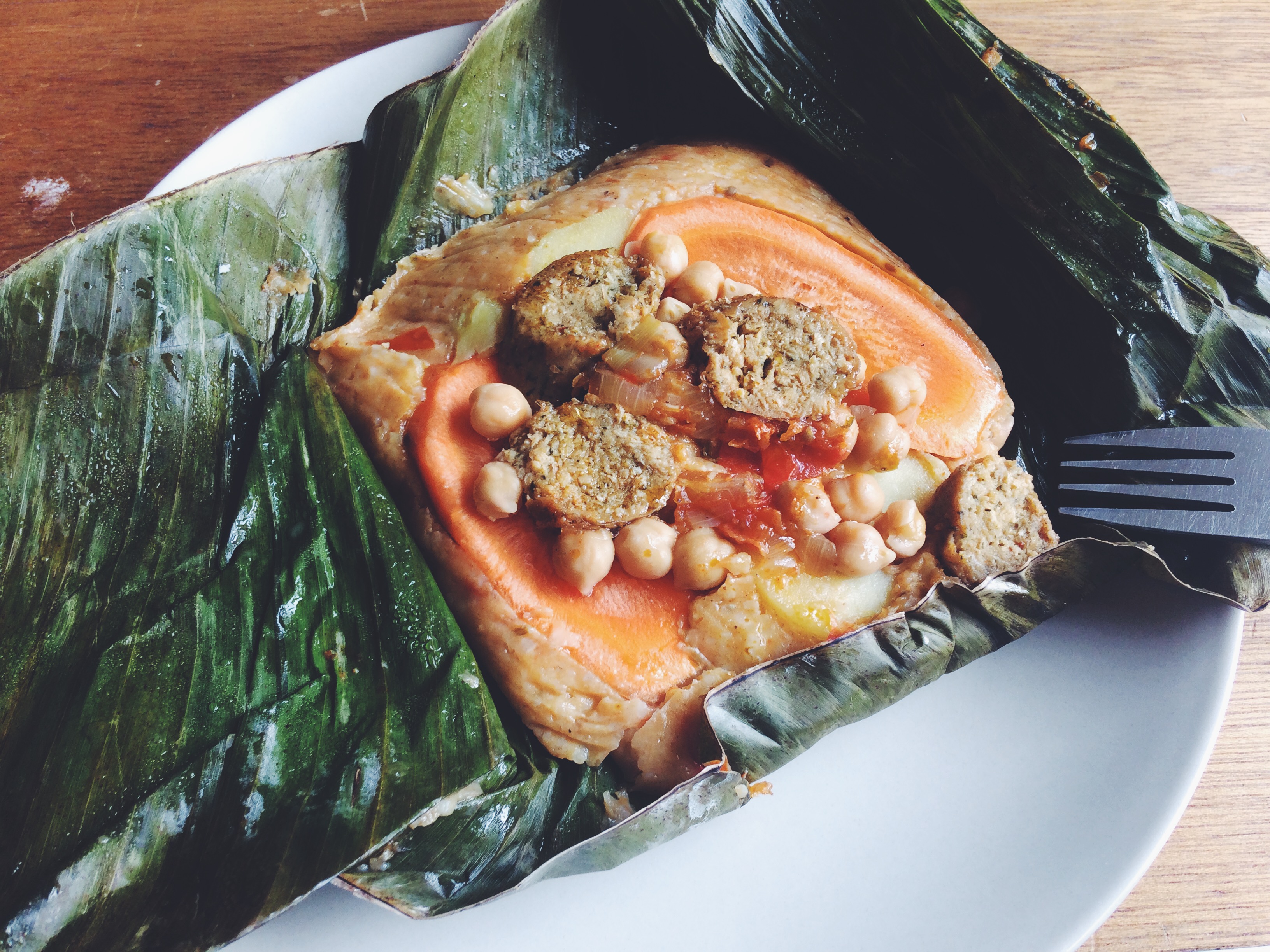
339
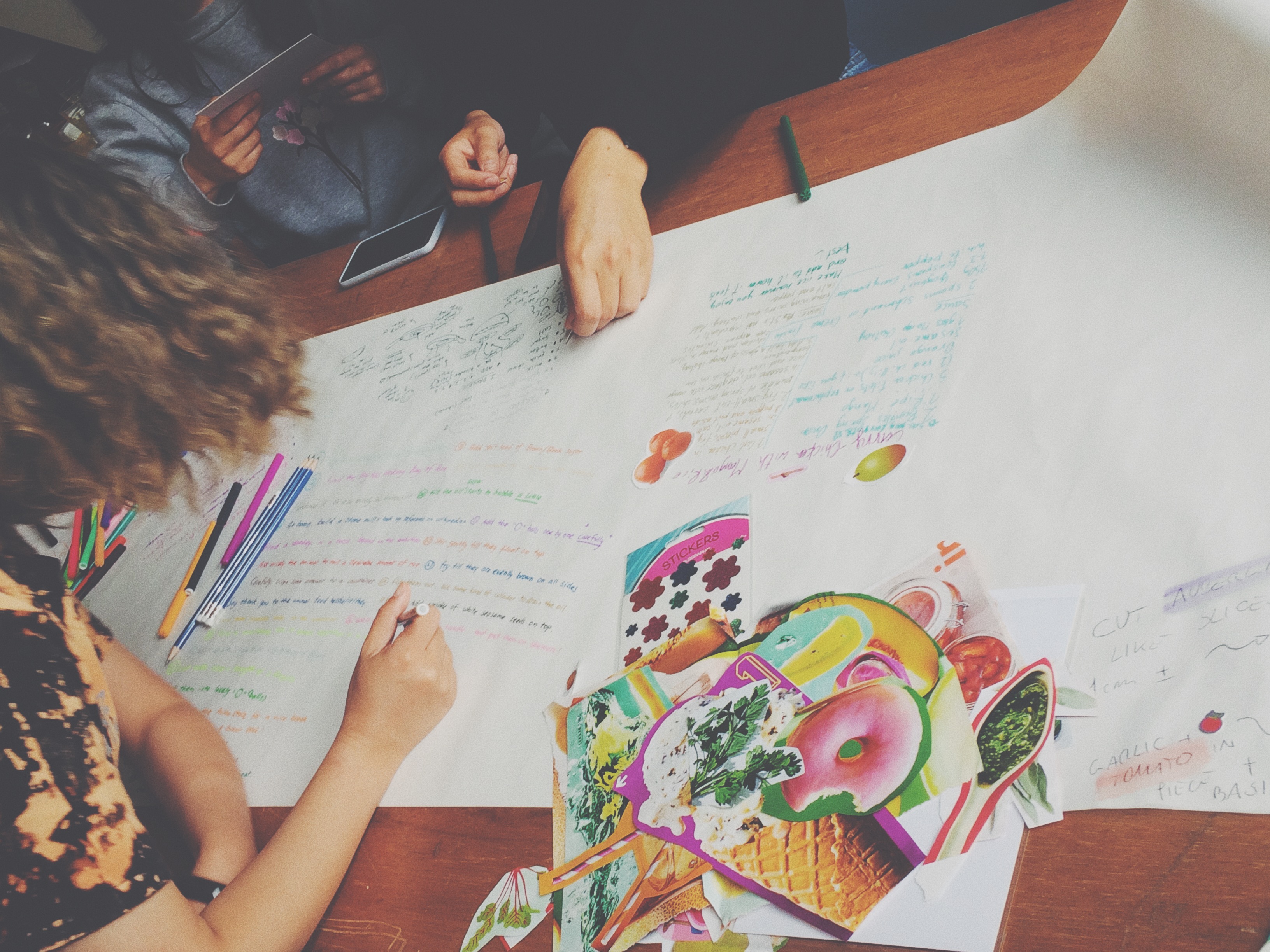
337
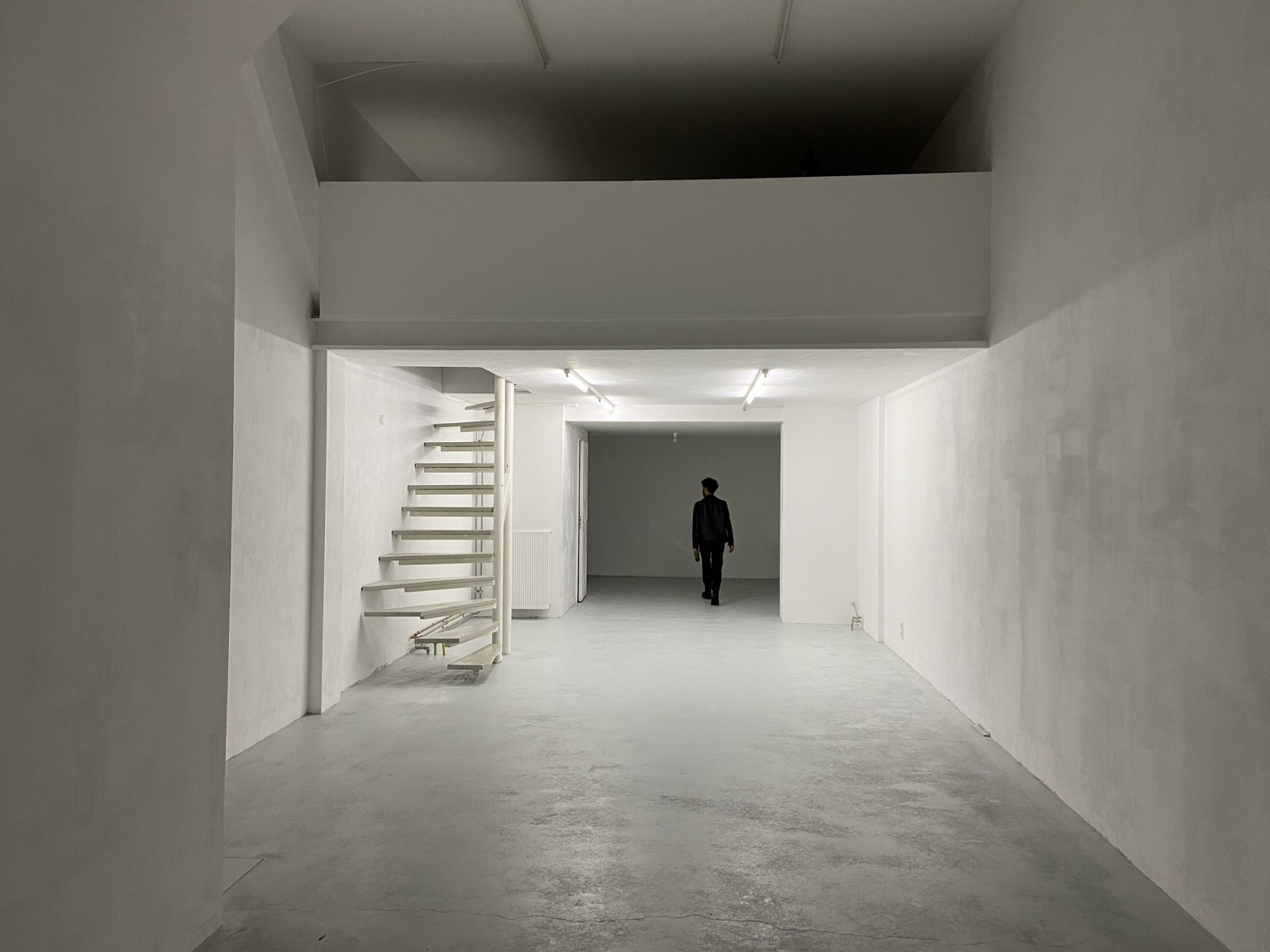
336
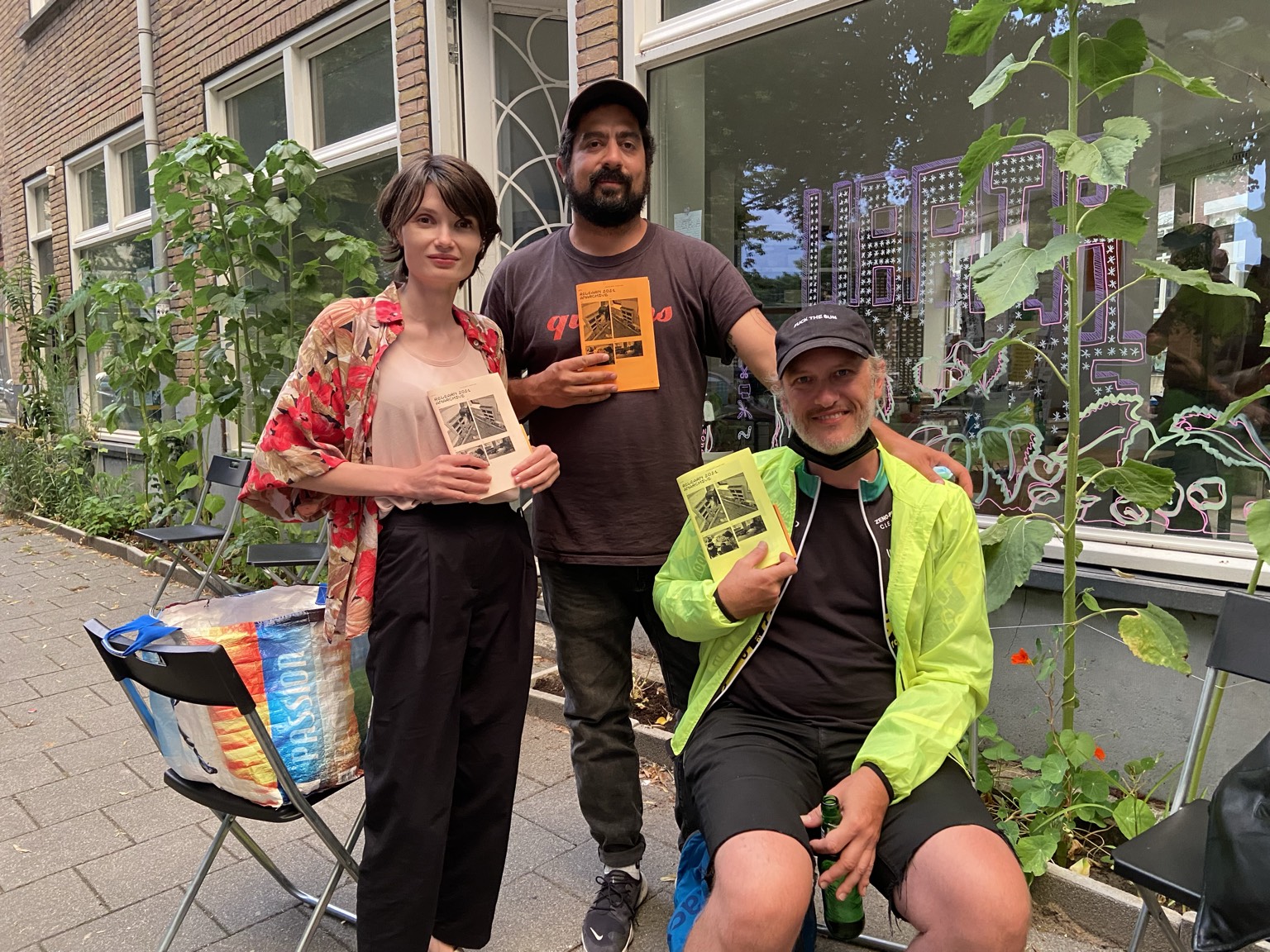
335
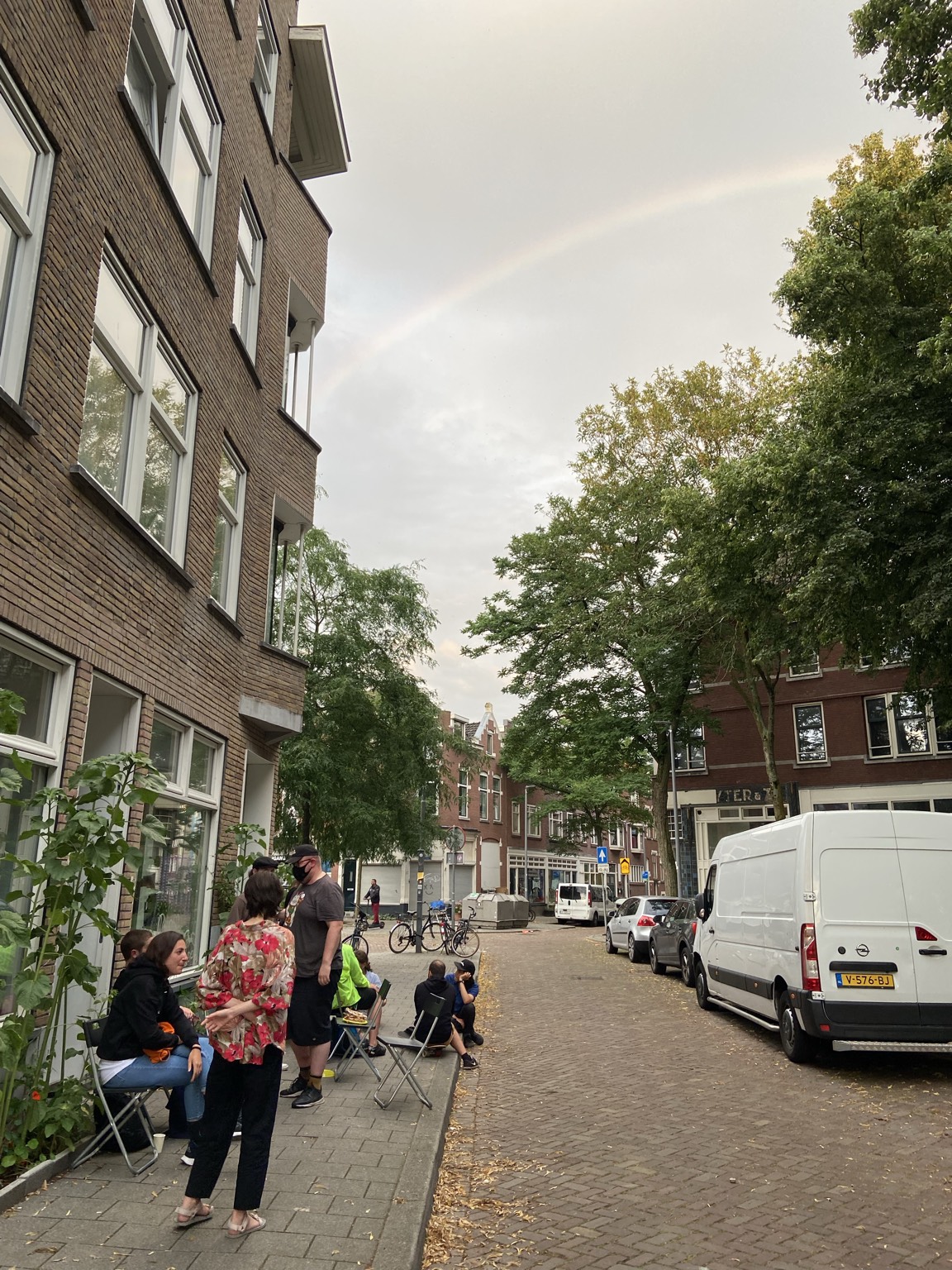
334
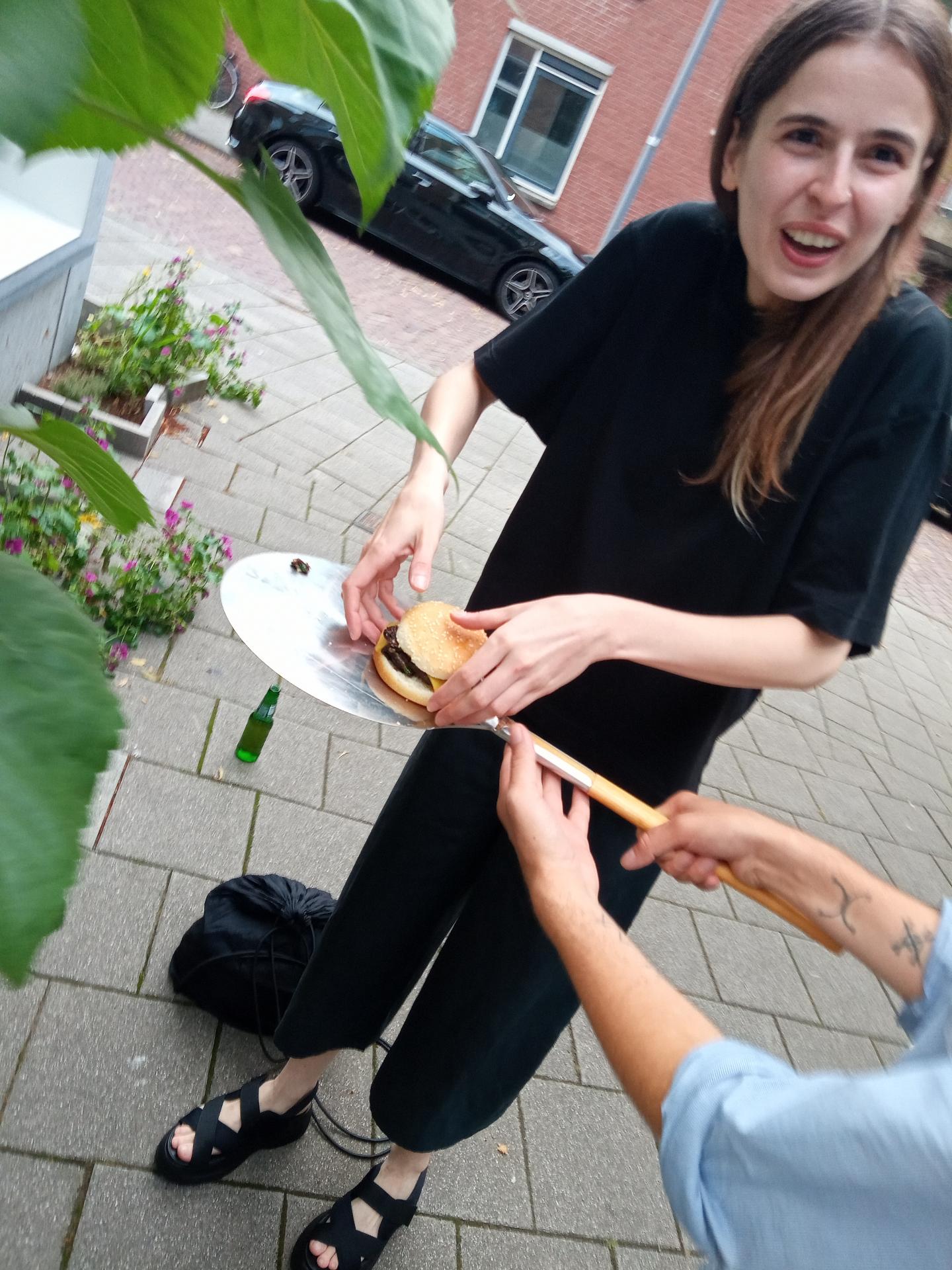
333
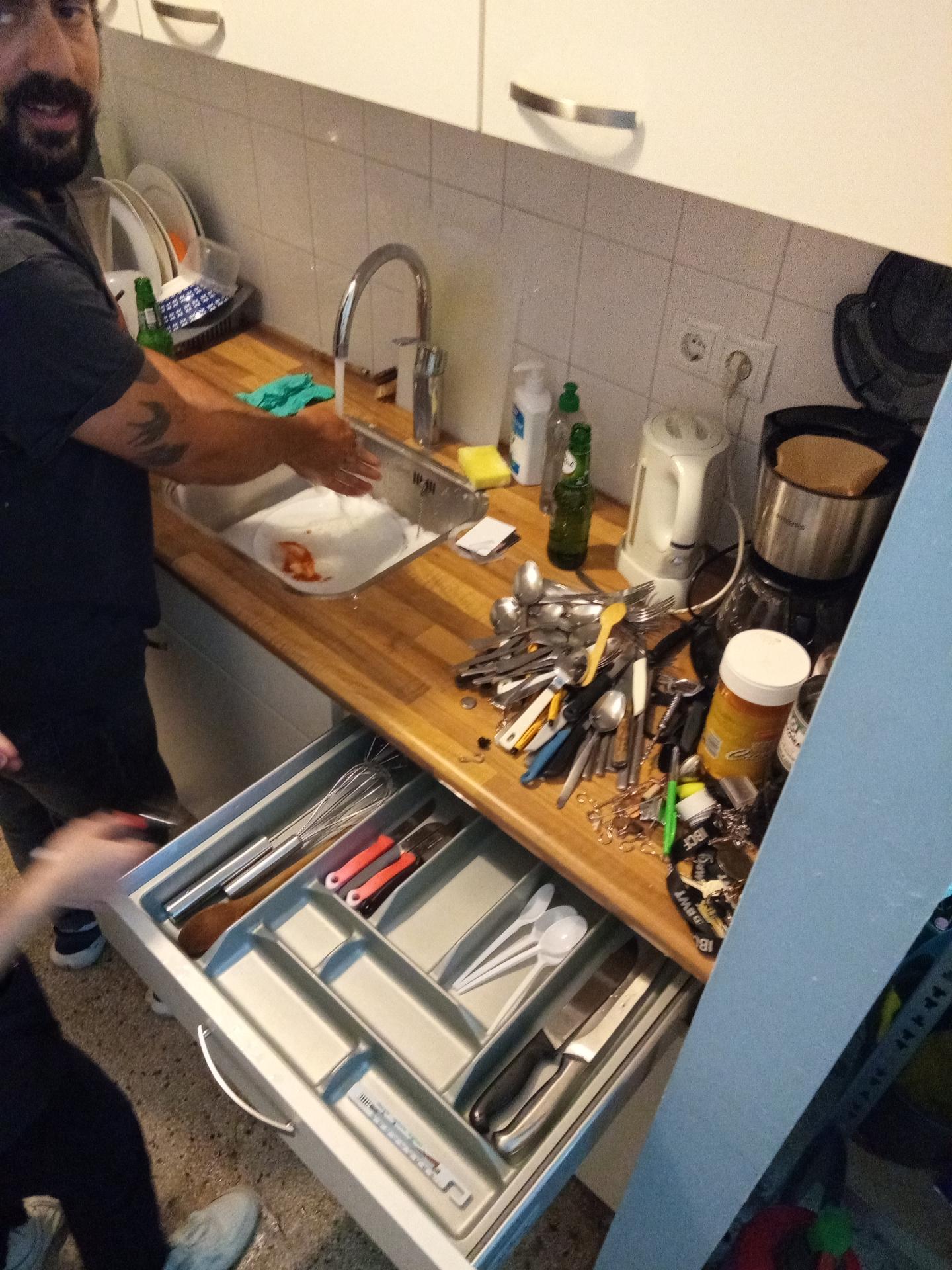
332
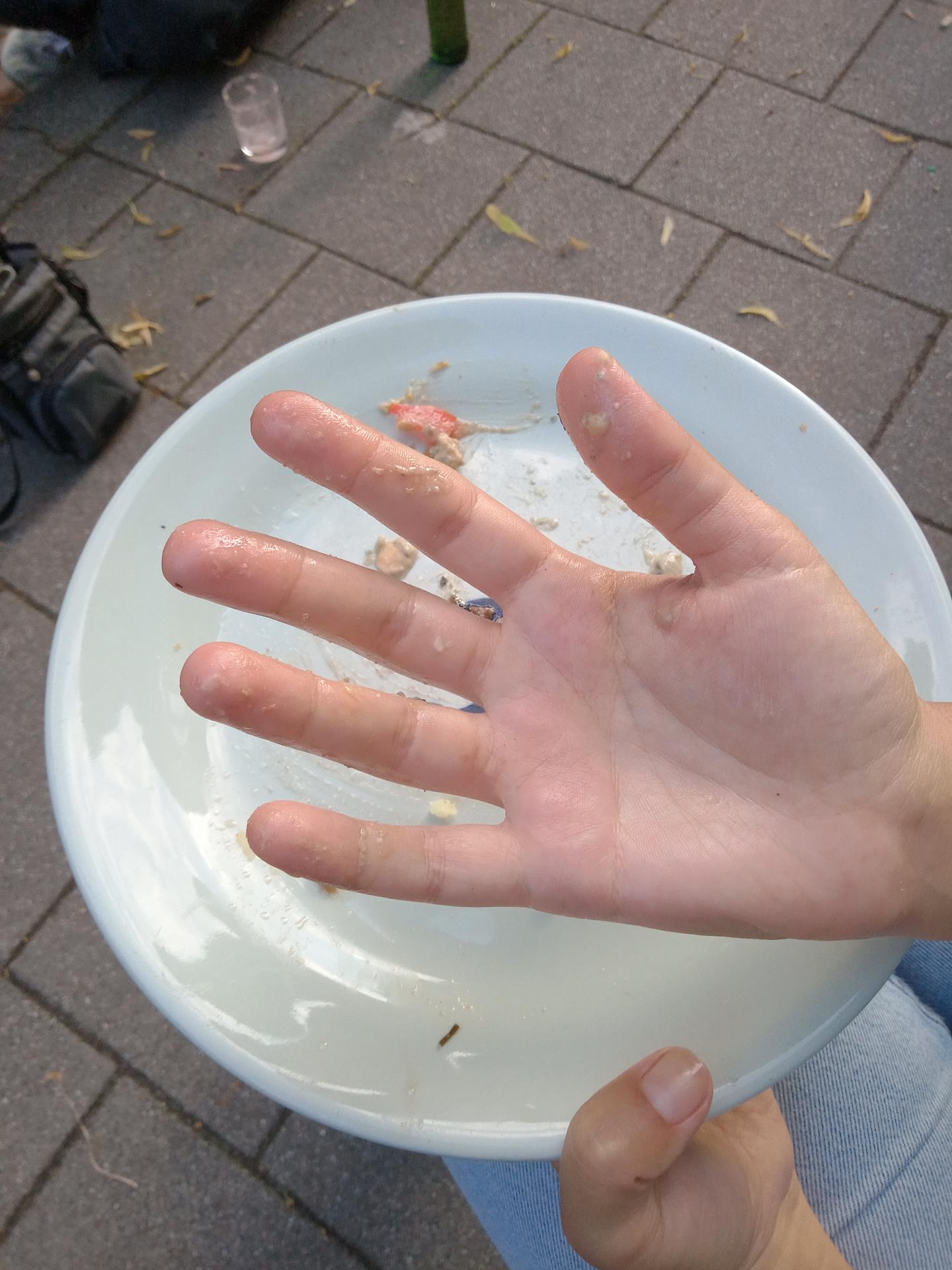
331
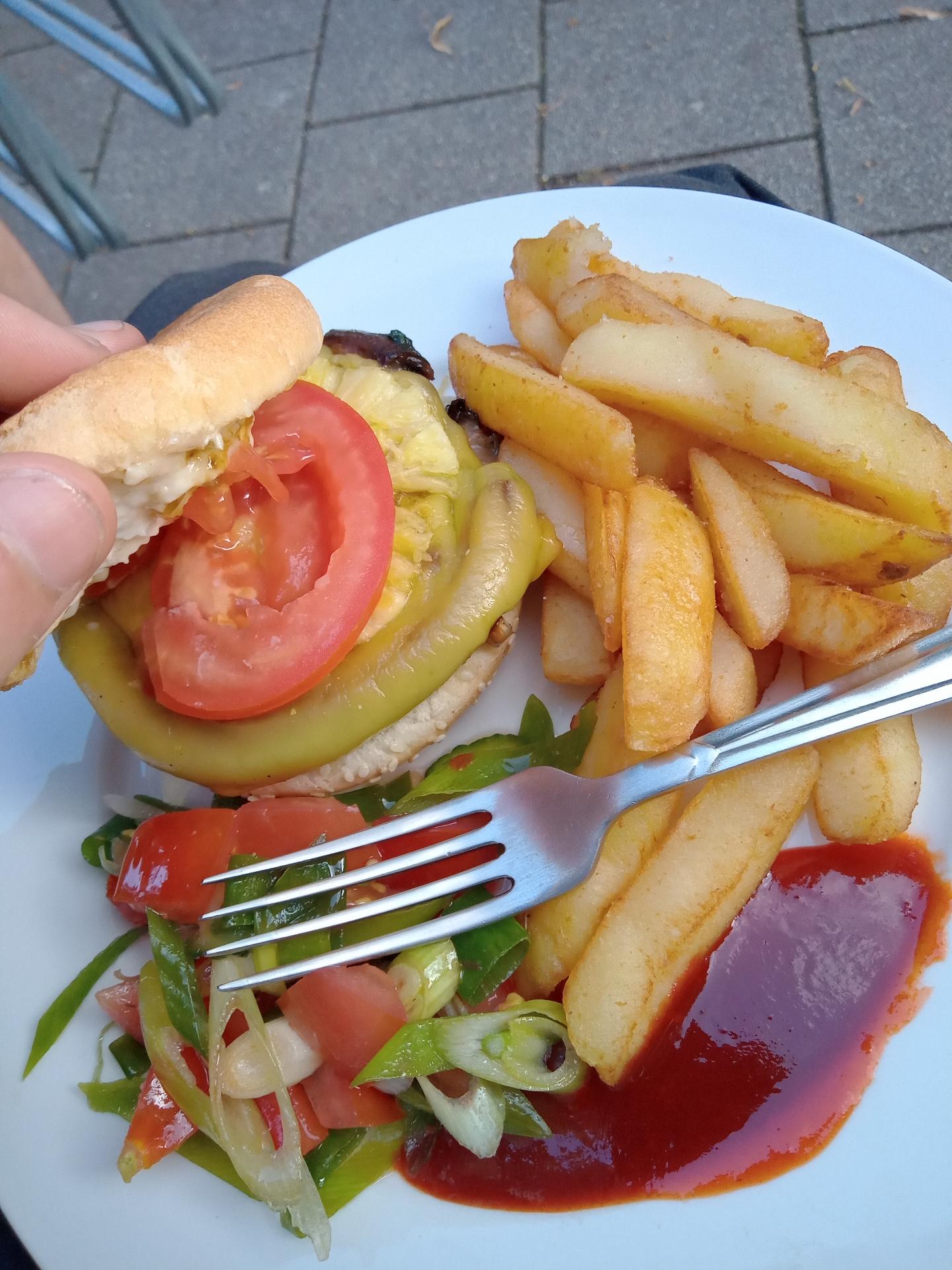
330

329

328
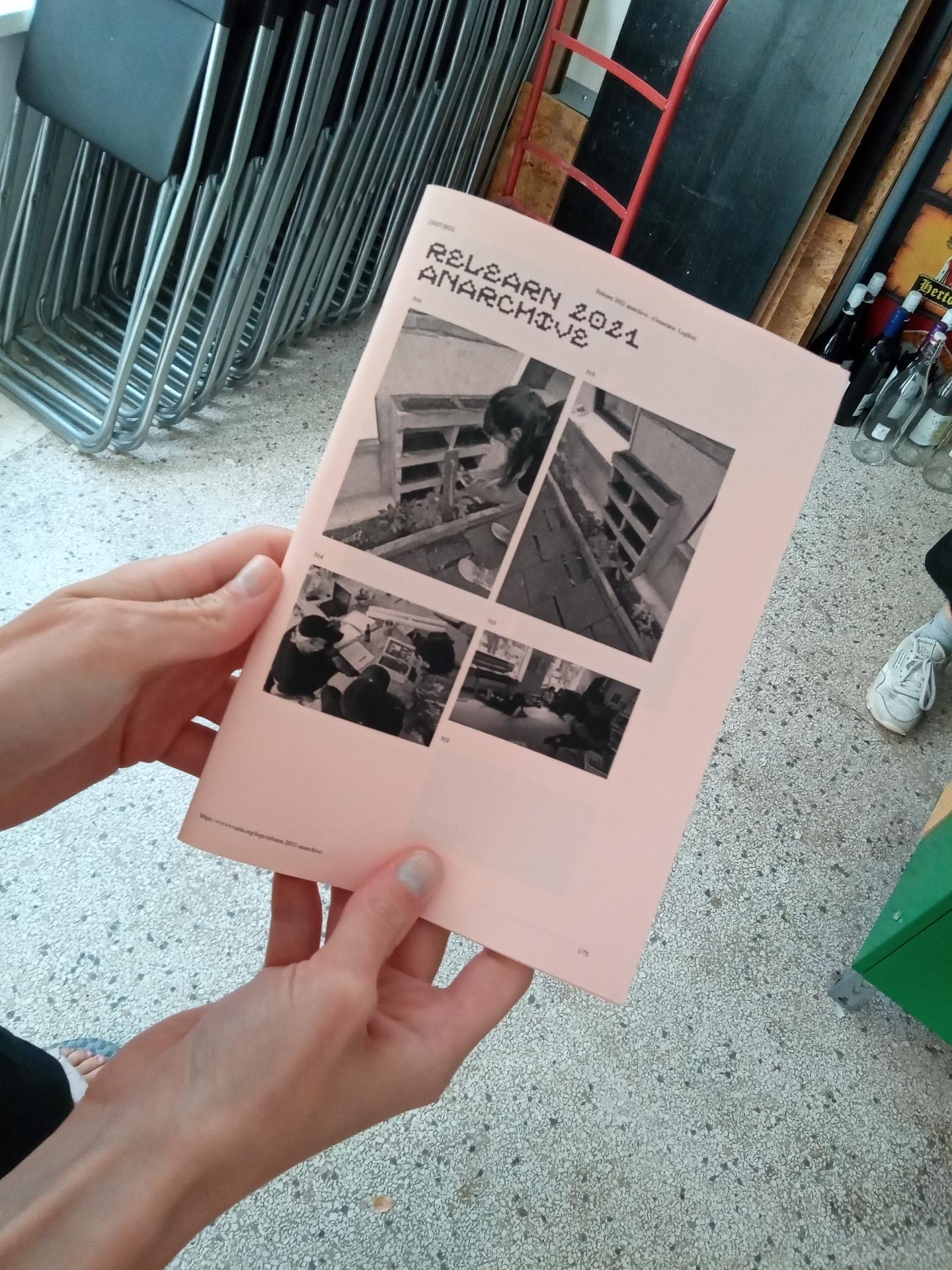
327
First, we are witnessing the end of unilateral globalization. Until now, so-called globalization has been a largely one-sided process, entailing the universalization of particular epistemologies and the elevation, through techno-economic means, of a regional worldview to a putatively global metaphysics. We know that this unilateral globalization has reached its end because of how the 9/11 attacks were misread as an attack on the Occident by an Other. In fact, 9/11 was an “autoimmune” event, internal to the Atlantic bloc, wherein its own anti-communist cells, lingering after the Cold War, turned against their hosts. Still, the spectacular image of the event provided a kind of Rorschach test, onto which the representatives of unilateral globalization could project their growing insecurities about being stranded between the old configuration and the new—exemplifying what Hegel called “the unhappy consciousness.” https://www.e-flux.com/journal/86/161887/cosmotechnics-as-cosmopolitics/
326
Thoughts on pizza dough written during corona vaccine side effects.
I baked a lot of pizza's in my life. None of them were perfect.
Pizza has many styles, this recipe isn't any of them.
The biggest issue with making a traditional Pizza Napolitana at home
is heat. Pizza like this is baked in a large dome shaped oven in under 2 minutes
at 400 to 450 degrees C.
A quick browse through oven webshops on the internet will reveal that almost
none of the regular home ovens get any hotter than 250.
so baking pizza at lower temperatures can involve a lot of tricks, like
putting a stone in the oven, or setting the oven to grilled chicken mode
and baking the pizza very close to the electric heating elements.
online you can find a few hacks of baking a pizza in a covered BBQ or
using removing the heat sensor from the oven making it go to higher heat.
Why bake very wet and thin dough at very high temperatures?
There are many pizza recipes just baked in trays and sheetpans, and they are delicious.
But a wet dough, with a high amount of air bubbles in it, baked at high heat these bubbles
form into steam and become delicious air pockets.
Pizza will become airy, yet crunchy, combining salty and yeasty flavours with slight bitterness
of char marks. And sometimes I crave this specific flat bread experience.
making dough:
This will make enough dough for 4-5 small pizzas that fit on the spade and stone
in Varia.
The only measurement I use is one block of fresh yeast to a small mug of water
and a pinch of salt.
The water needs to be slightly warmer than cold but definitely not hot to the
touch. Just the hot water tap as mentioned in some recipes is way to hot.
above 40-45 degrees the yeast will die and not become active. Baking yeast
is most active between 25-35 degrees. That means a little cold/luke warm to
the touch. Let the water and yeast sit there for about 10 minutes, adding
maybe half a teaspoon of sugar to activate if no bubbles form.
To that I add a reasonable amount of flour, say 2-3 mugs of the same size.
The flour and water should sit together for at least 20 minutes before kneading
begins. Autolyse is a fancy word for this part. It allows for glutten to
naturally find it's way. The autolyse period is more important to creating
structured gluten development than is the type of (expensive) flour.
Mix the ingredients together until a dough appears, I have always just done this
with a wooden spoon, it should be very wet, but not unworkable. If it is so
incredibly sticky that no dough ball will form add more flour bit by bit.
00 Flour or flour specifically labelled for pizza will absorb more water than
regular supermarket flour. Room temperature and the yeast are also important to water absorption.
In the end sometimes 4 mugs of flour was just about it, sometimes it was 5, rarely it was 6.
This gradually mixing and adding flour step should take pretty long, 10, maybe 15 minutes.
Glutten is already working even though, some might still consider this a batter.
To me the ideal wetness is a pizza dough is that a ball can form, but the dough is too wet
with to work with, with just your hands. If you sprinkle some 00 flour or very thin, white flour on
it, it should be very soft to the touch and workable for a few minutes until slowly it becomes
to wet again. In order for gluten to be able to form long stretches of thin dough, the kneading
technique I use is to continously stretch out the dough, fold it back on itself, rotate 90 degrees
and stretch again, repeating the whole process. I do this for maybe 10 minutes.
Dough can stretch well when its rested, after thinning it out its no longer rested
and it will be harder to work with. If you don't cover the dough while resting,
air will dry out the dough and form a little crust that makes the dough hard to work
with.
Divide the dough into 4-5 equally sized balls. Let the dough rest for 15-20 minutes covered,
afterwards you can try to stretch out the dough, to see if you can achieve the
desired thickness. There is not much you can do at this point, if it isn't as thin
as you want. After a day long rise, this quality will improve, if it still isn't as thin
as you like eat a thicker pizza and try again some other day.
rizing:
Put the dough balls in a container. I put a little bit of olive oil on the dough to not
make them form one big ball by themselves again and for easy removal from the container.
I have always done a slow rise in the frigde for 2 days. The dough will be good for at least
6 days. Because the working temperature of yeast is higher at 20-30 degrees, some people
put their dough outside of the fridge instead. In my experiencee this creates much bigger
more bread like dough that is very hard to make into a thin crust.
making dough into pizza.
flour the working surface, flour the spade, flour the dough ball.
use your hands to gently flatten the dough, use your fingers to stretch the dough outward.
rotate the dough to get an even round shape. This requires practice and skill.
Because you press the dough outward from the center, naturally a thicker outer ring will form.
Tossing the dough looks cool, but it doesn't add anything and its not the easy way to stretch
out the dough. There is a method to slap the dough on your working surface to stretch it out.
Never use a rolling pin or knead the dough or man handle it.
You are just popping the bubbles and will have a flat dough.
If you accidentally rip a hole in the dough, don't try to patch it up, form the dough back
into a ball and let it rest again for about 10 minutes. In the meanwhile you can start over
with another rested ball of dough.
Adding toppings.
Tomato sauce. Don't buy, just buy tomatoes. Pomodori tomatoes have less water in them,
which is what you want. Finding other small, yet meaty tomatoes is also good.
Bring water to the boil, cut a cross into the tomatoes skin. dunk them in the water and
get them back out into cold water. The cut cross should split open and you can peel
the tomatoes. Blend them add salt and you have your sauce. Because of the high heat
while baking the pizza, olive oil will start to smoke and garlic will turn bitter.
these are nice toppings later on, but not in the sauce itself.
If the tomato sauce is way too watery, you can heat it up and cook out the water
in a saucepan until it has the right consistency.
But with good quality tomatoes, the sauce can cook on the pizza in the oven.
Mozzarella. You can buy buffalo mozzarella because it has more flavour. You can
also buy the cheapest mozzarella the supermarket has, because pizza is food of the
people. Make sure that you drain the mozzarella of water, so that your pizza toppings
don't become a soup.
Basil. Have a basil plant in your house. Its a swamp plant that likes a lot of sun.
It can almost never be too hot and give it lot's of water. It never becomes older
than 2 years, so keep it alive for as long as it lasts. Small leaves are stronger
in flavour, but for pizza we want bigger leaves.
Parmesan, other cheeses, meats, anchovy, olives.
Whatever you like, just keep in mind the heat of the oven. Oils will burn, garlic will become
bitter. Also transferring the pizza to the oven is easier with less toppings.
Transfer your dough to the spade, add sauce, cheese, basil, but be quick.
Slowly the dough will start to stick to the spade and you can't tranfer it into the oven anymore.
Flour the spade generously, maybe half way through test if the dough hasn't stuck to
the spade. If the dough rips at this point and sauce hits the stone, it will burn right
away and because the stone can't cool down quick. Abandon your pizza making moment
and make pasta with the toppings instead. I have had to do this this a few times too.
Depending on the thickness of the dough and the heat of your oven, bake your pizza.
My own oven becomes about 350 degrees C. It takes me about 7-8 minutes to bake the pizza.
If you happen to have a wood burning oven, that is dome shaped, that can become 450 degrees C.
you can bake a pizza in 2-3 minutes.
It's not that long so just keep an eye on it and hang out in the kitchen.
Afterwards, you can brush the outside crust with olive oil or garlic infused olive oil.
(This is pizza popeyes secret trick.)
In the French-German border regions of Elzas, Baden and die Pfalz they make a great
dish called tarte flambée or flammekueche or Flammkuchen. Which is a flat bread
topped with creme fraiche, lardons and onion. sprinkled with a little nutmeg.
You can make this with the same dough and technique.
325
Tomato pickle hot sauce recipe from Mariana:
1kg tomatoe
750gr sweet red pepper (optional)
1/2 kg hot green pepper
1/2 kg pickle Cucumber (this should be the very young cucumbers used to do pickles, which is hard to find, so I used regular ones, the smallest possible)
3/4 cloves of garlic
1/4 expresso cup of lemon salt (I used regular and added a few drops of lemon)
3/4 expresso cup regular salt
1/2 exp. Cup vinager (I used the double)
1/2 cup of olive oil
Blend the tomatoes and red pepper; cook it letting it boil for 15 minutes (low heat)
In separate container put cucumbers, hot pepper, garlic all finely chopped, and top put the vinager and salt.
When the tomatoe is done mix everything while hot and put in jaars. It should be good to eat in a couple of days, but it lasts long and it gets more flavoured the more you wait.
324
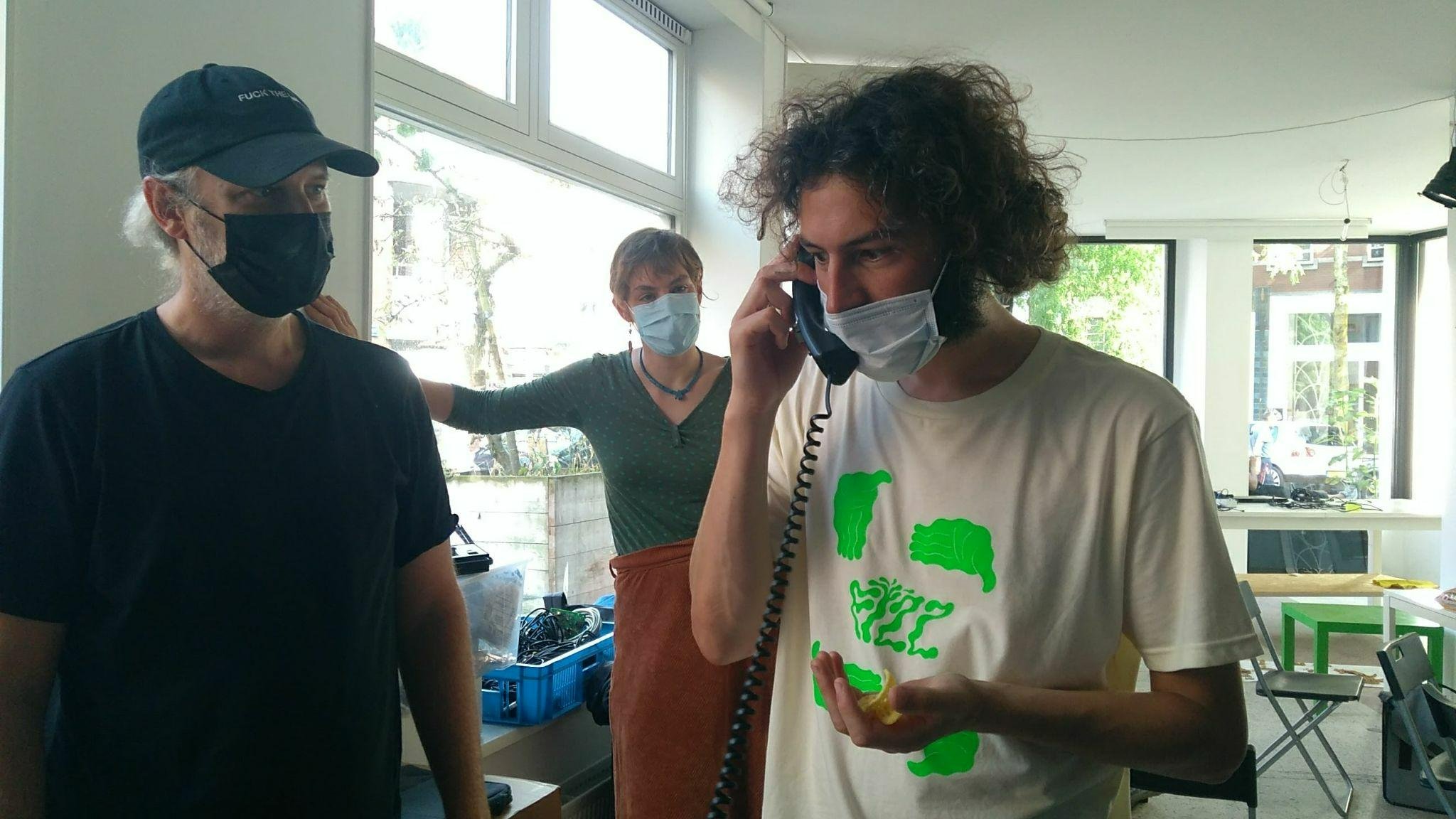
323
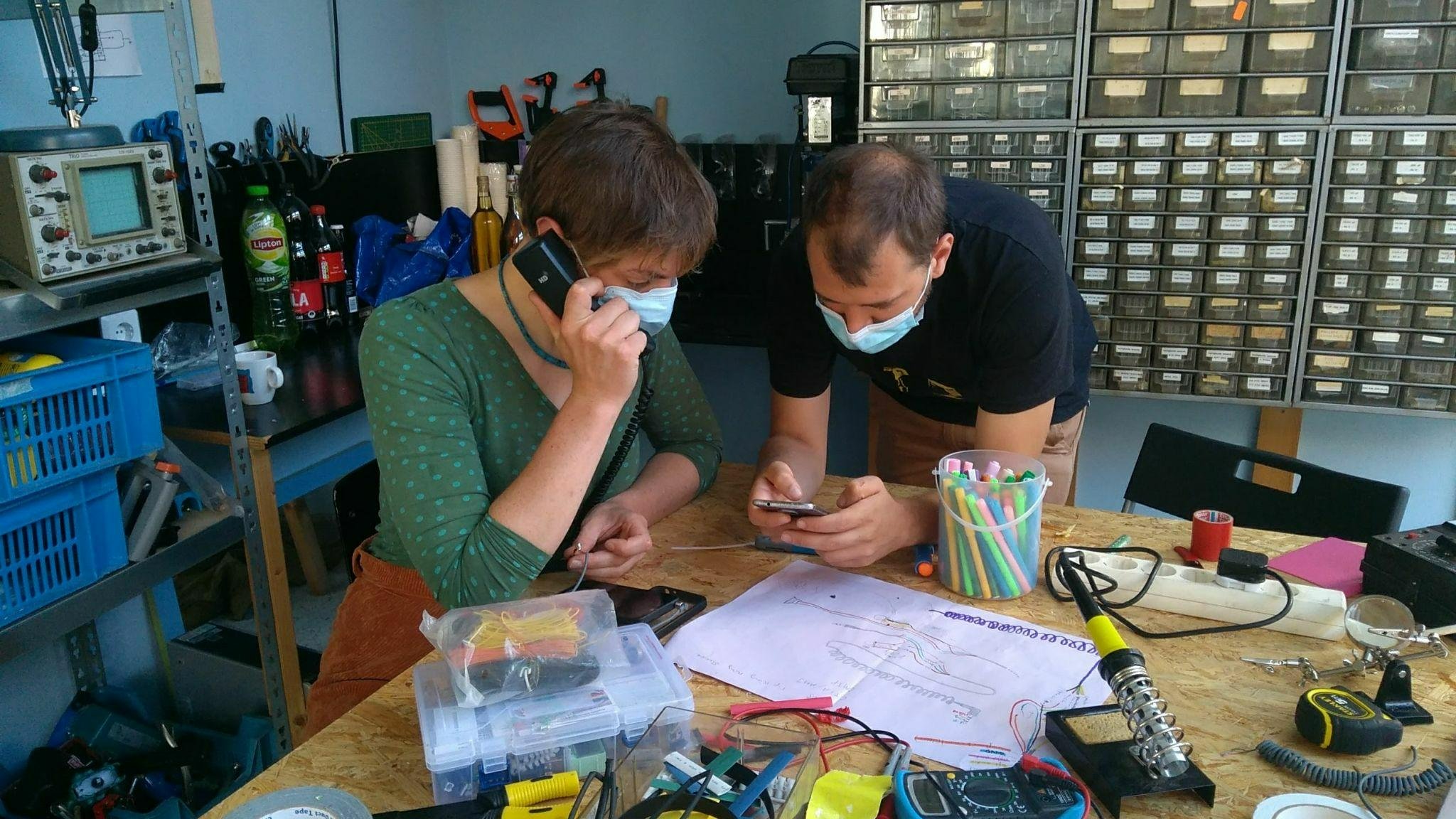
320
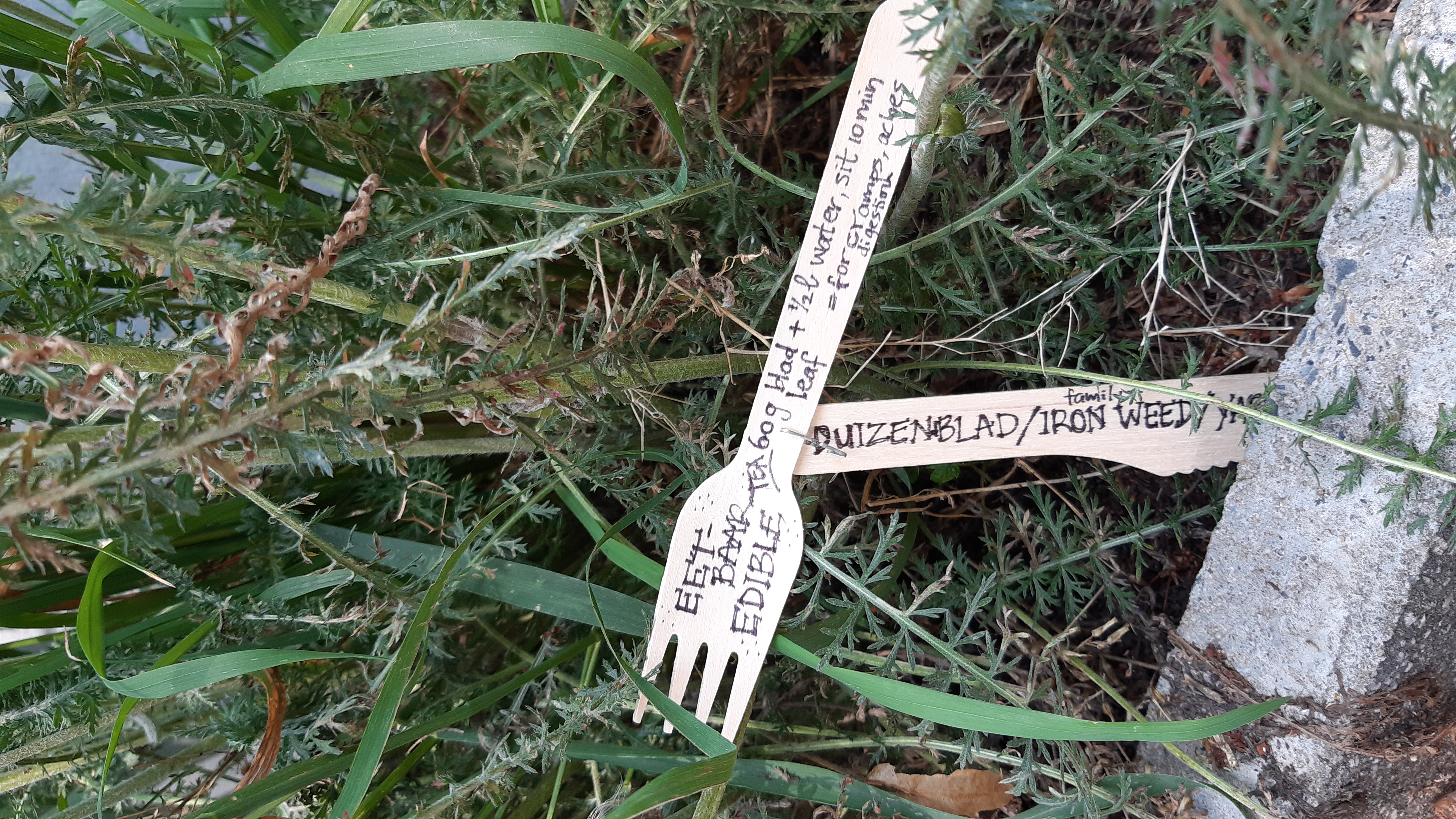
319
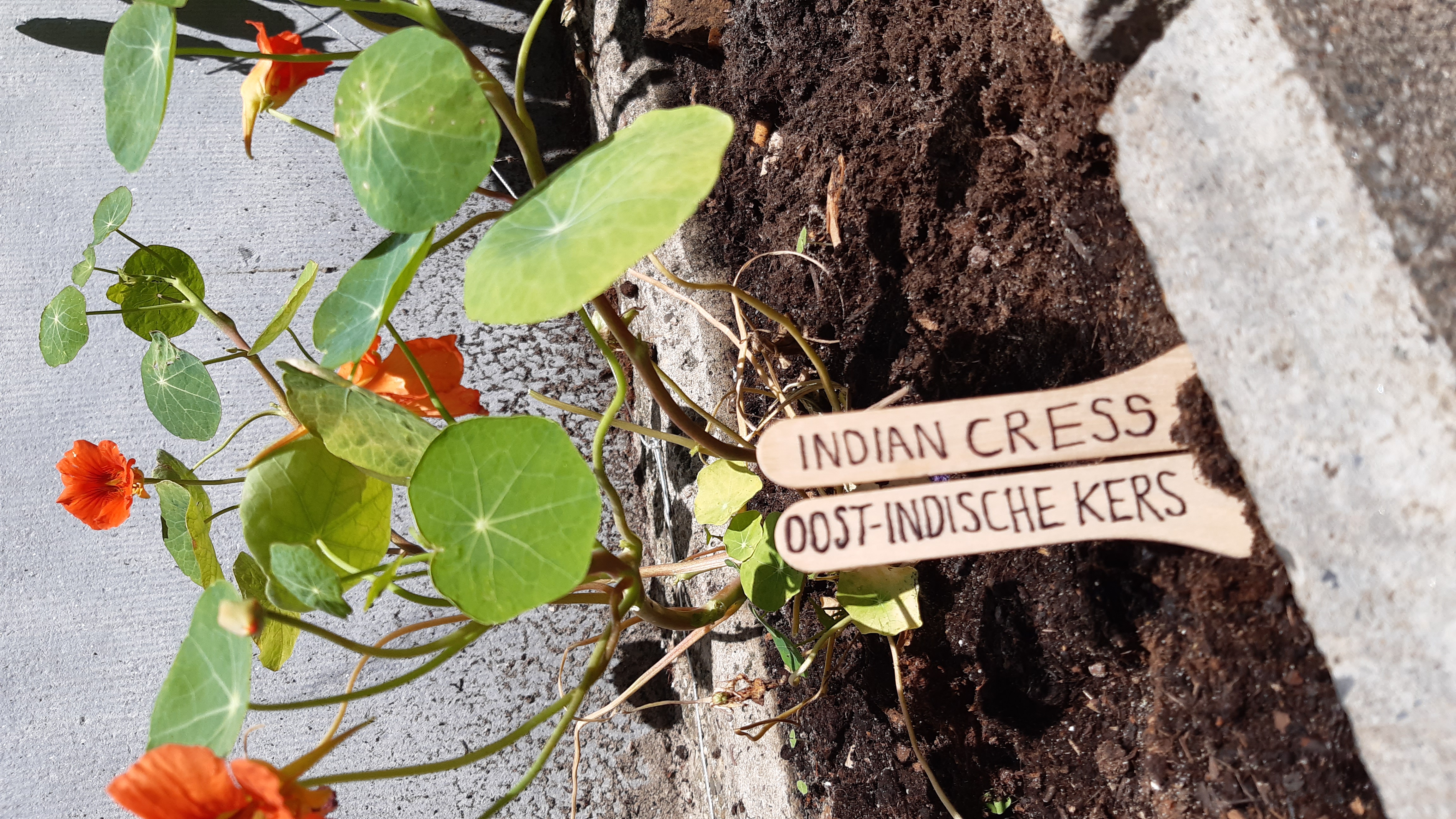
318
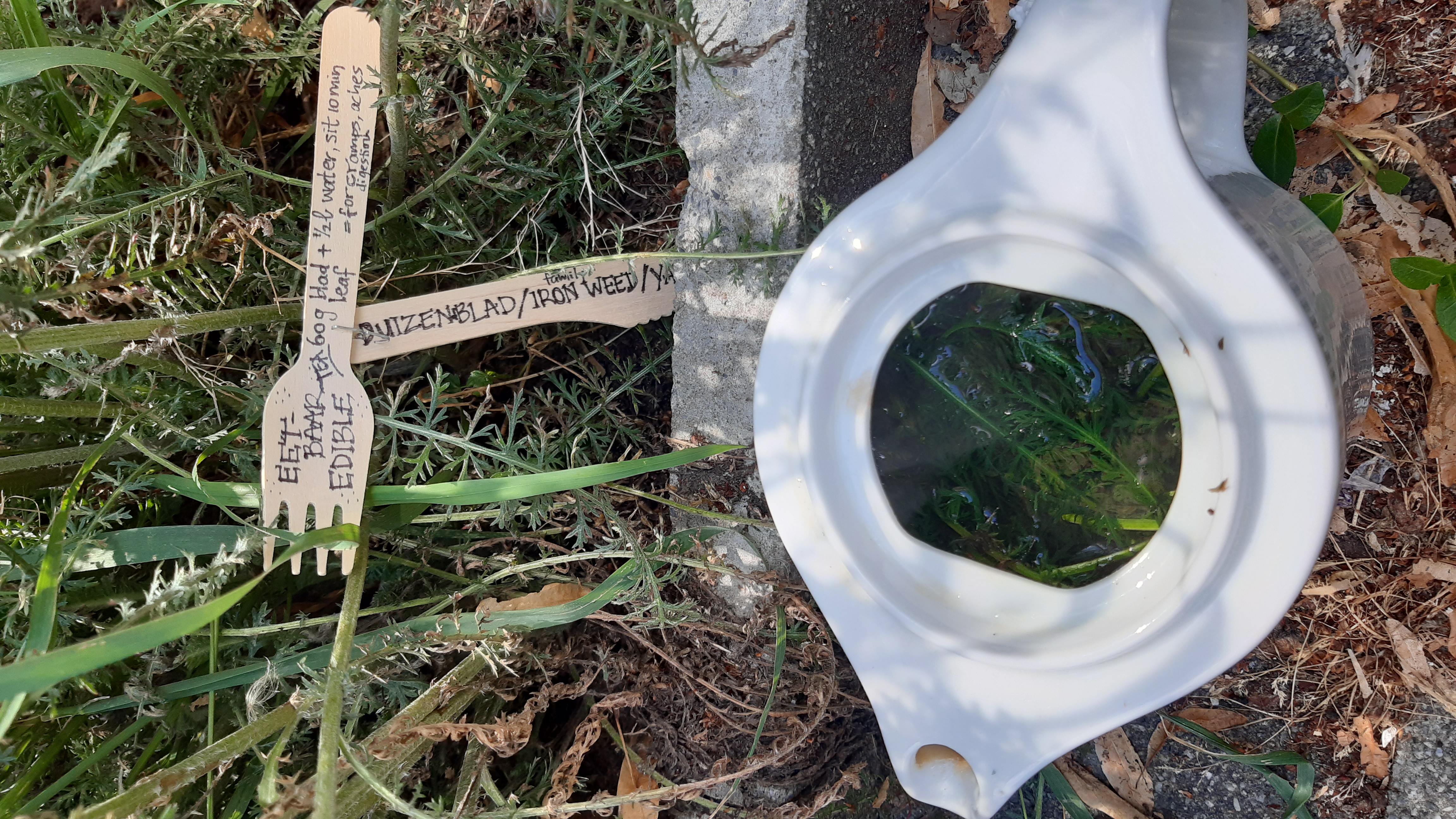
317
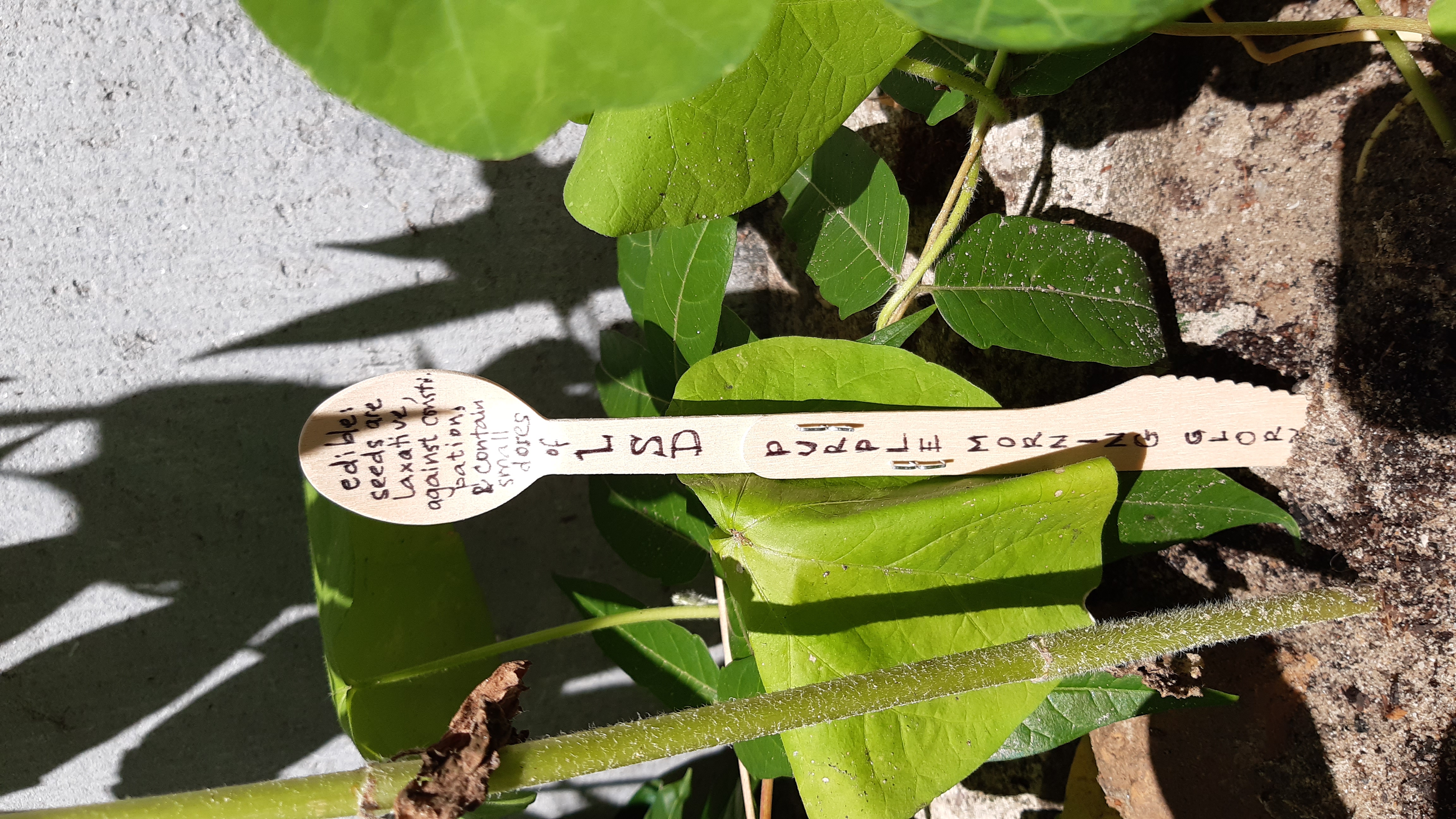
316
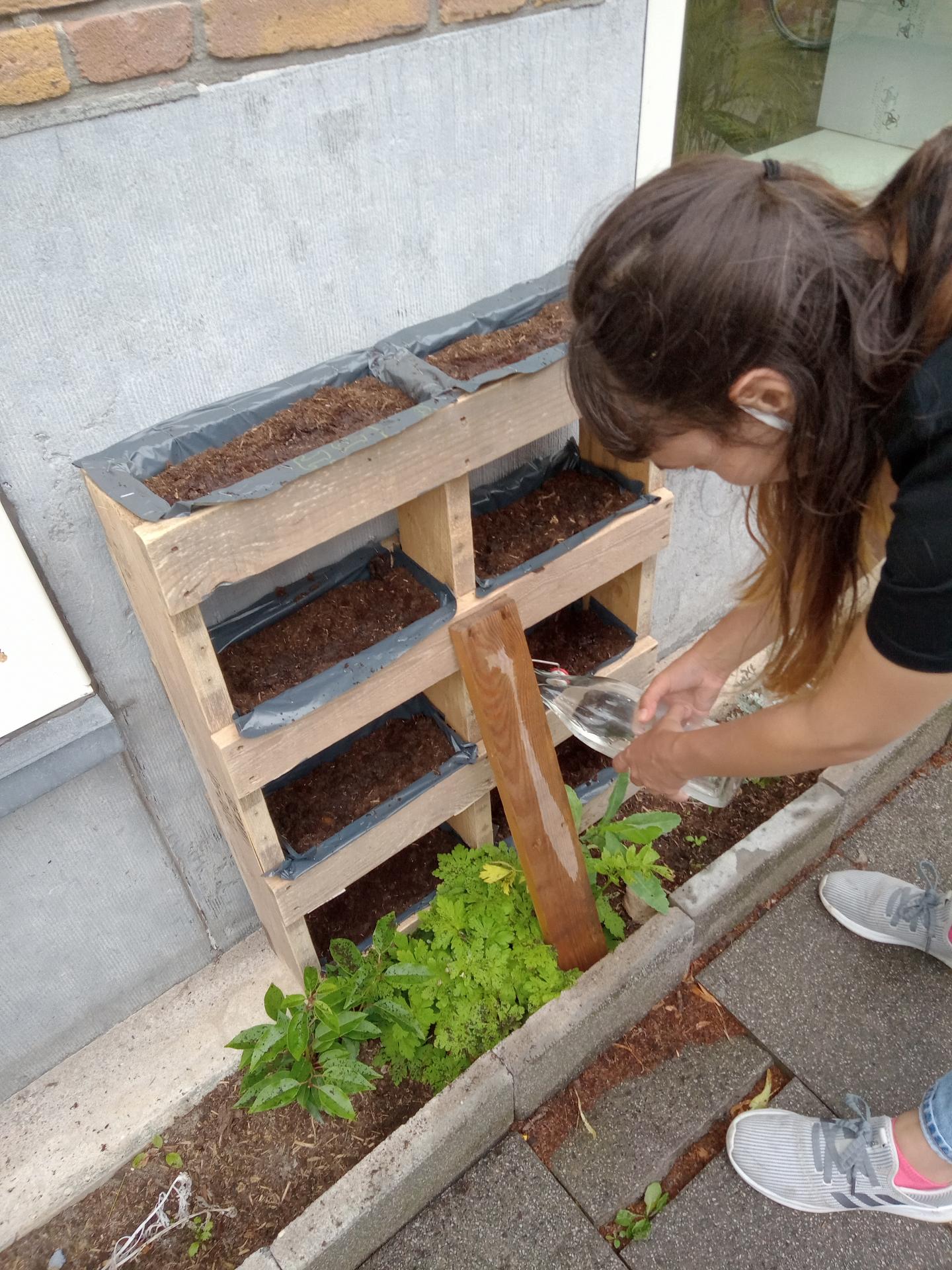
315
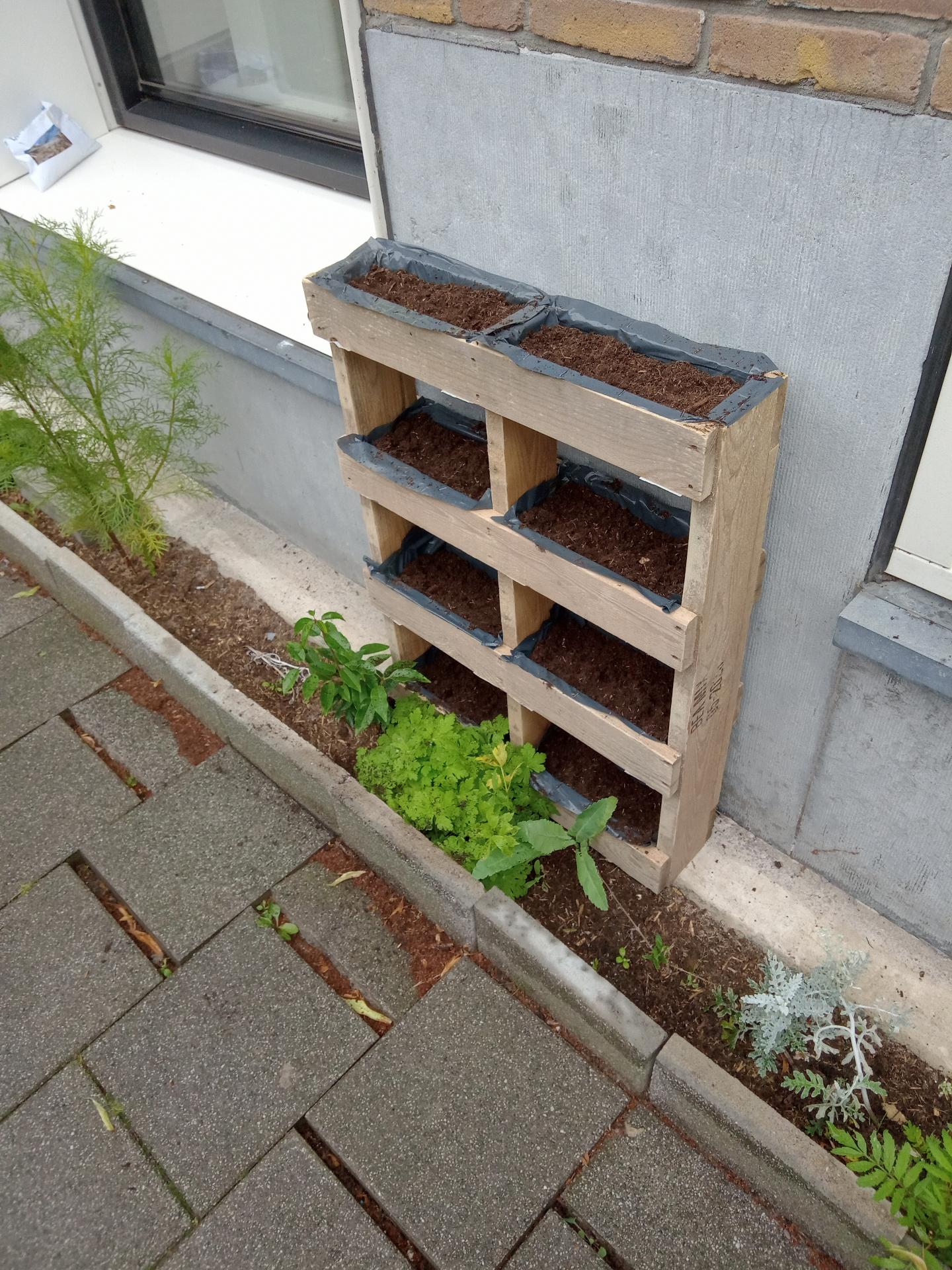
314
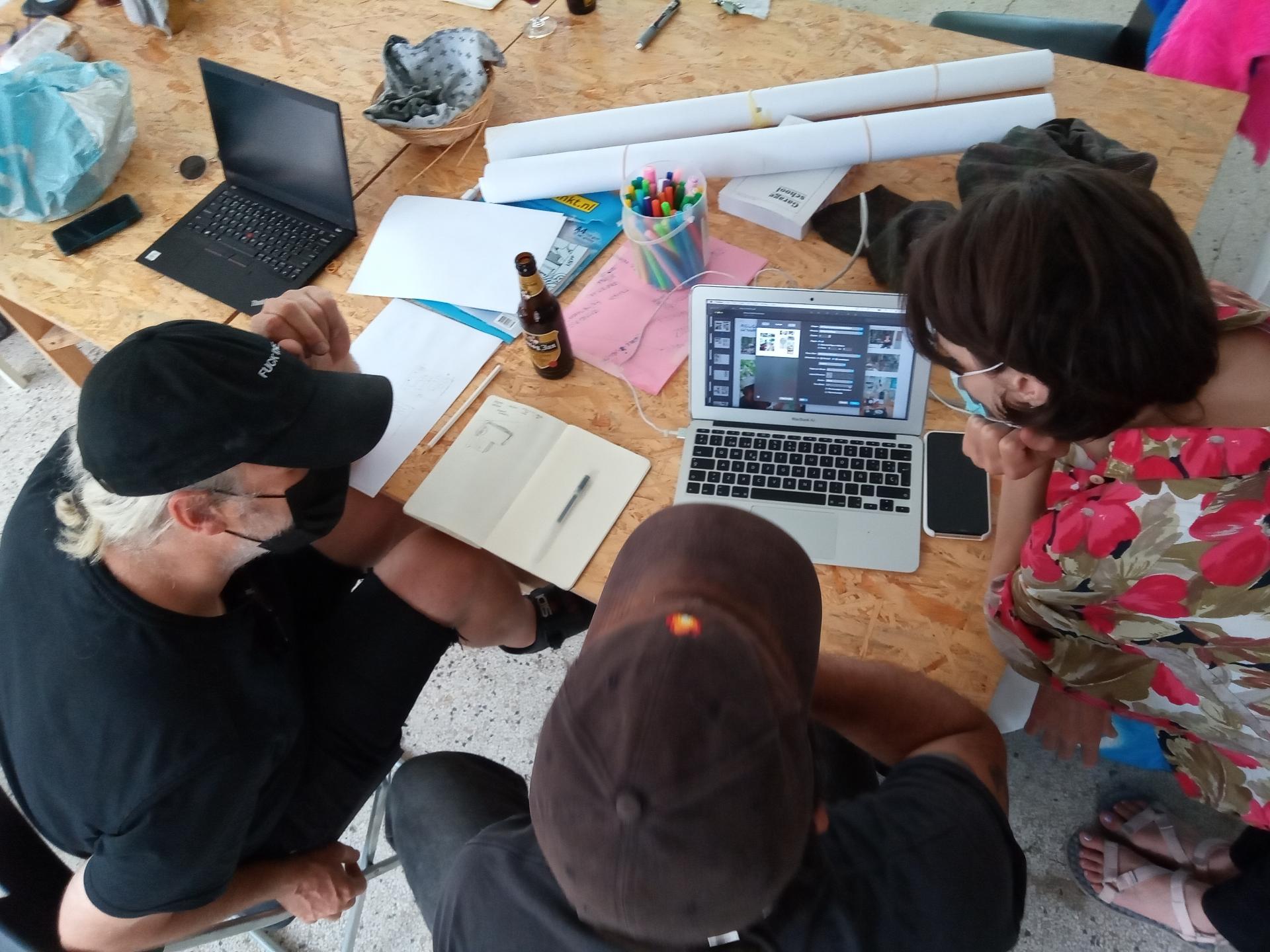
313
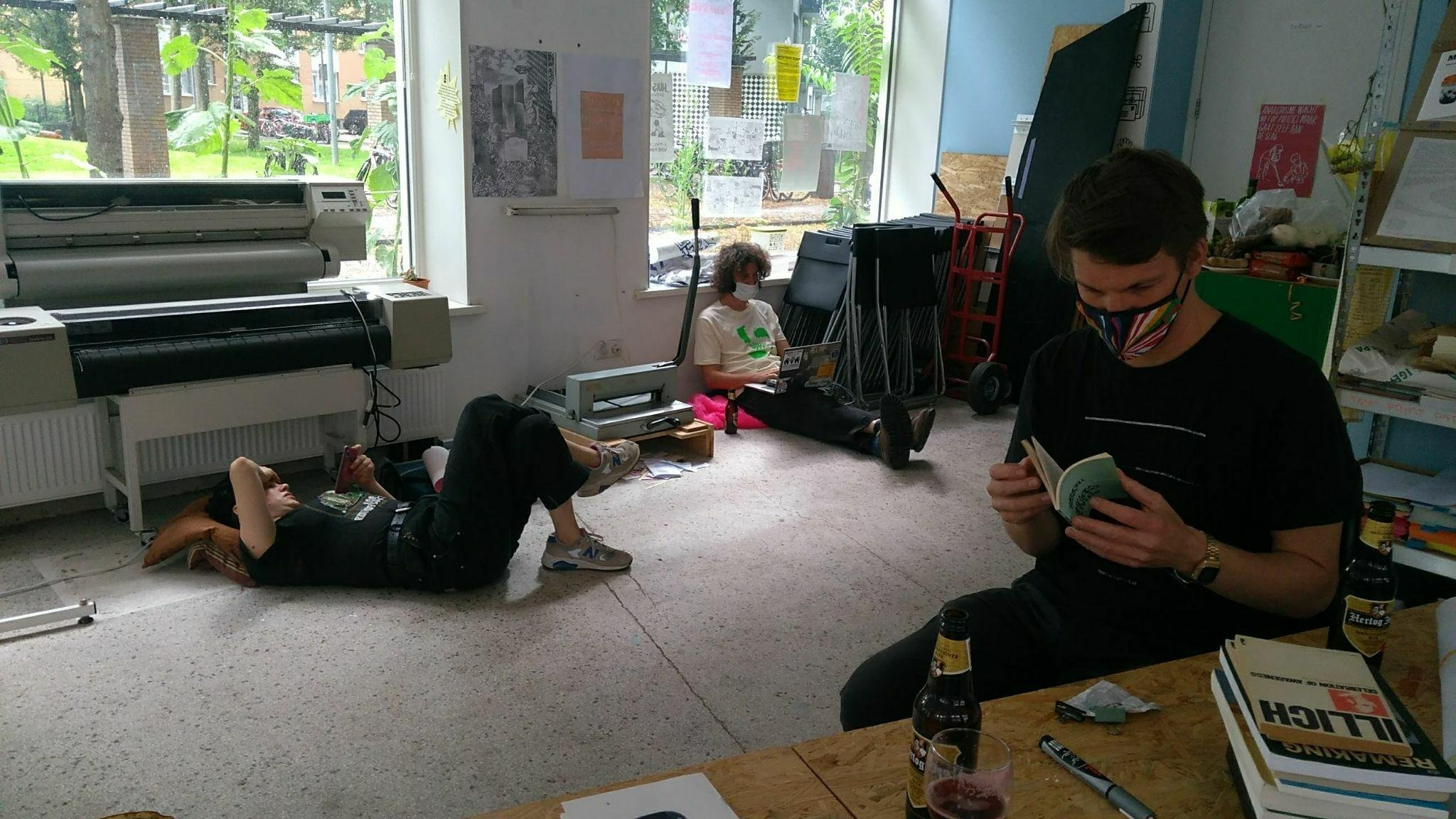
312
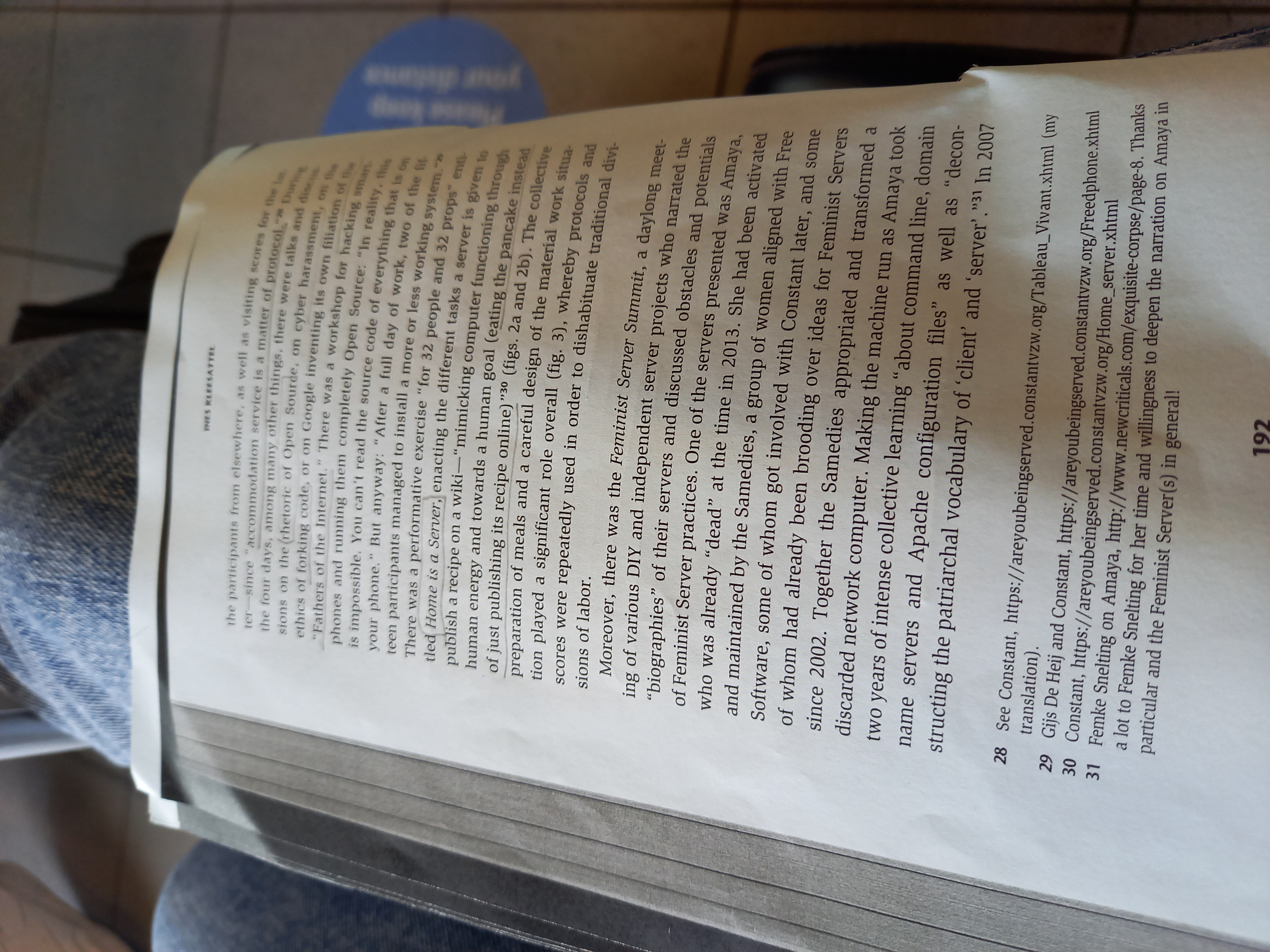
311
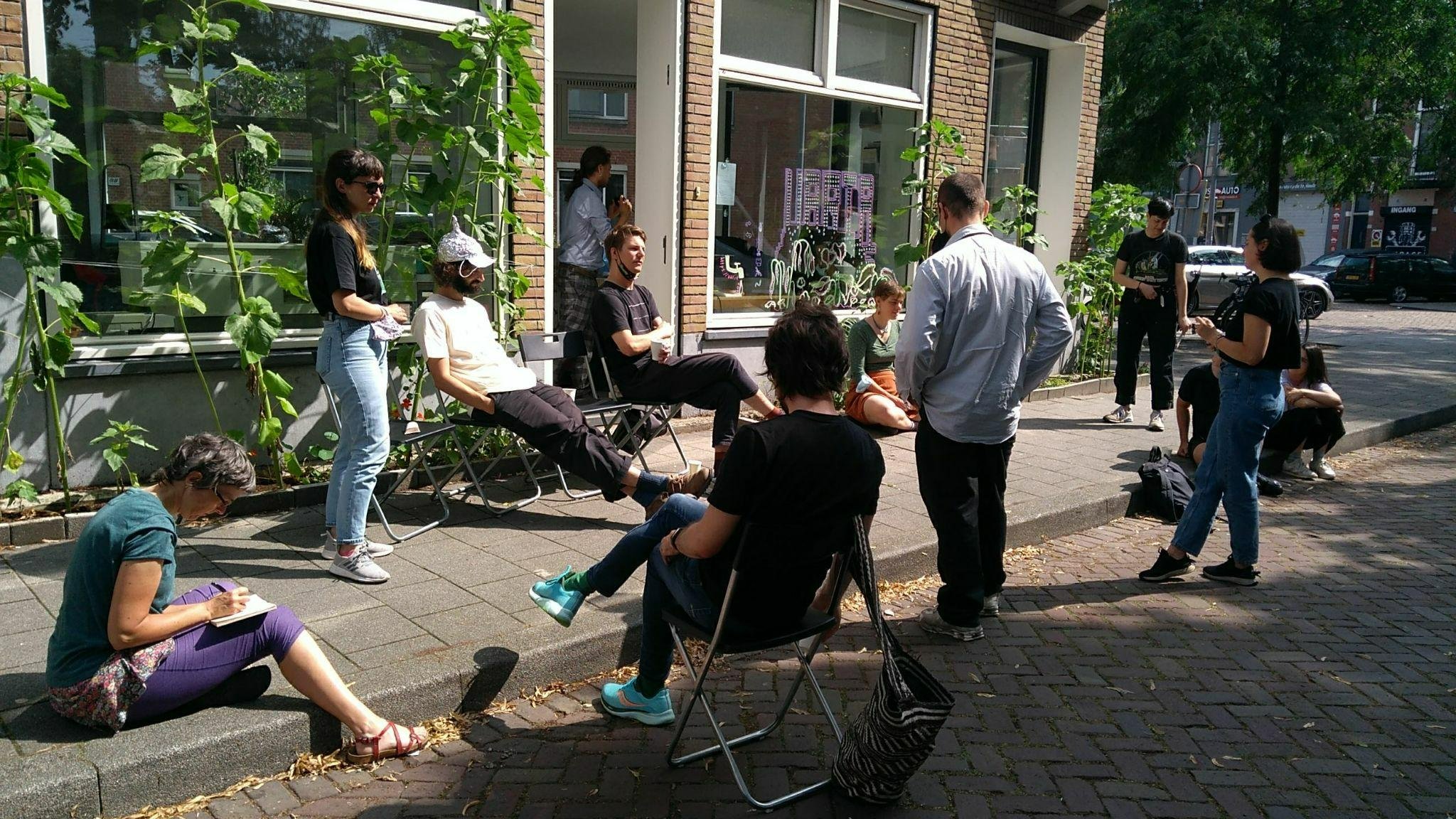
310
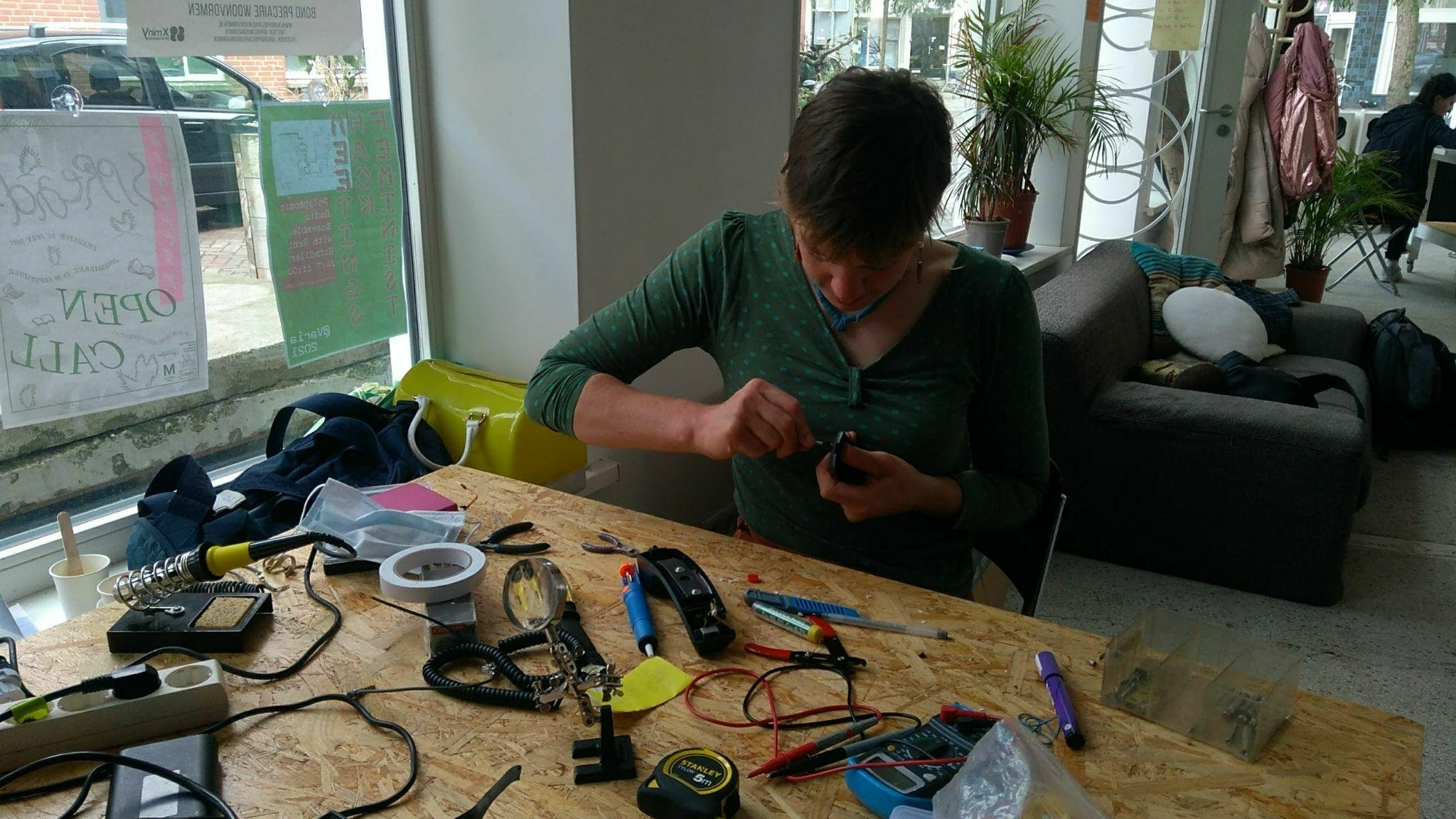
309
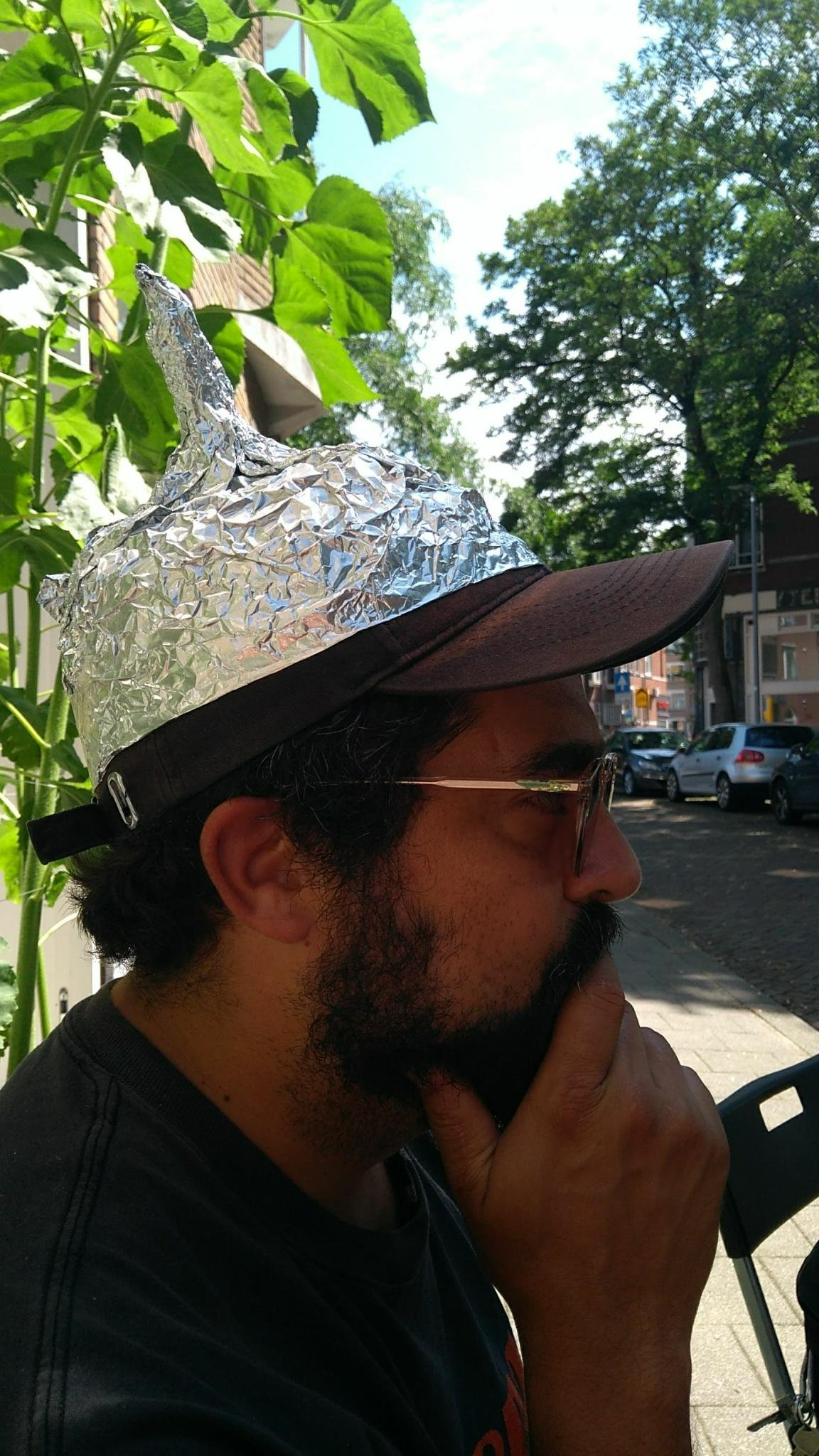
308
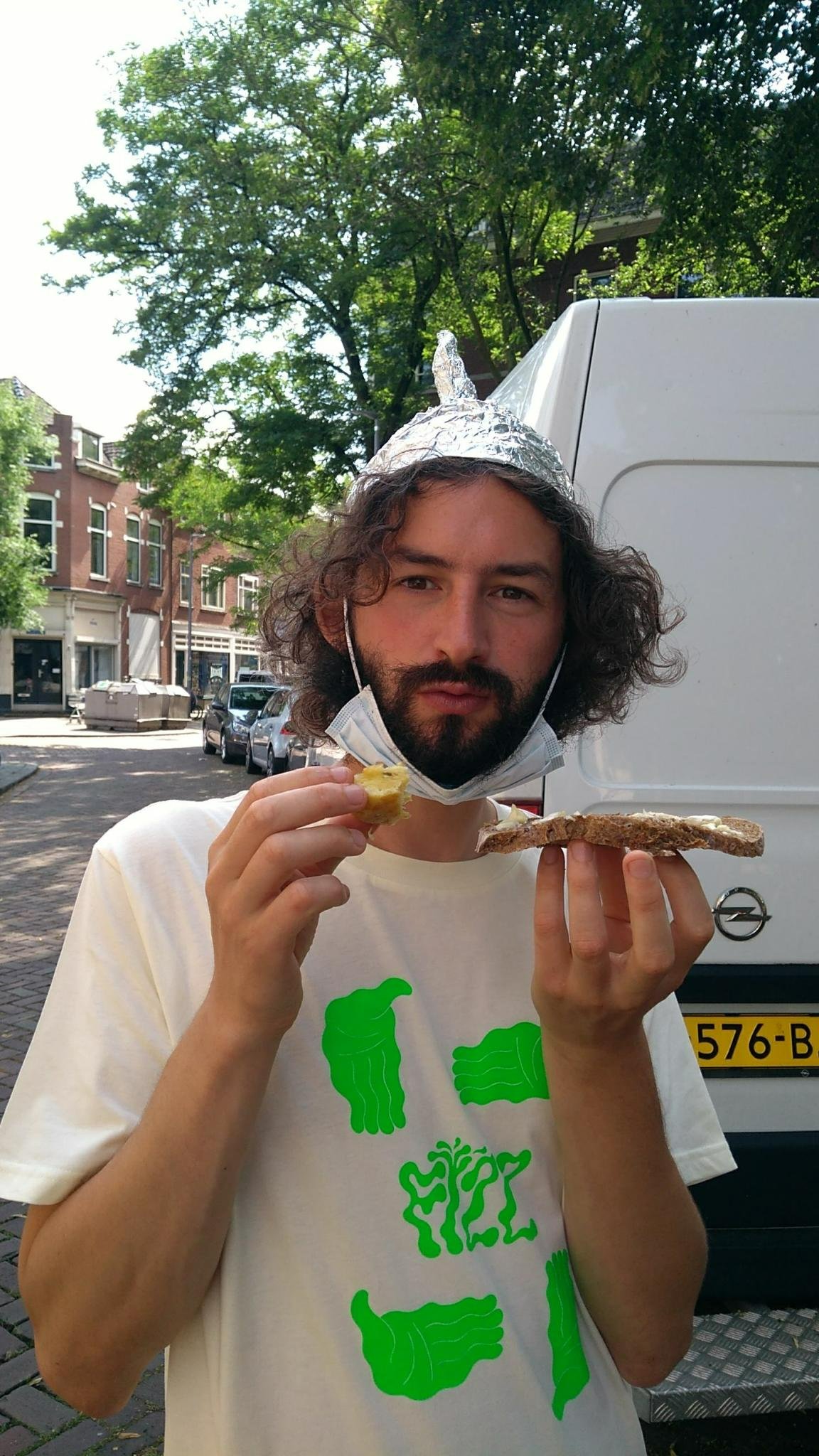
307
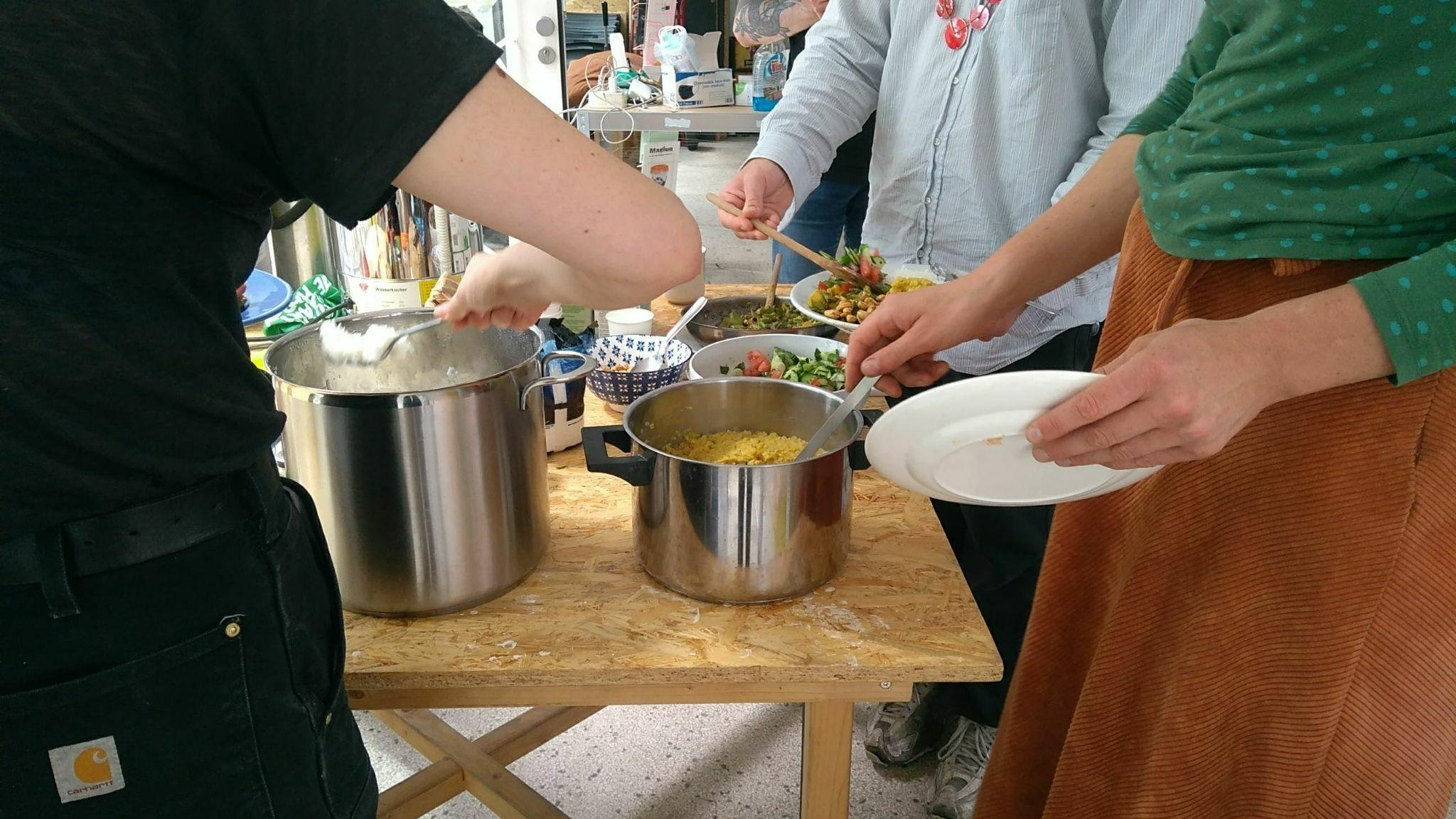
306
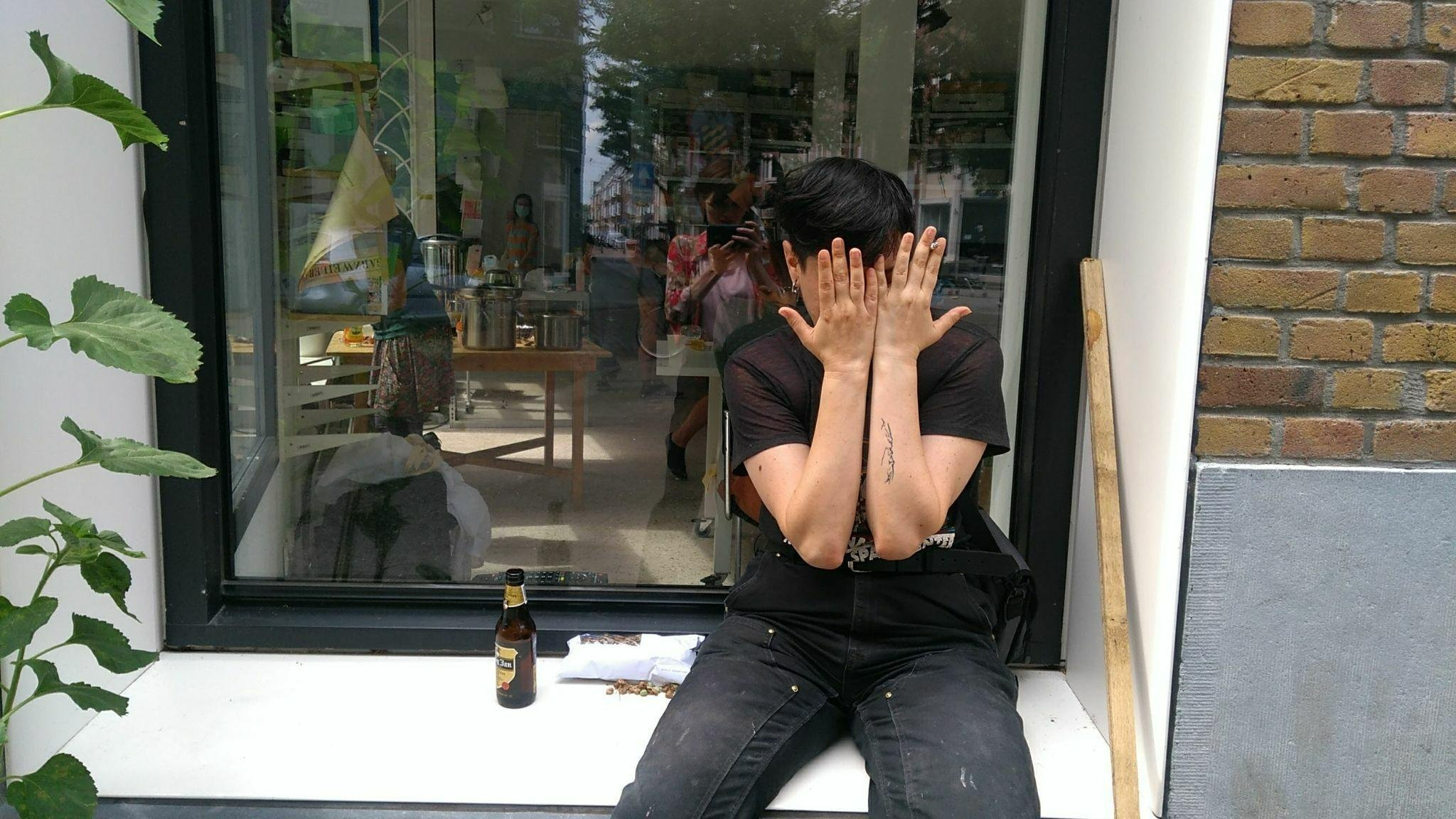
305
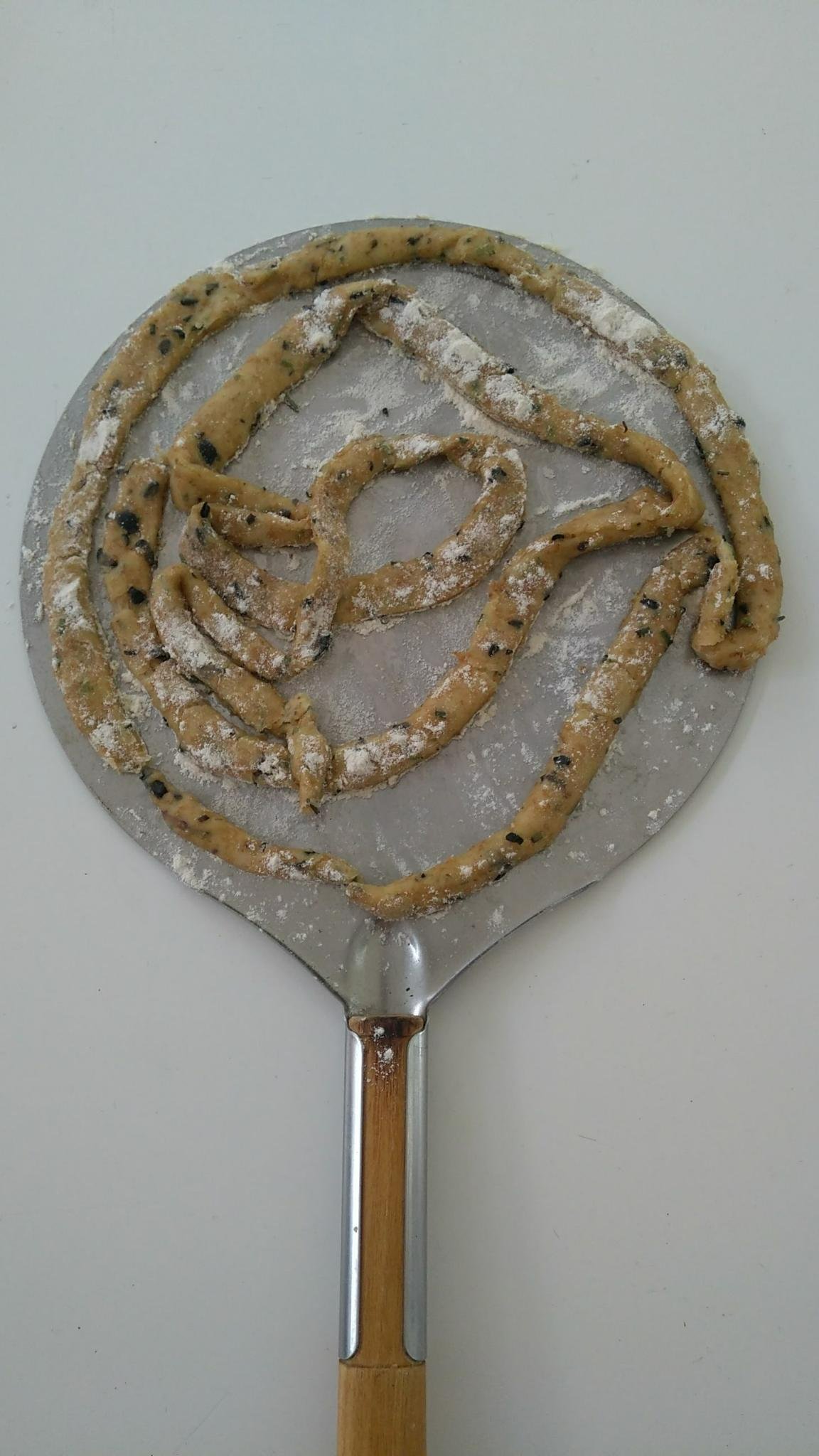
304
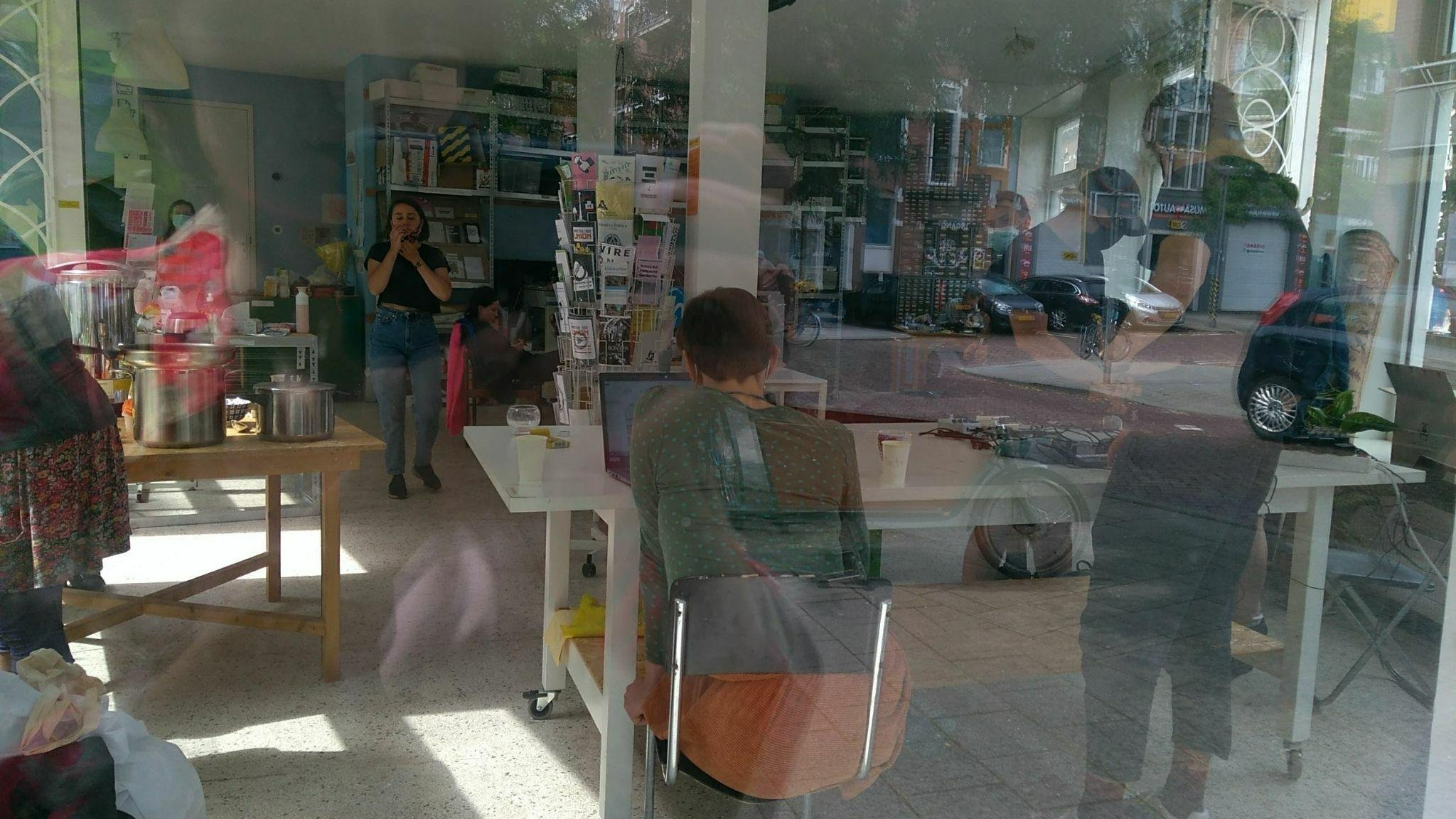
303
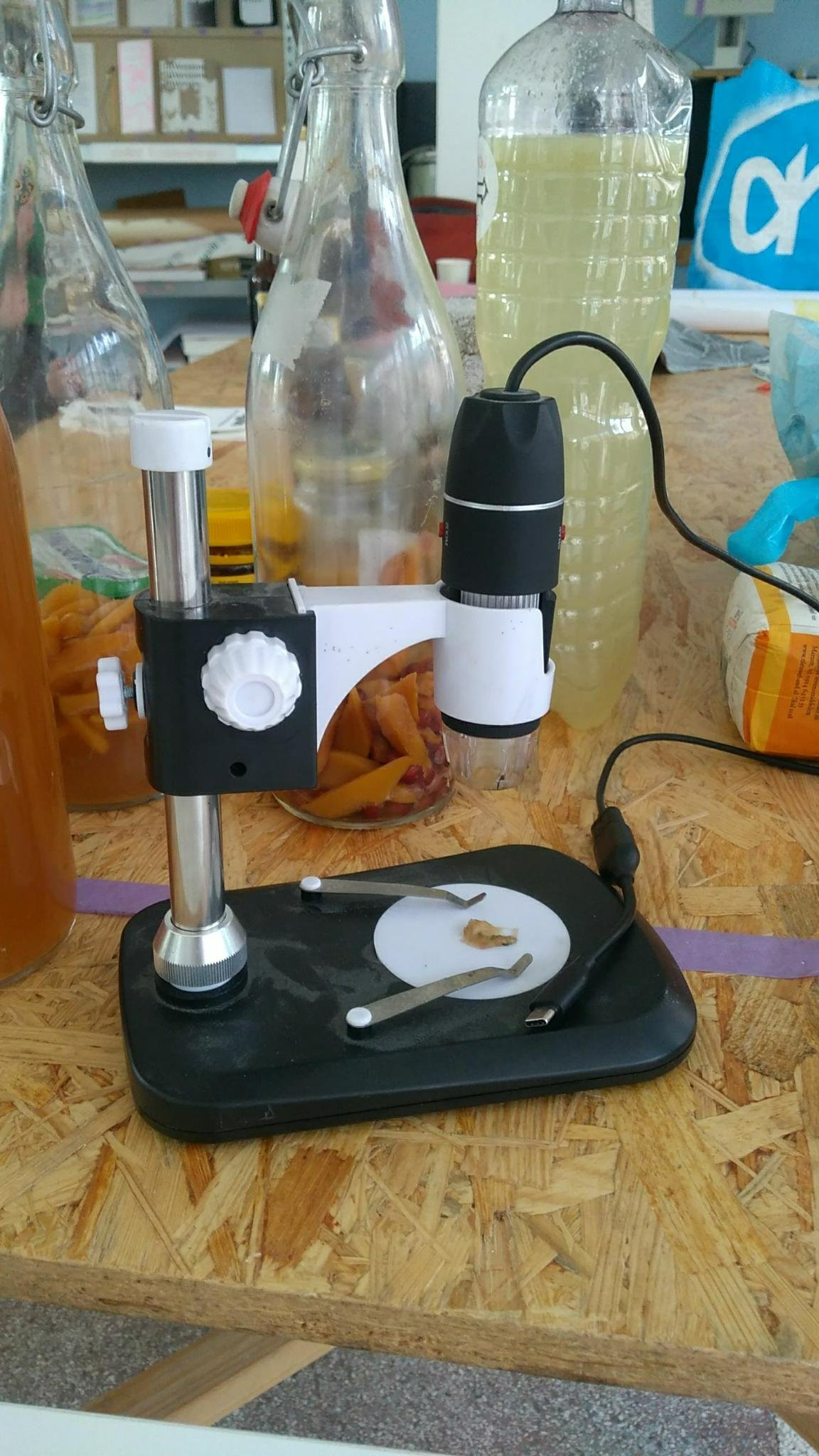
302
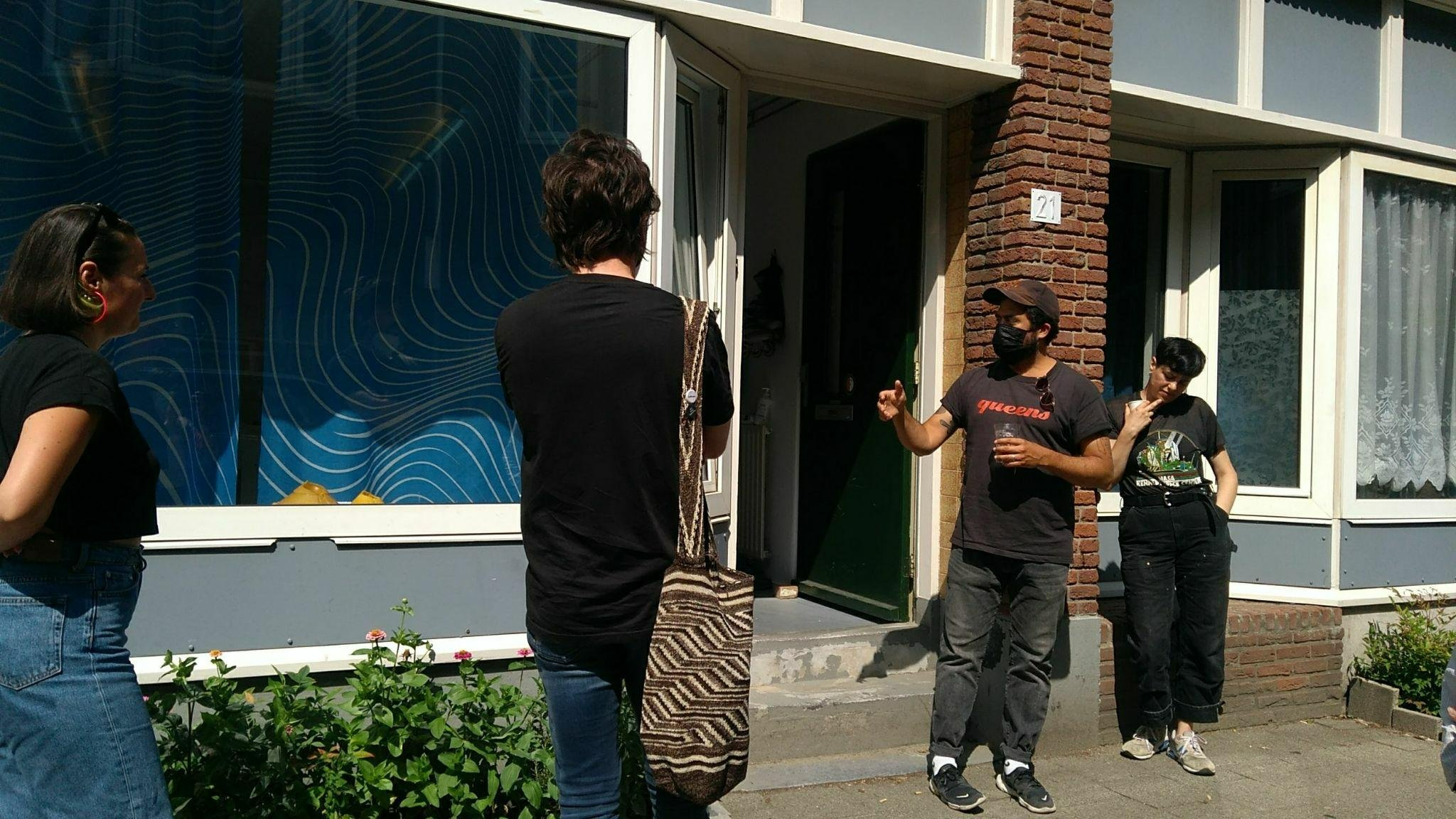
301
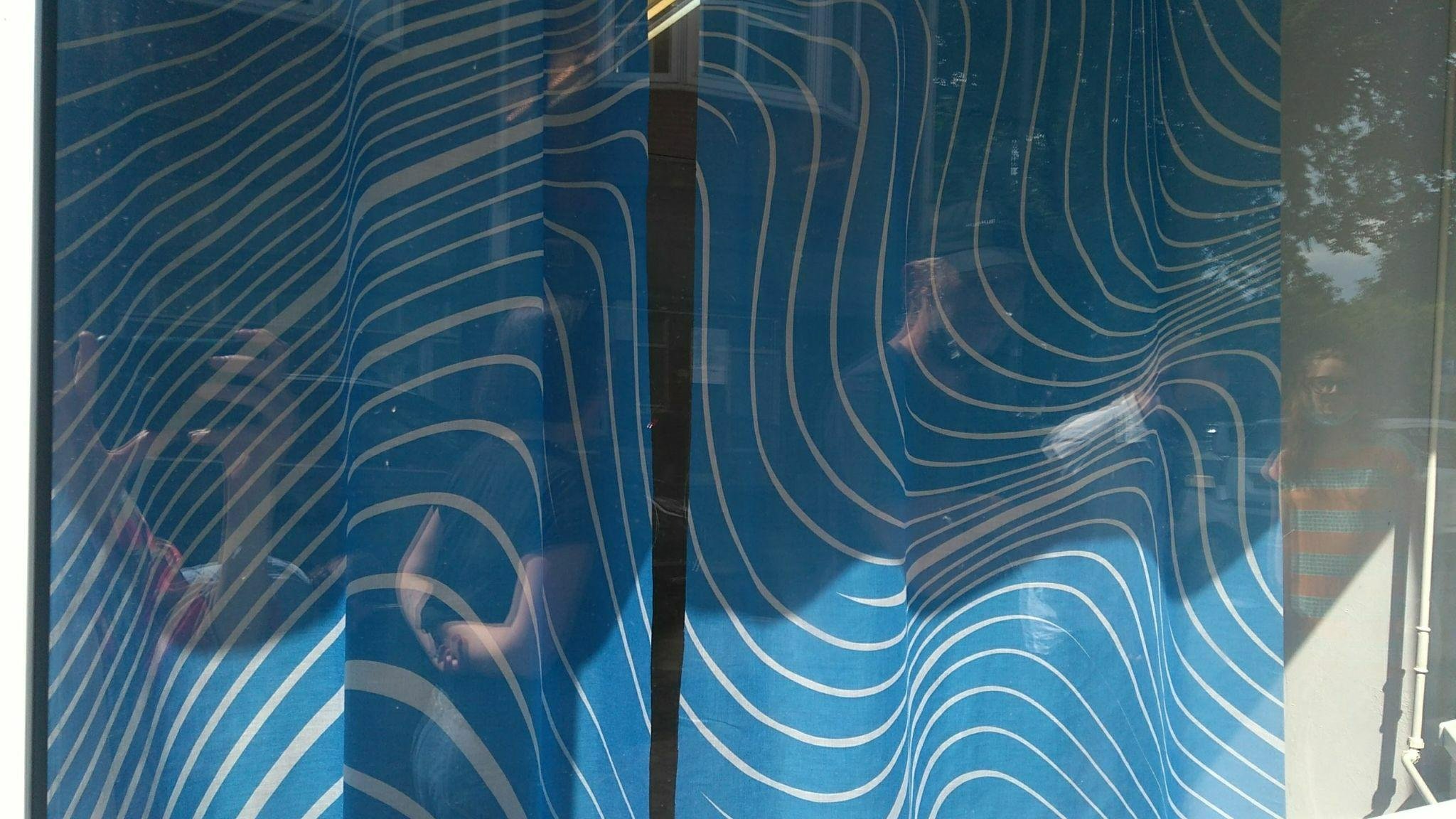
300
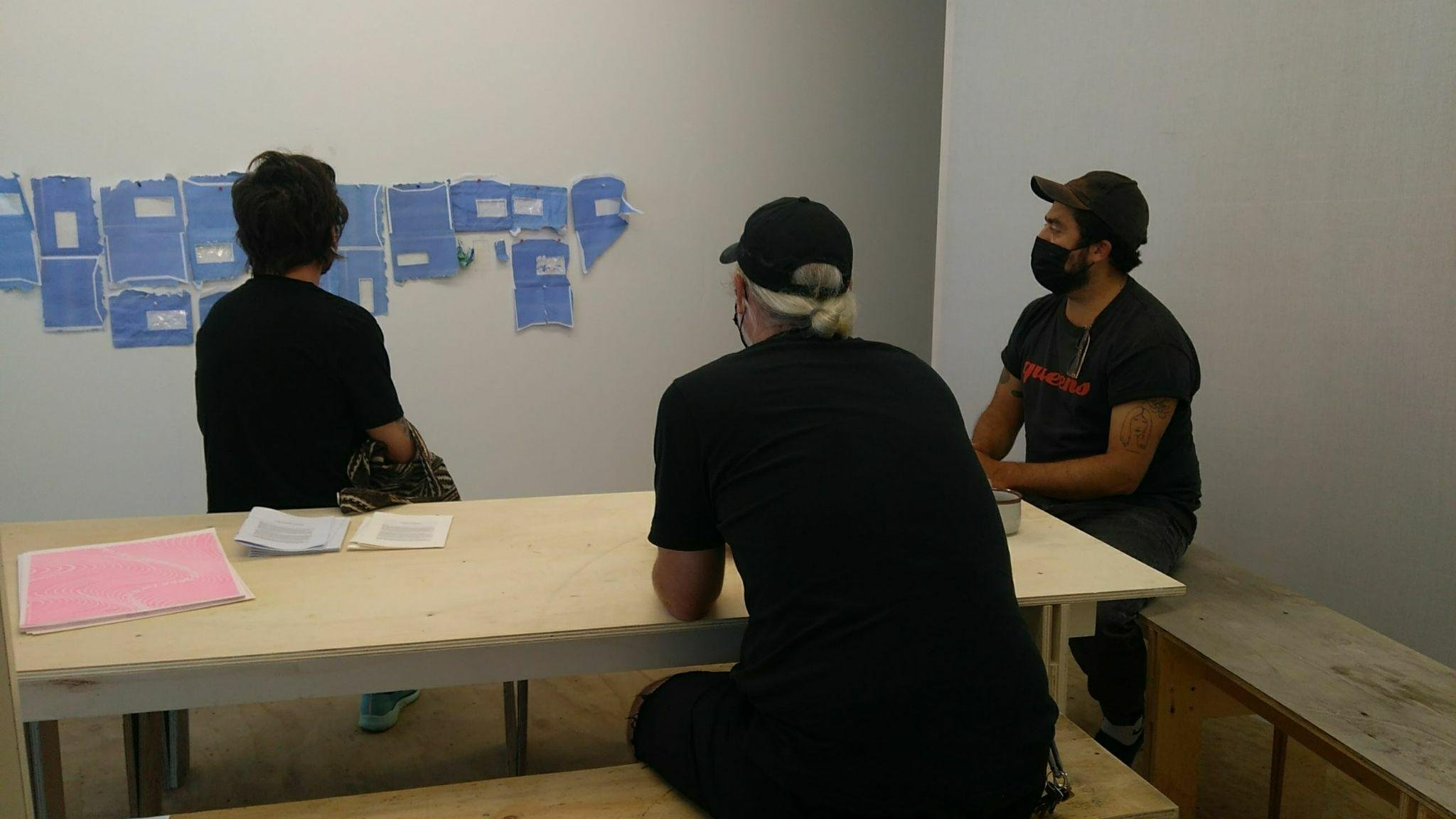
299
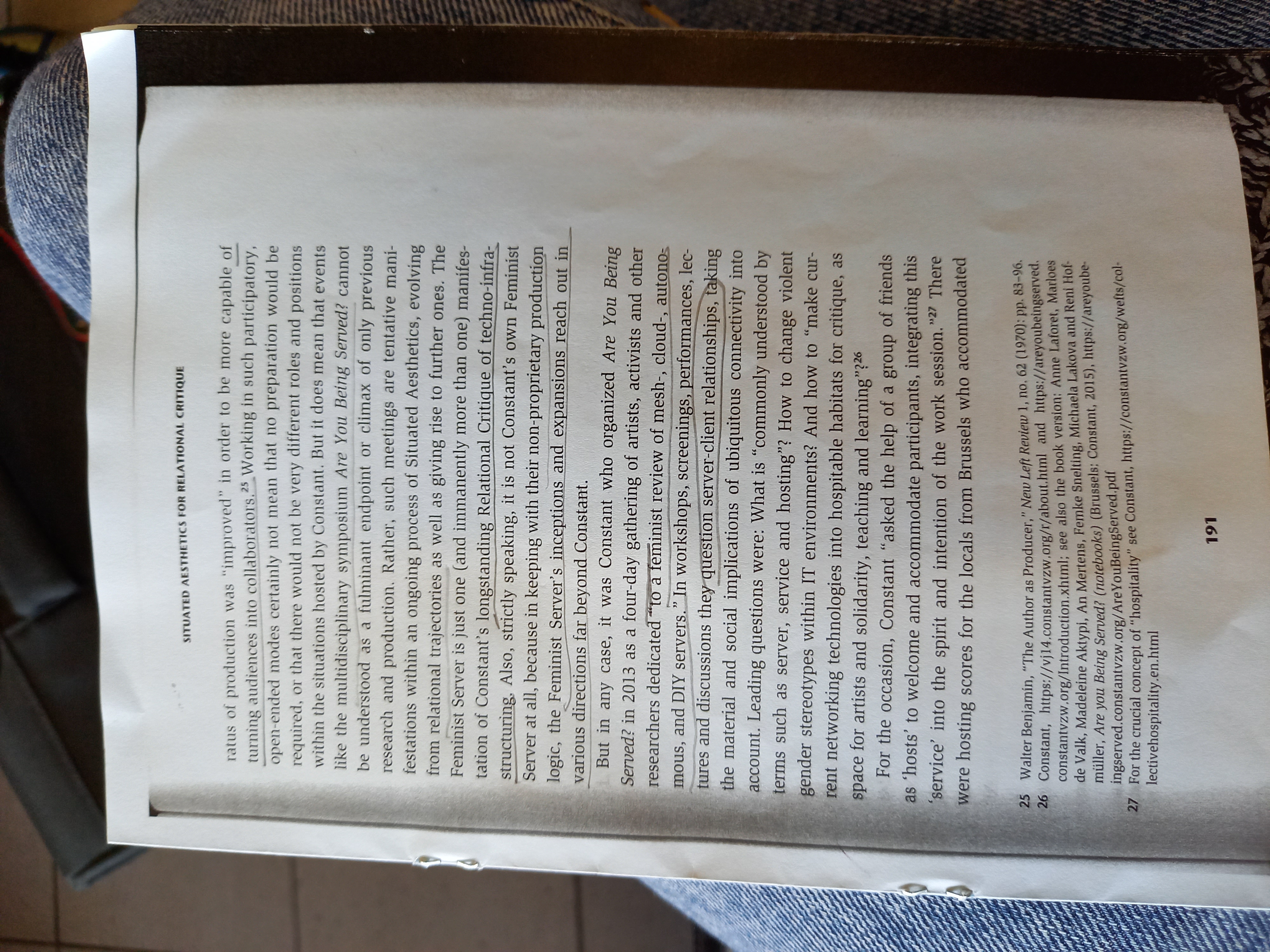
298

297
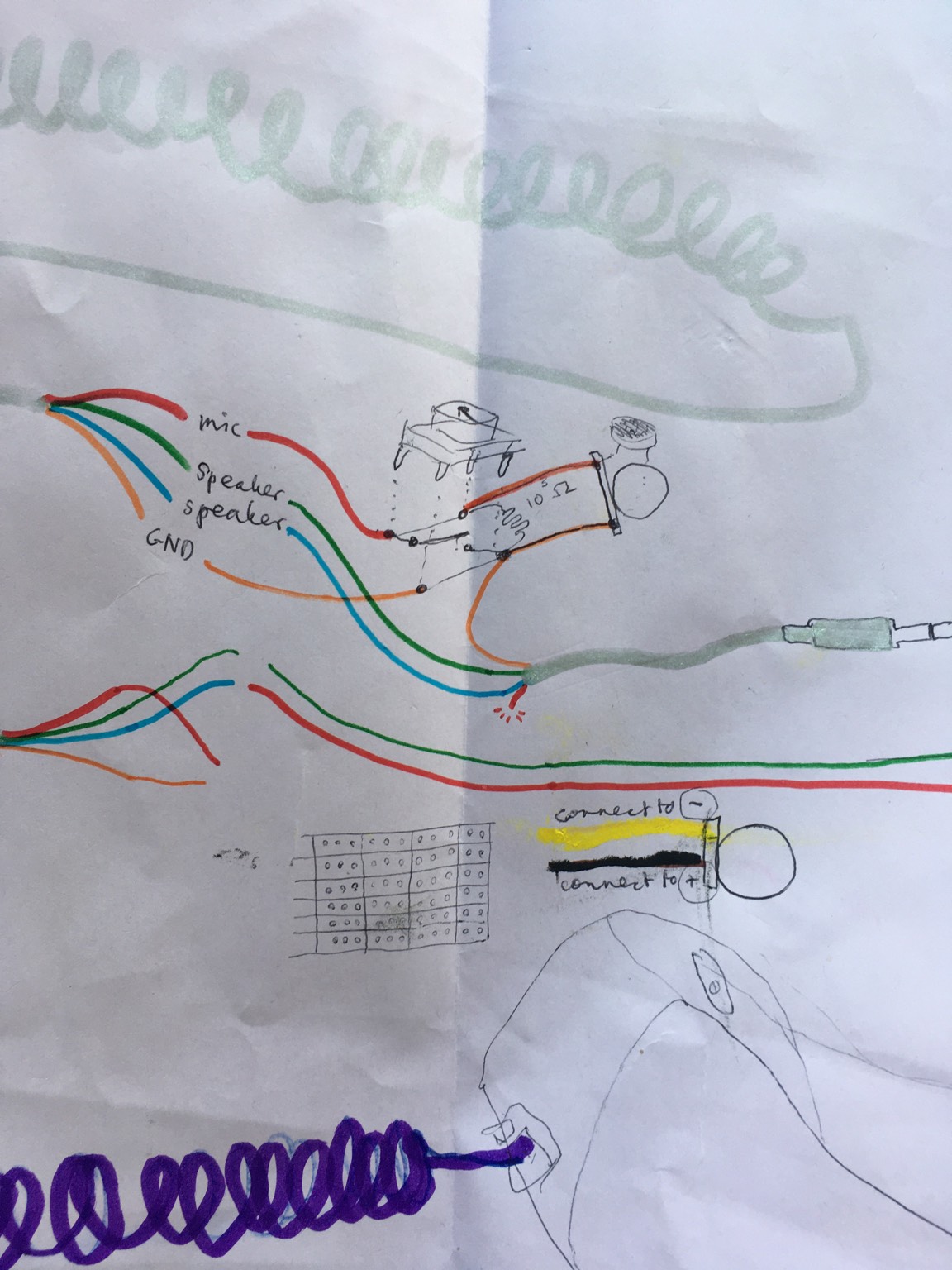
296
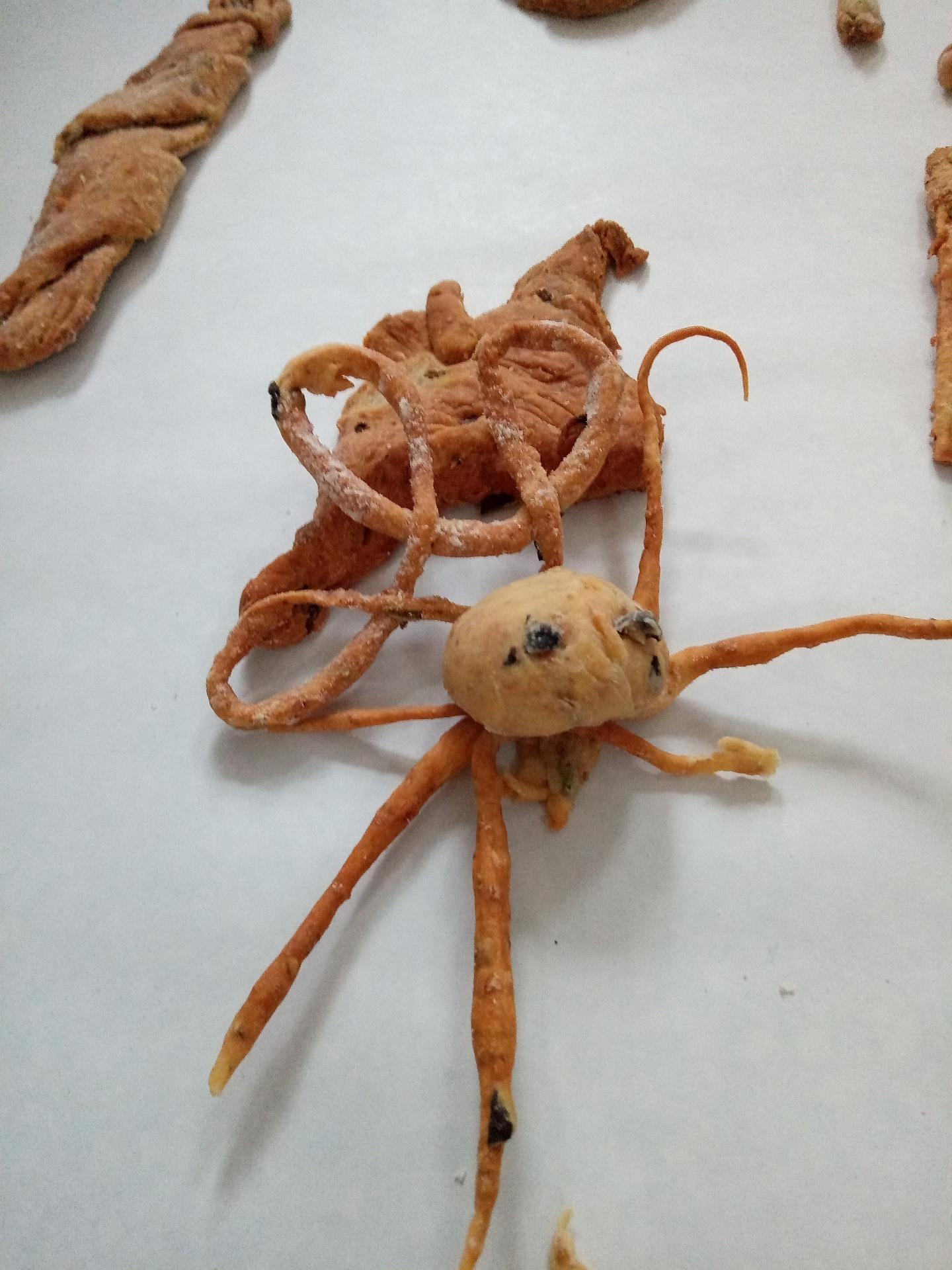
295

294
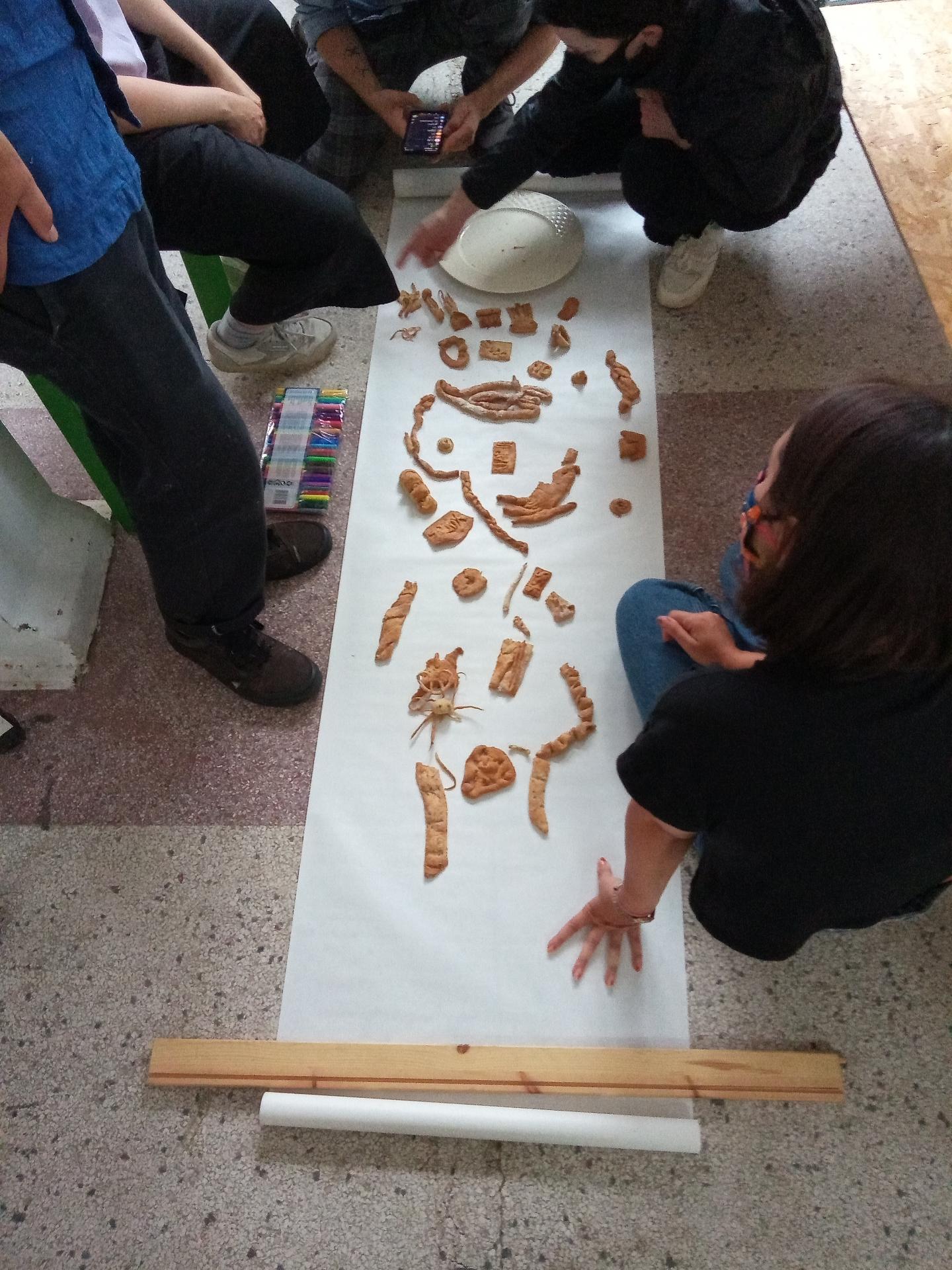
293
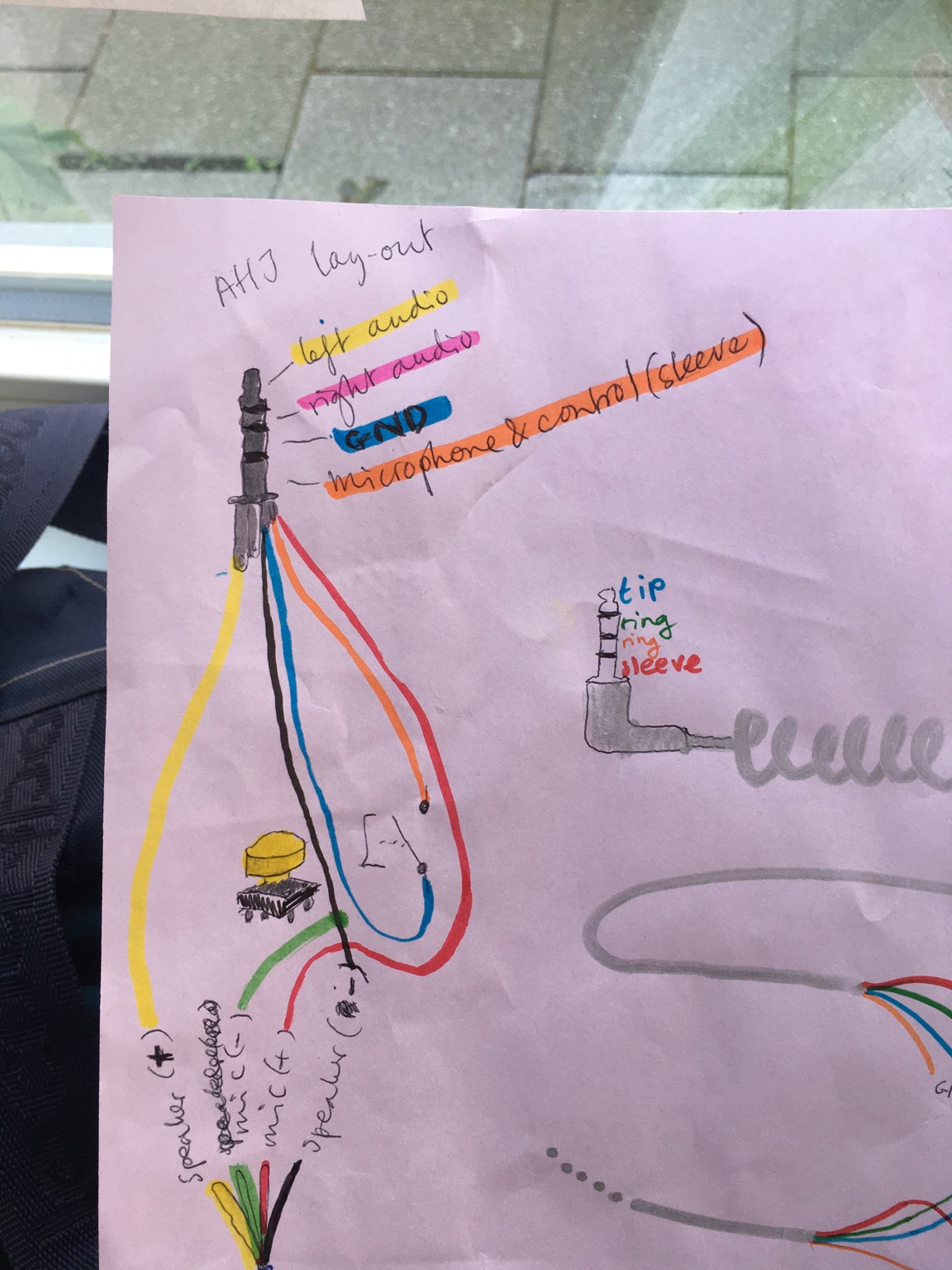
292
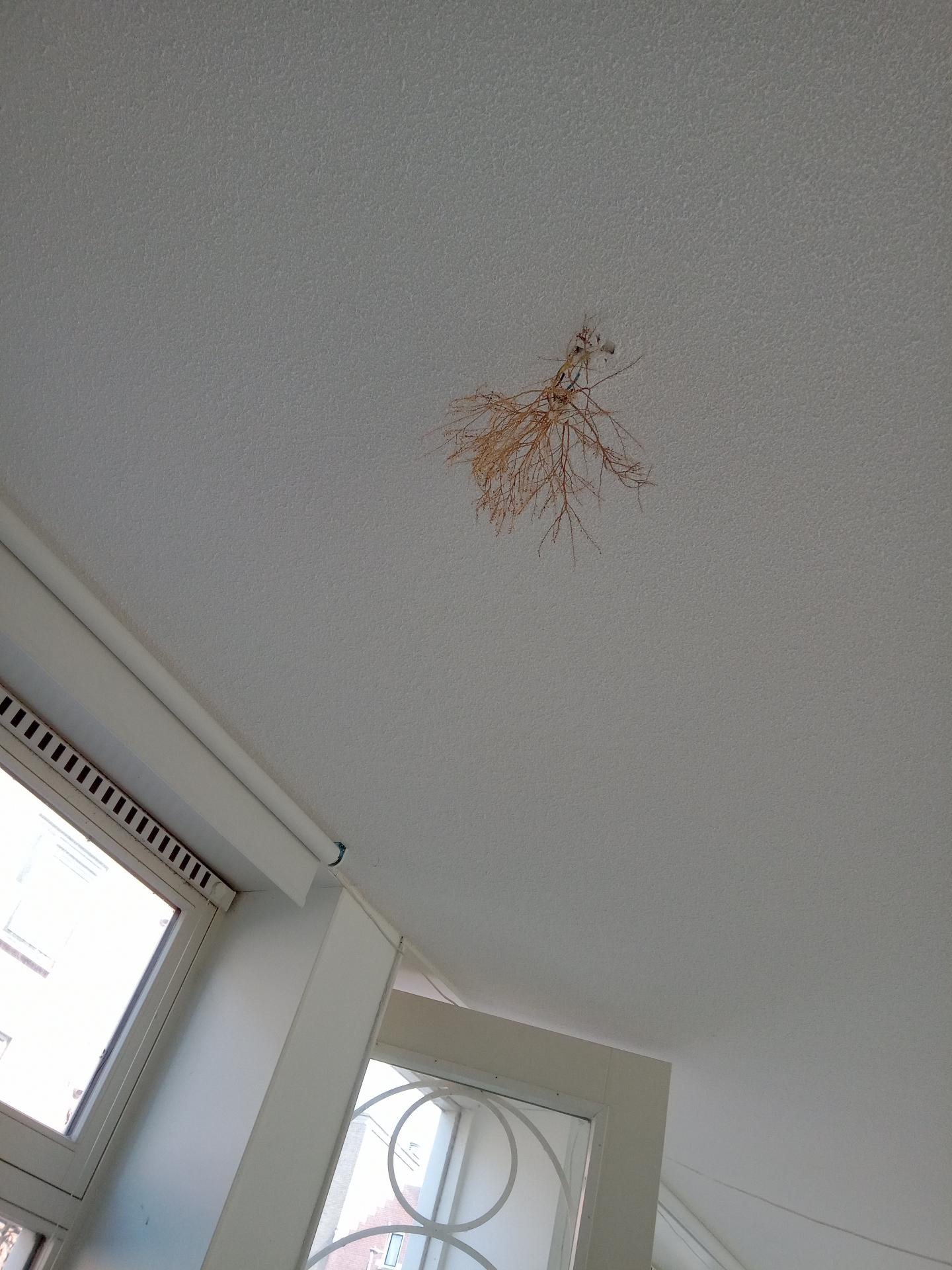
291
"Nuccio Ordine, an Italian professor, has written an essay of this title (--> The Usefullness of the Useless), to my knowledge not translated into English (now yes). It talks about the usefulness of knowledge which has no immediate translation into specific, practical benefits. Perhaps the type of things that make us better human but don’t have a strict, immediate material pay off. He is talking about the Humanities, or philosophy, or those disciplines that are disconnected within the obvious ‘making money of it’. He talks about the concept of ‘useful’ being only understood as something that has to do with a profession, with an application and, above all, an application with monetary outcome. He says that ” the modern man, who no longer has time to dwell on useless things, is bound to become a soulless machine”.
If there is a sector of society where this concept of utility is taken to these extremes, it is perhaps business and the business organization. The traditional ‘effective’ organization, conceived as a machinery, is obsessed with effectiveness. Therefore anything that has not obvious ‘utility’ is bound to generate antibodies. Here is a list: informal conversations, duplications of or shared roles, debates, free floating time, etc. Even ‘brainstorm’ conceived as a free space of ideas, requires from us an immediate summary and prioritisation. Fear of leaving things with ‘no closure’ is high, even a sign of ‘bad management’. We are supposed to be effective, concrete, practical, sharp, simple, outcome driven, conclusive and decisive. There is no room for the ‘use-less’ time where there is no obvious practical outcome. It is simply, at the very least, politically incorrect to behave that way.
The constrained, machinery-like approach to organizational life is missing the point. It kills creativity and innovation. Detractors of the ‘use-less’, ‘not obvious-outcome-yet’, say that the risk is inefficiency and waste. They tend to see the issue in black and white, where only a type of black is good management. But the presence of some ‘use-less’ space and time may be the clue for the ultimate usefulness. Leaders should protect ‘use-less’ spaces as much as an organism needs oxygen."
https://libgen.rs/search.php?req=nuccio+ordine&lg_topic=libgen&open=0&view=simple&res=25&phrase=1&column=def
289
caffeine.aexotic.net/
281
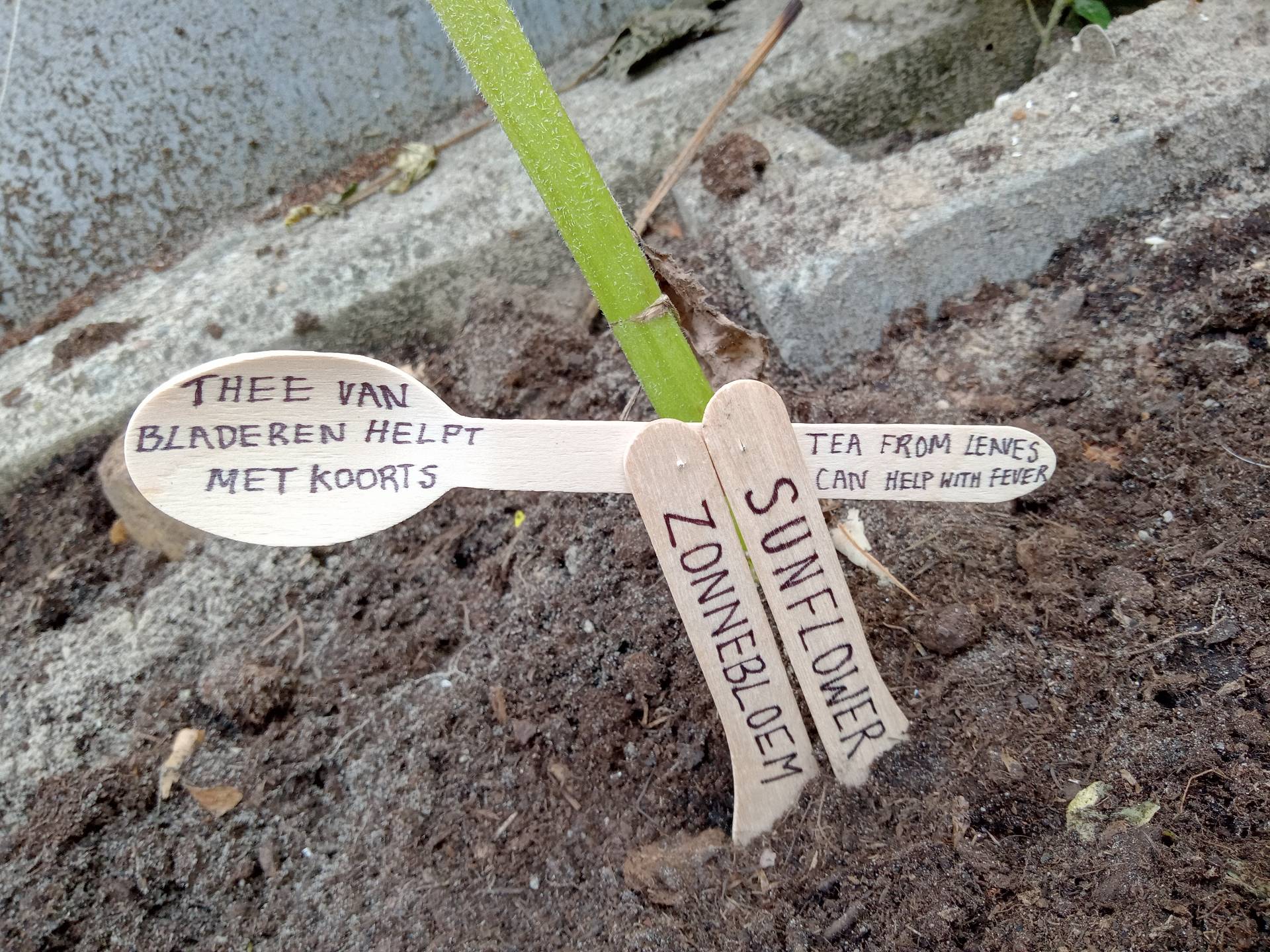
280
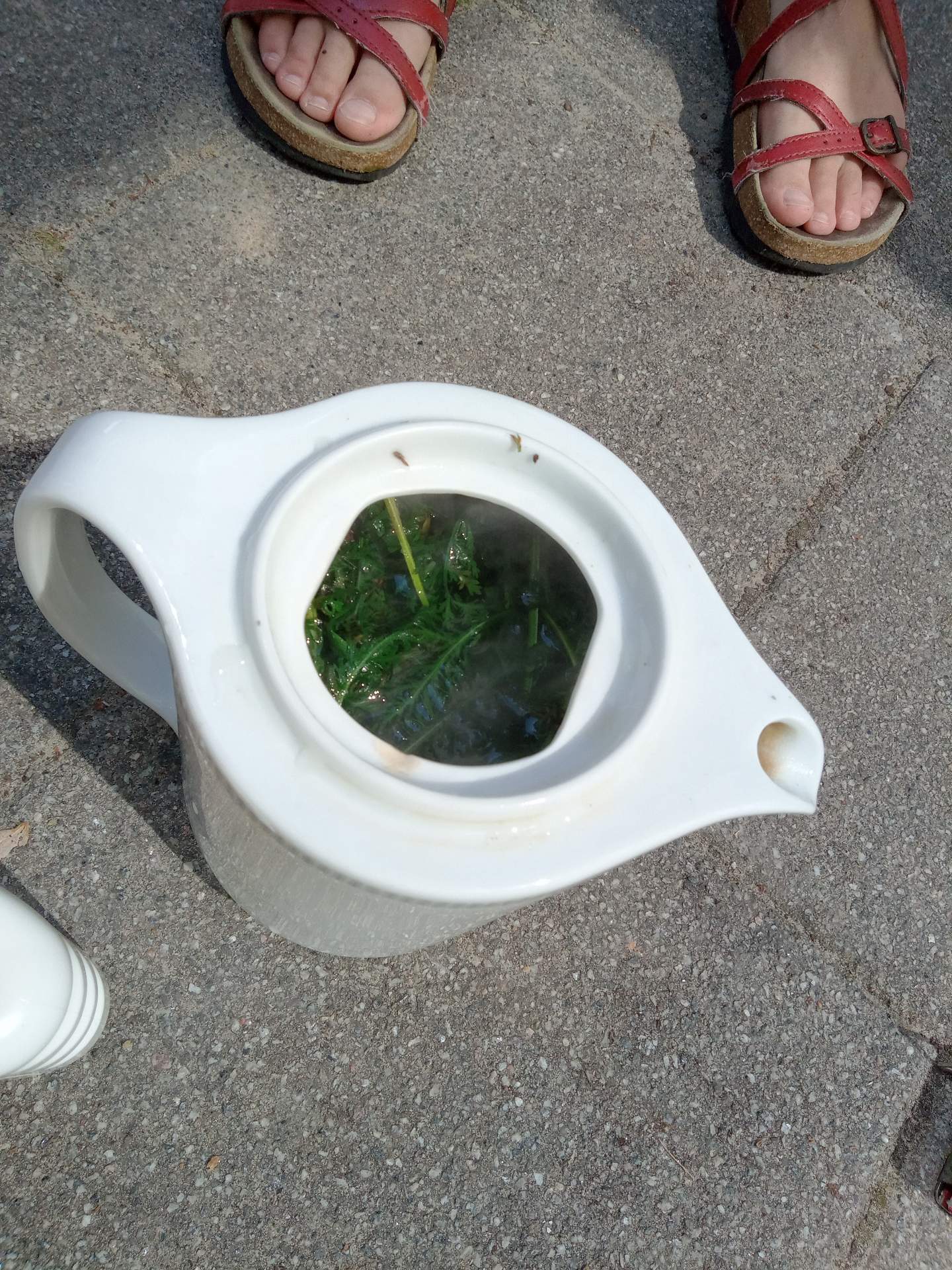
278
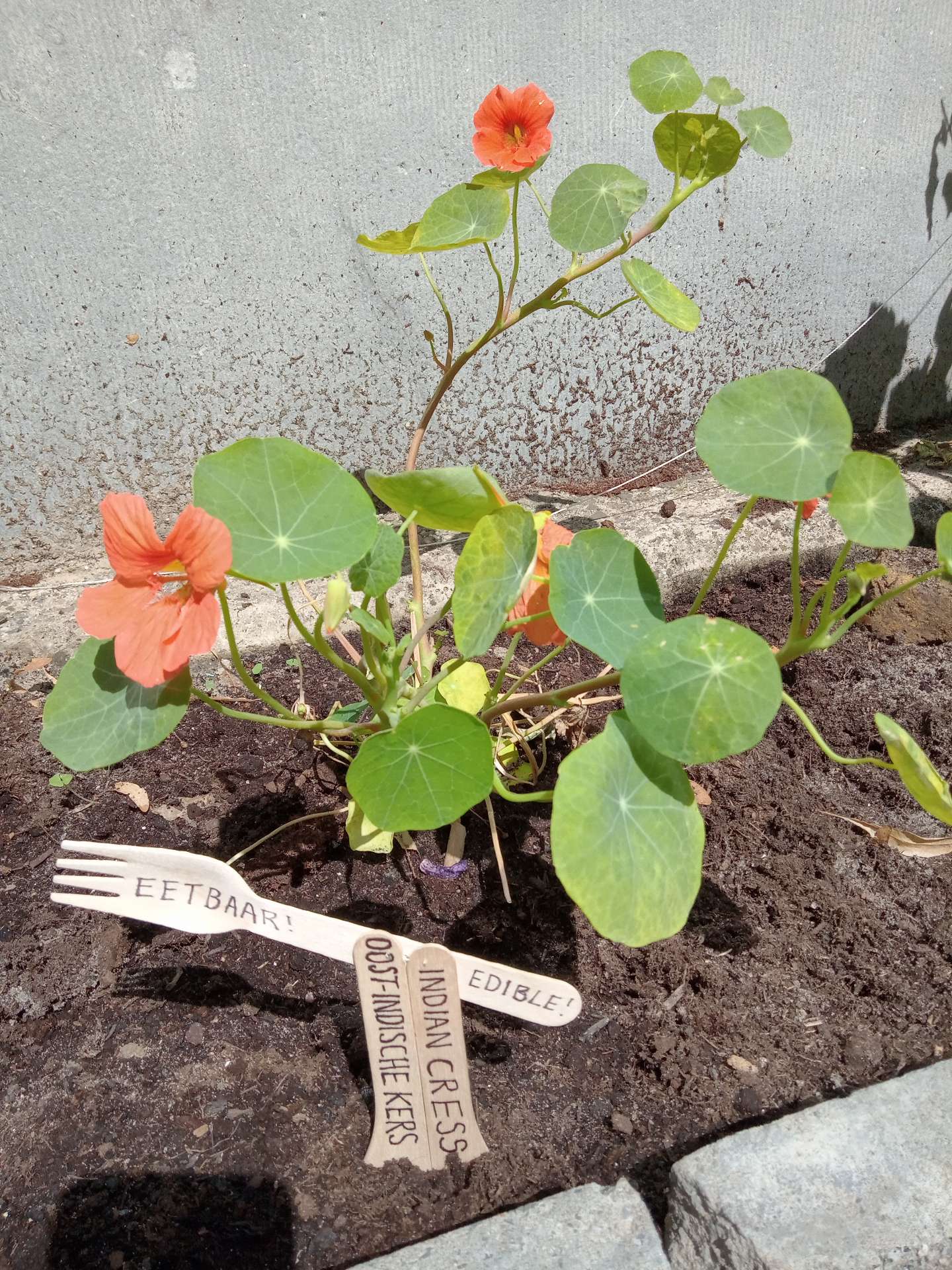
277
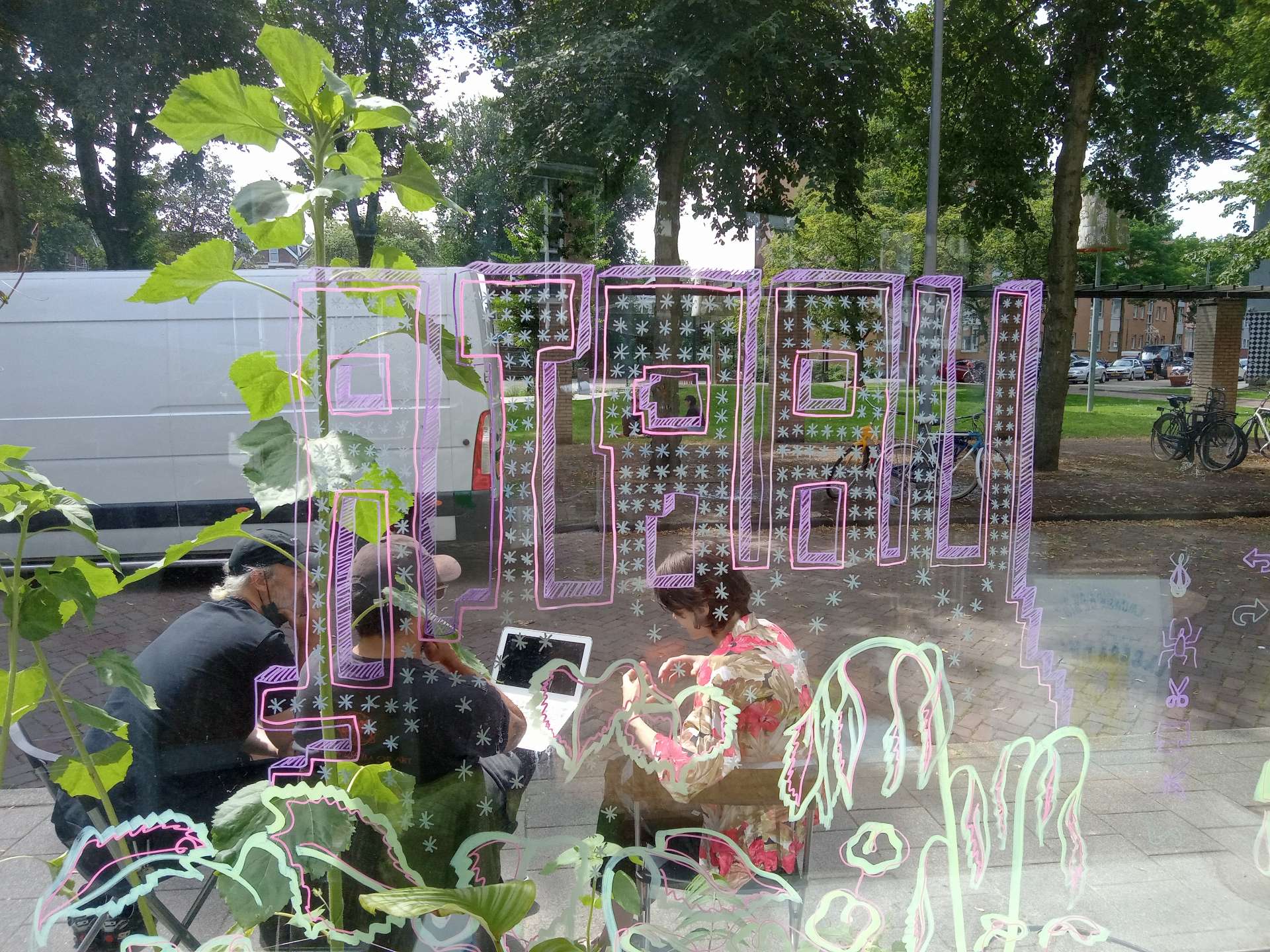
276
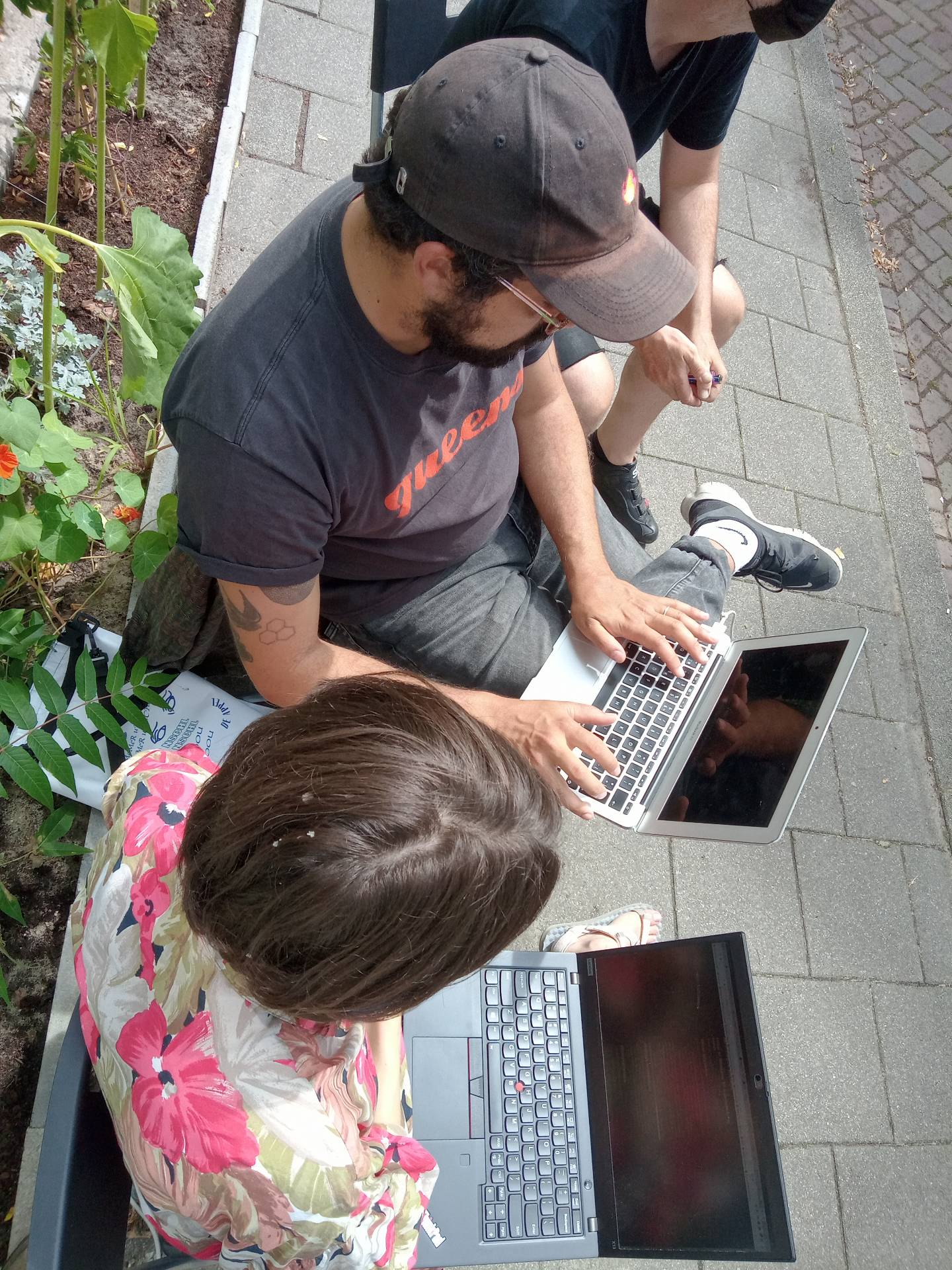
275
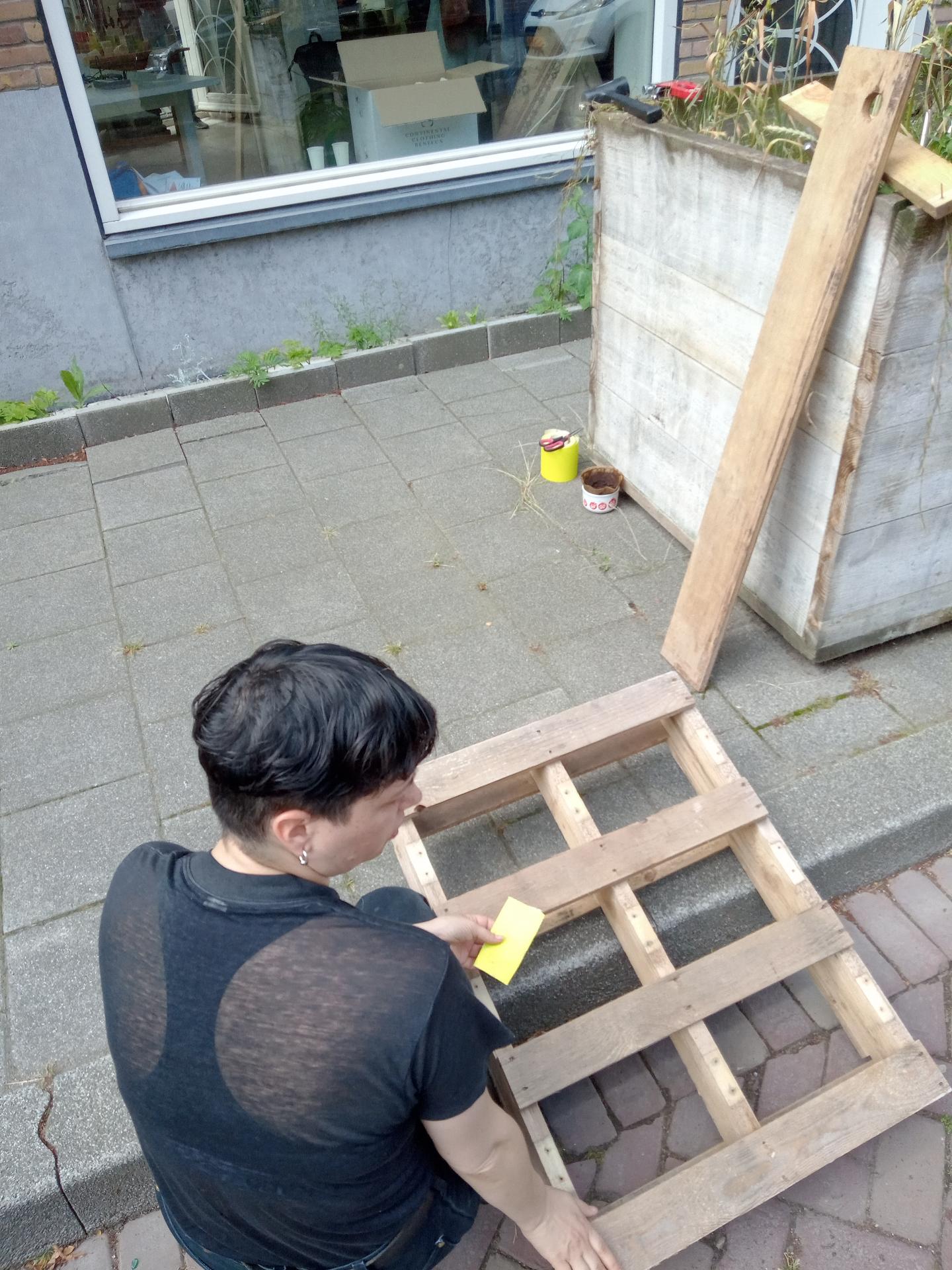
274
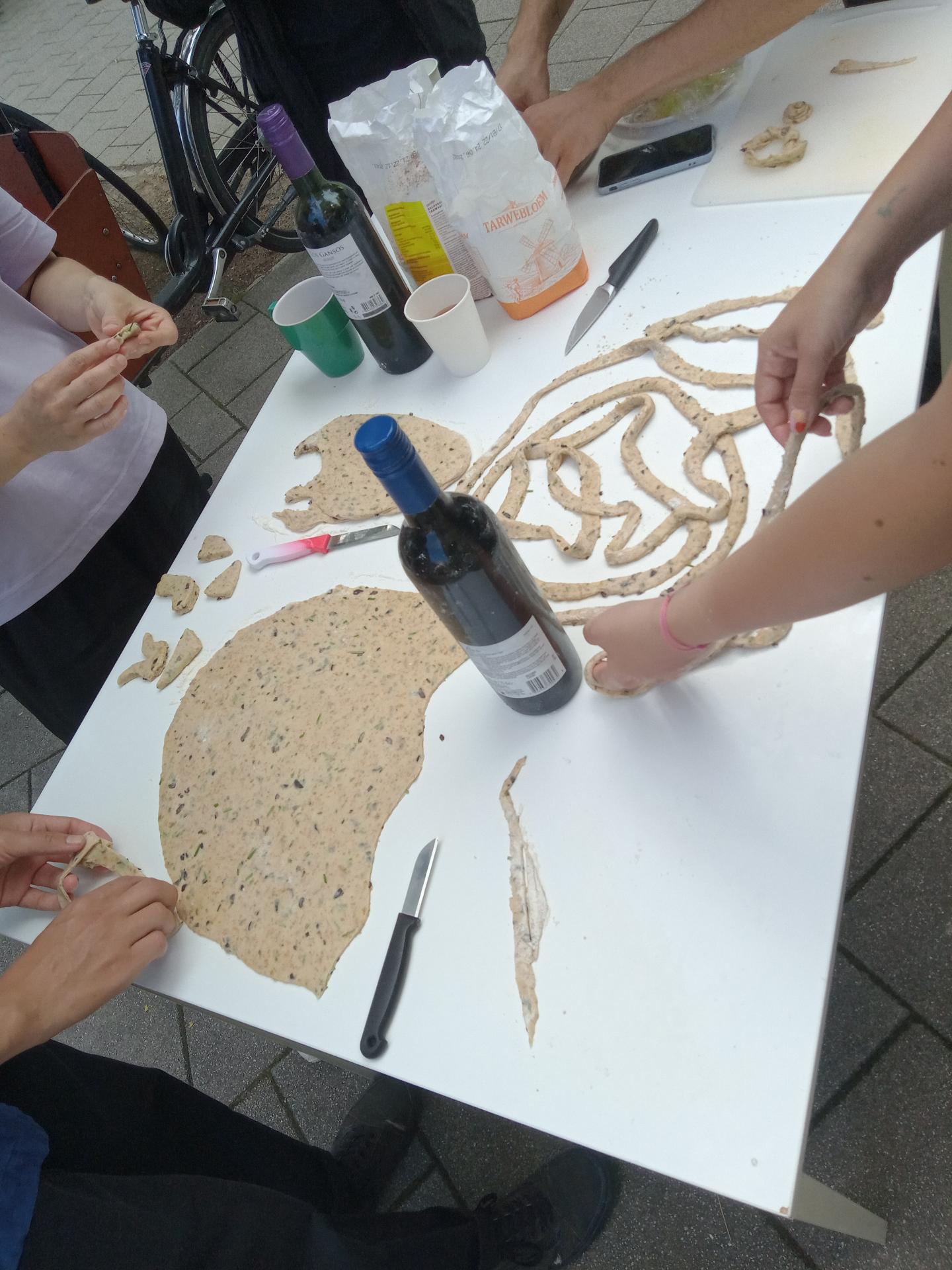
273
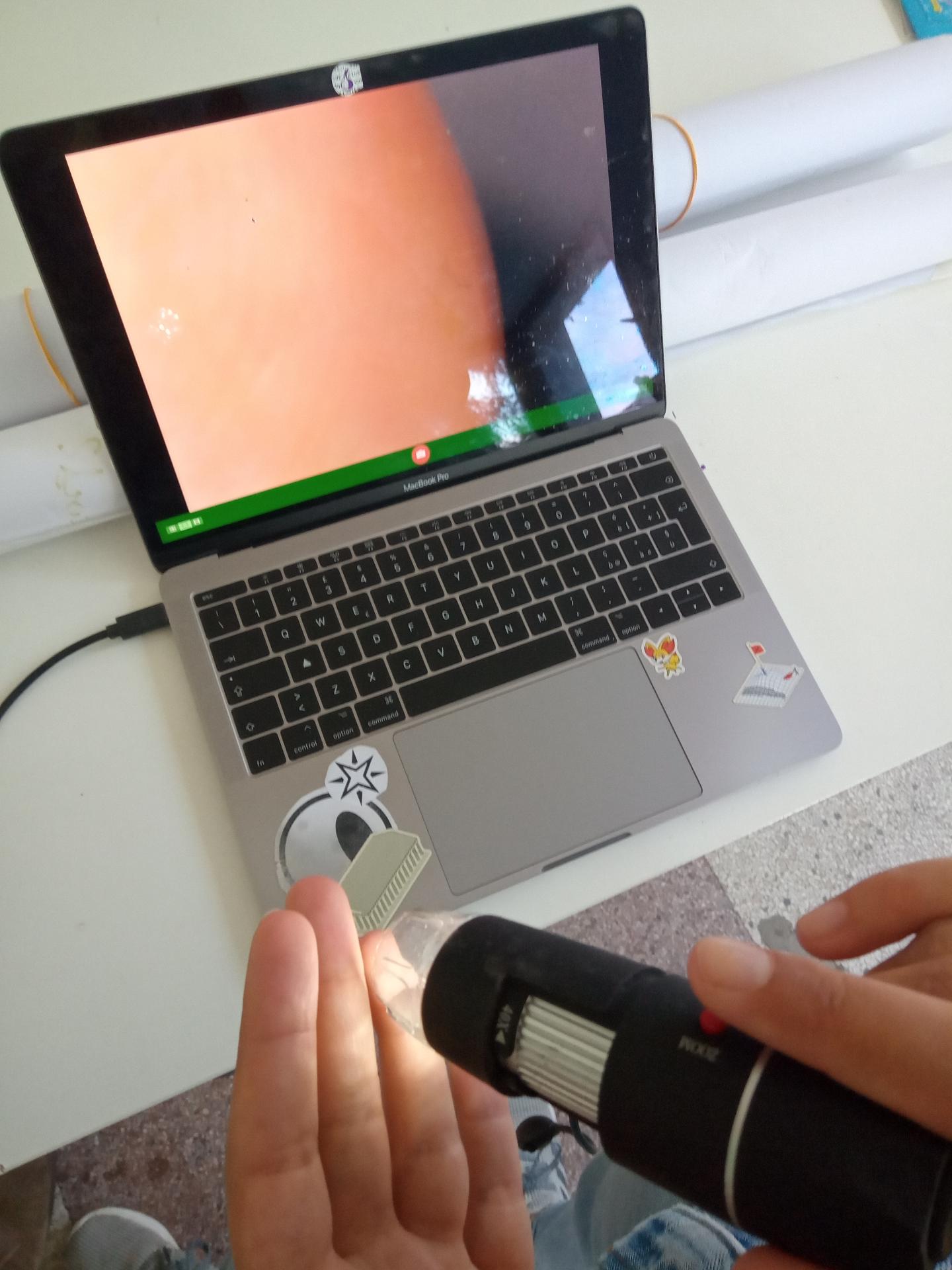
272
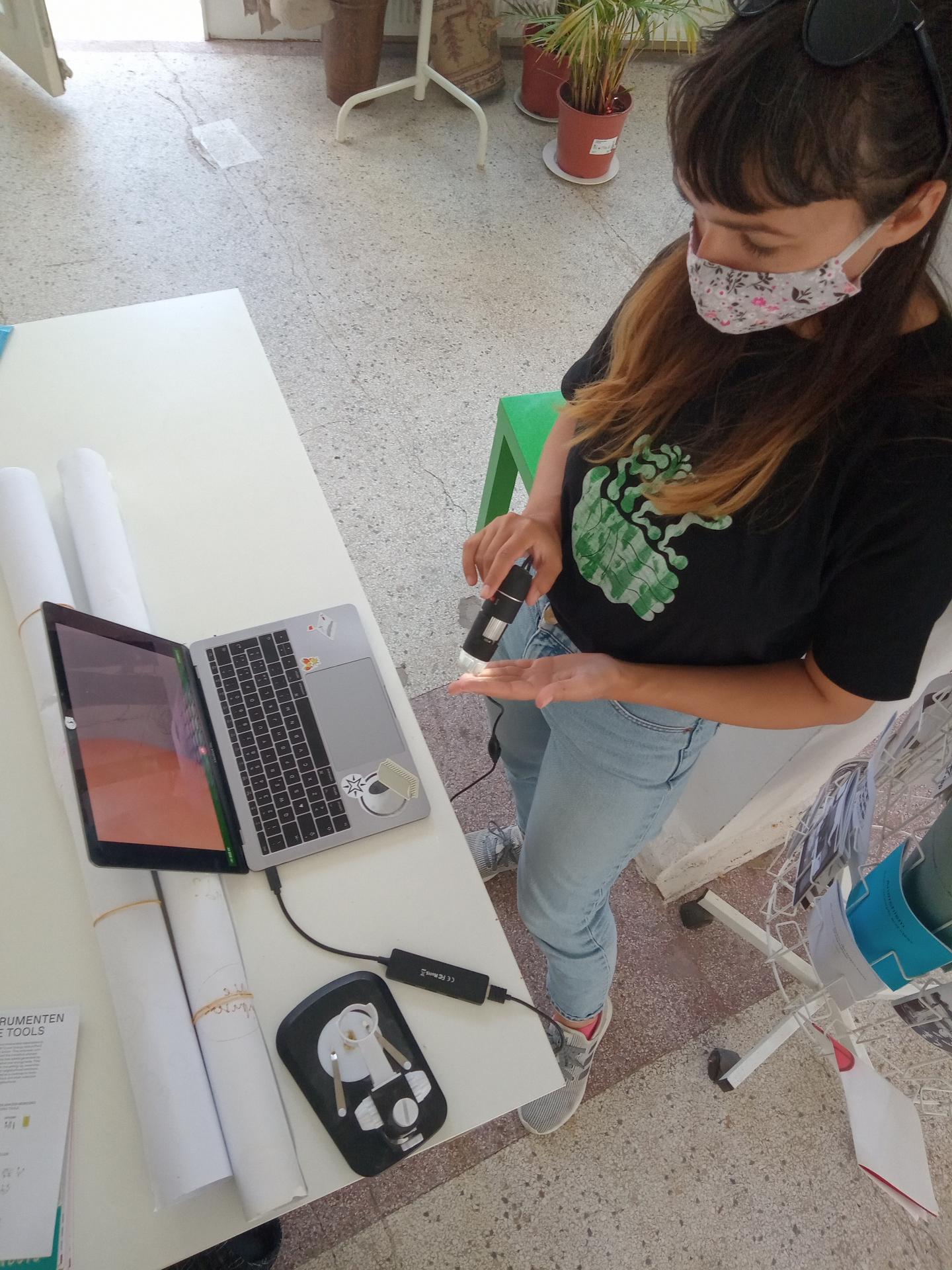
271
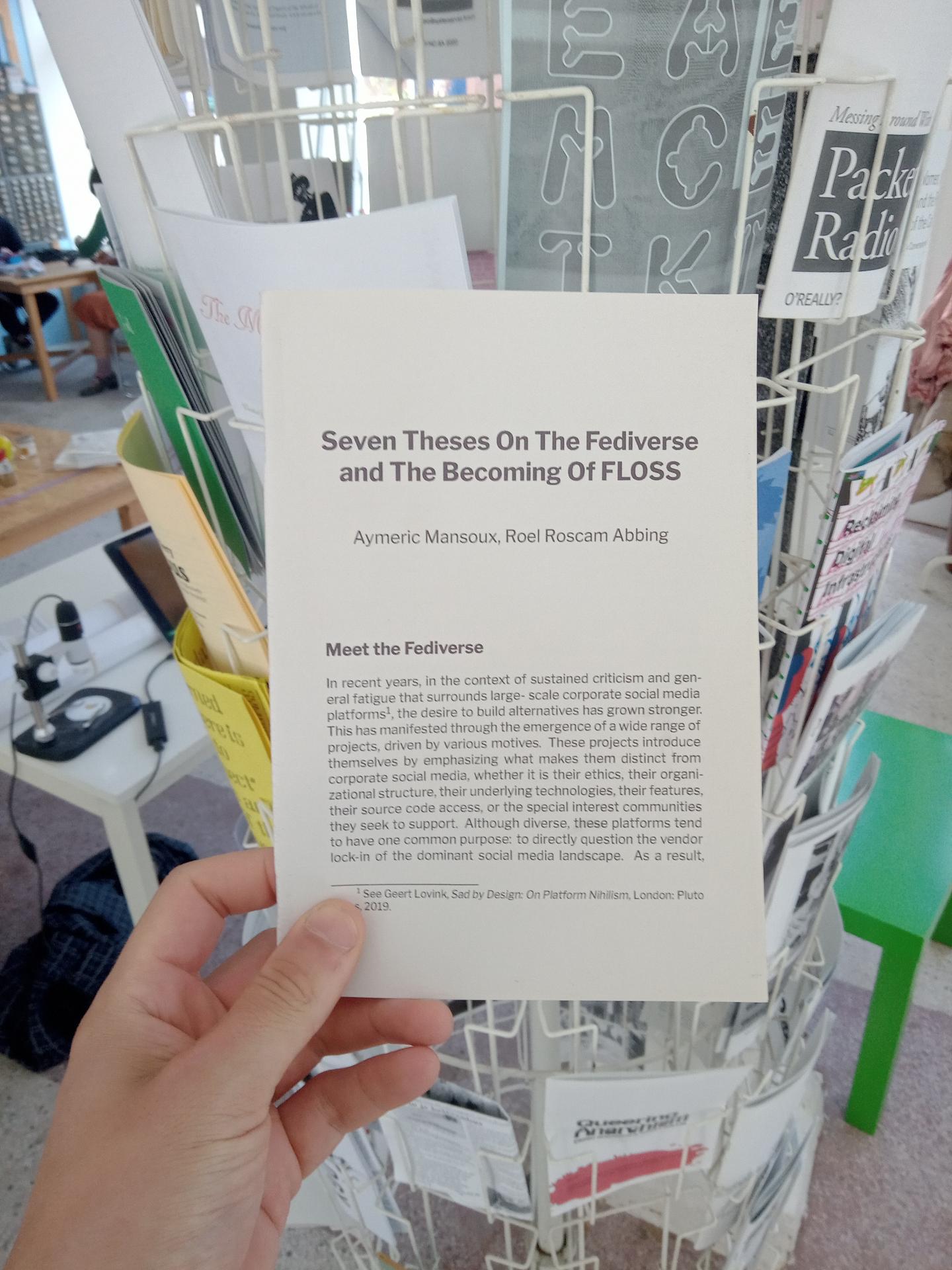
270
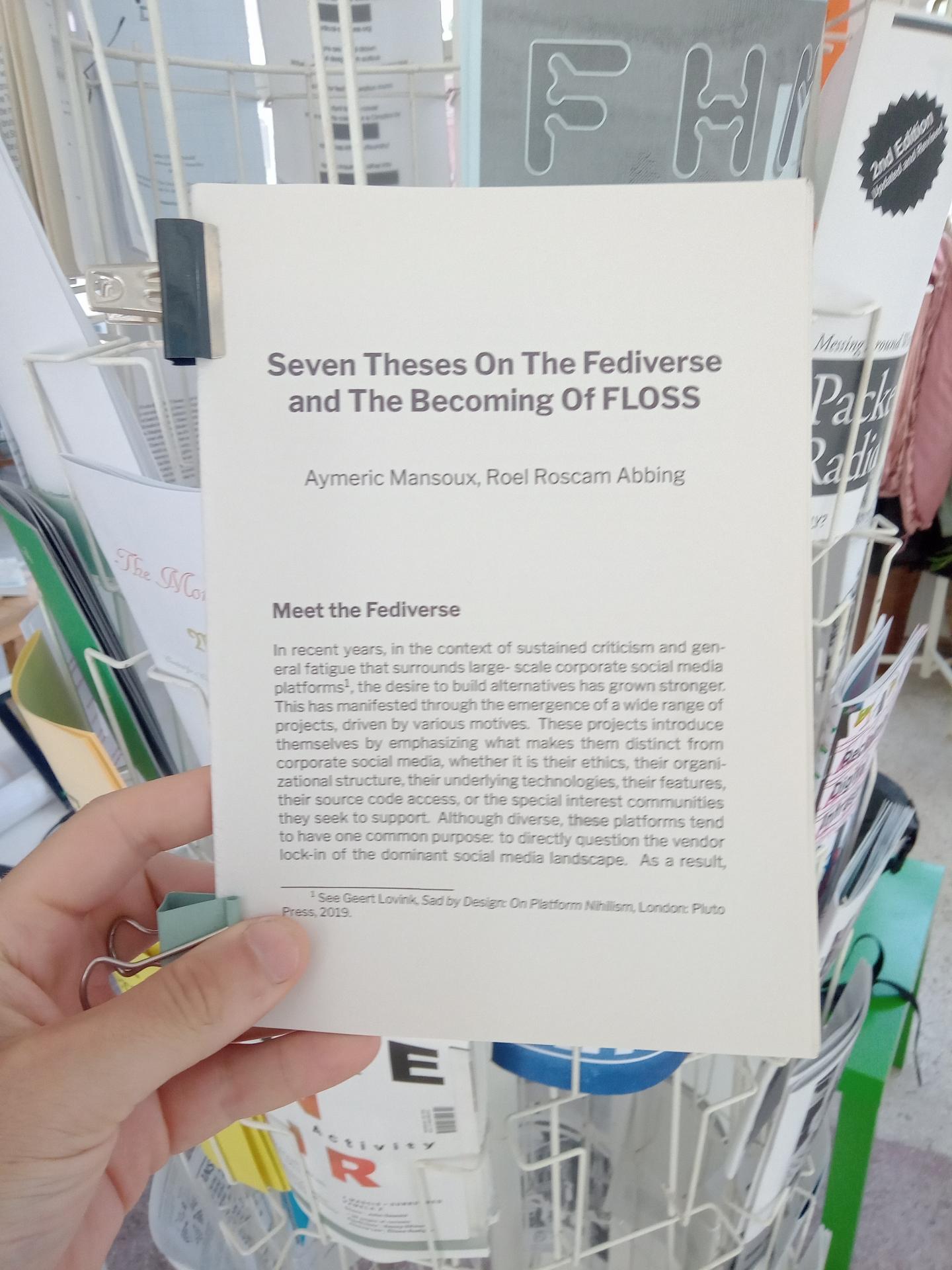
269
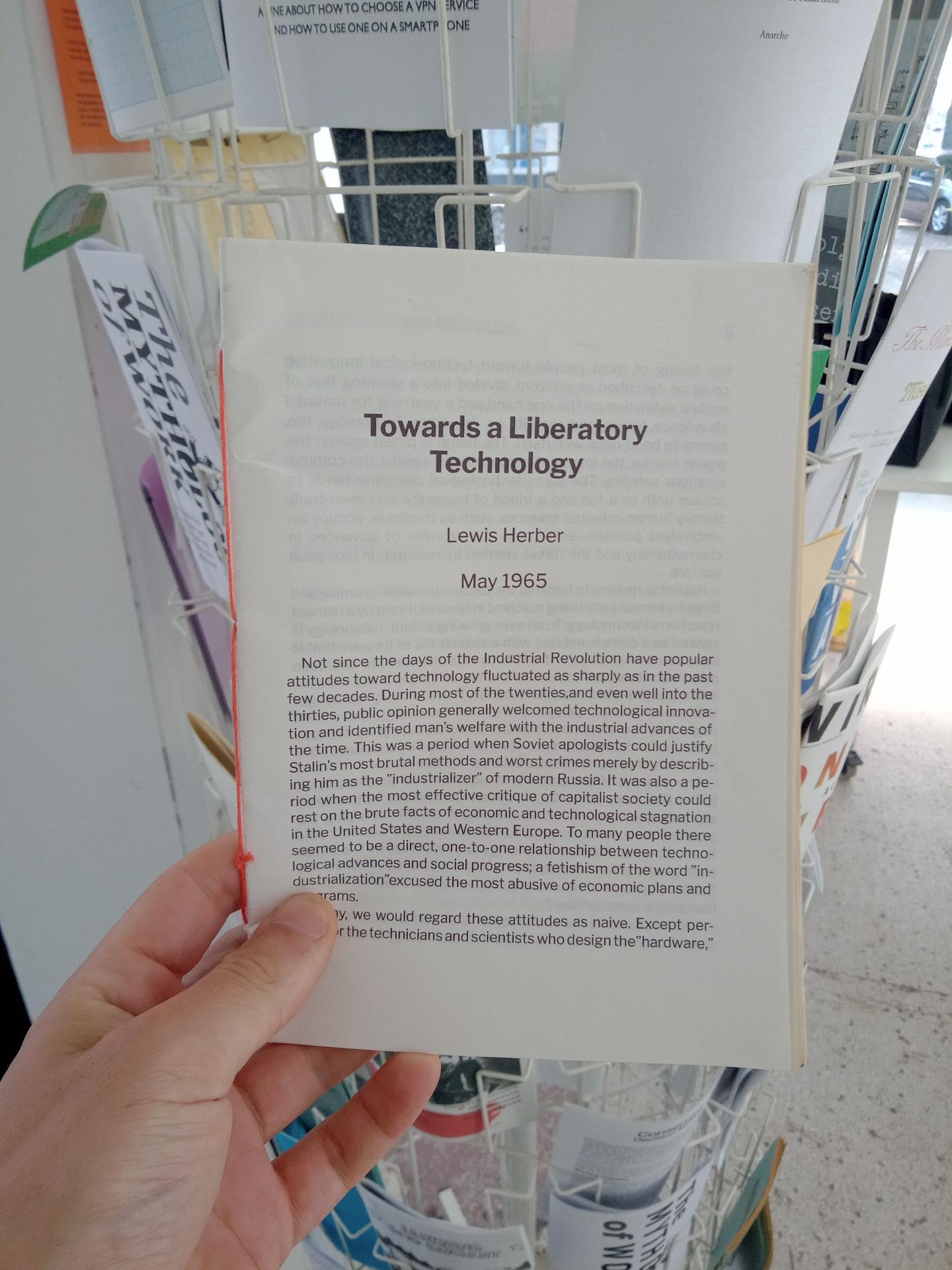
267
.gif)
266
.gif)
265
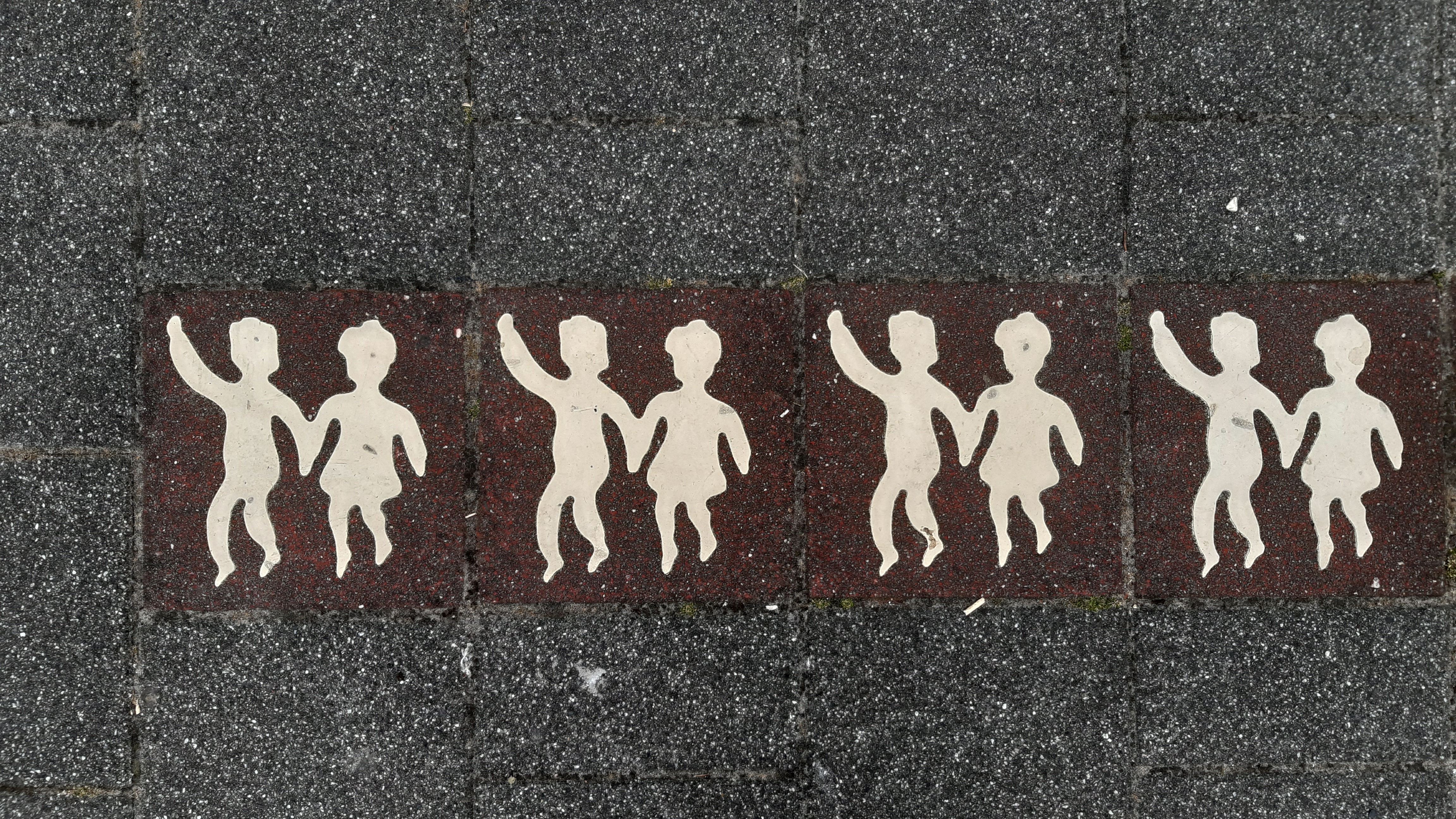
264
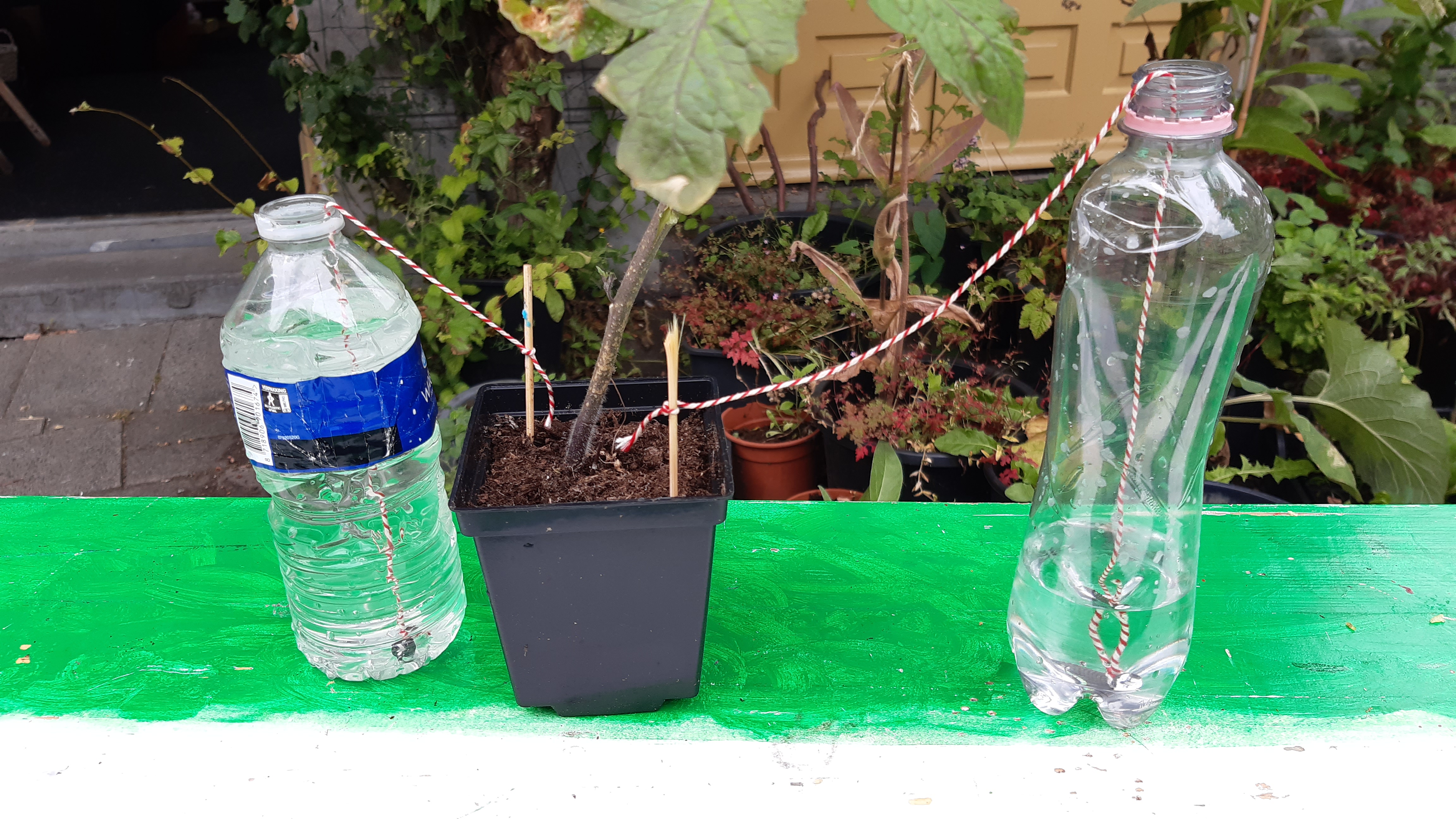
263
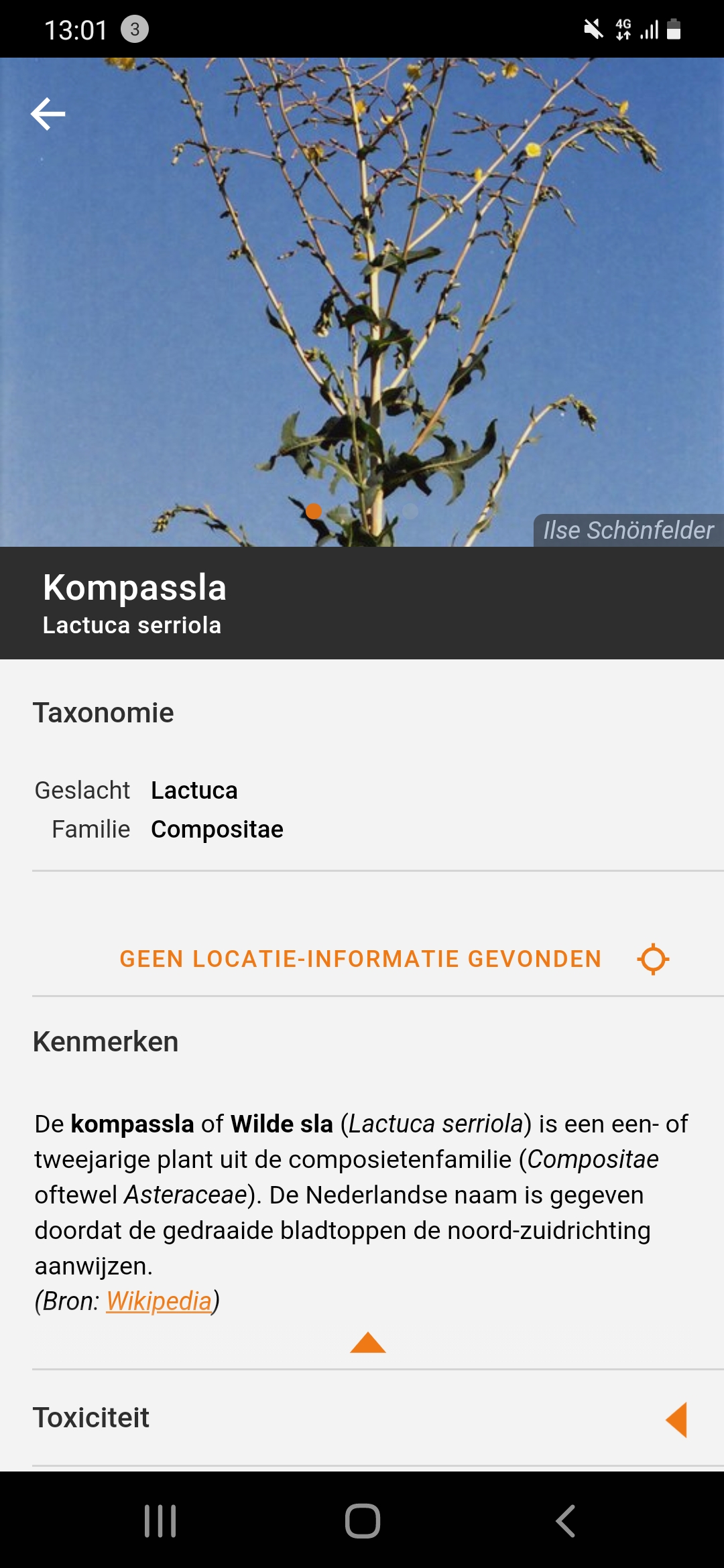
262
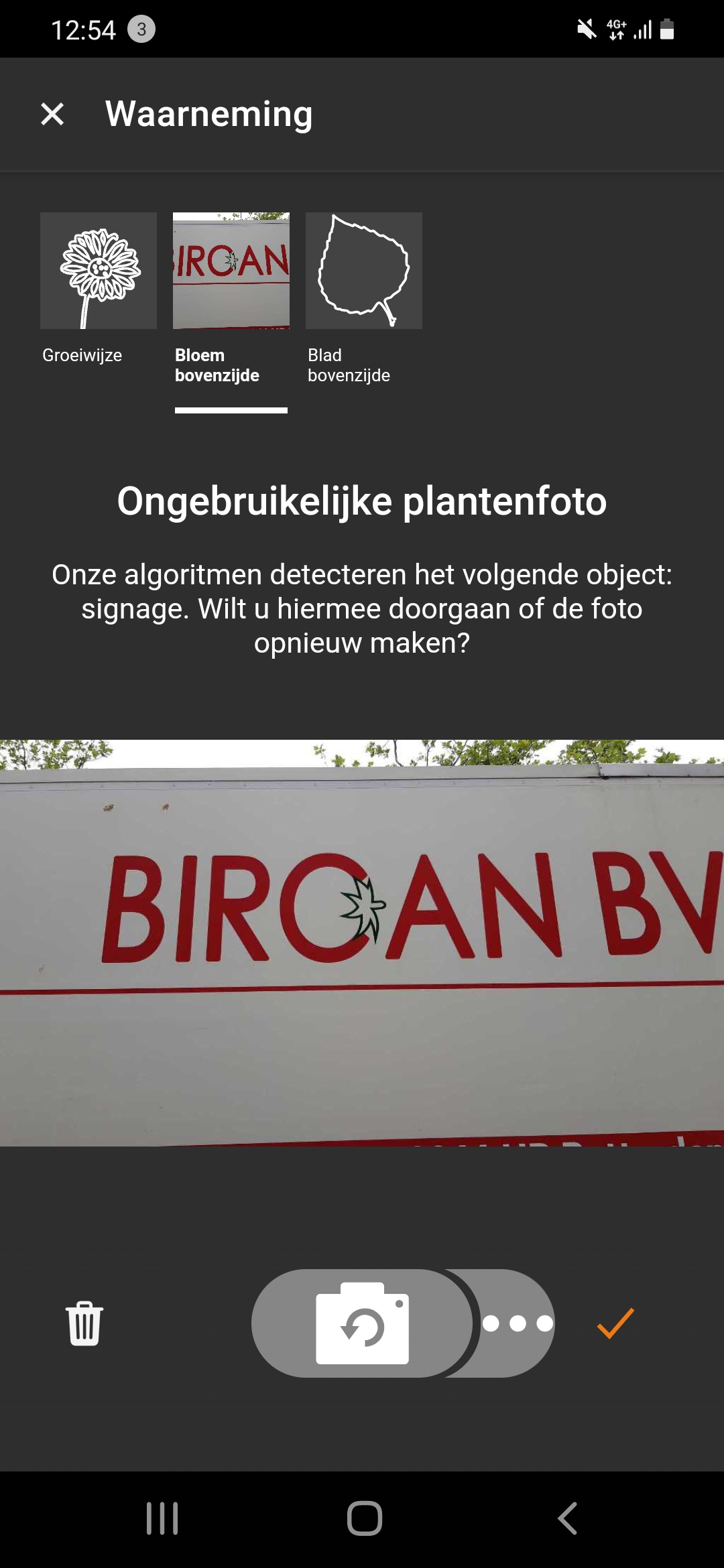
261
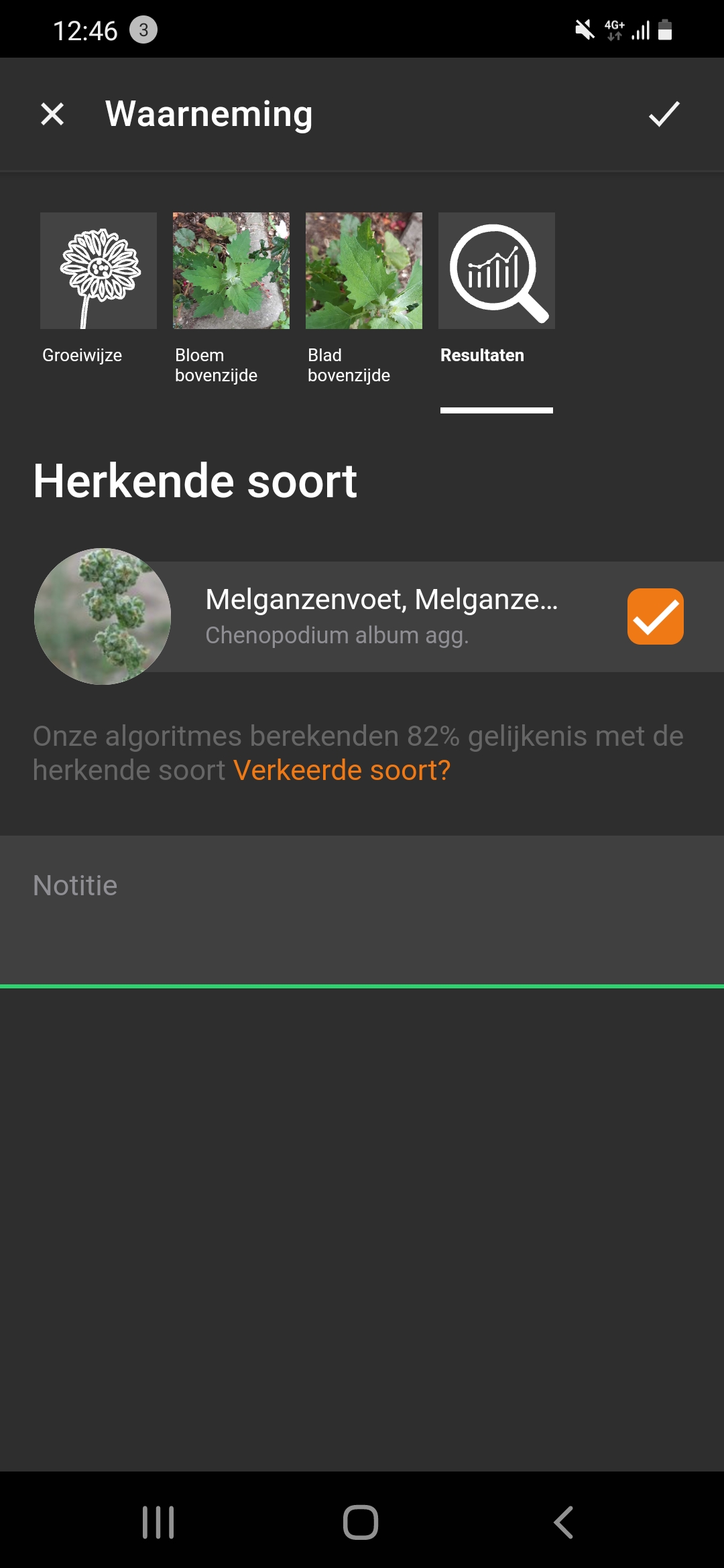
260
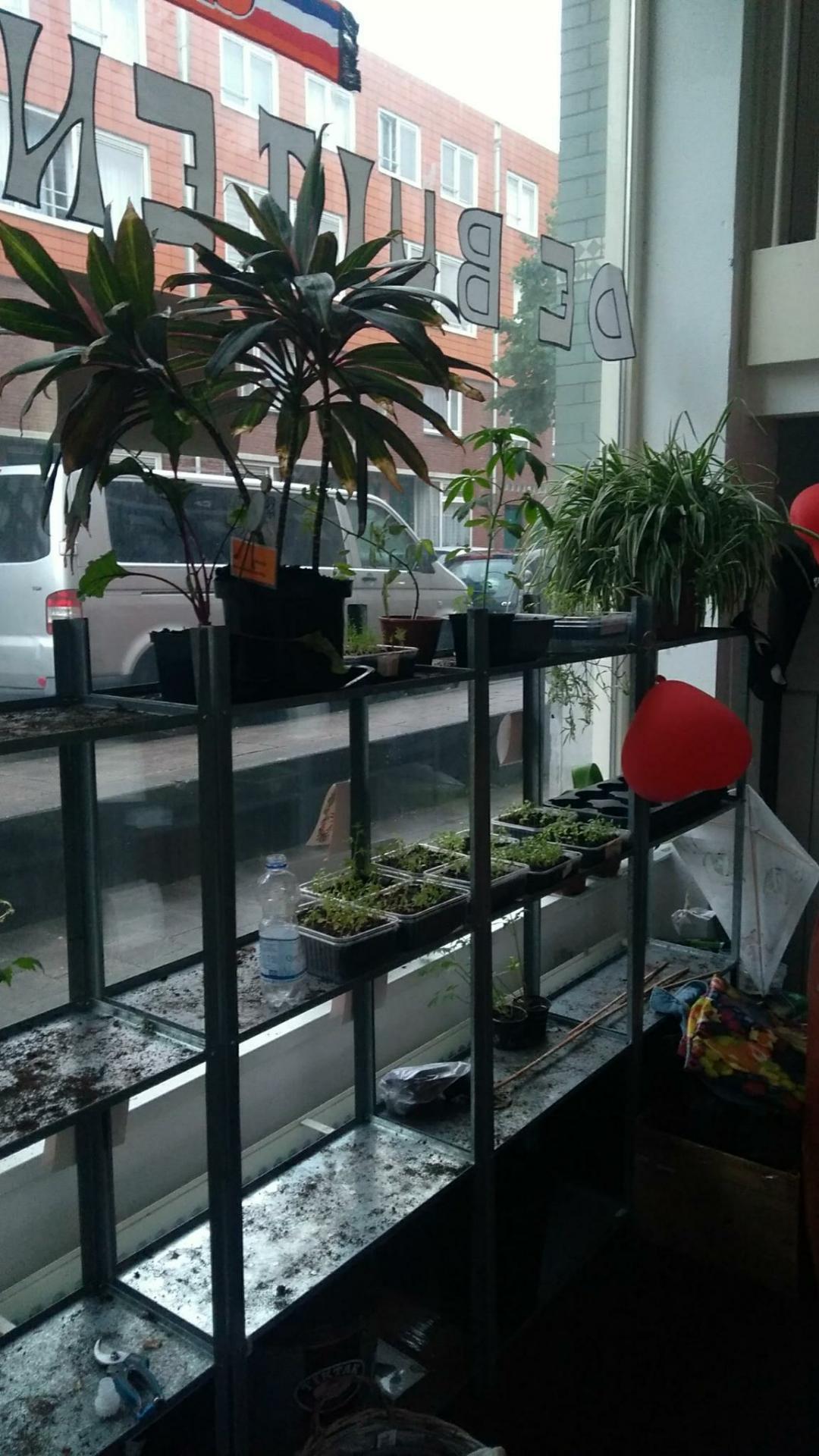
258
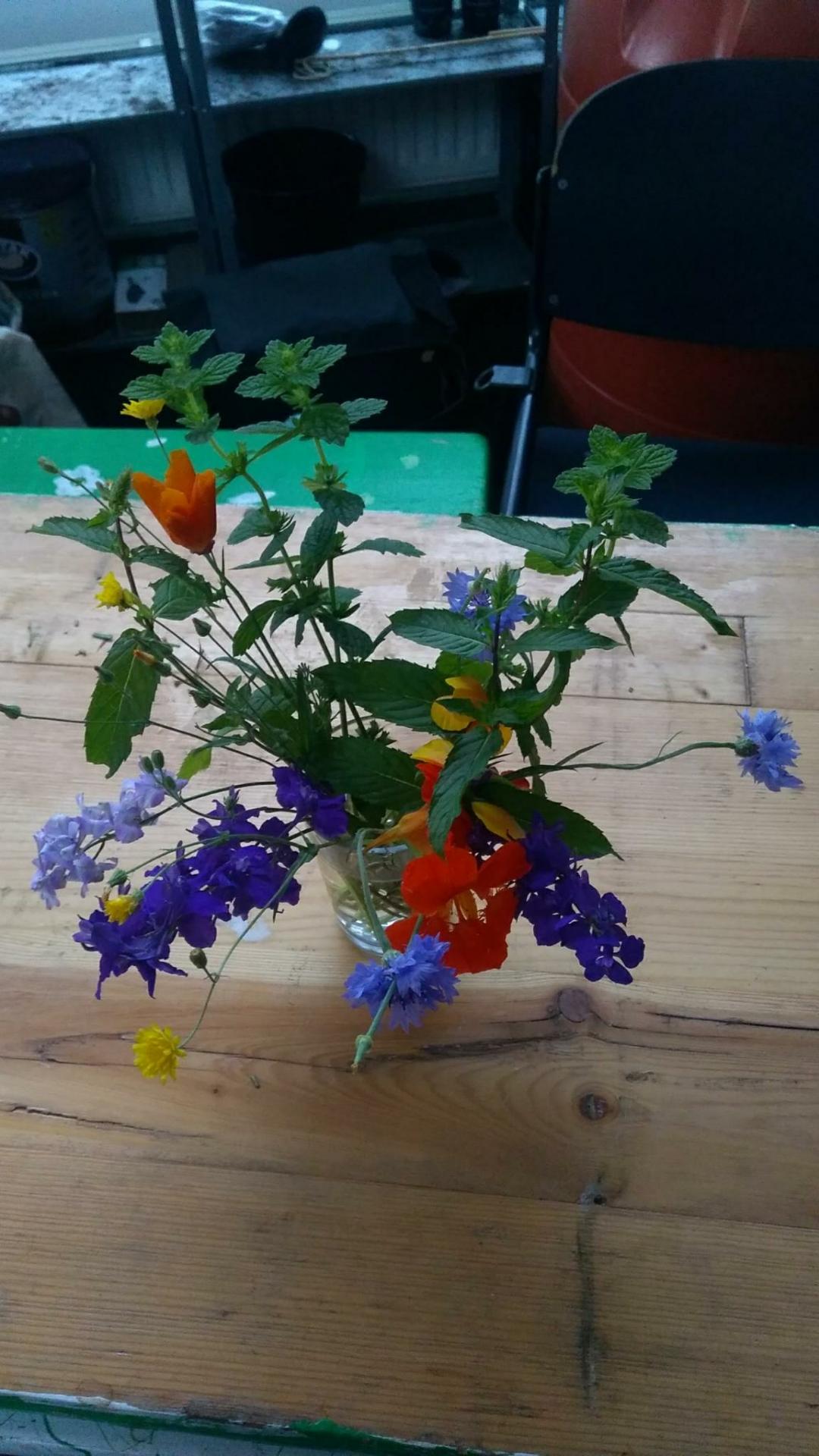
257
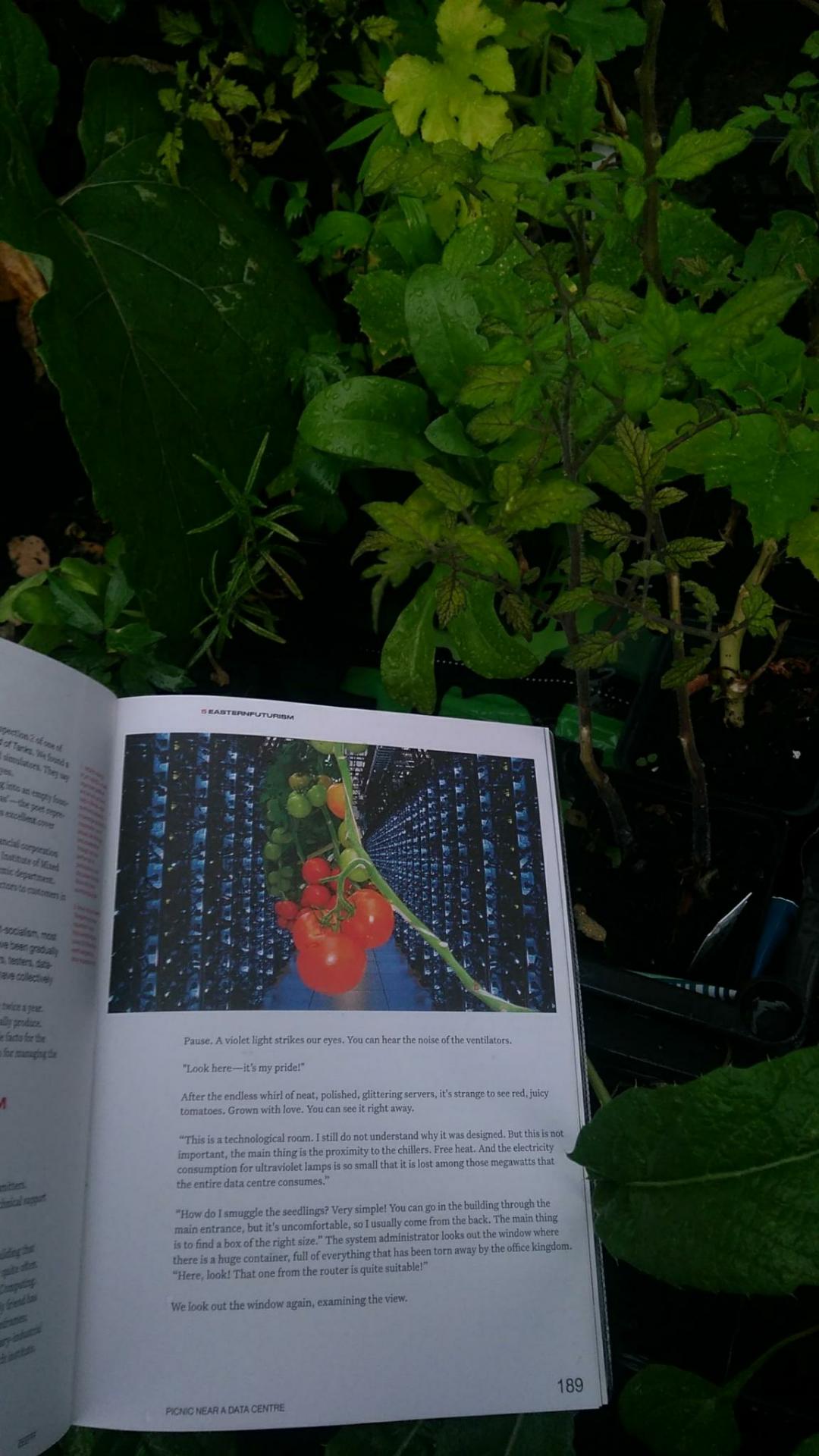
256
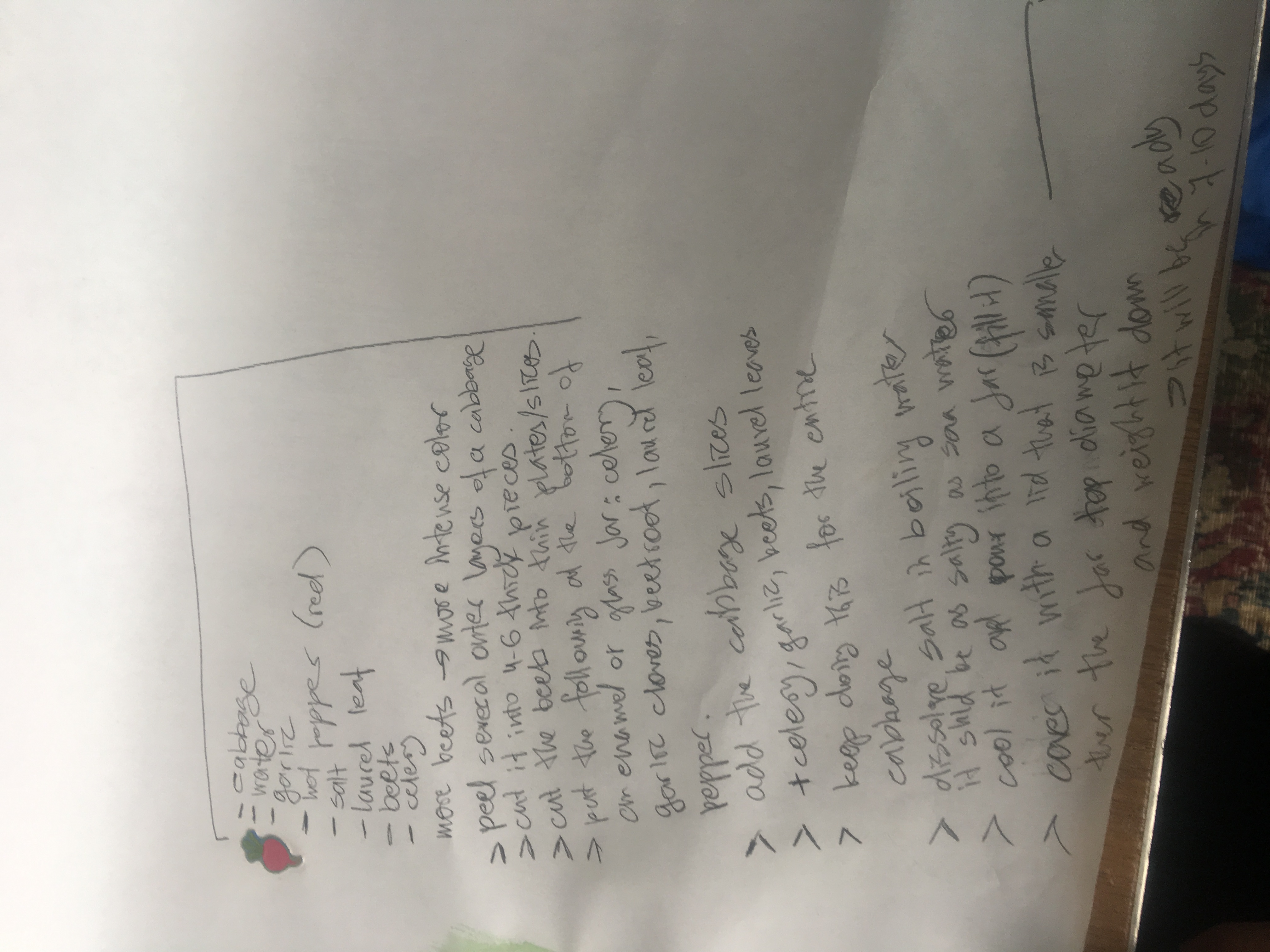
255
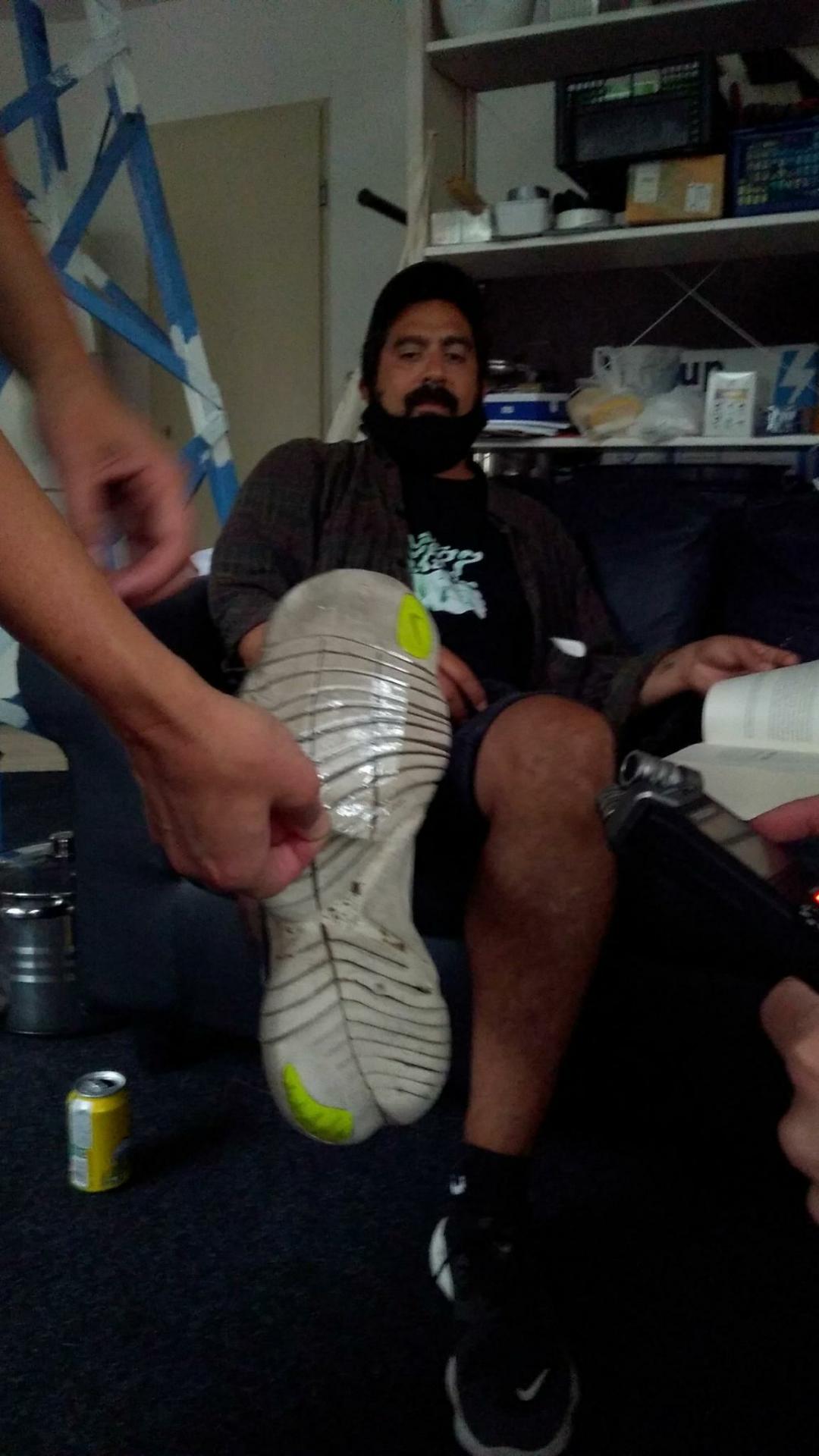
254
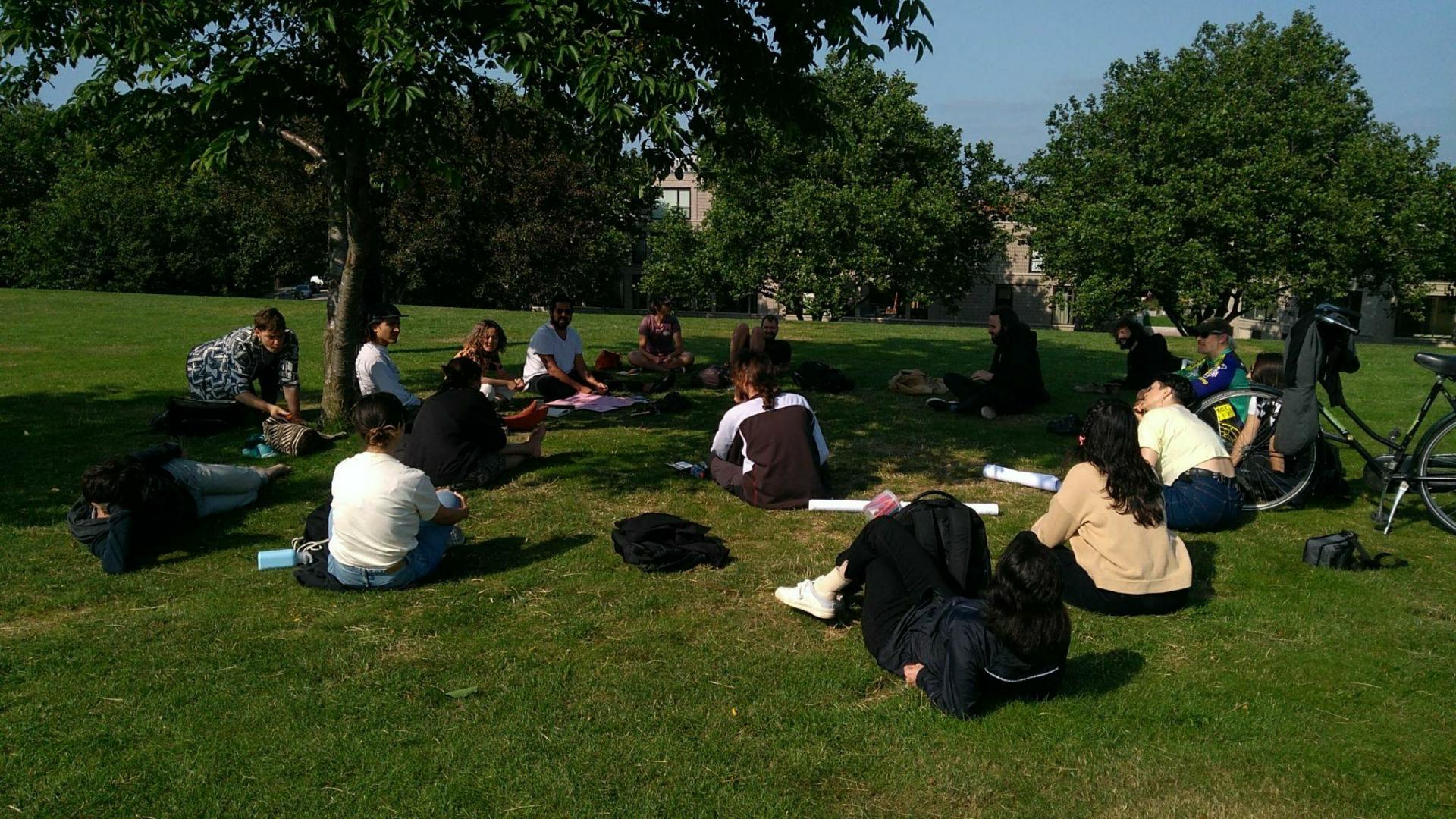
253
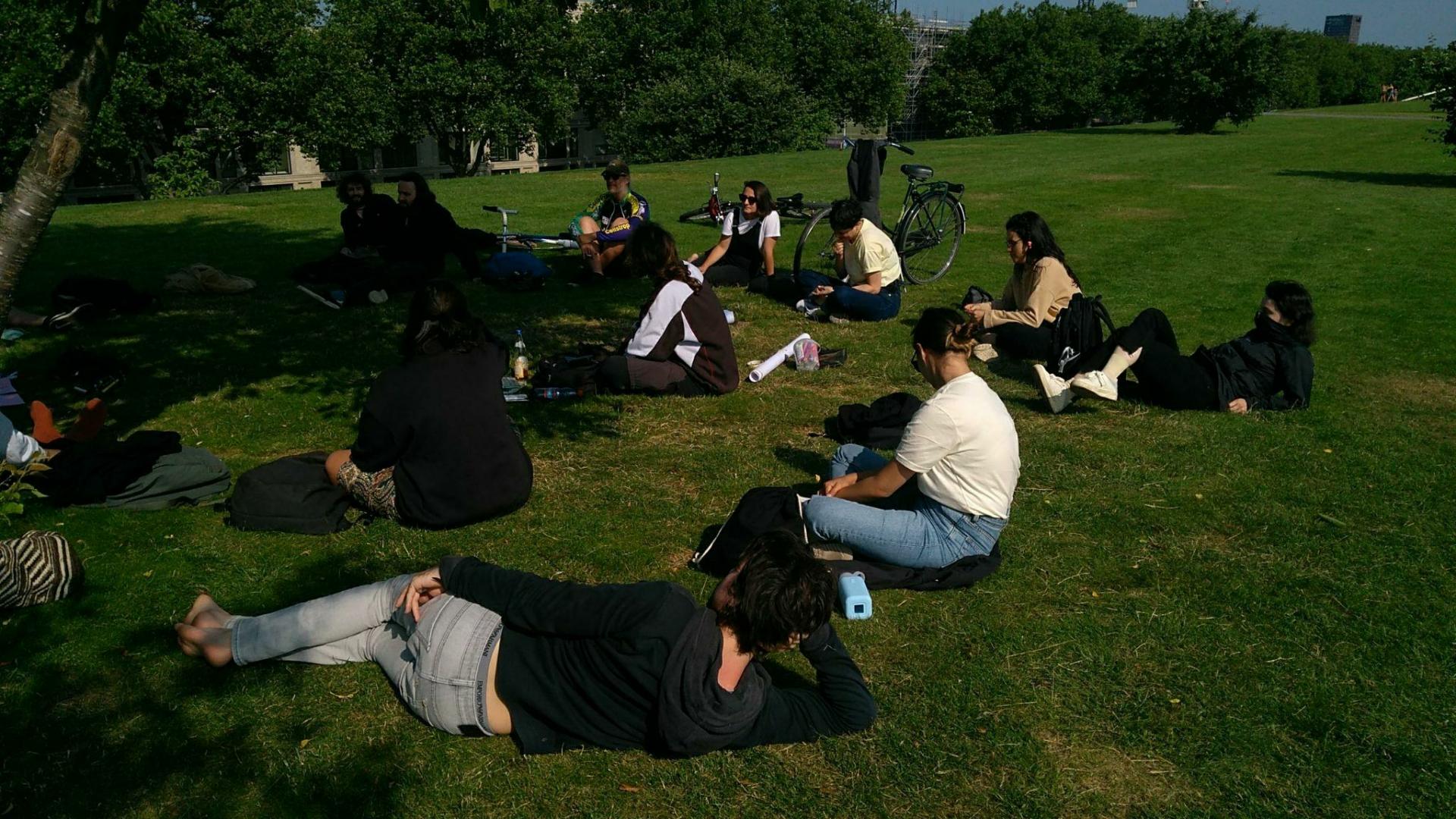
252
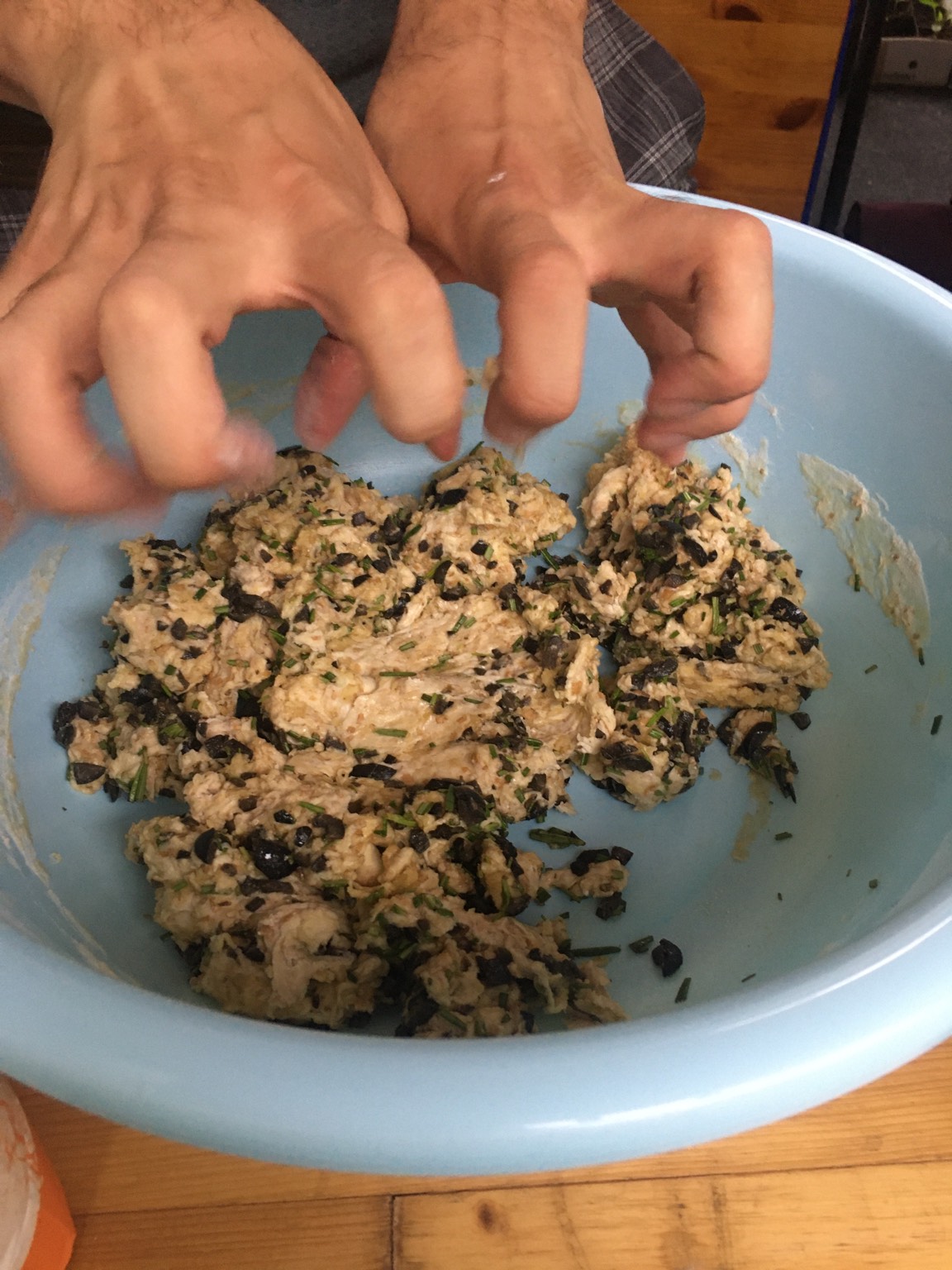
251
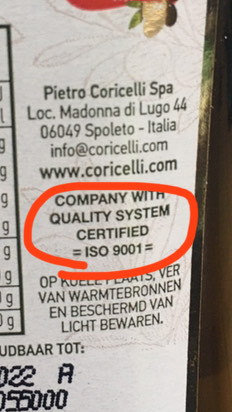
250
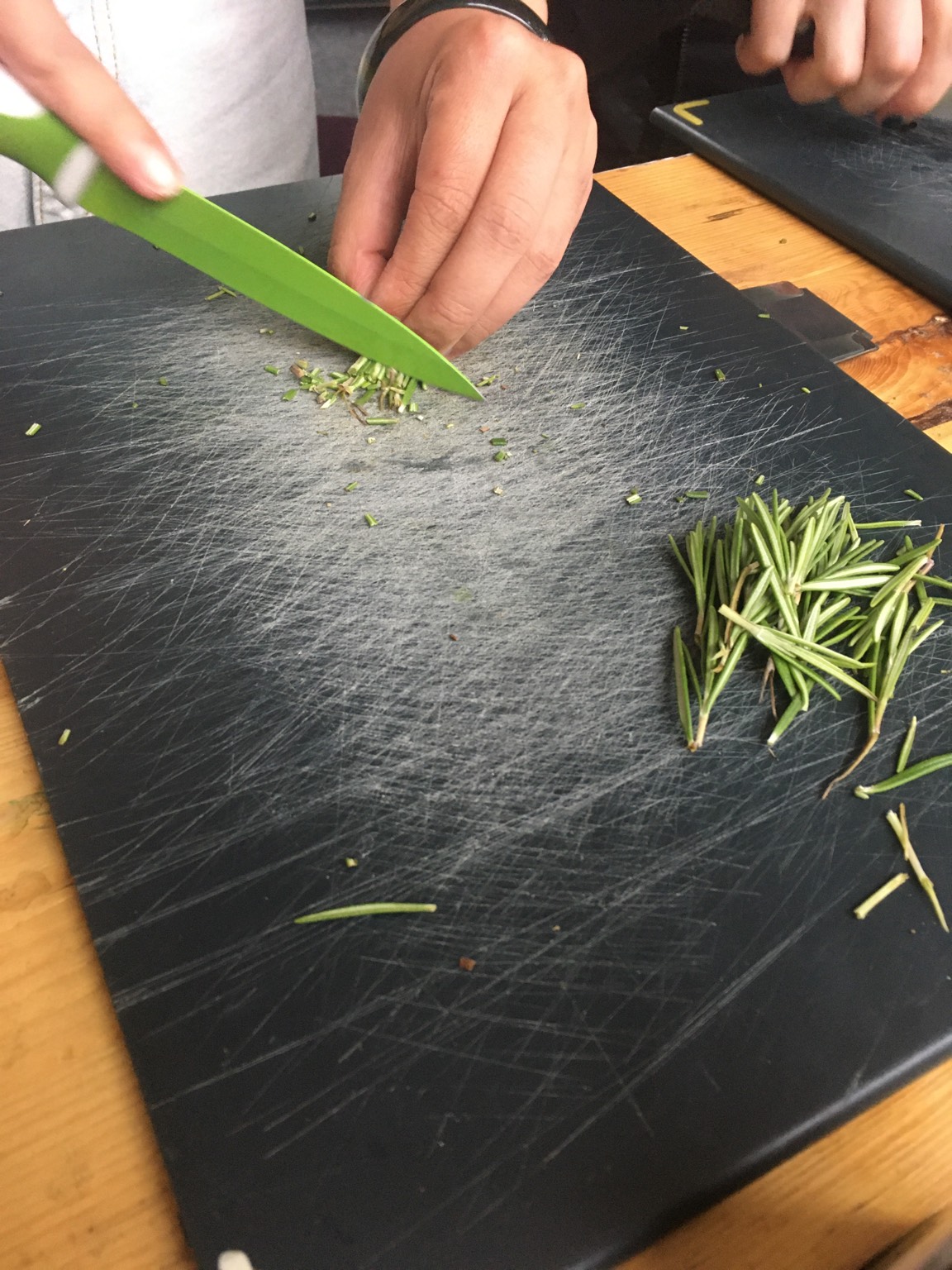
249
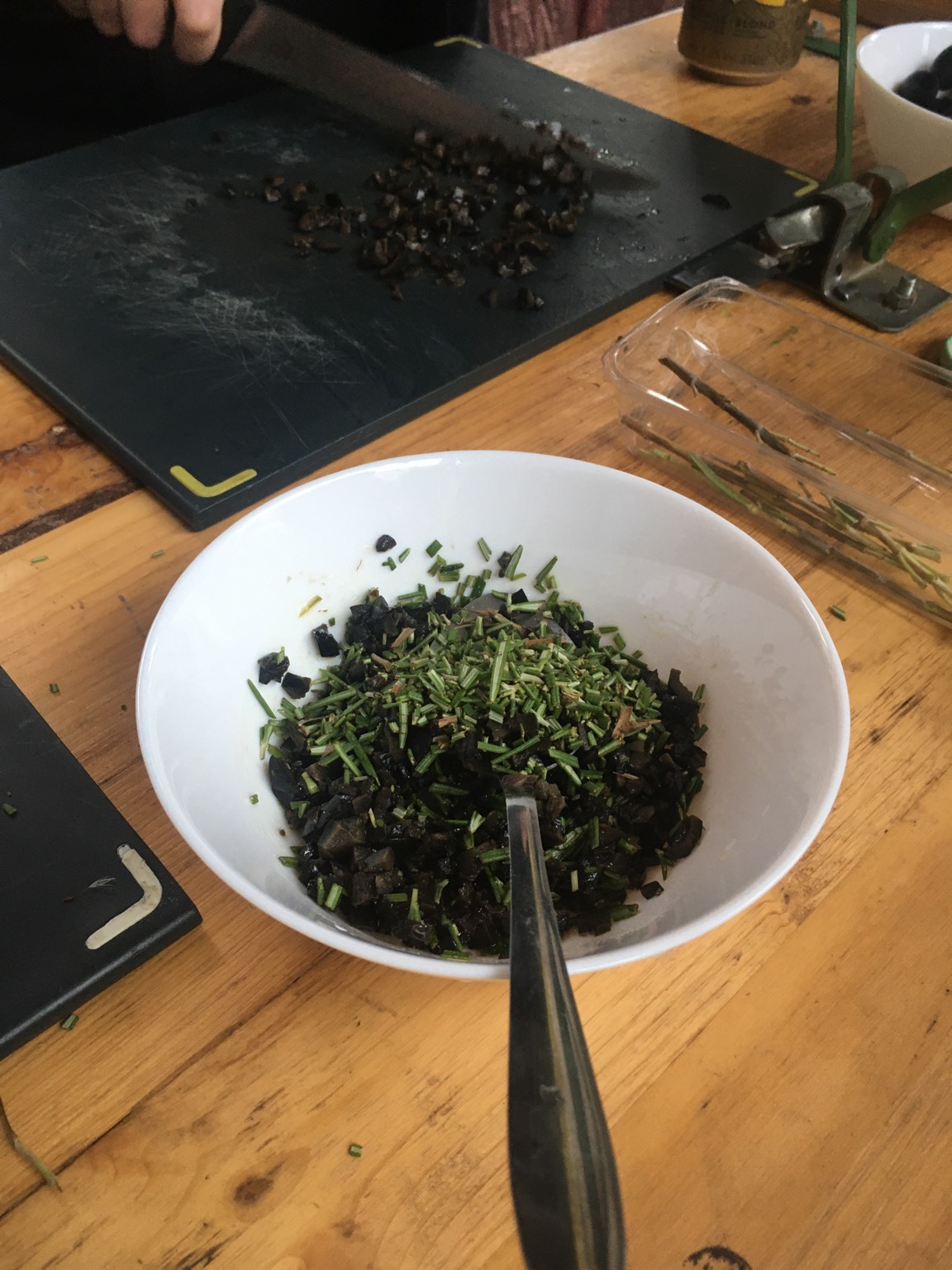
248
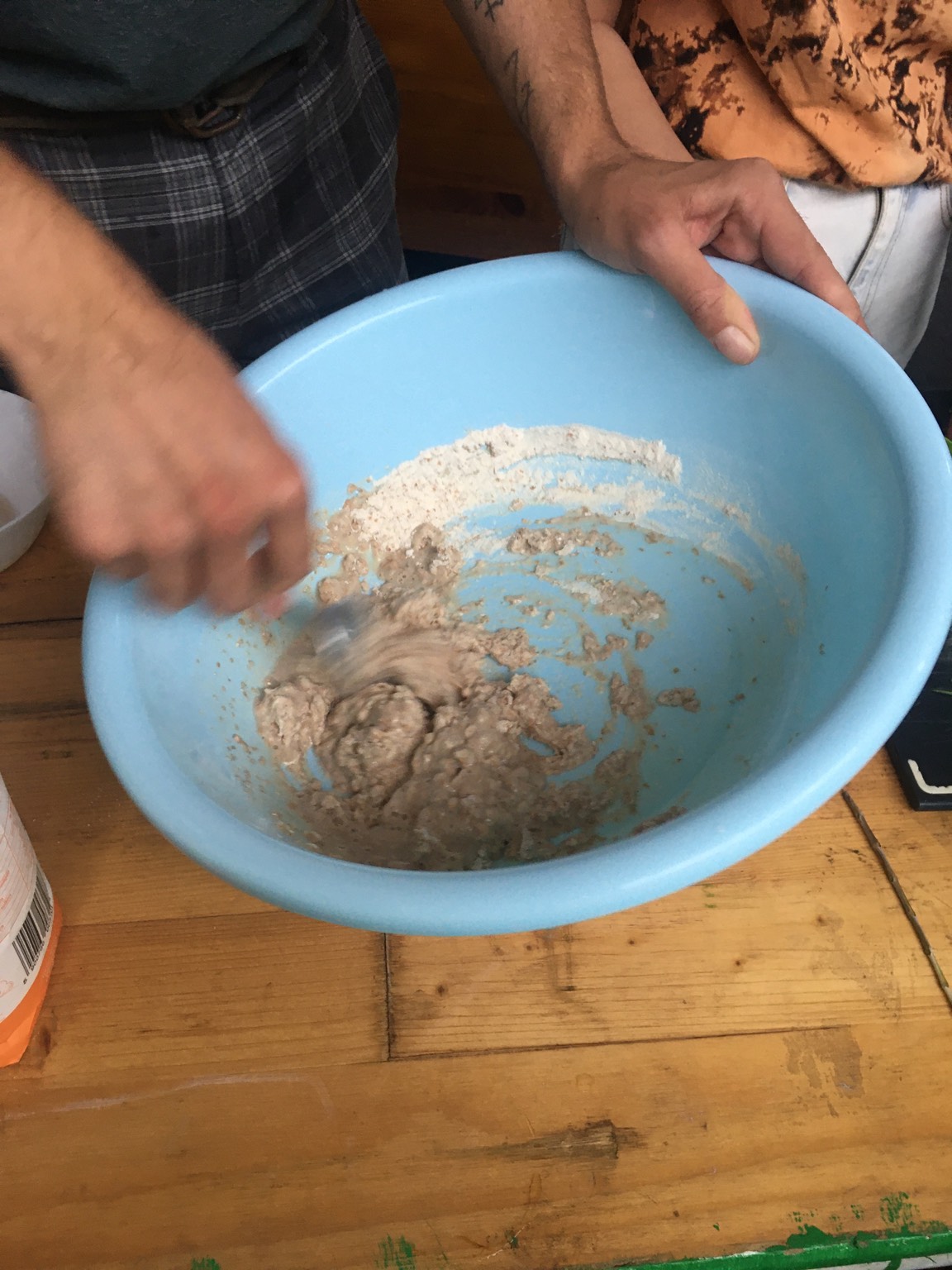
247

246
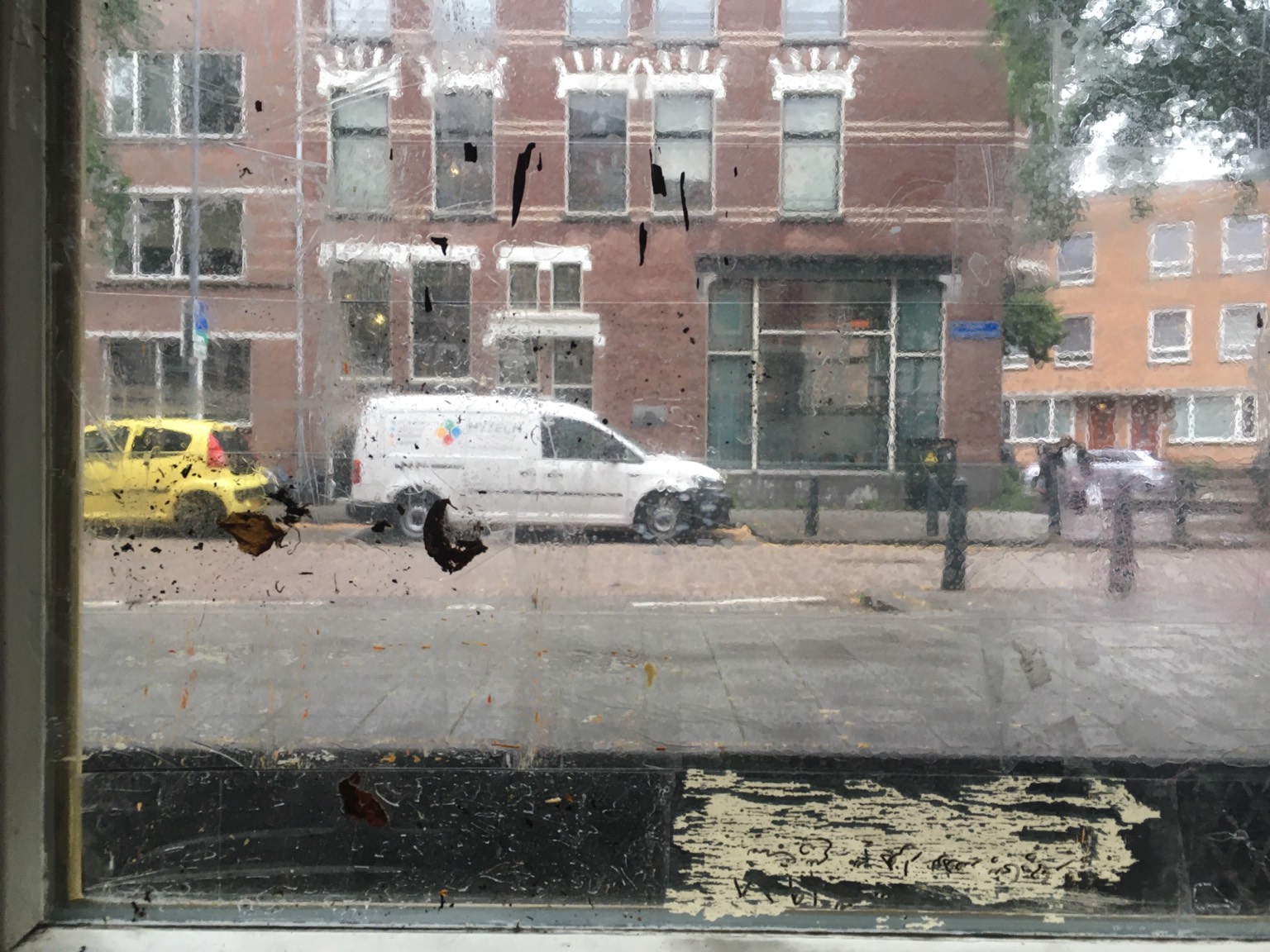
245
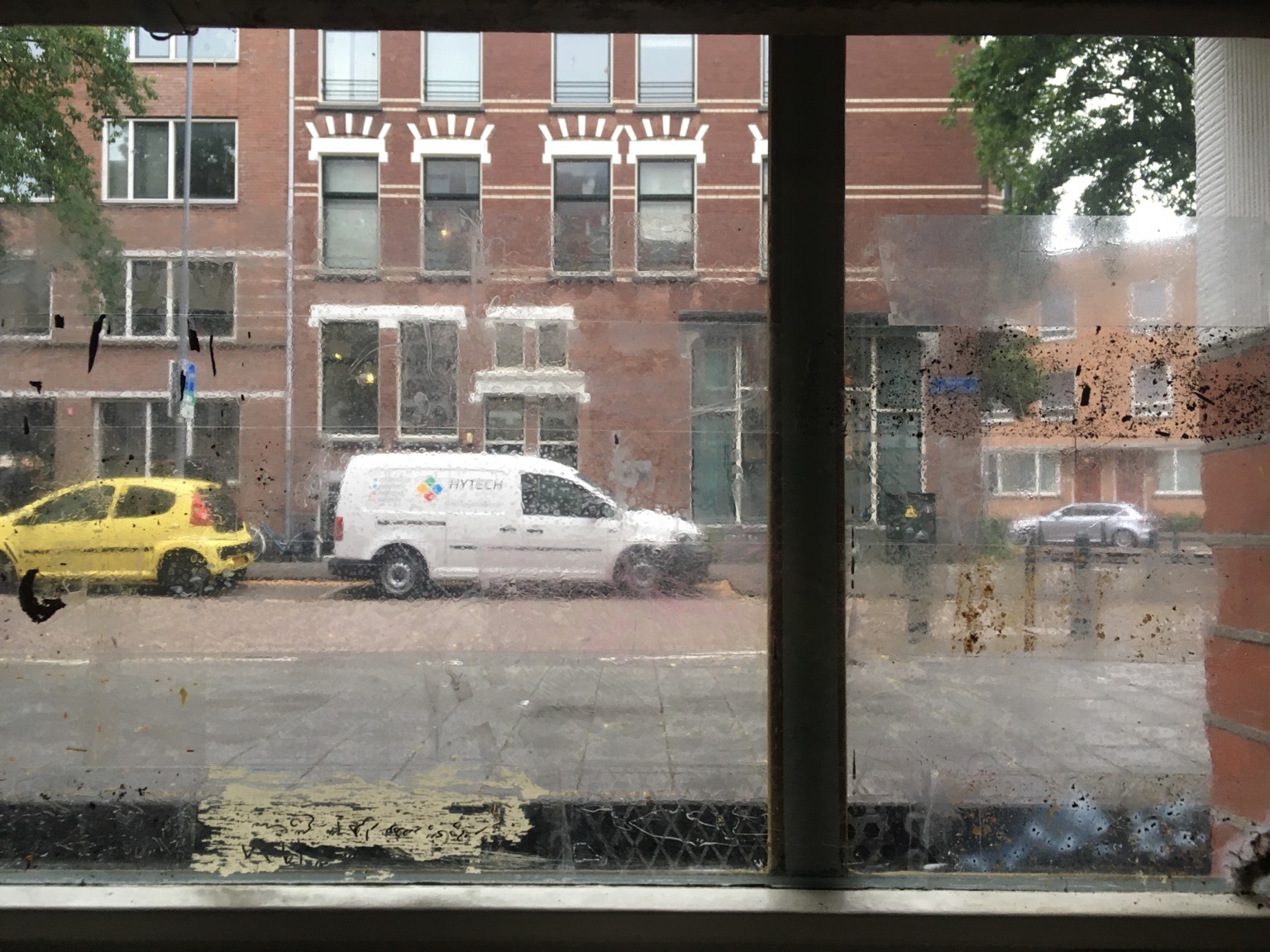
244
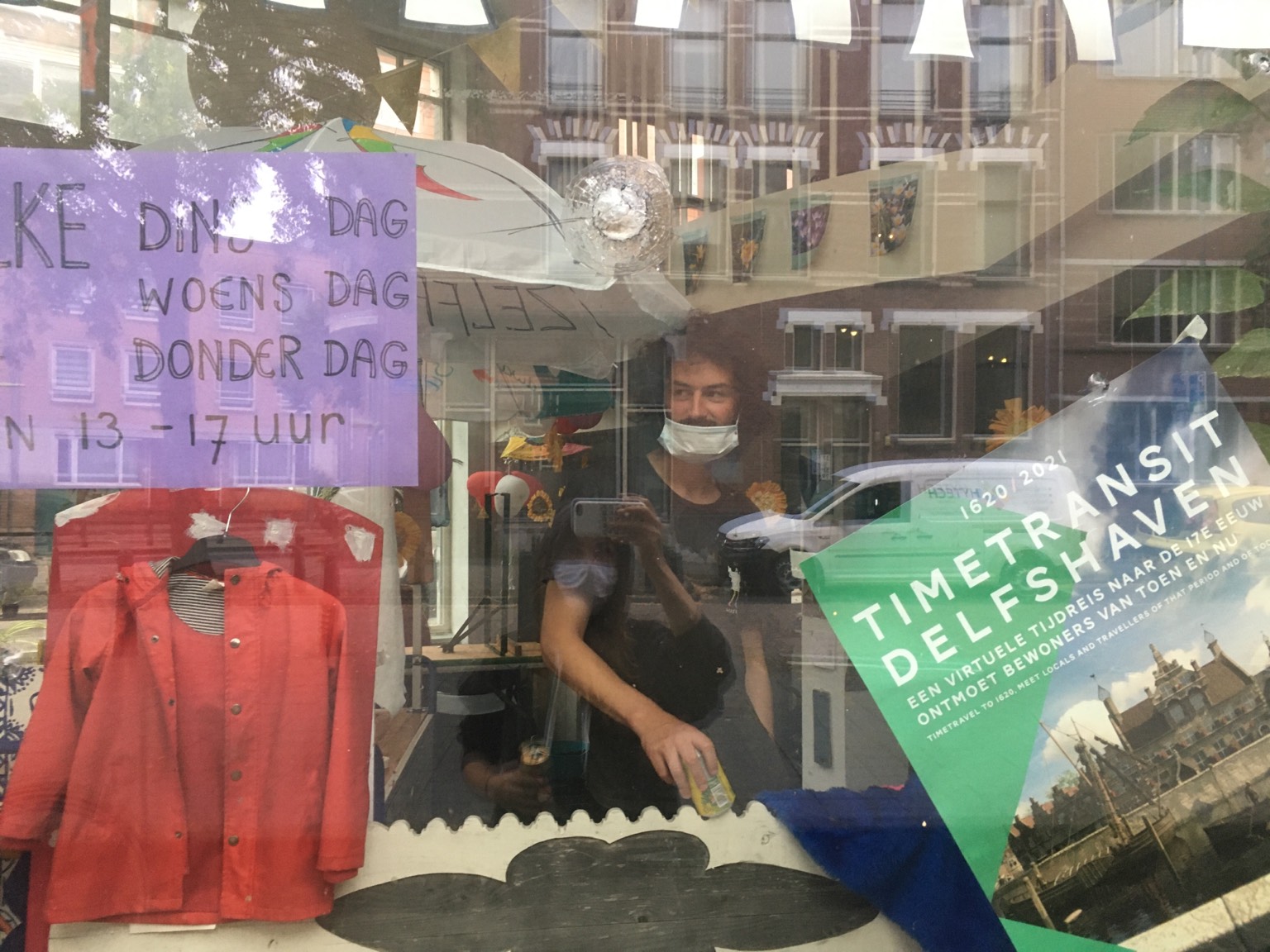
243

236
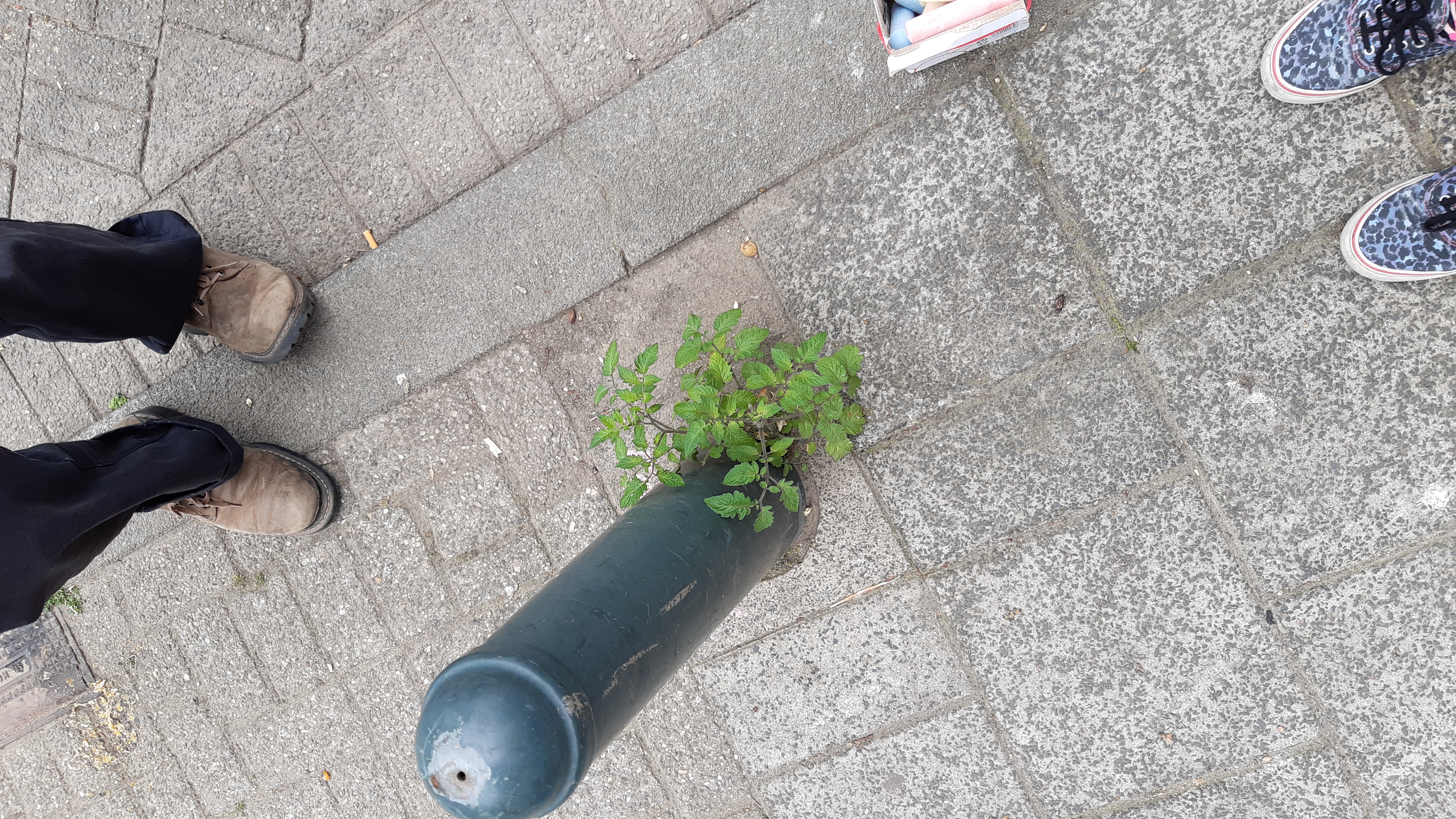
235
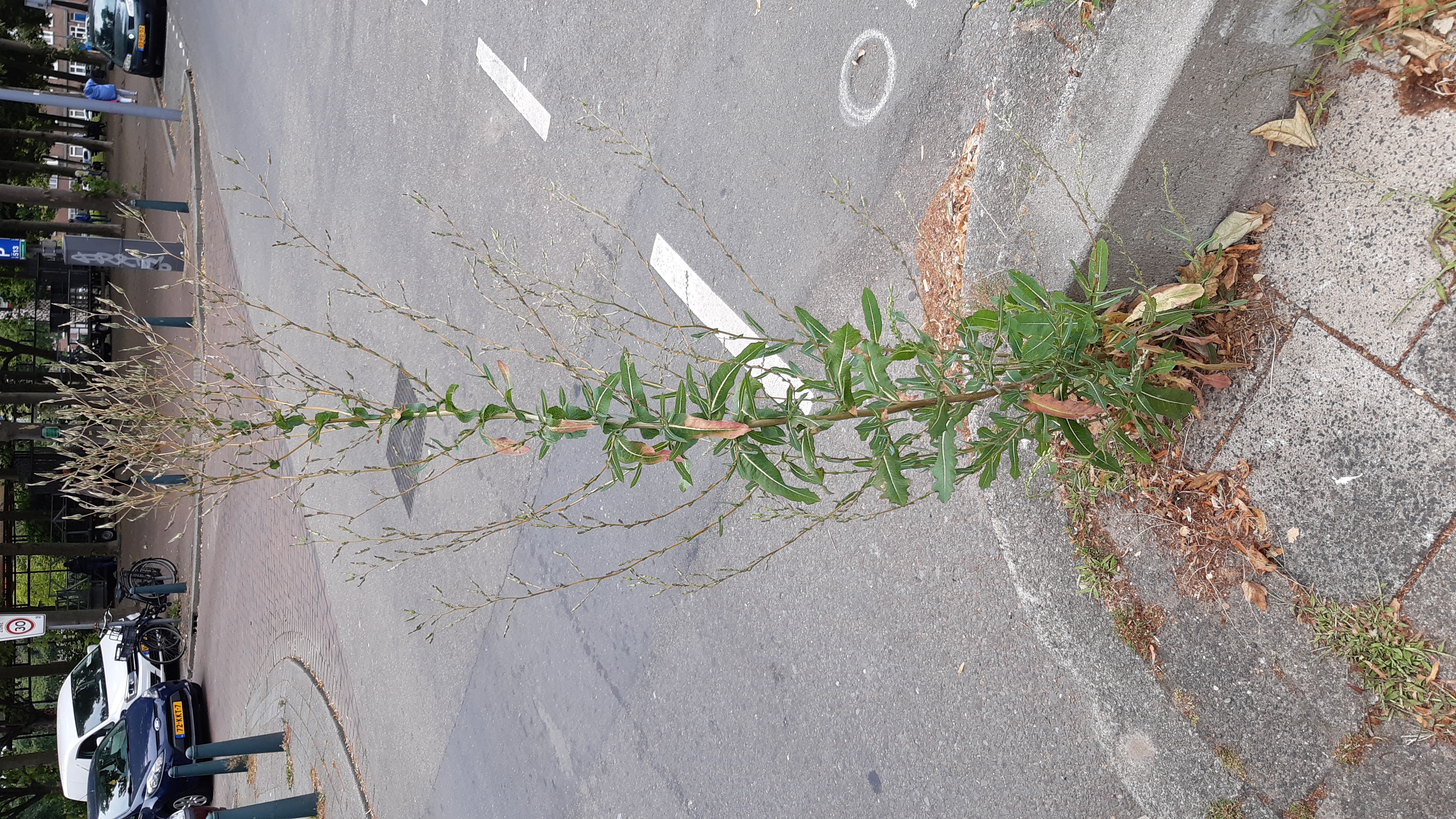
234
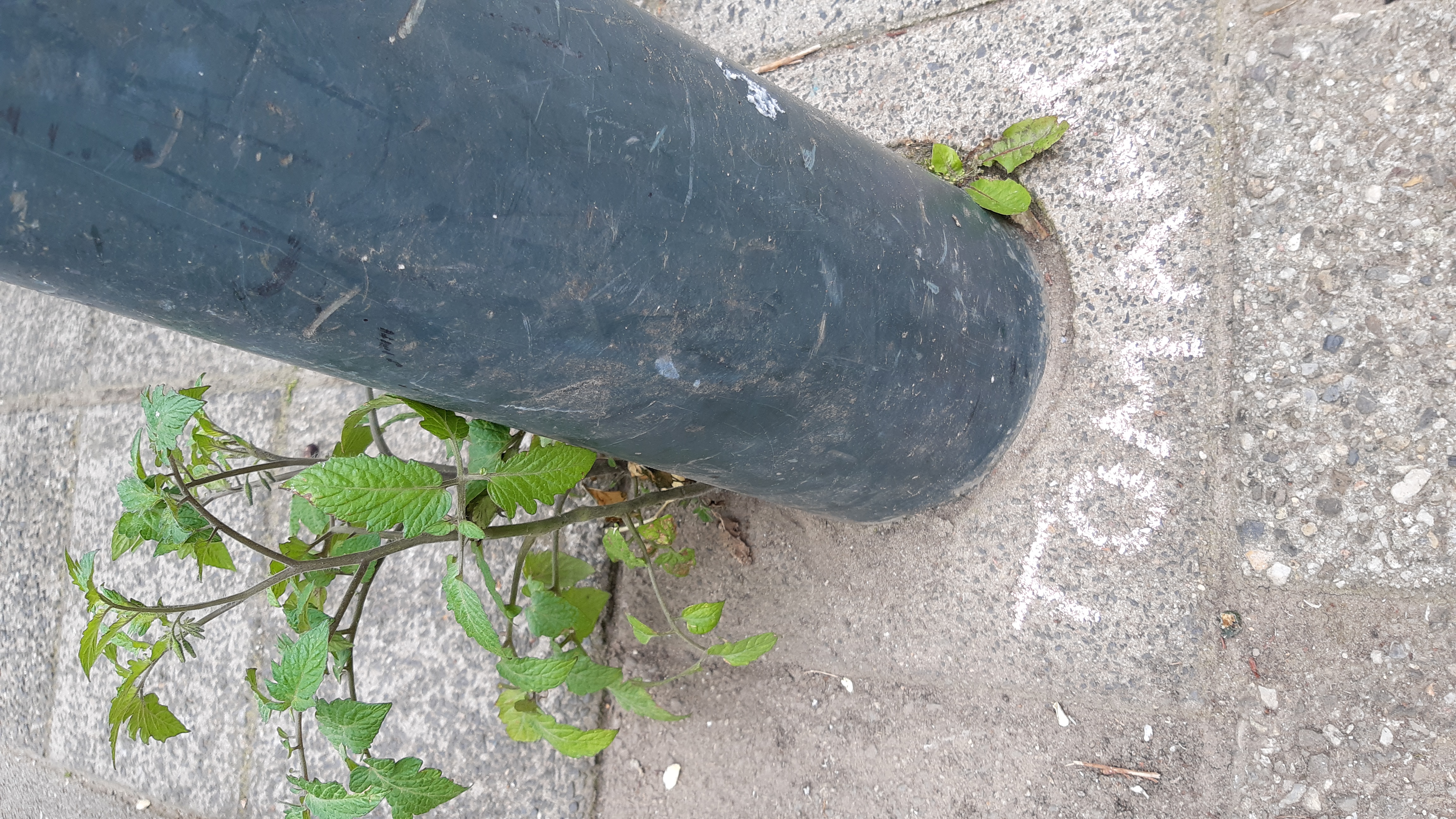
233
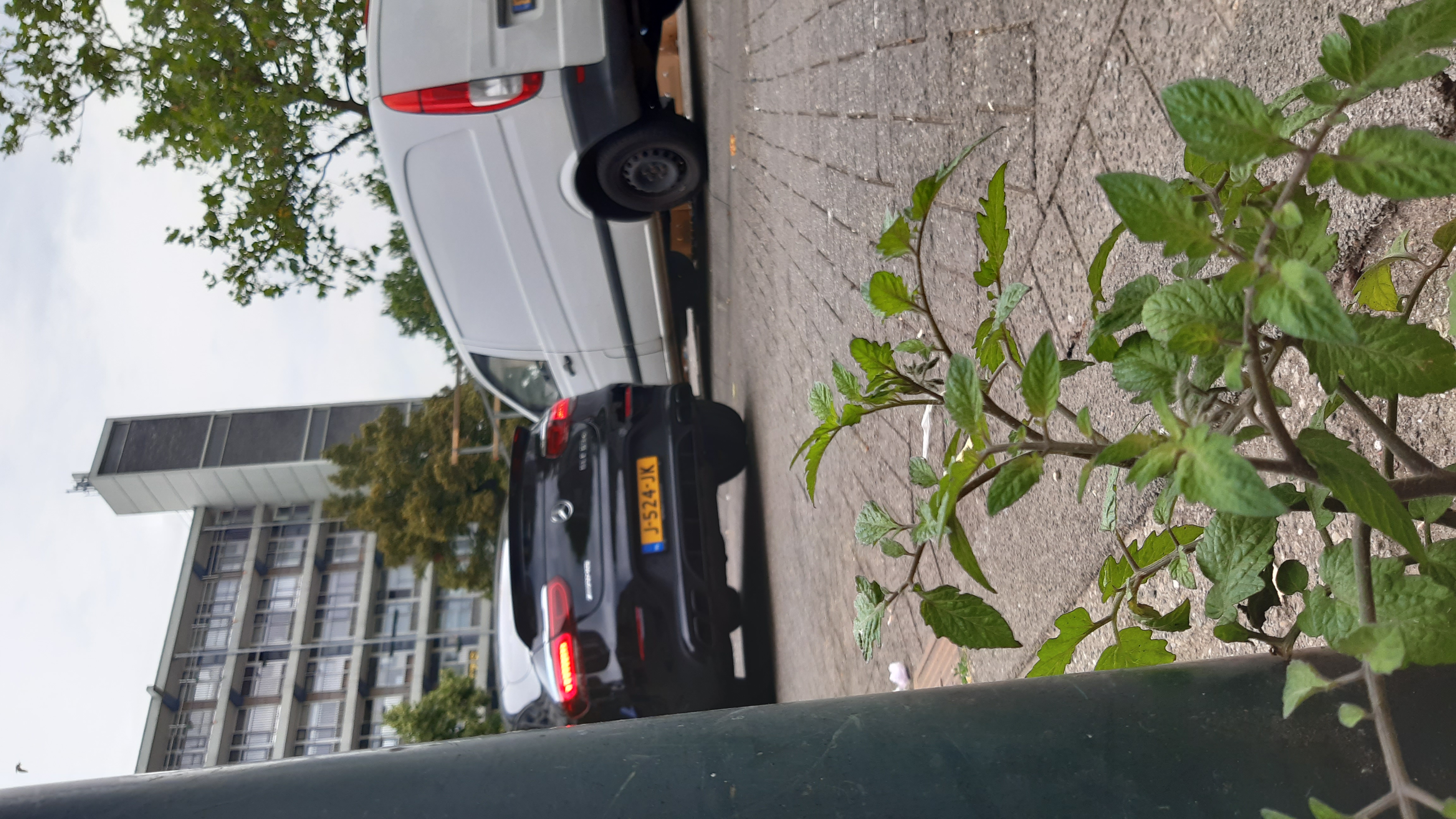
232
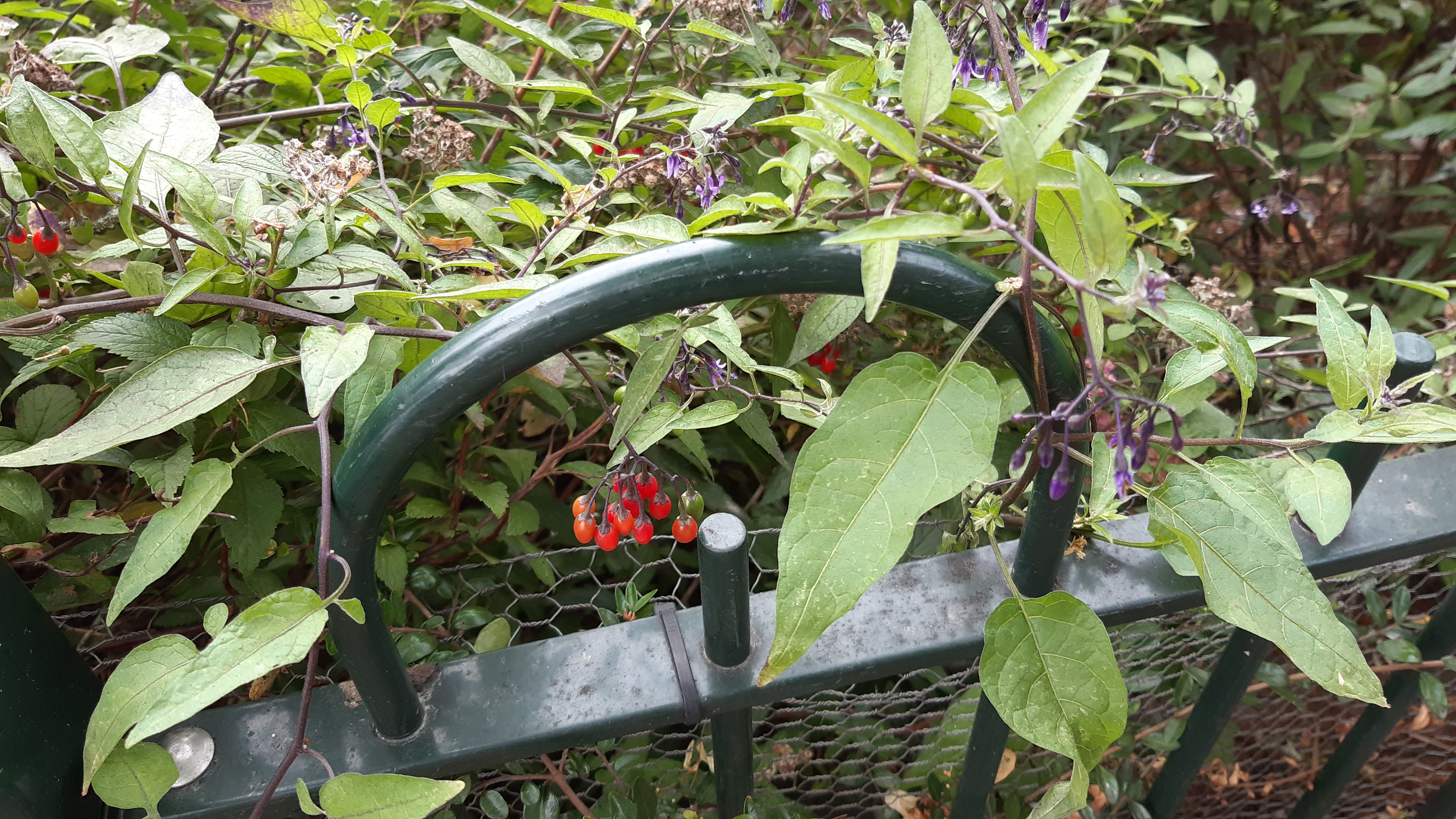
231
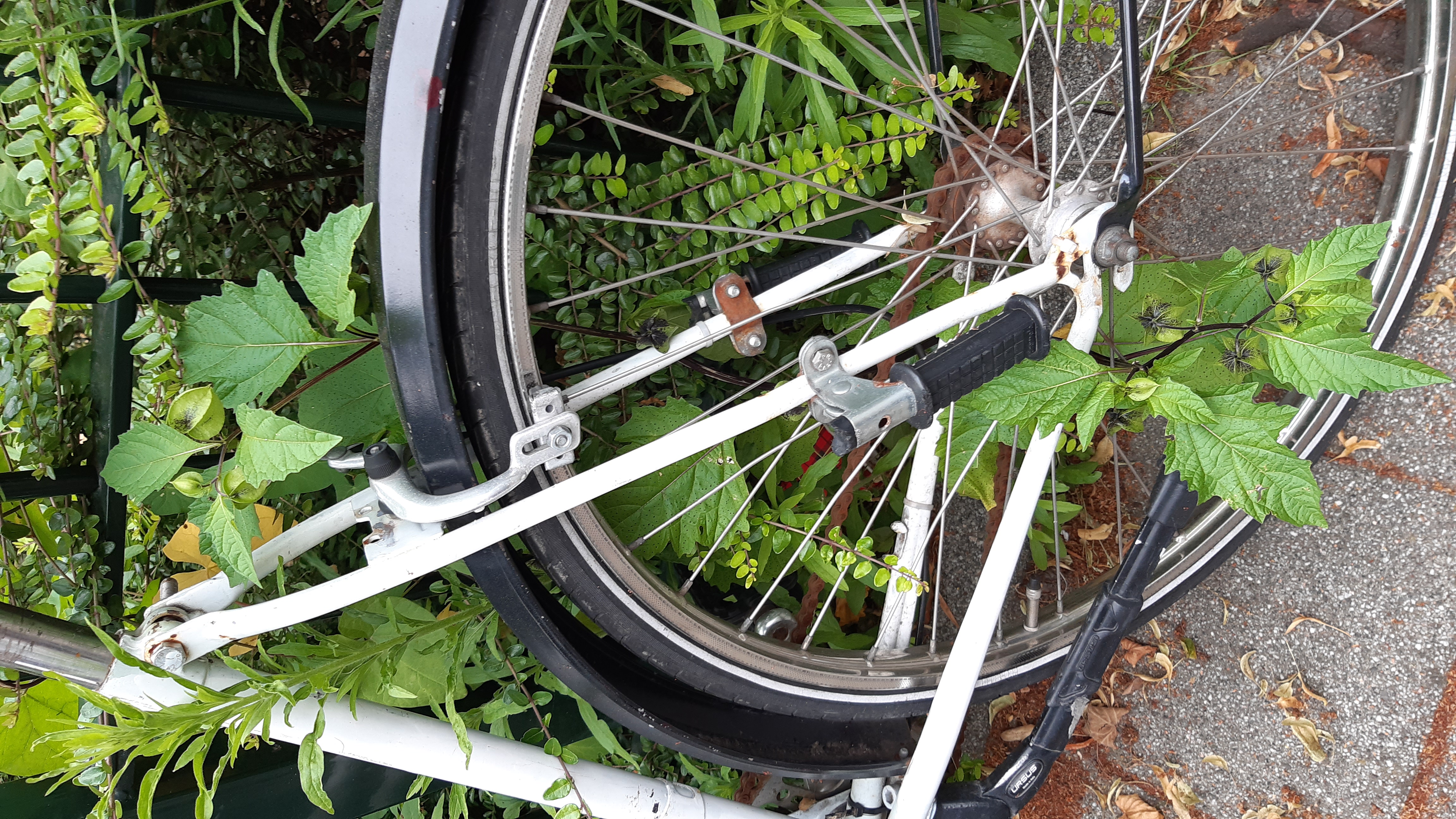
230
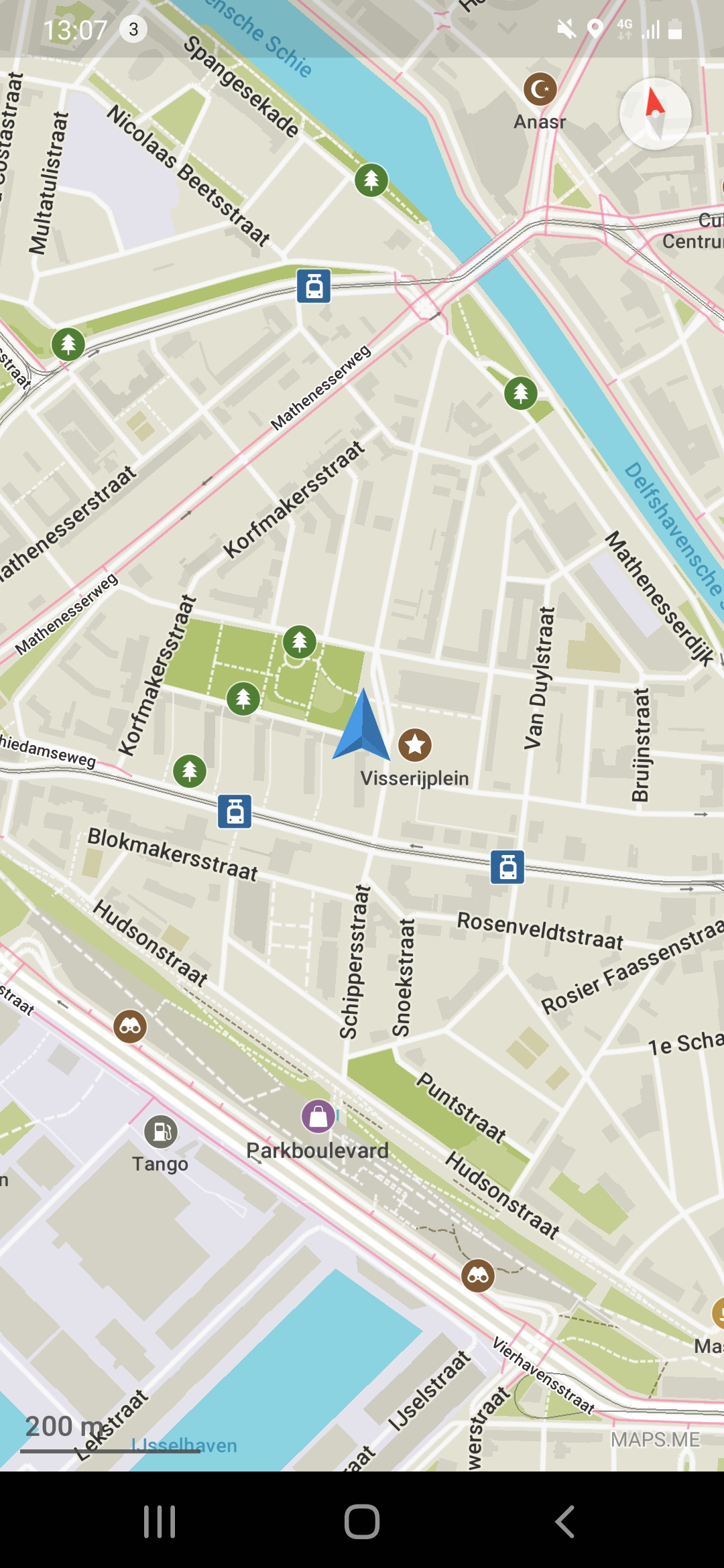
229

228
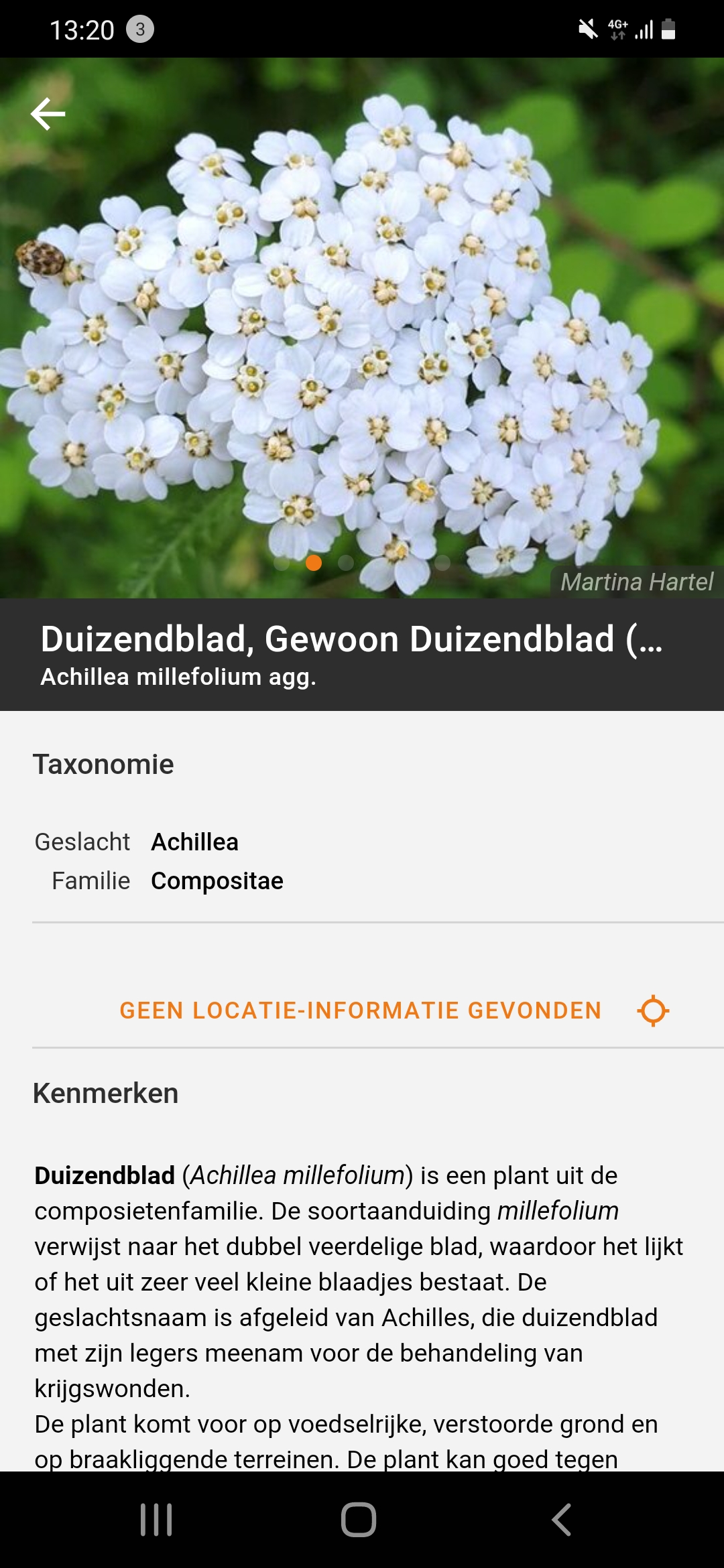
227
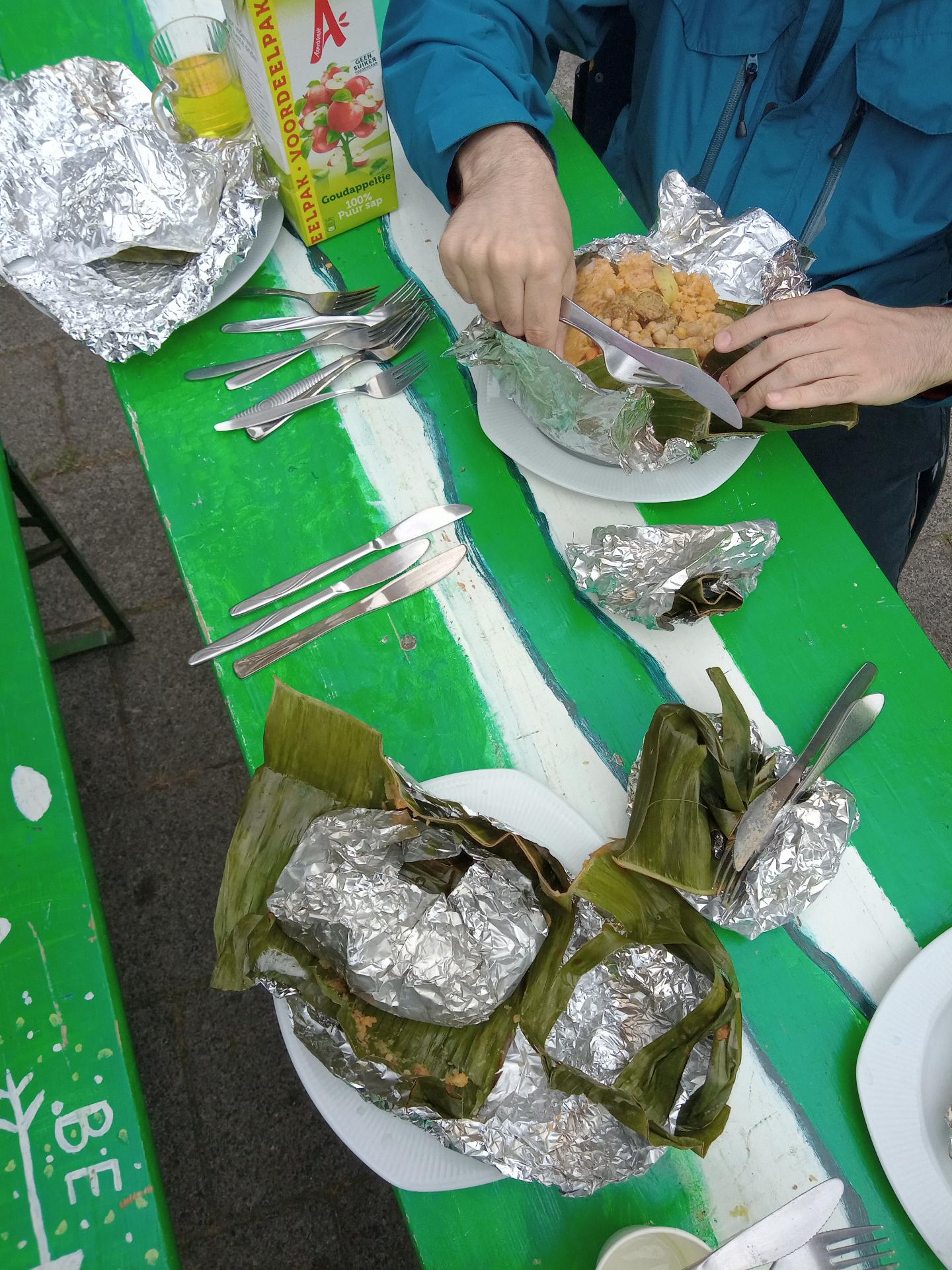
226
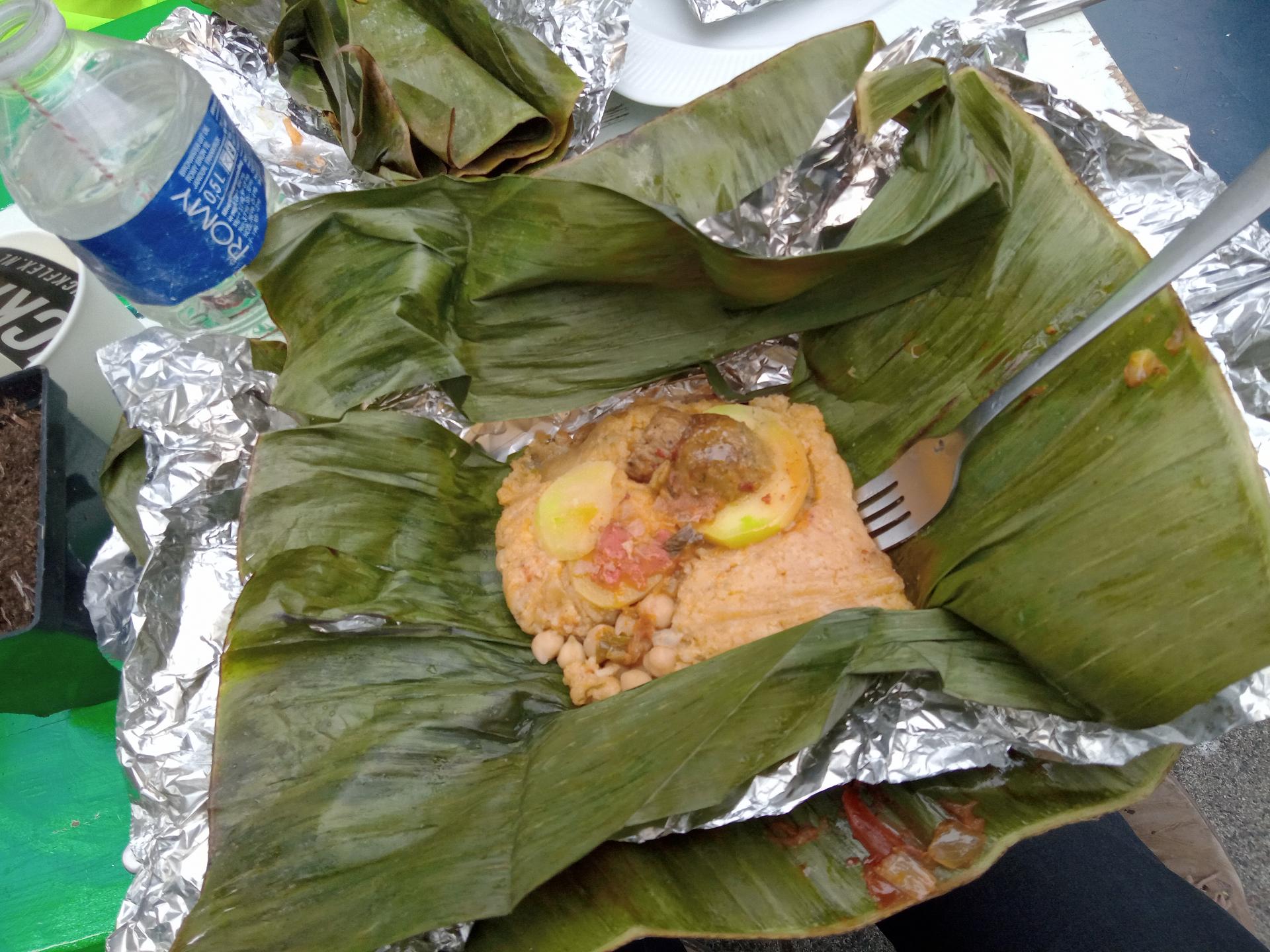
225
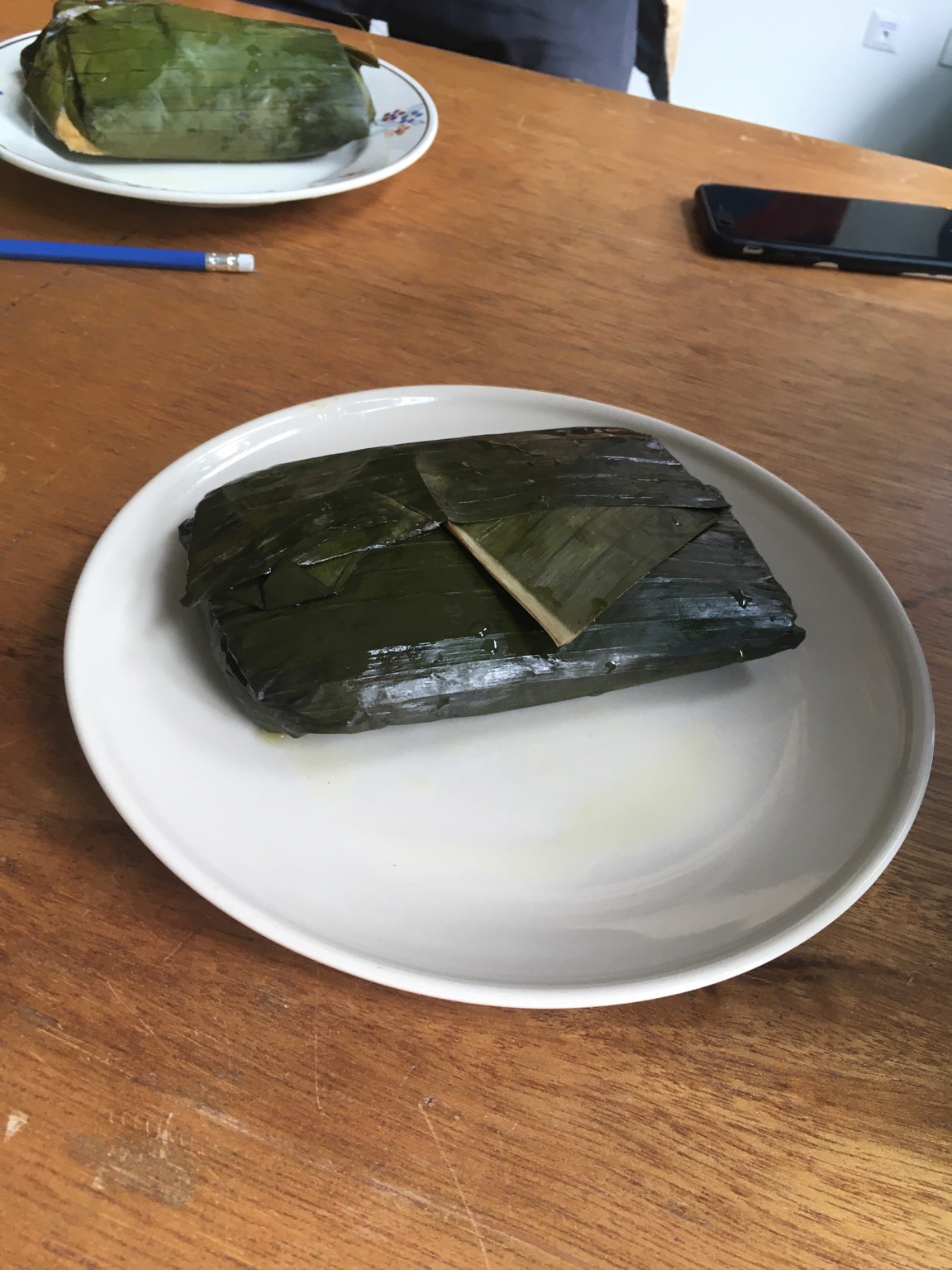
224
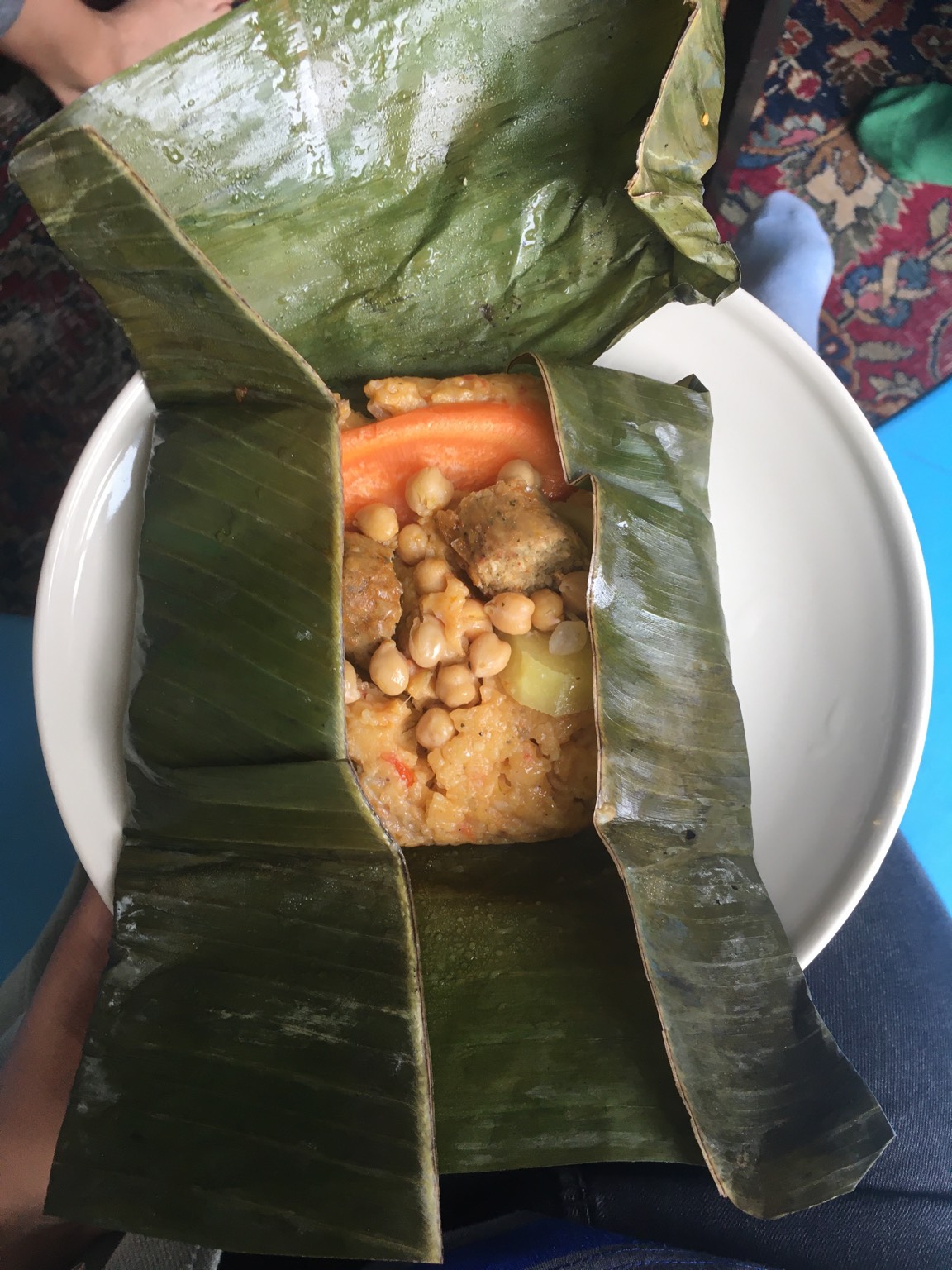
223
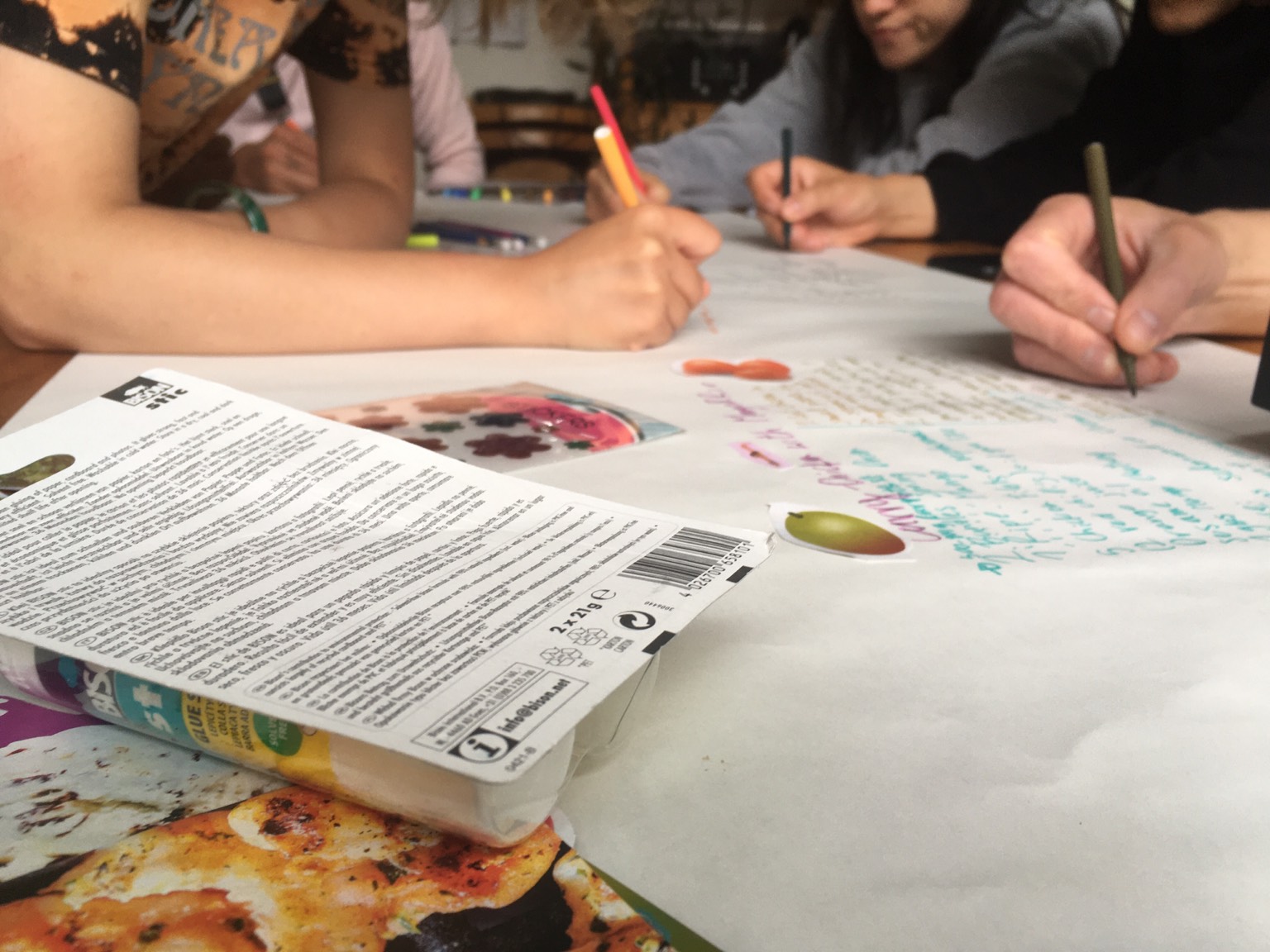
222
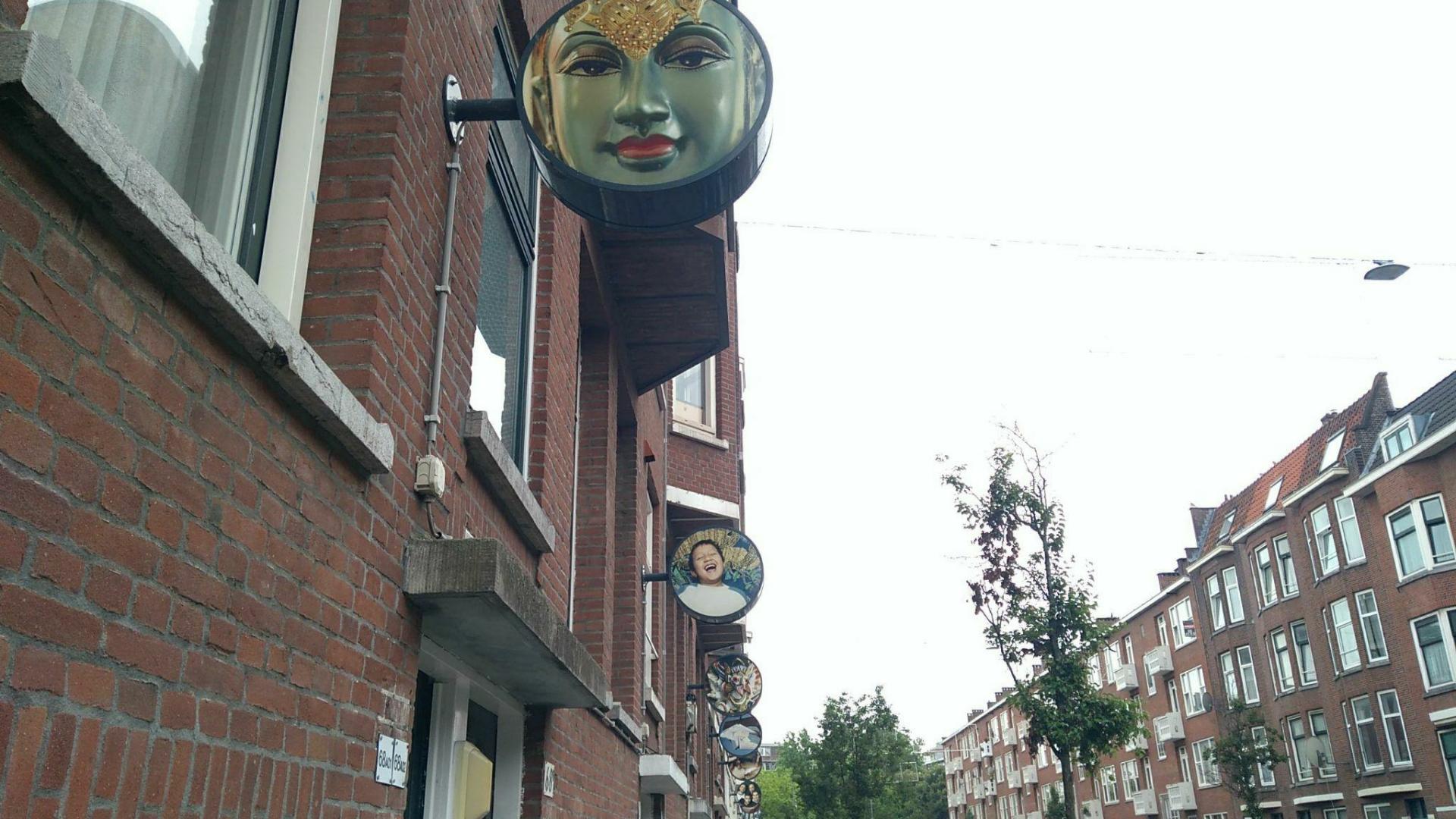
221
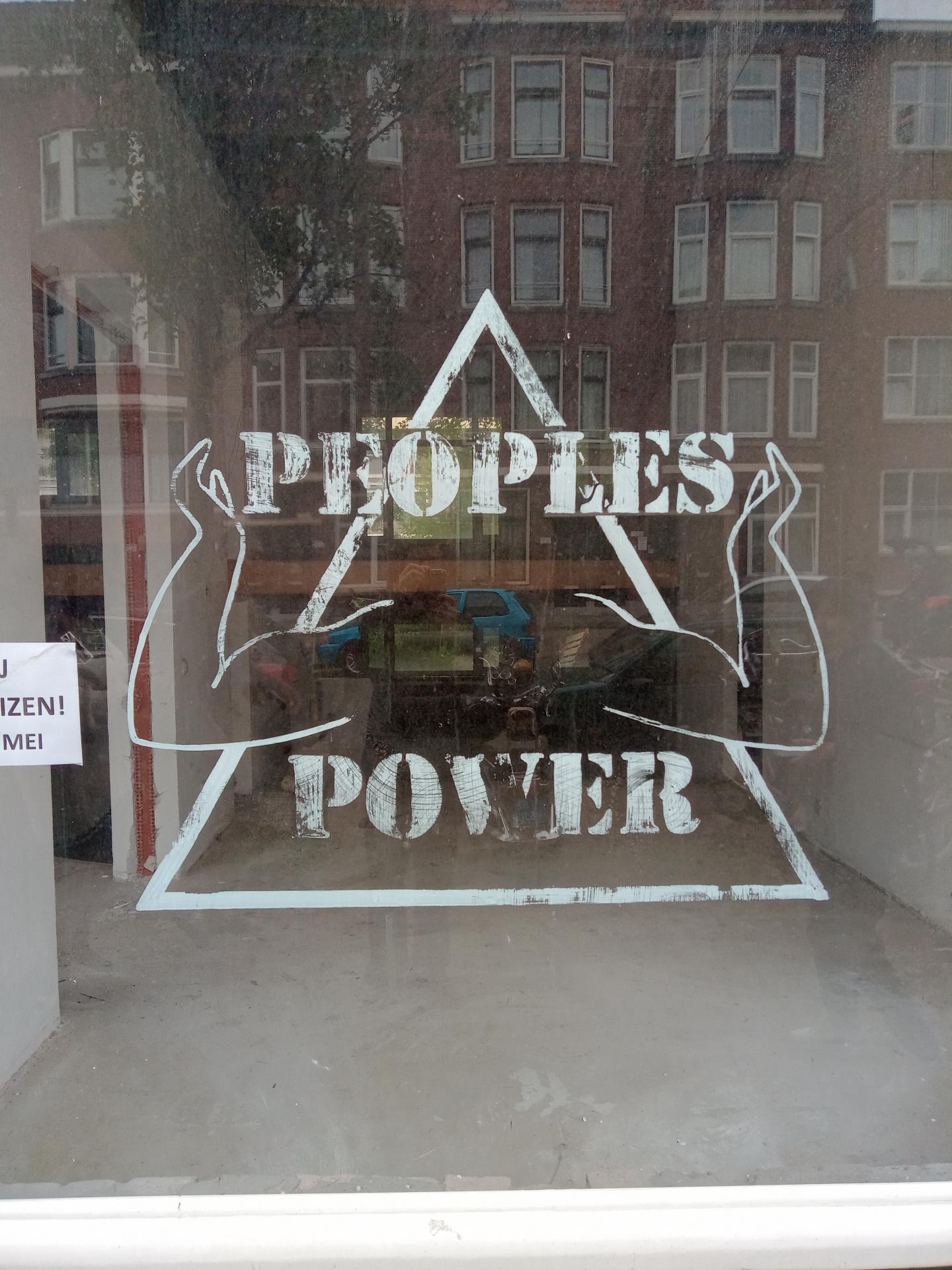
220
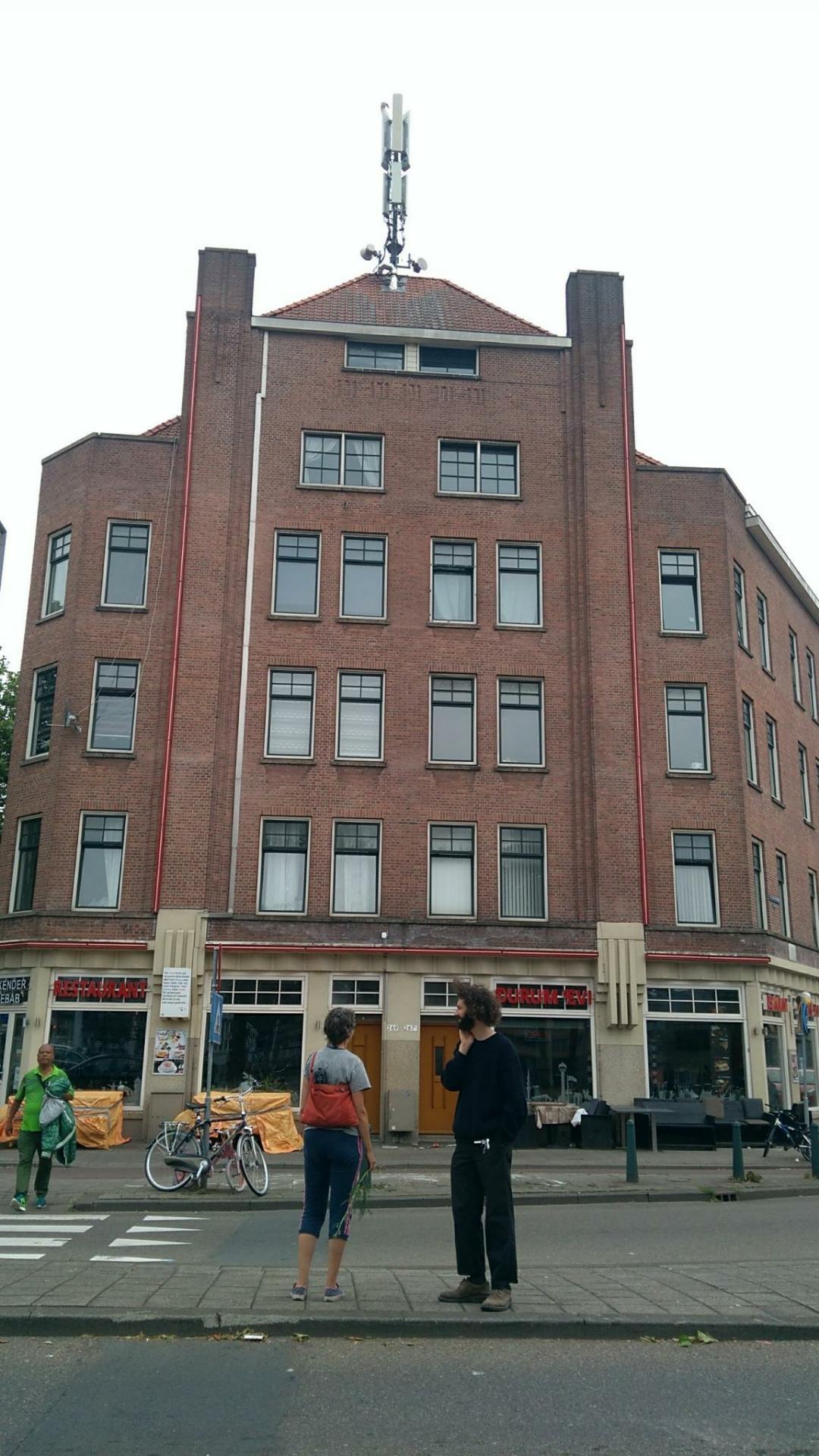
219
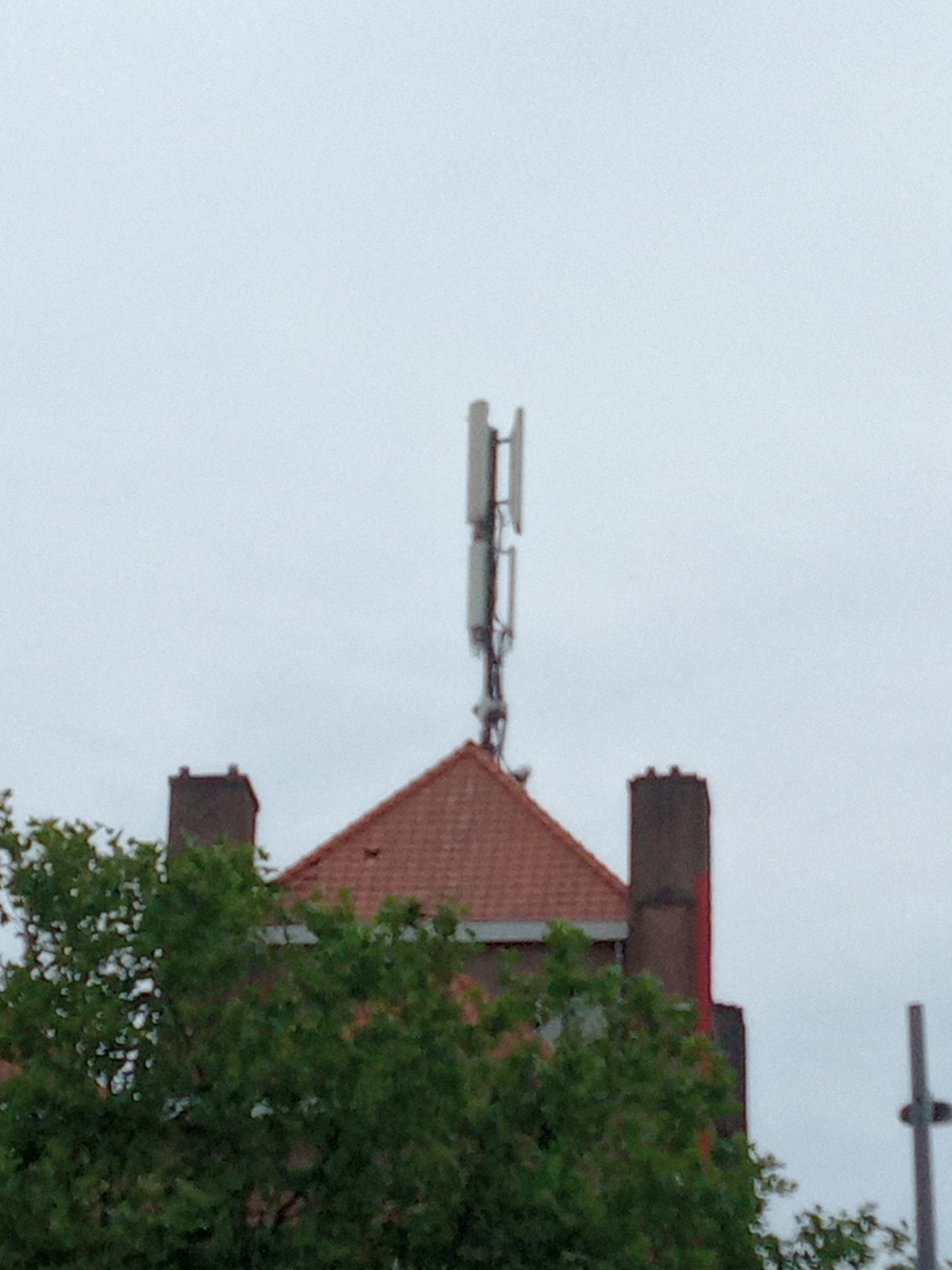
218
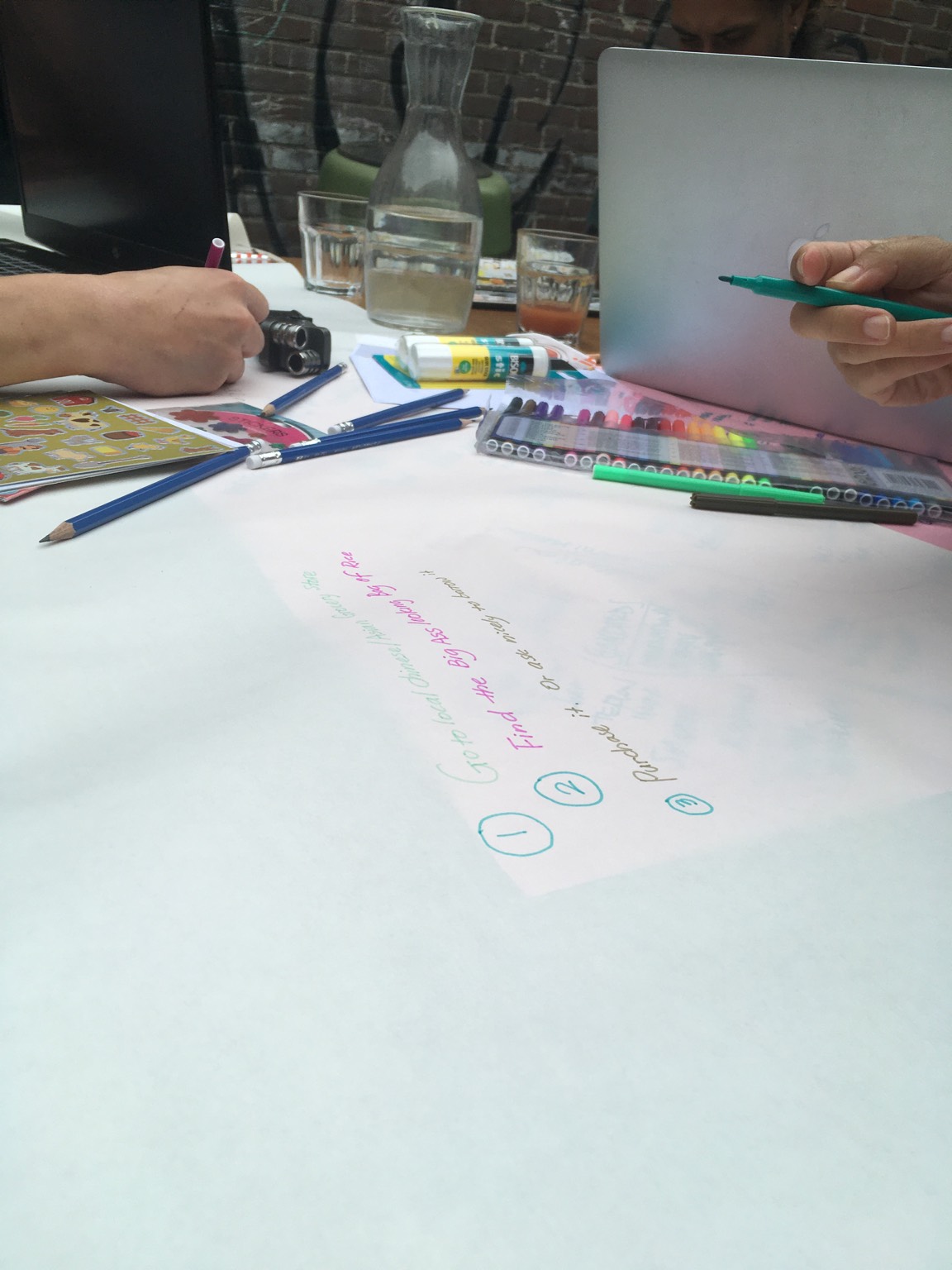
217
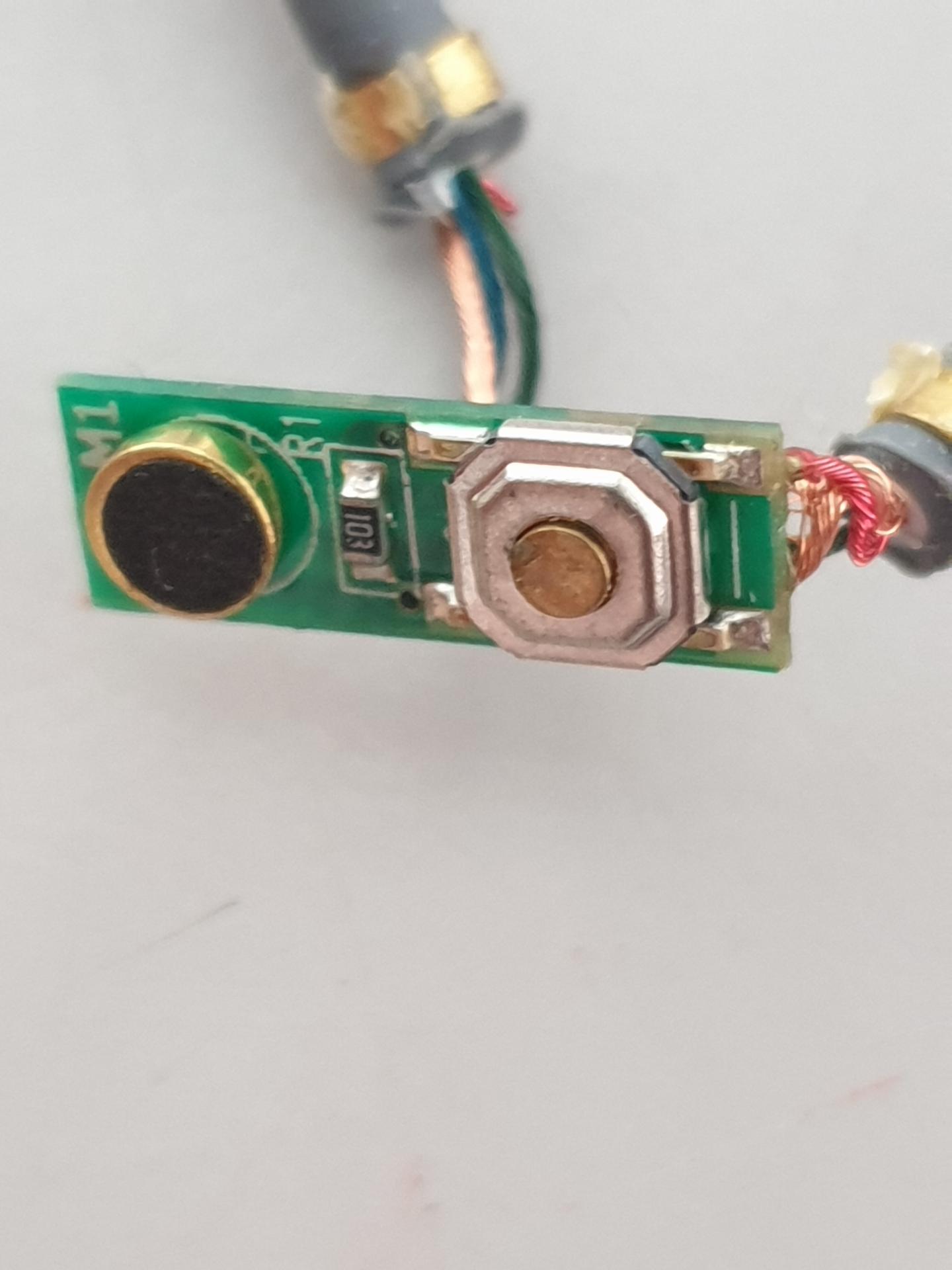
216
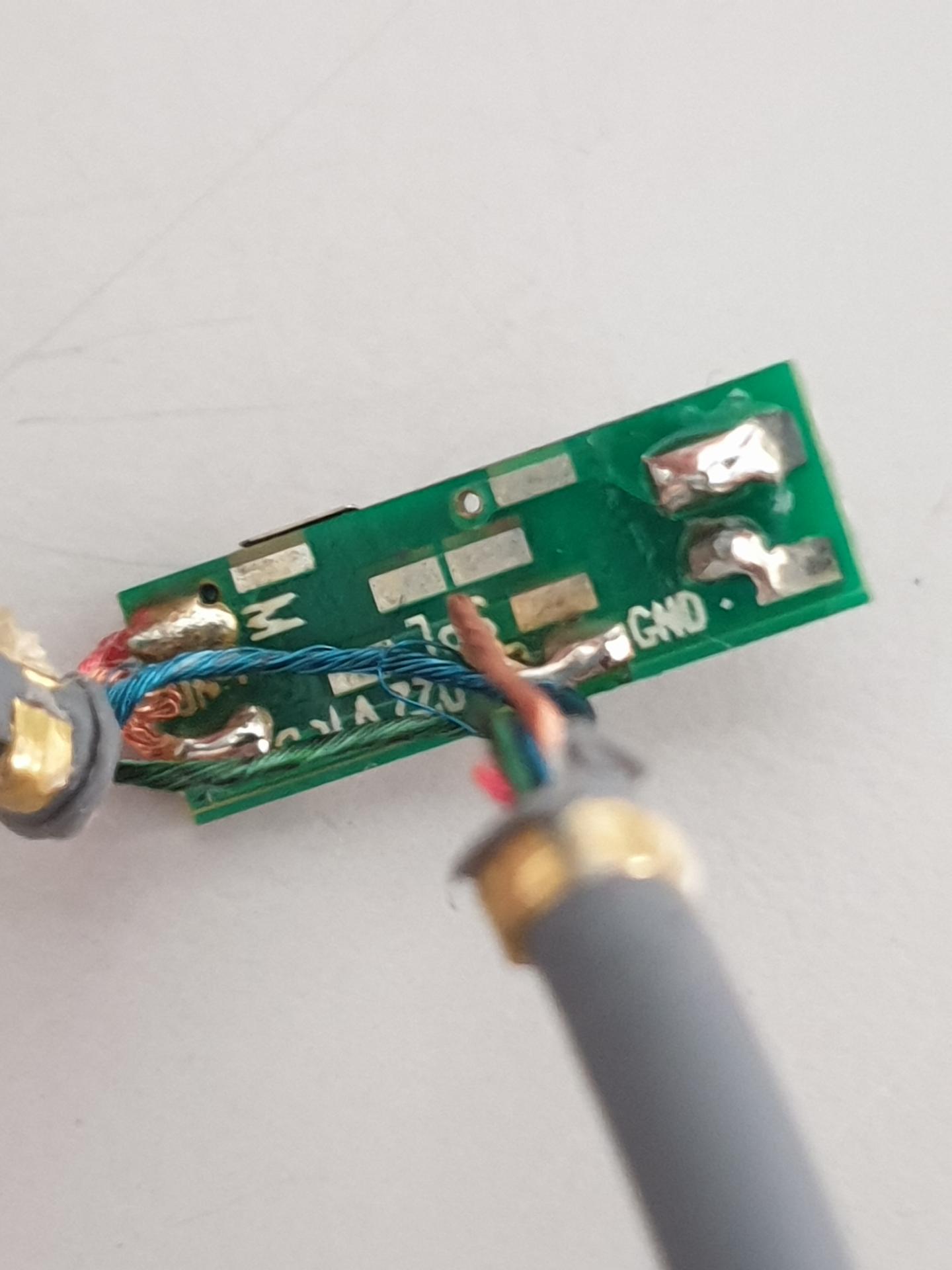
215
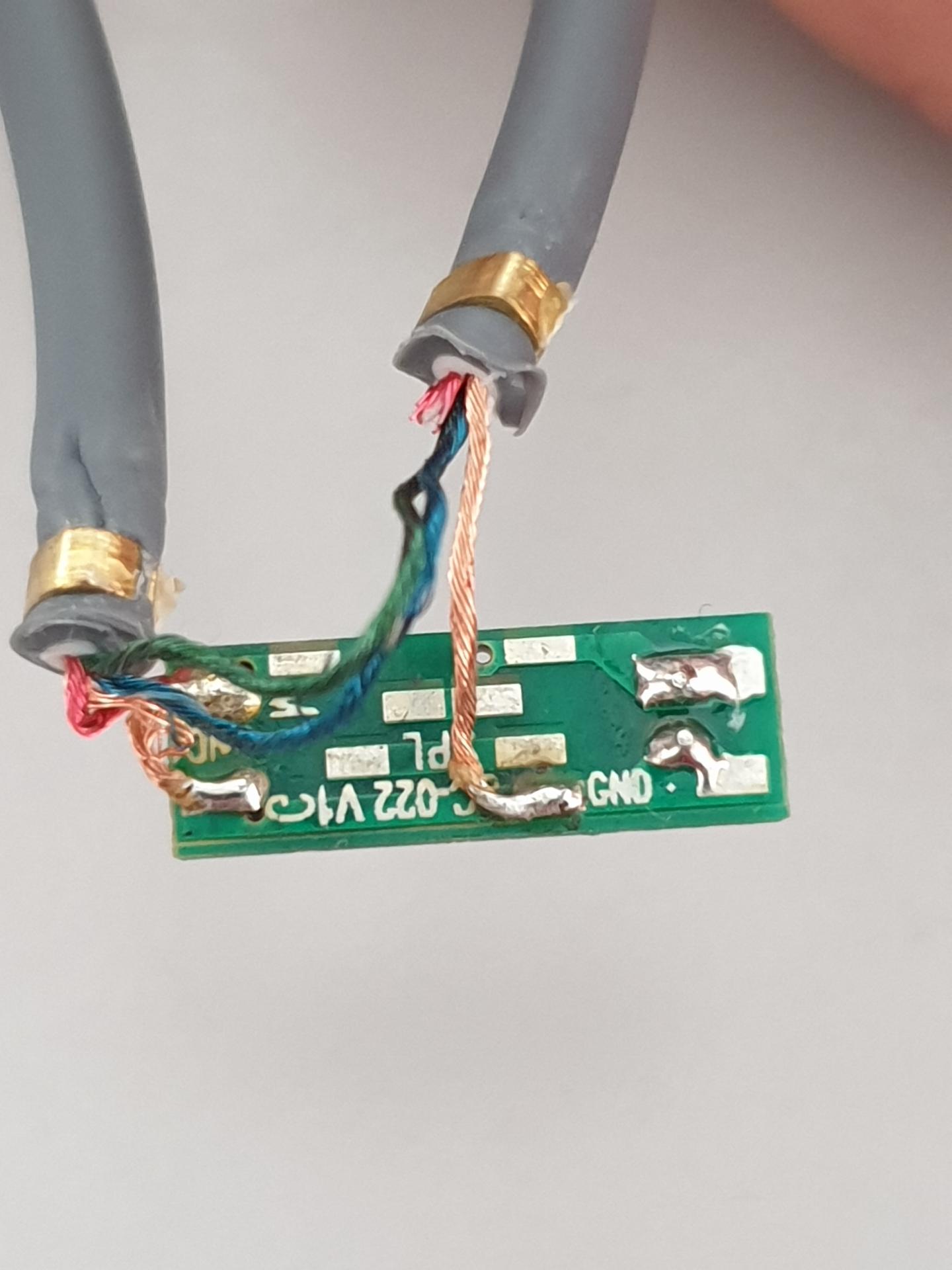
214
"When two hands touch, there is a sensuality of the flesh, an exchange of warmth, a feeling of pressure, of presence, a proximity of otherness that brings the other nearly as close as oneself. Perhaps closer. And if the two hands belong to one person, might this not enliven an uncanny sense of the otherness of the self, a literal holding oneself at a distance in the sensation of contact, the greeting of the stranger within? So much happens in a touch: an infinity of others – other beings, other spaces, other times – are aroused." https://www.diaphanes.net/titel/on-touching-the-inhuman-that-therefore-i-am-v1-1-3075
213
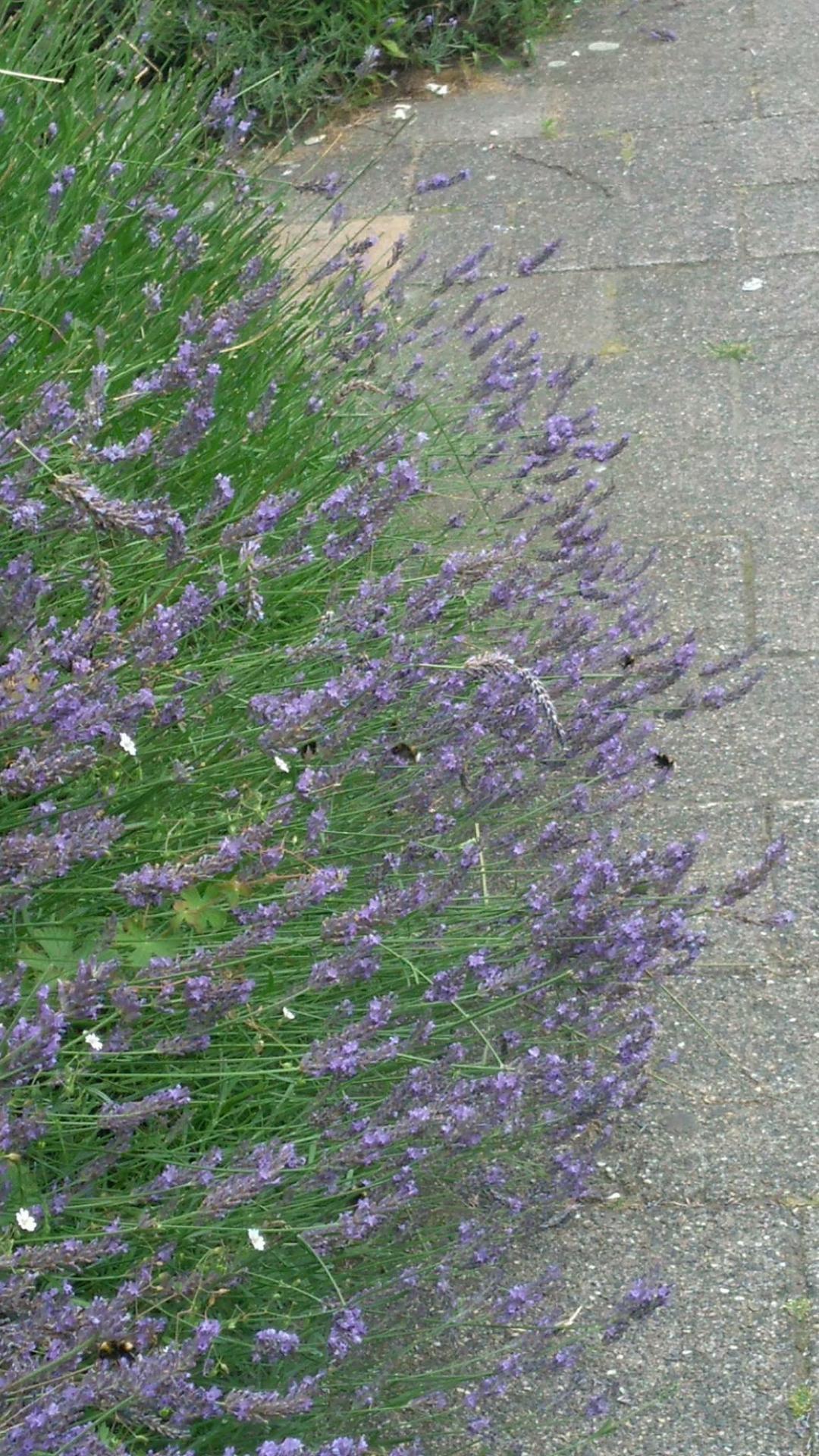
212
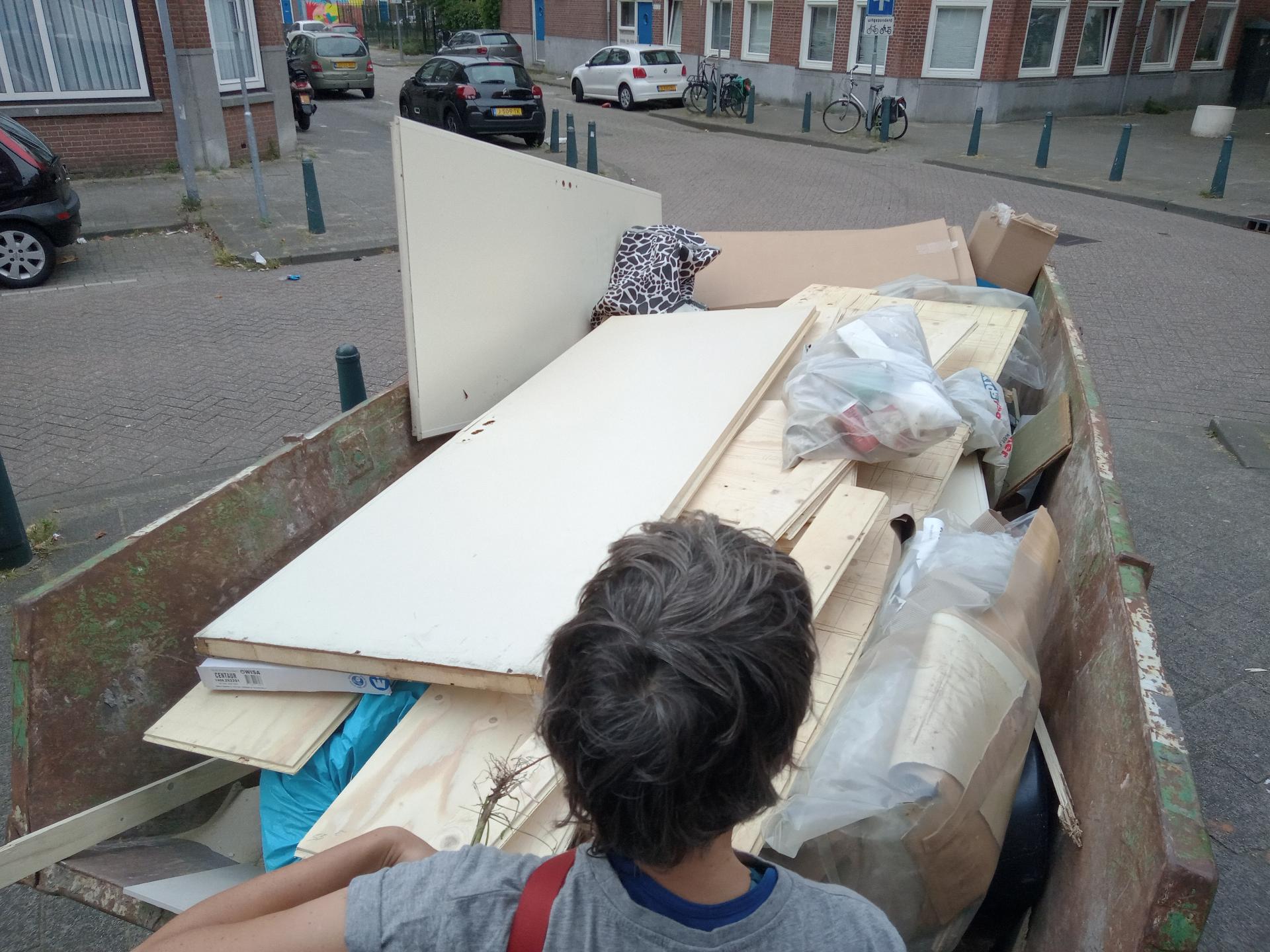
210
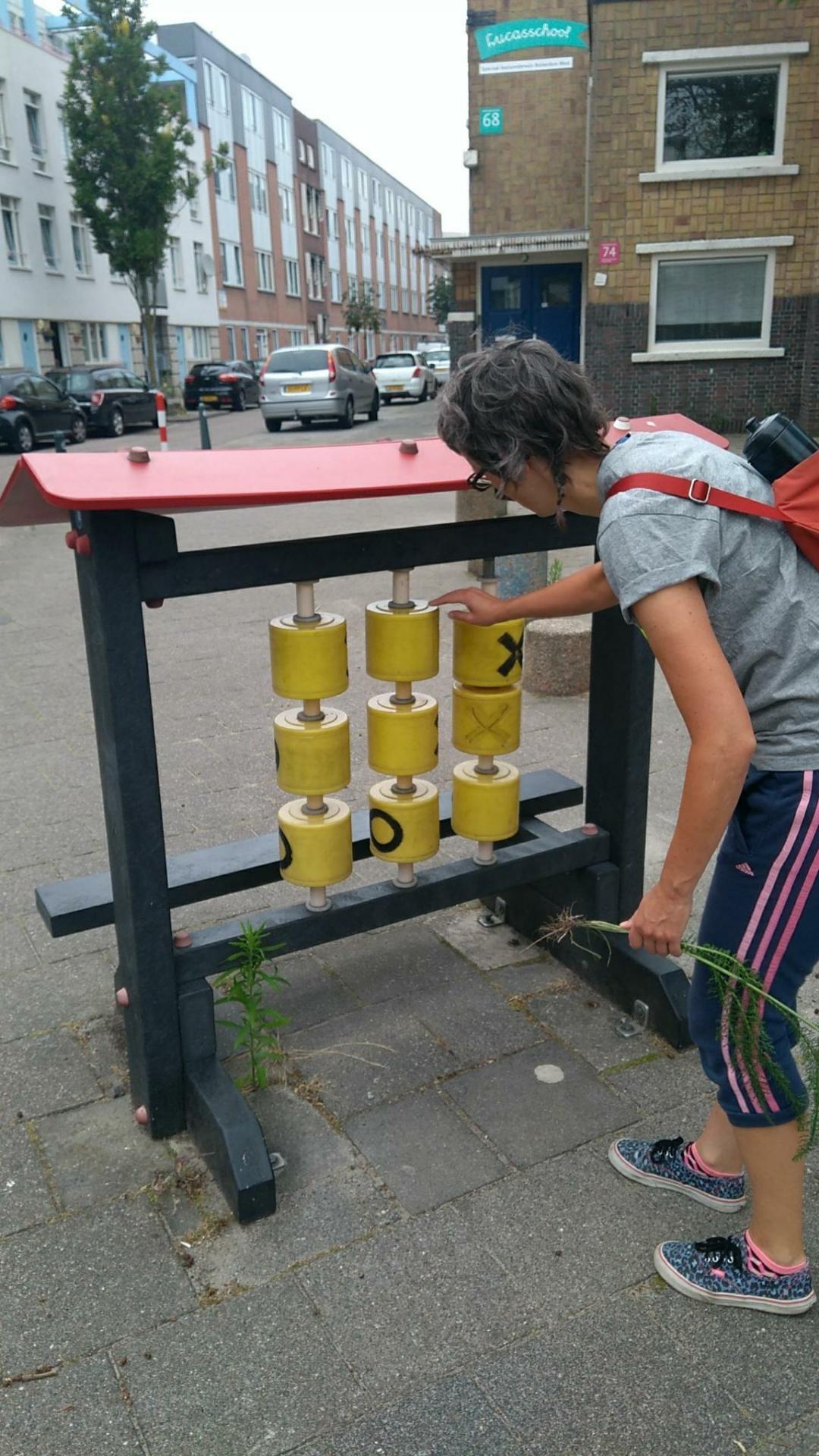
209
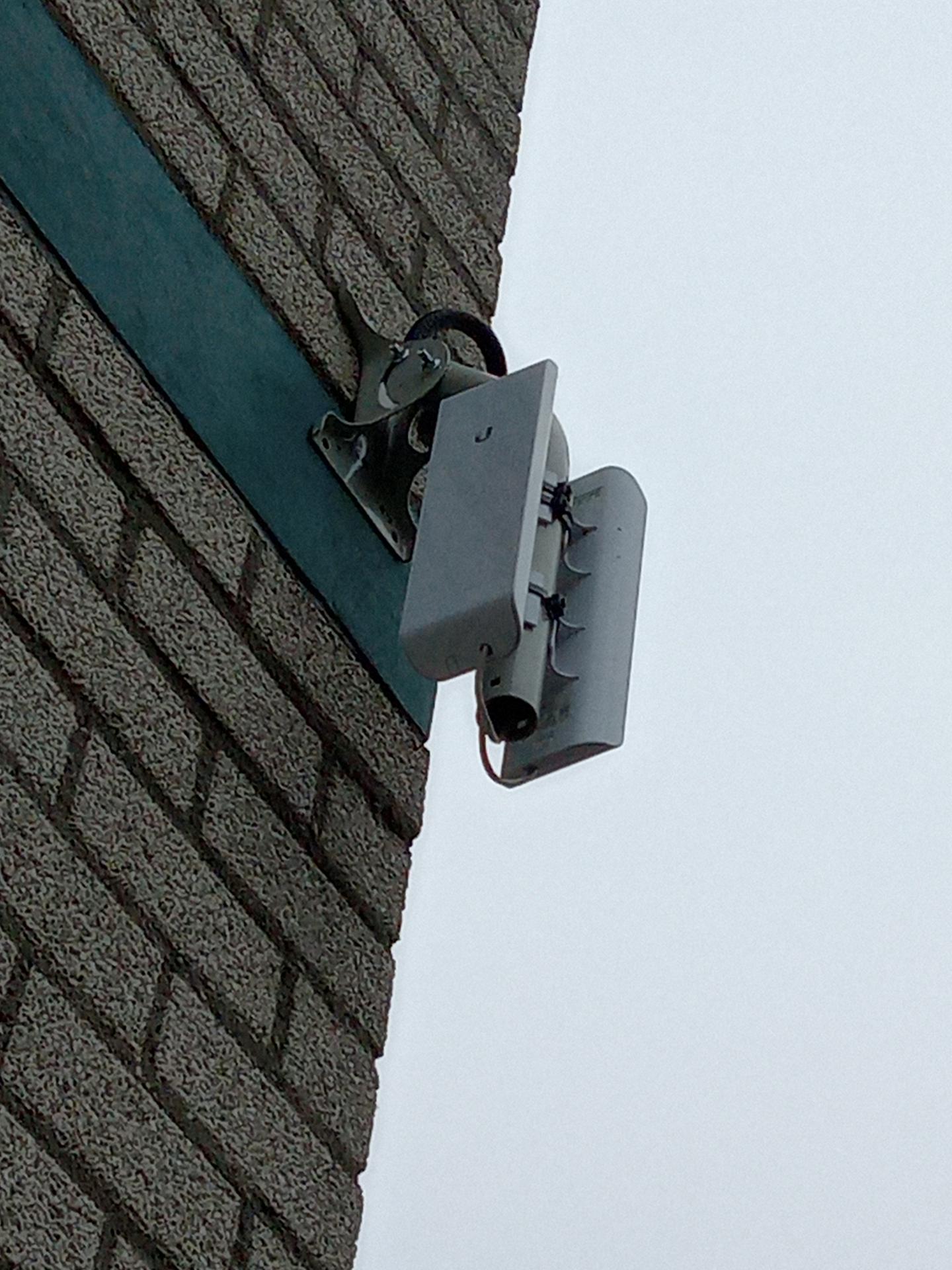
208
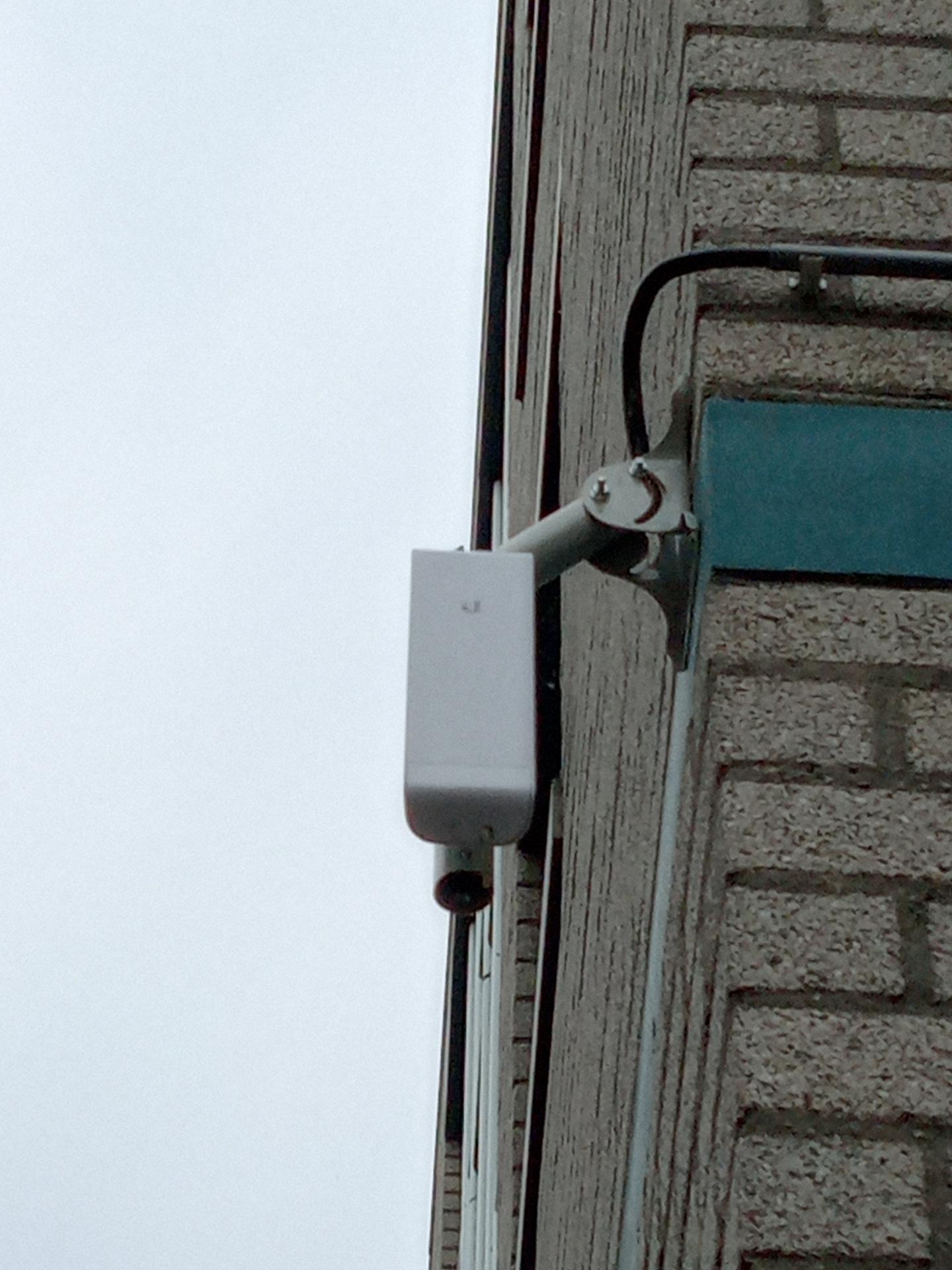
206
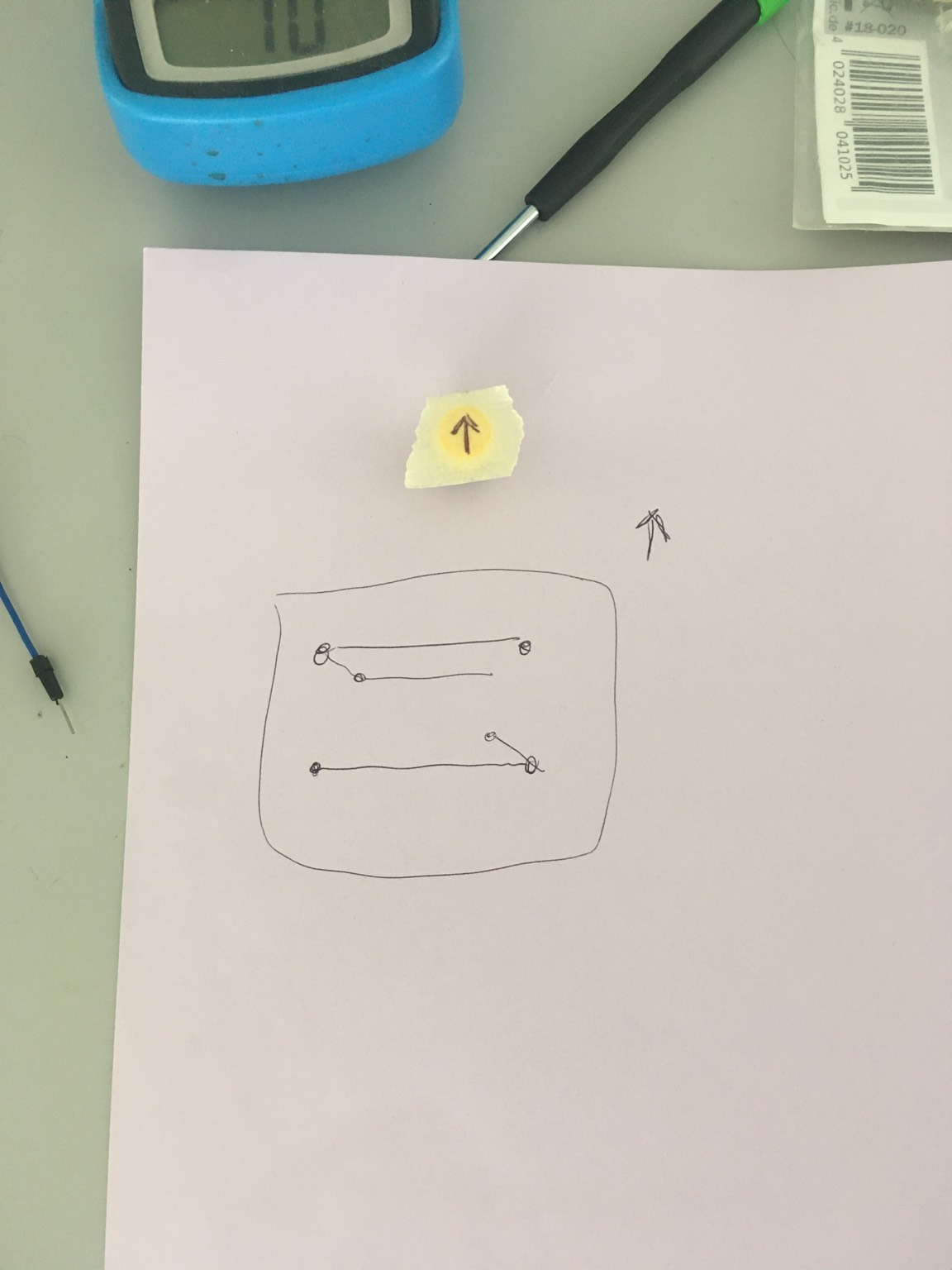
205
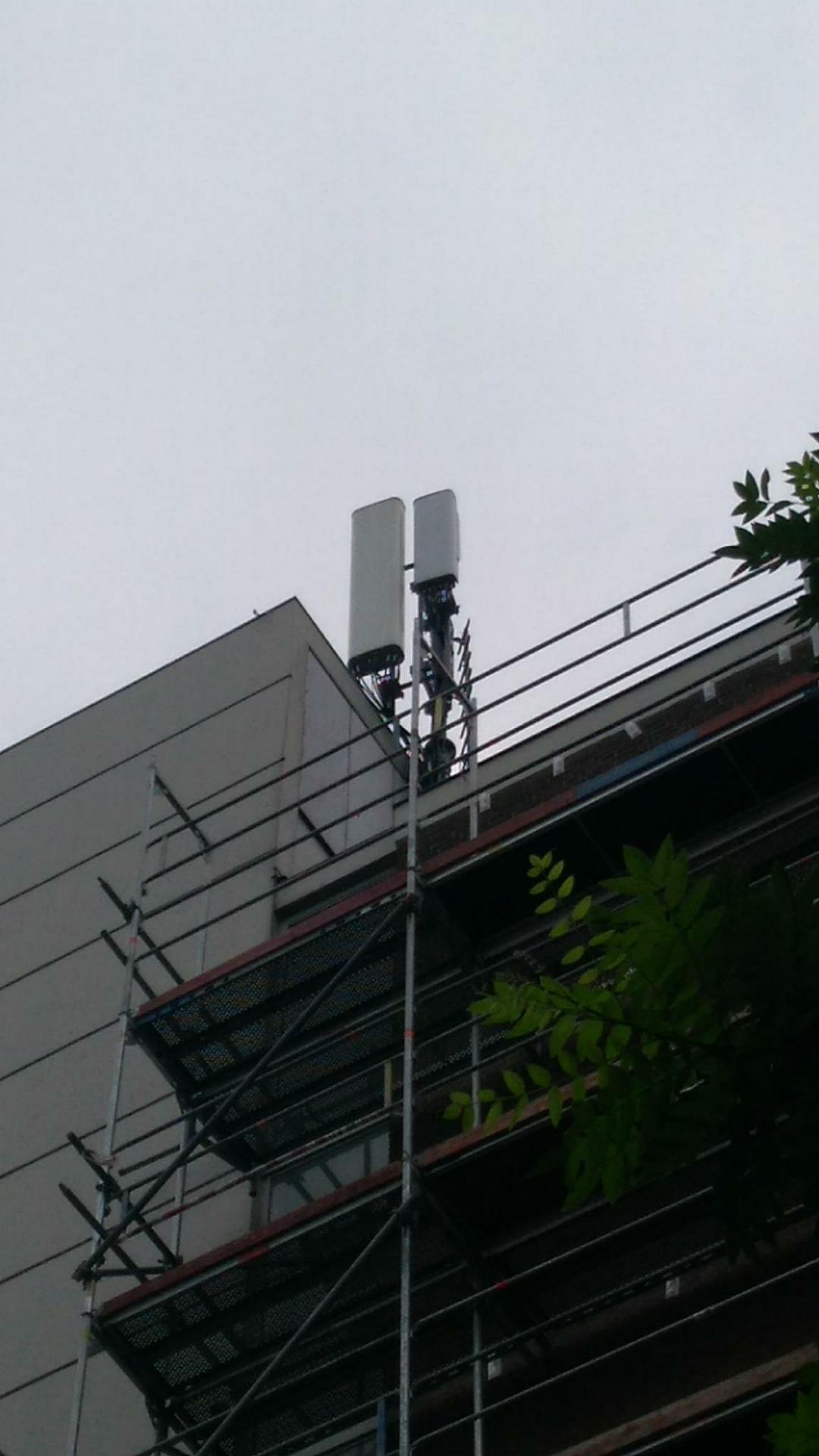
204

203
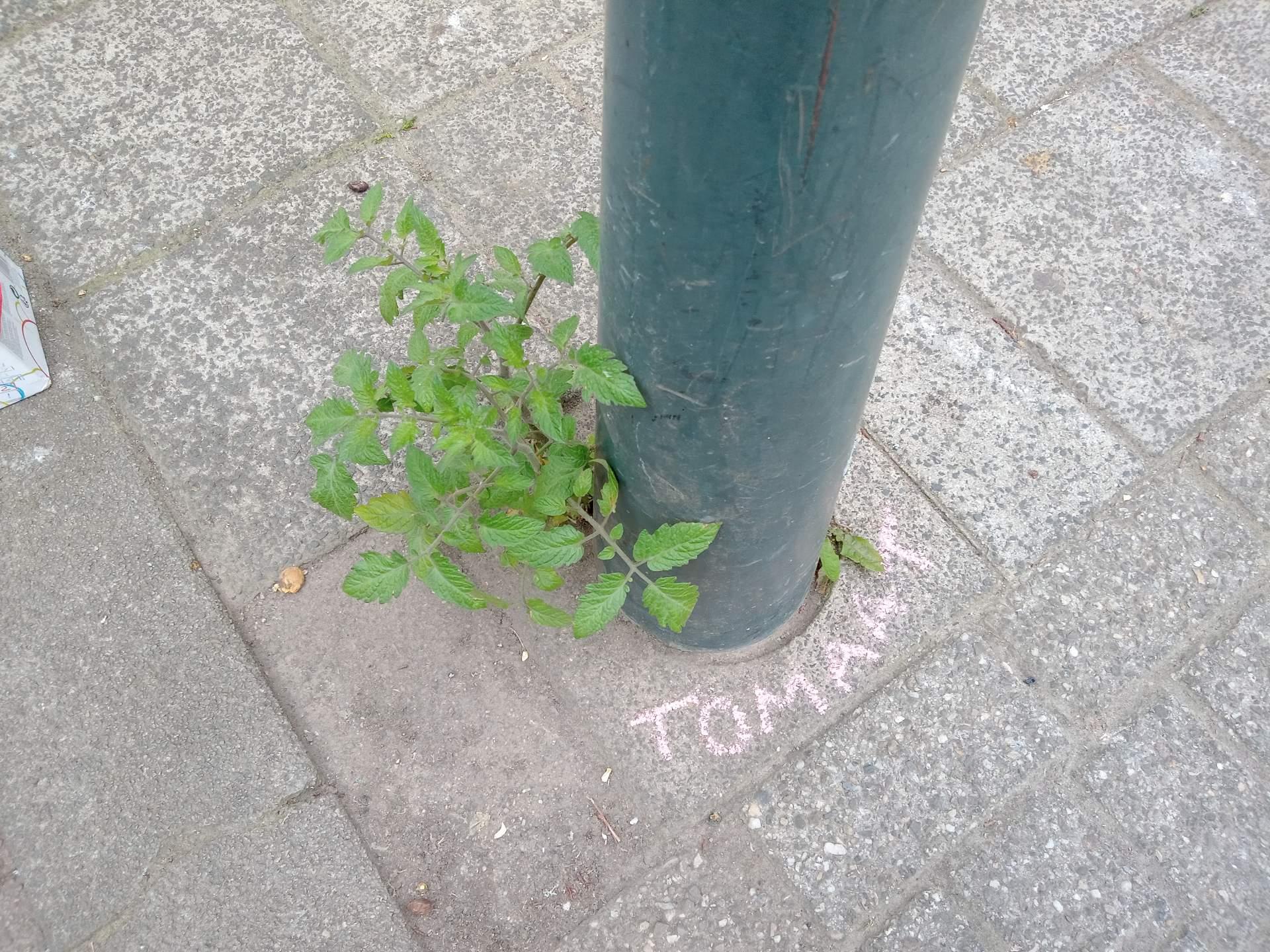
202
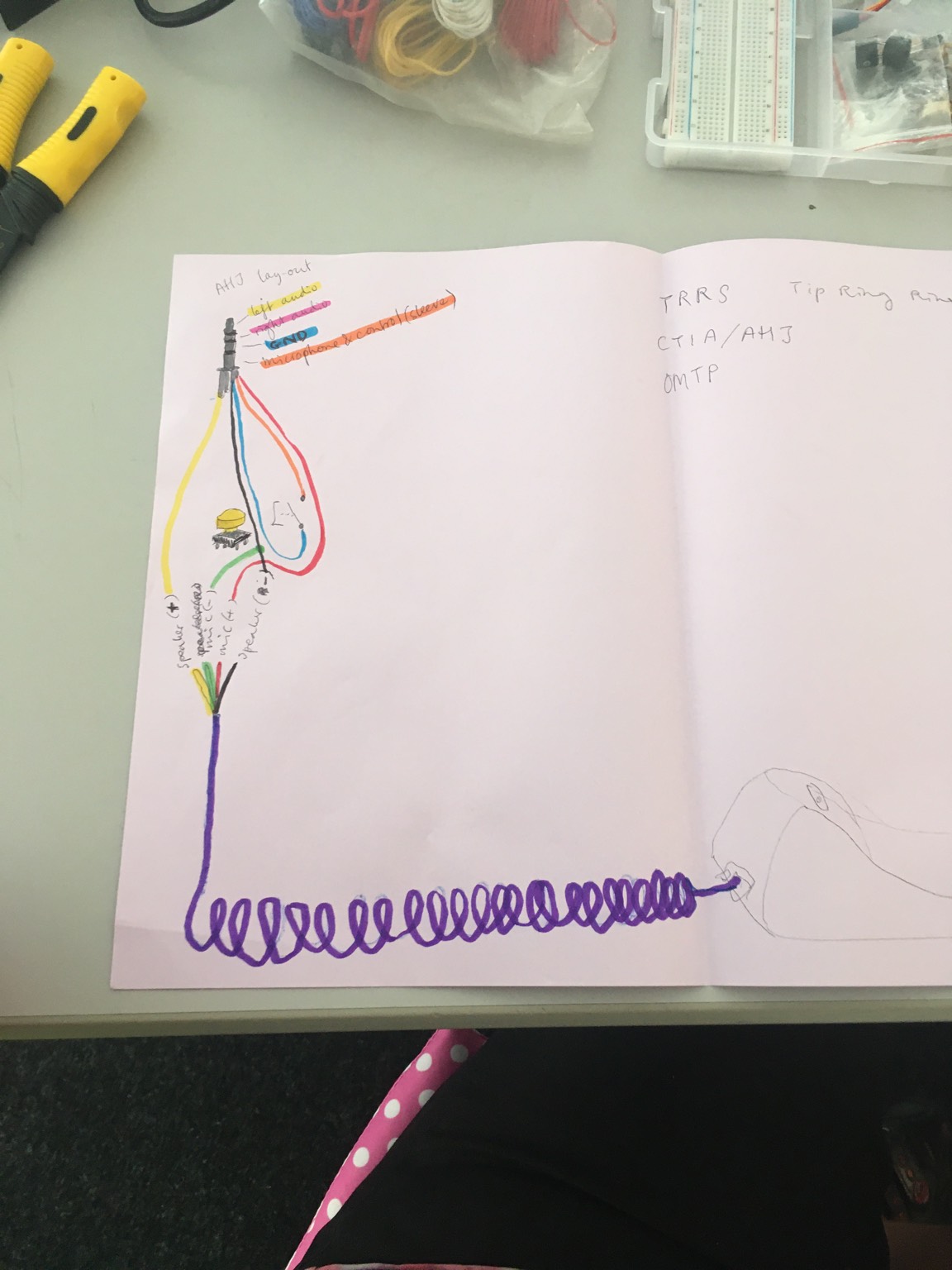
201
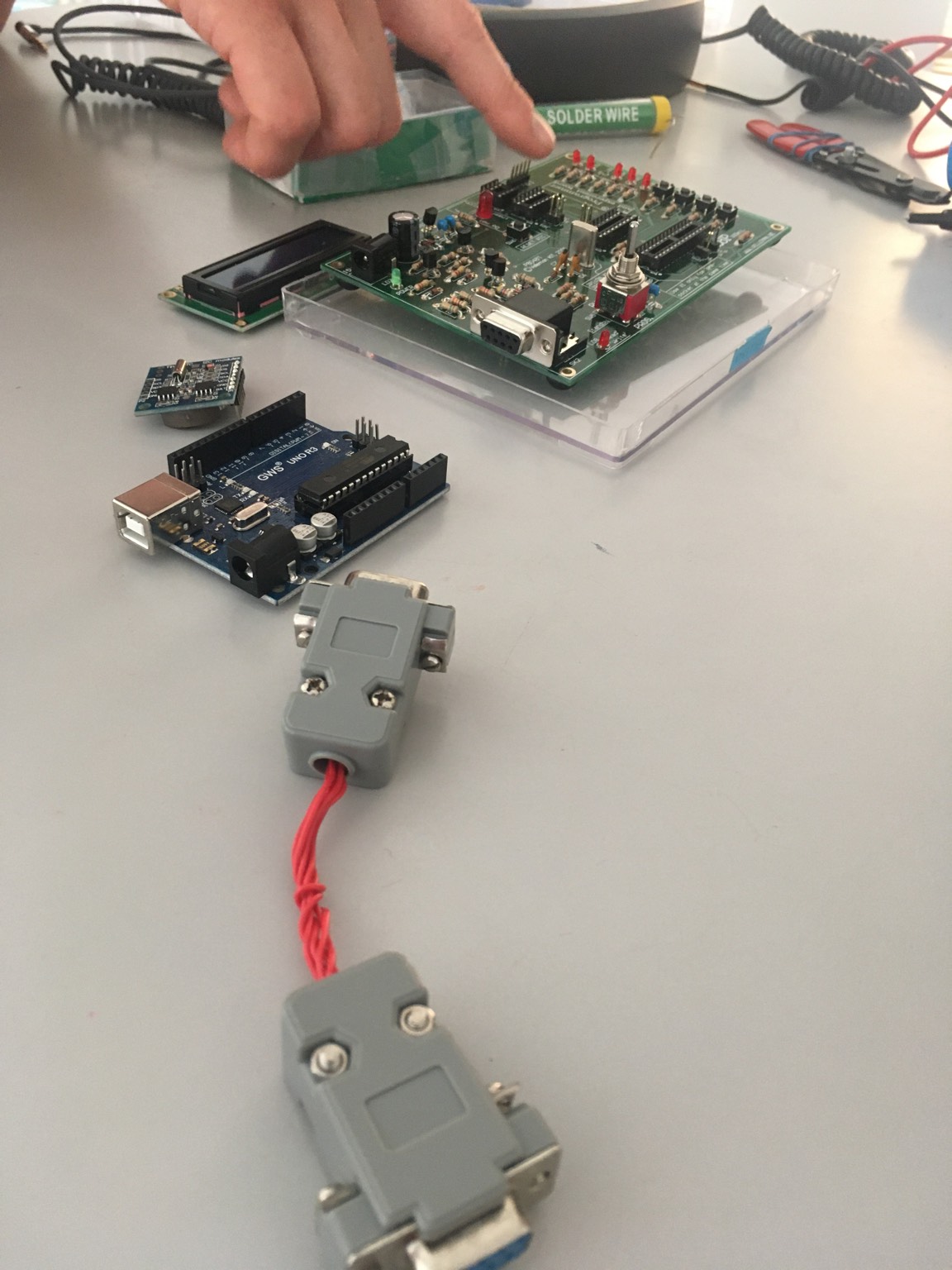
200
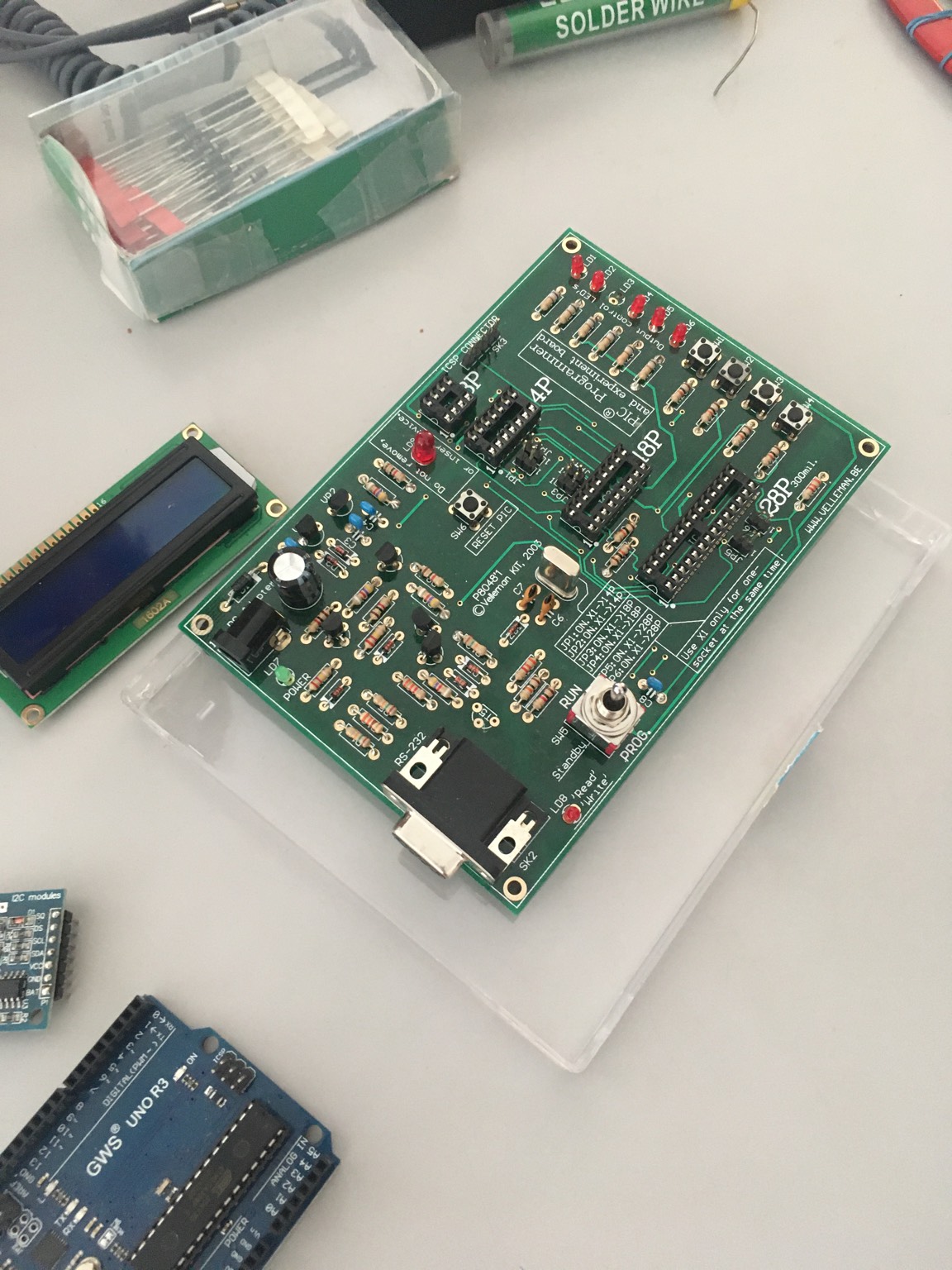
199
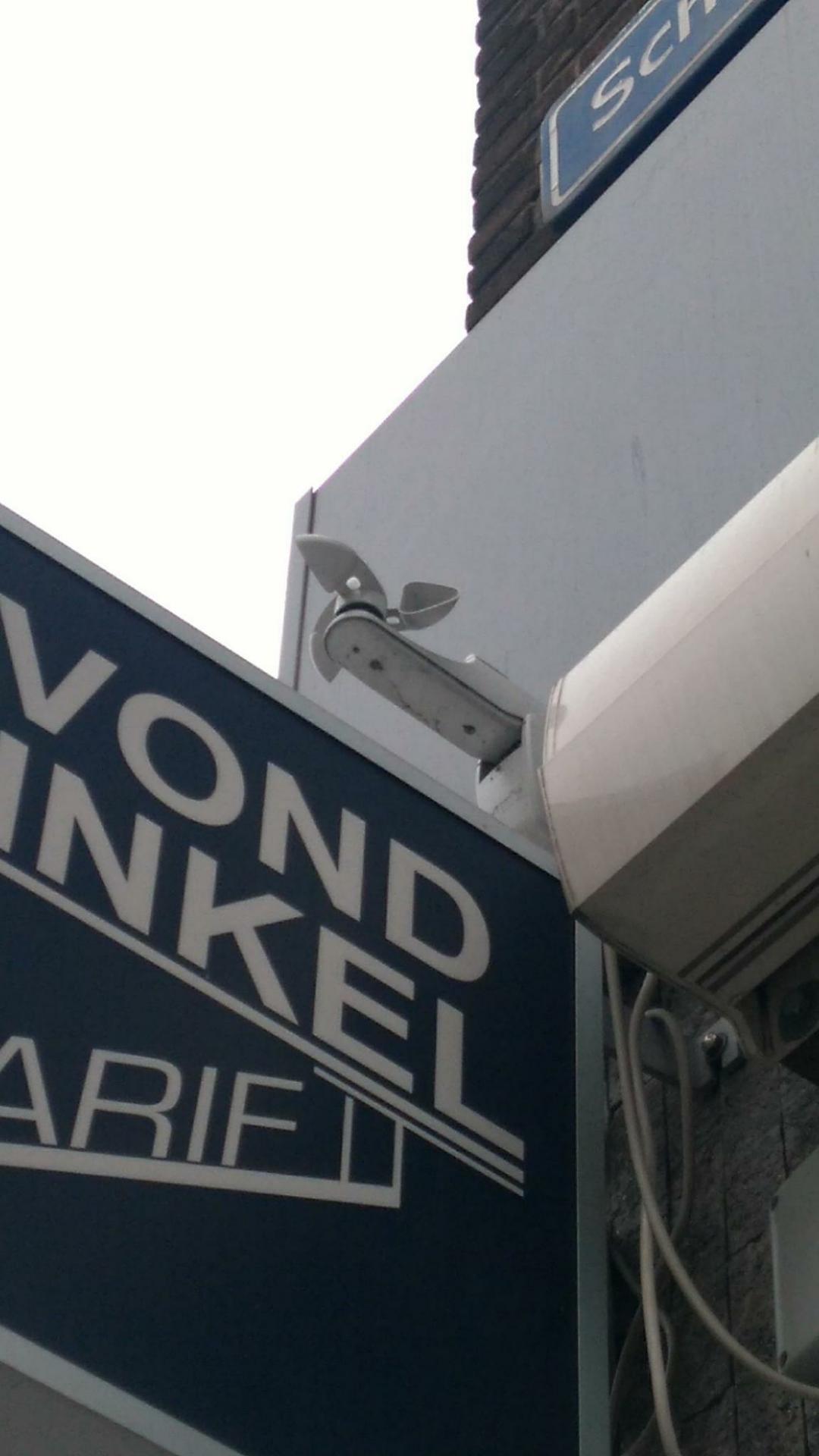
198
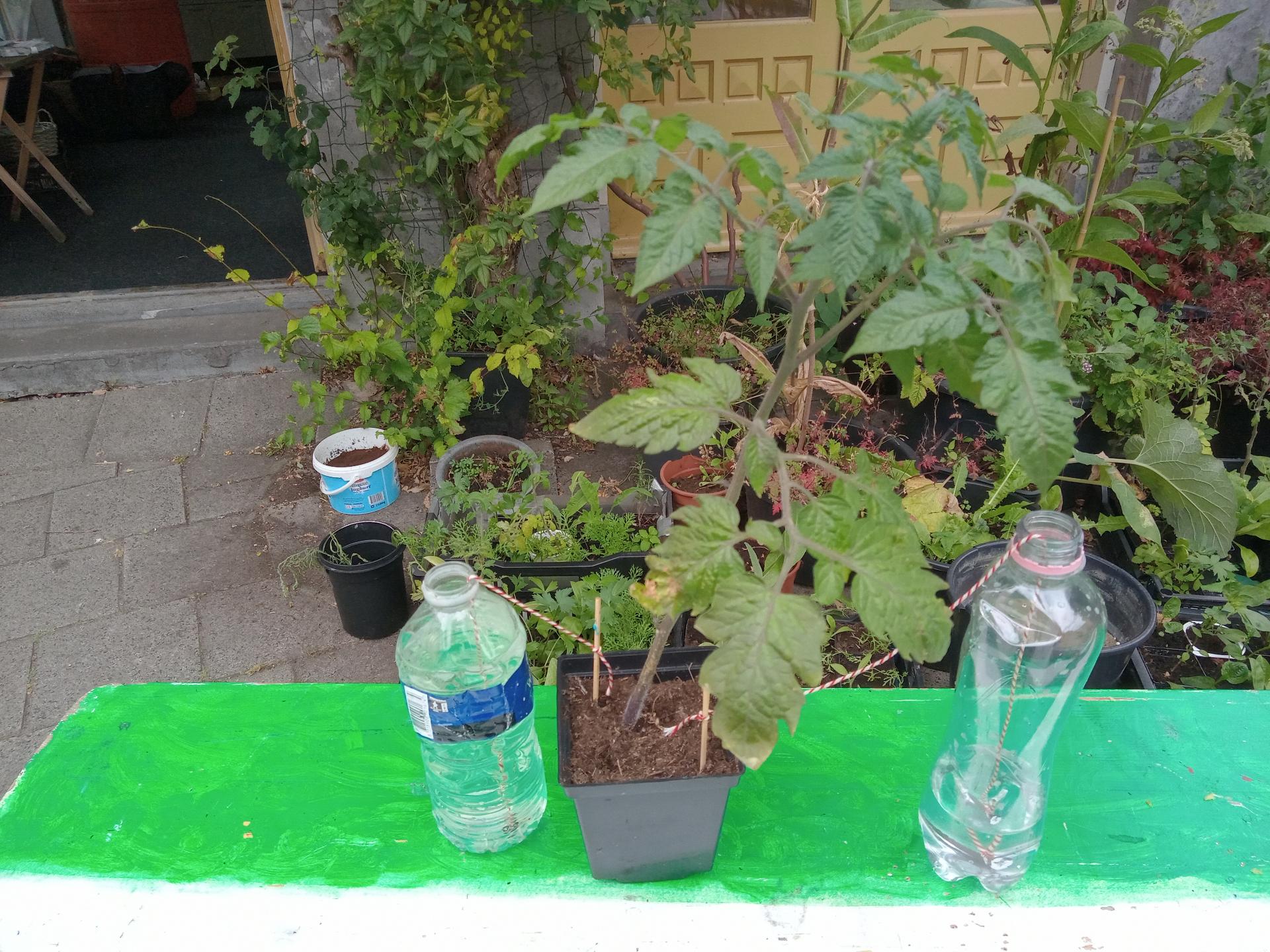
197
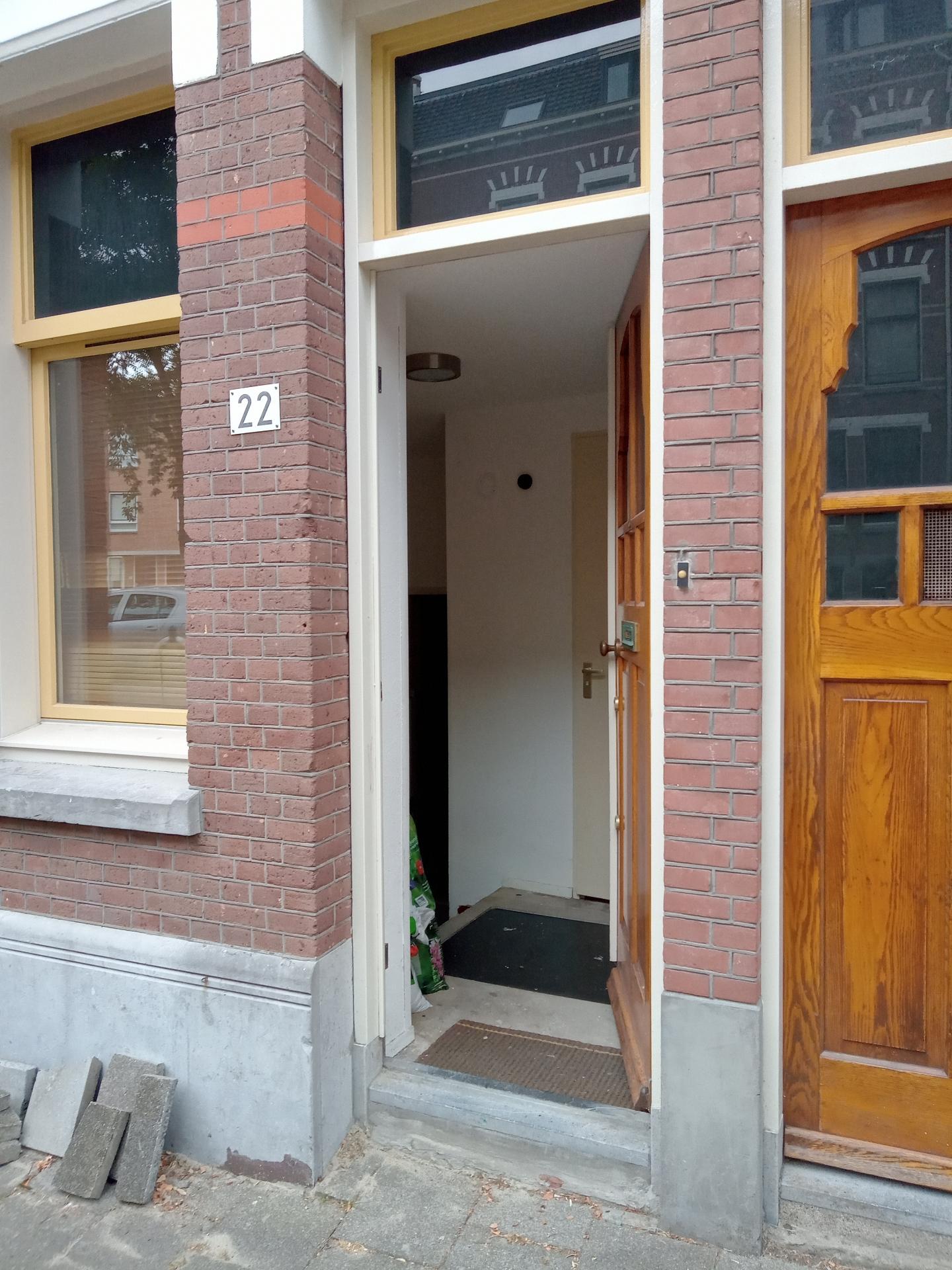
196
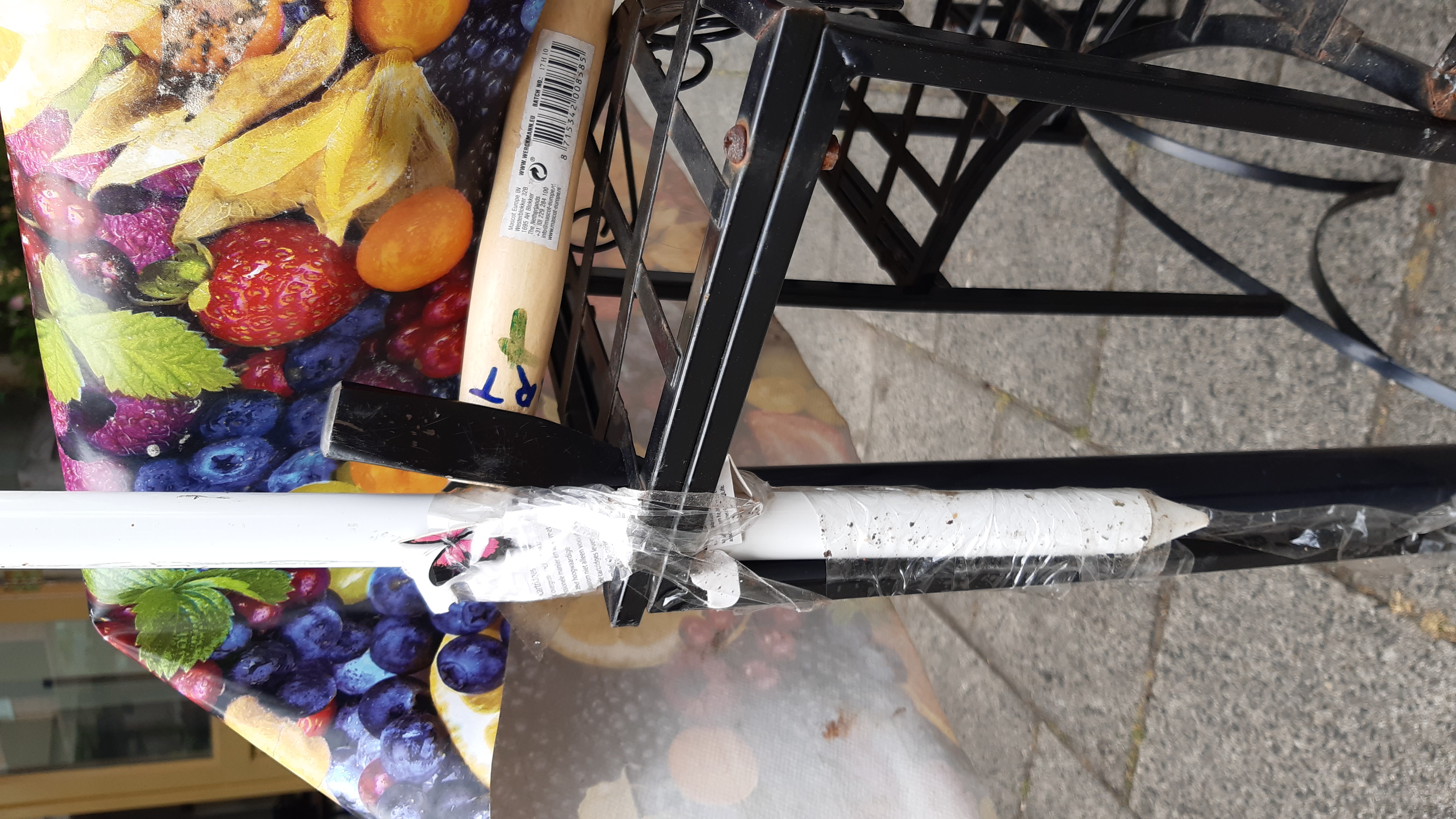
195

194
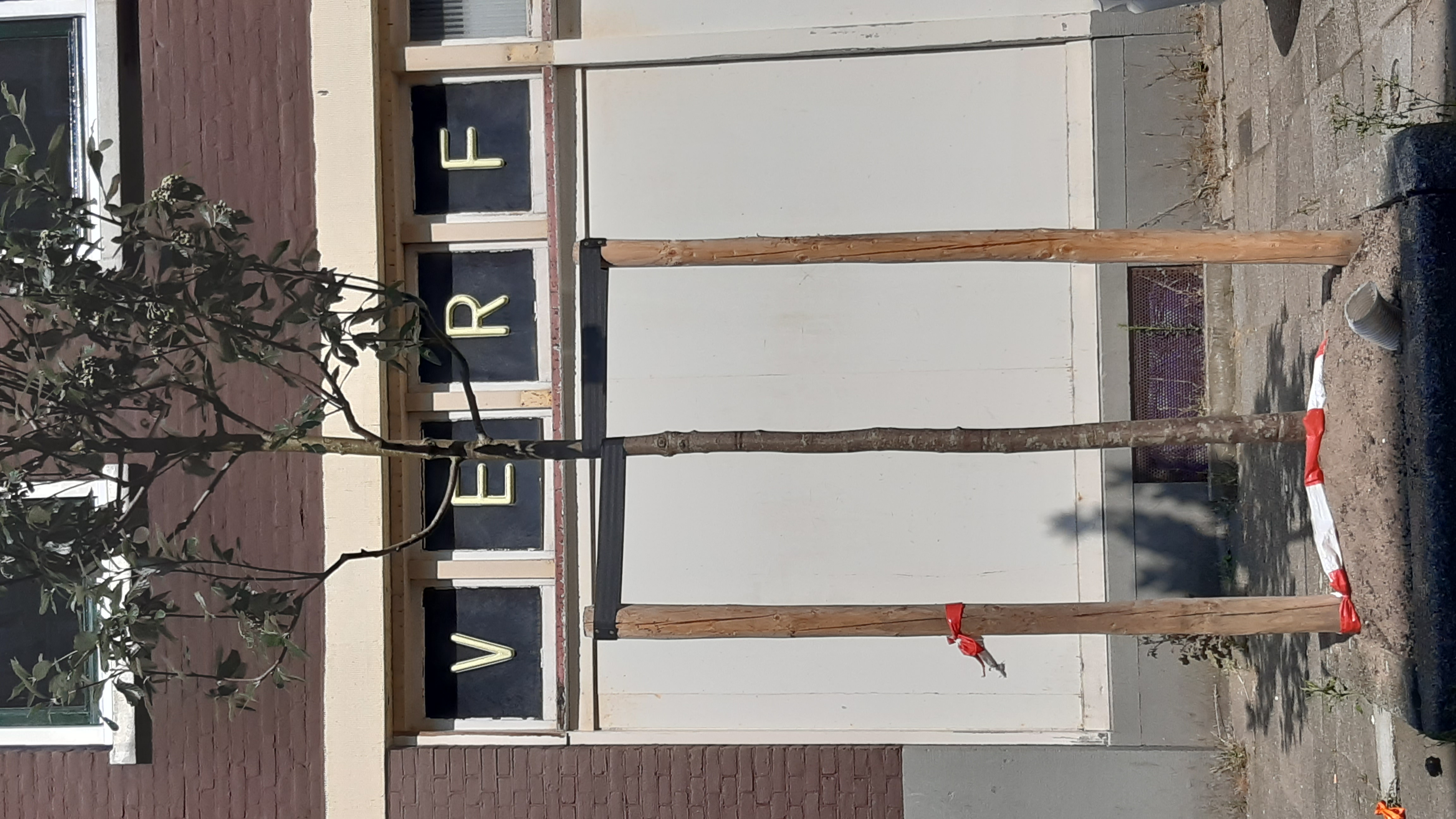
193
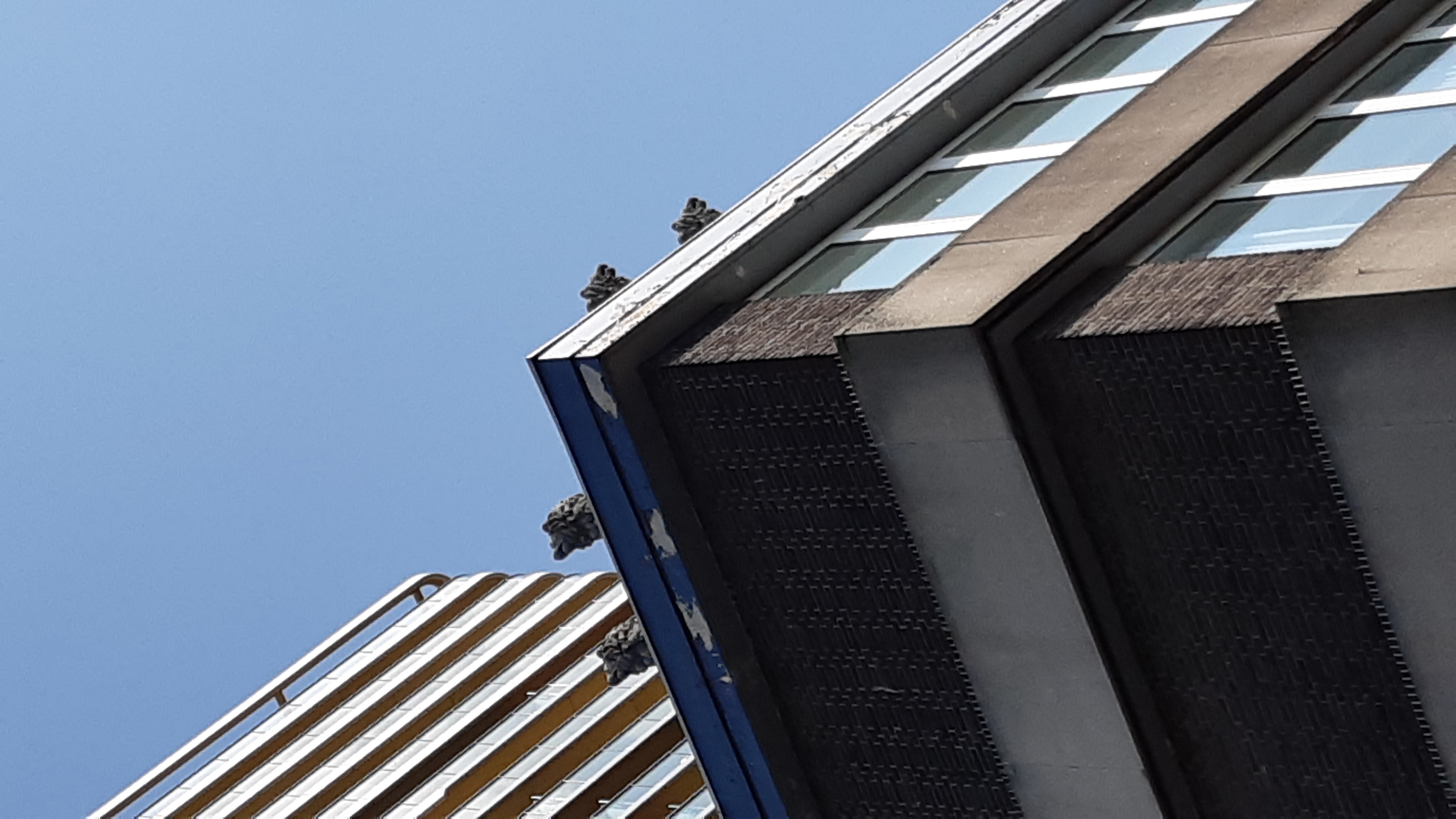
192
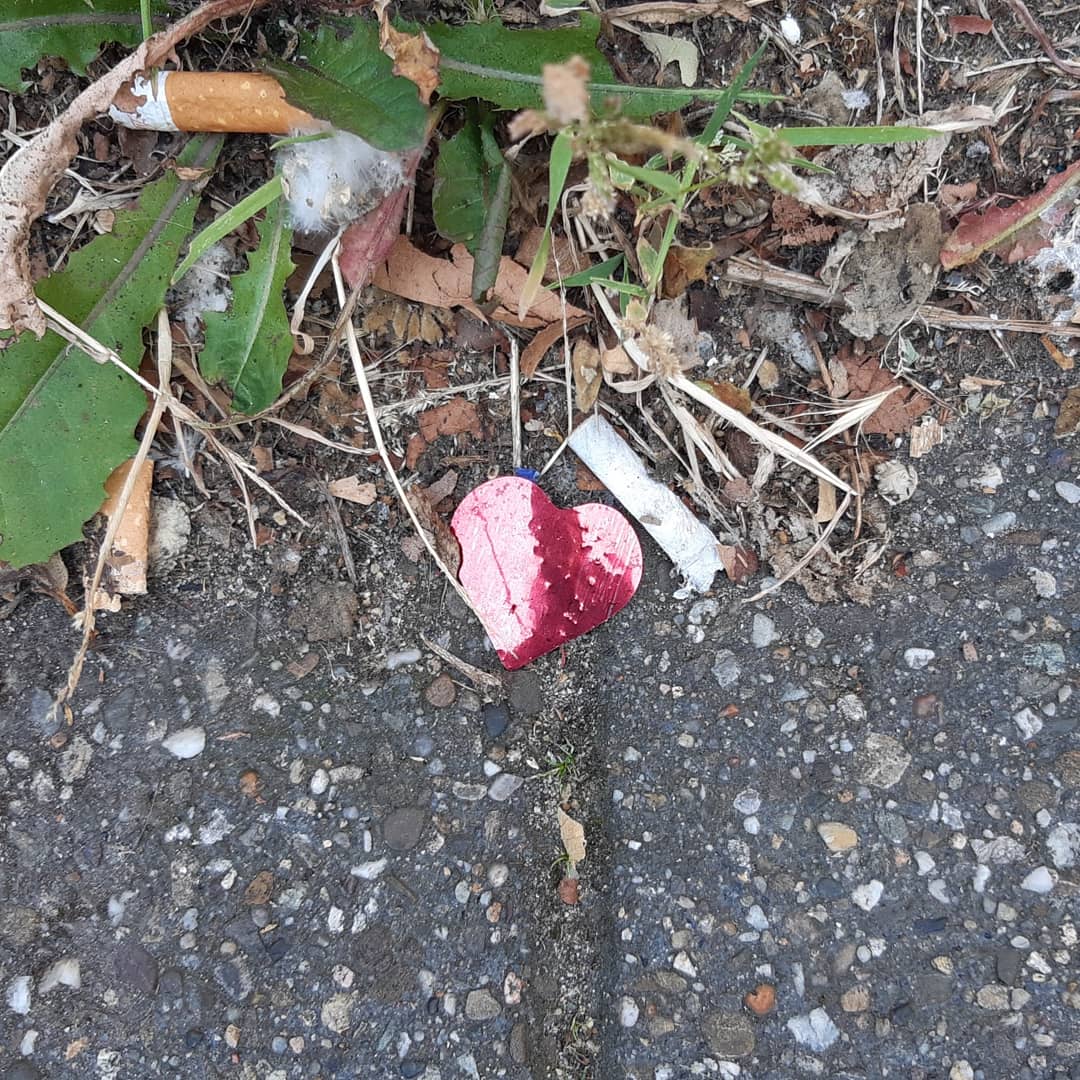
191
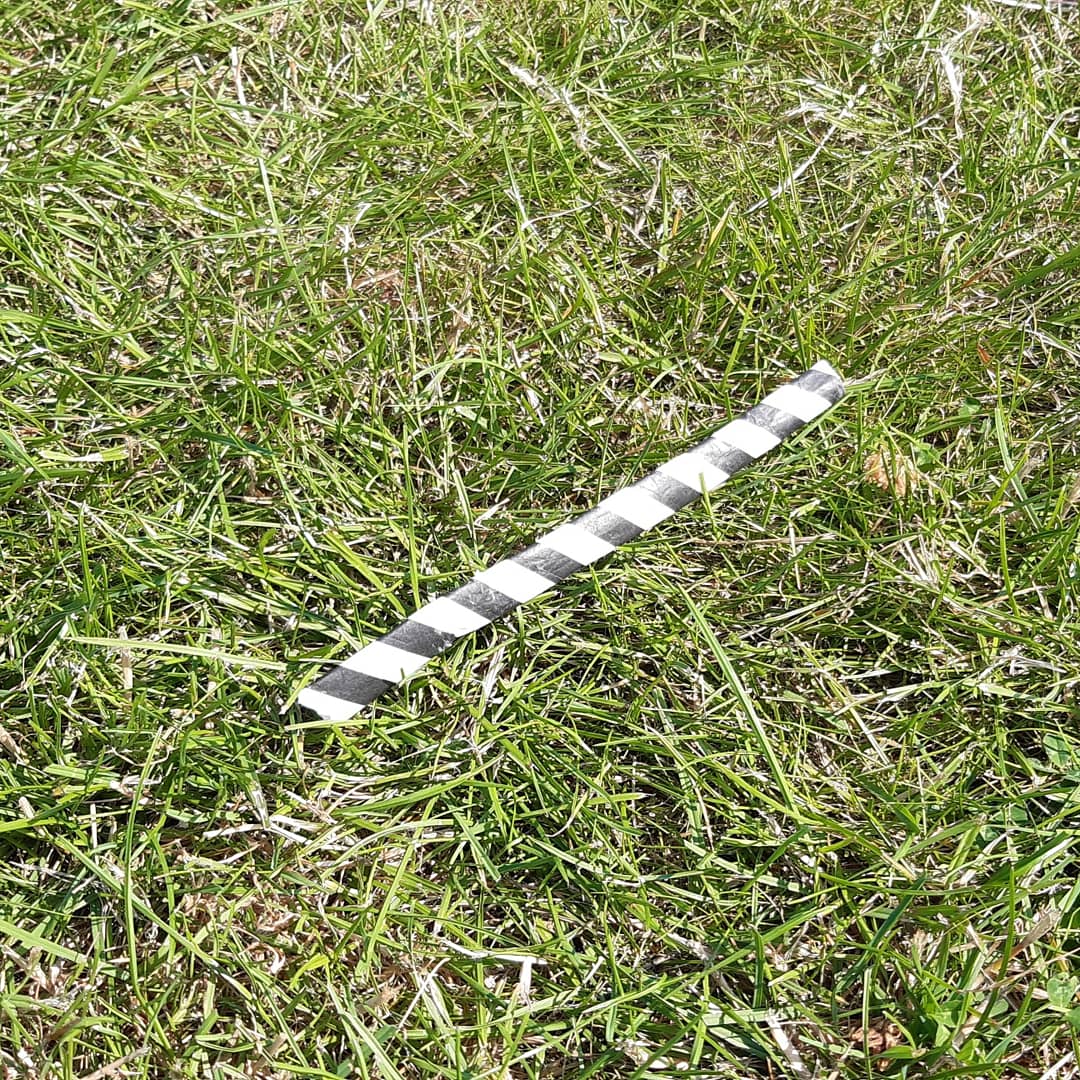
190
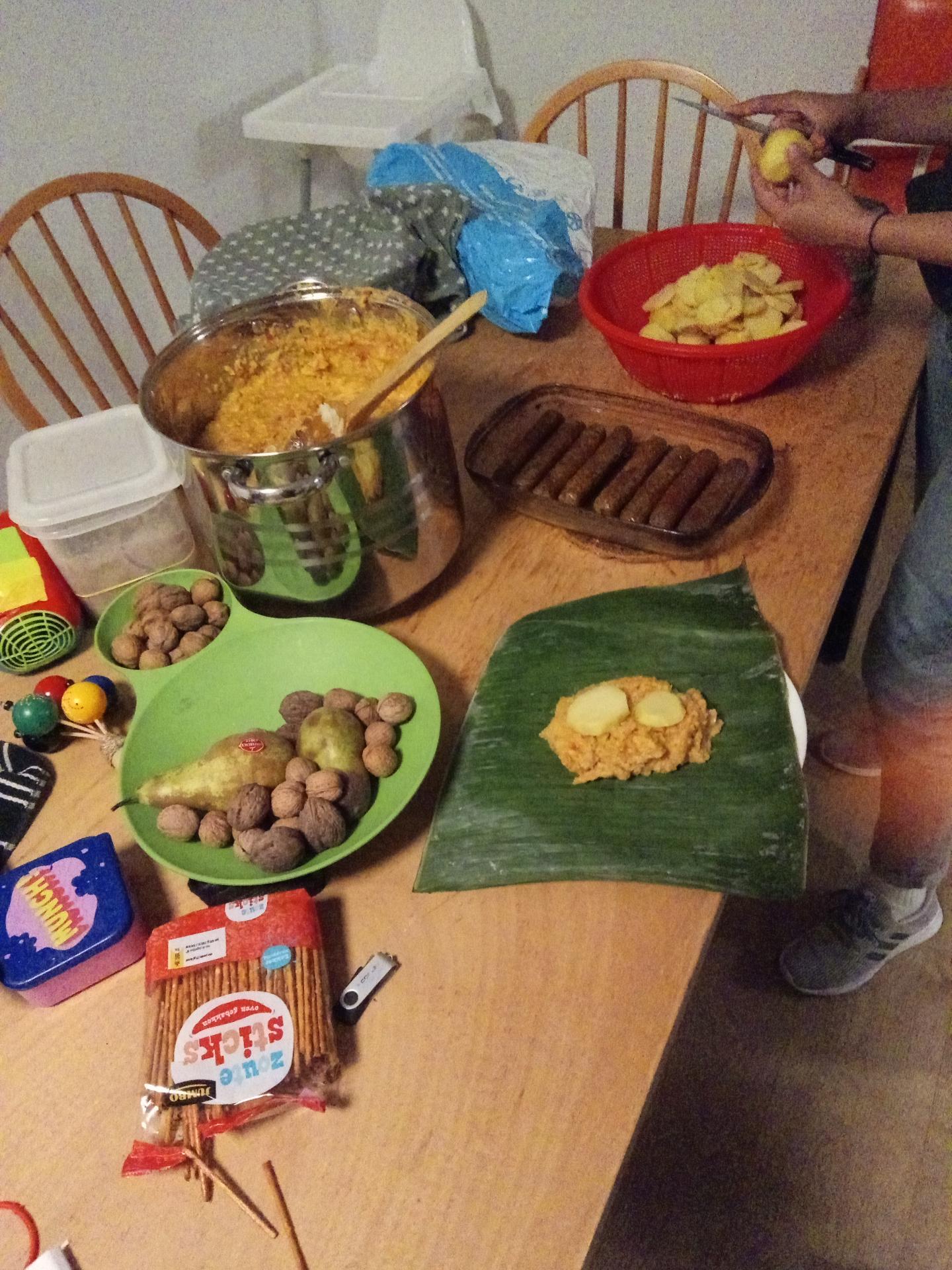
189
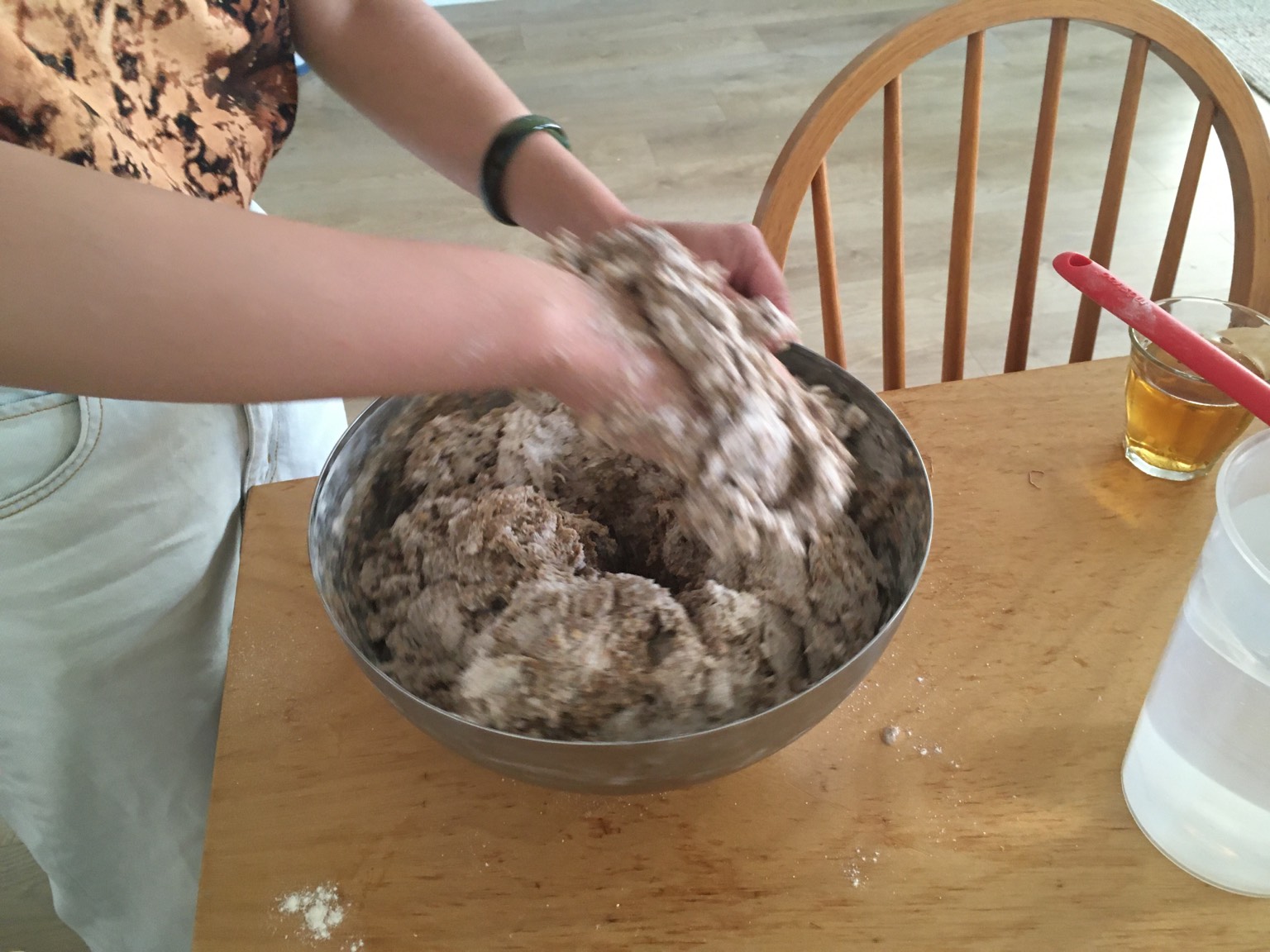
188
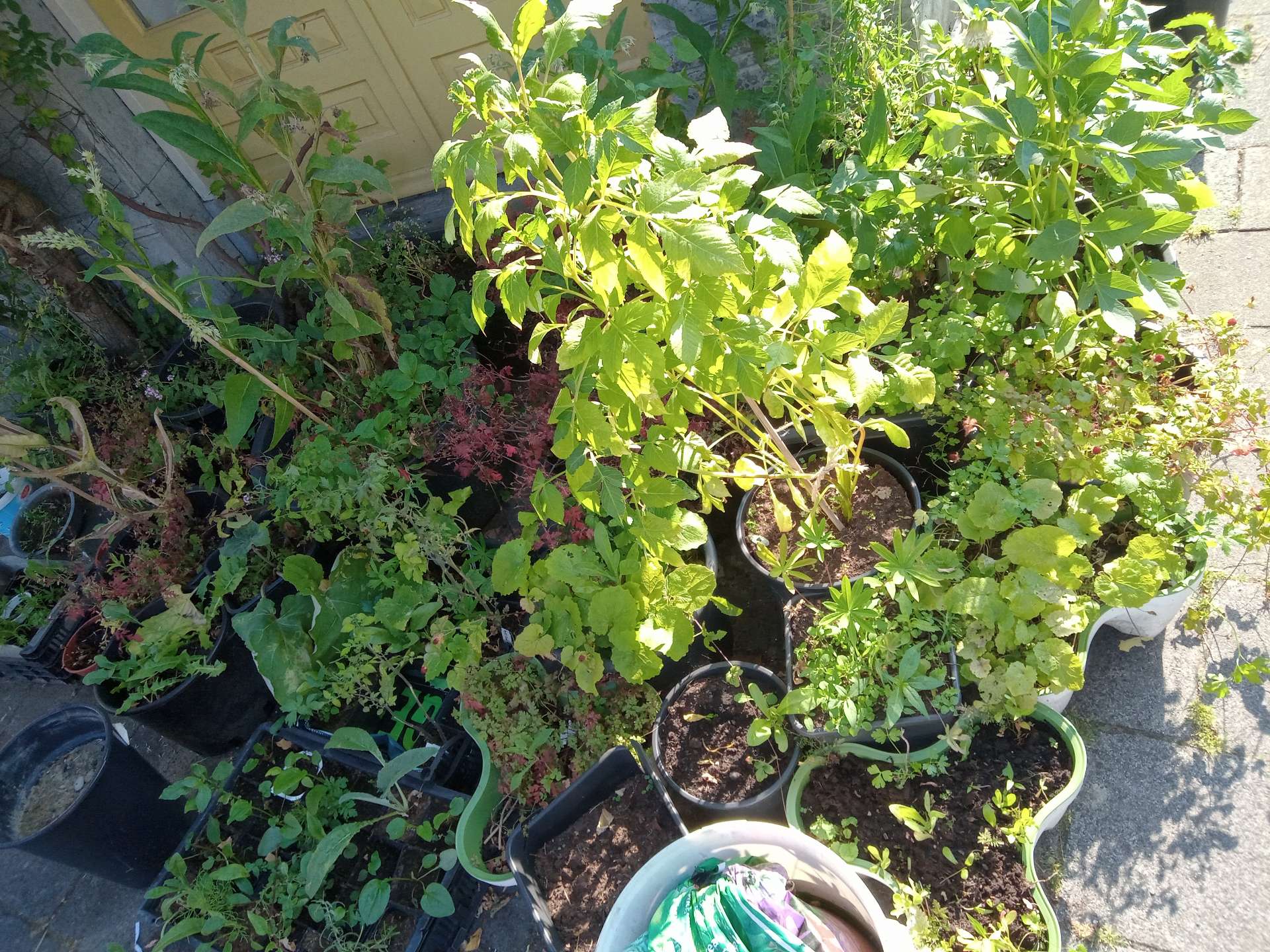
187
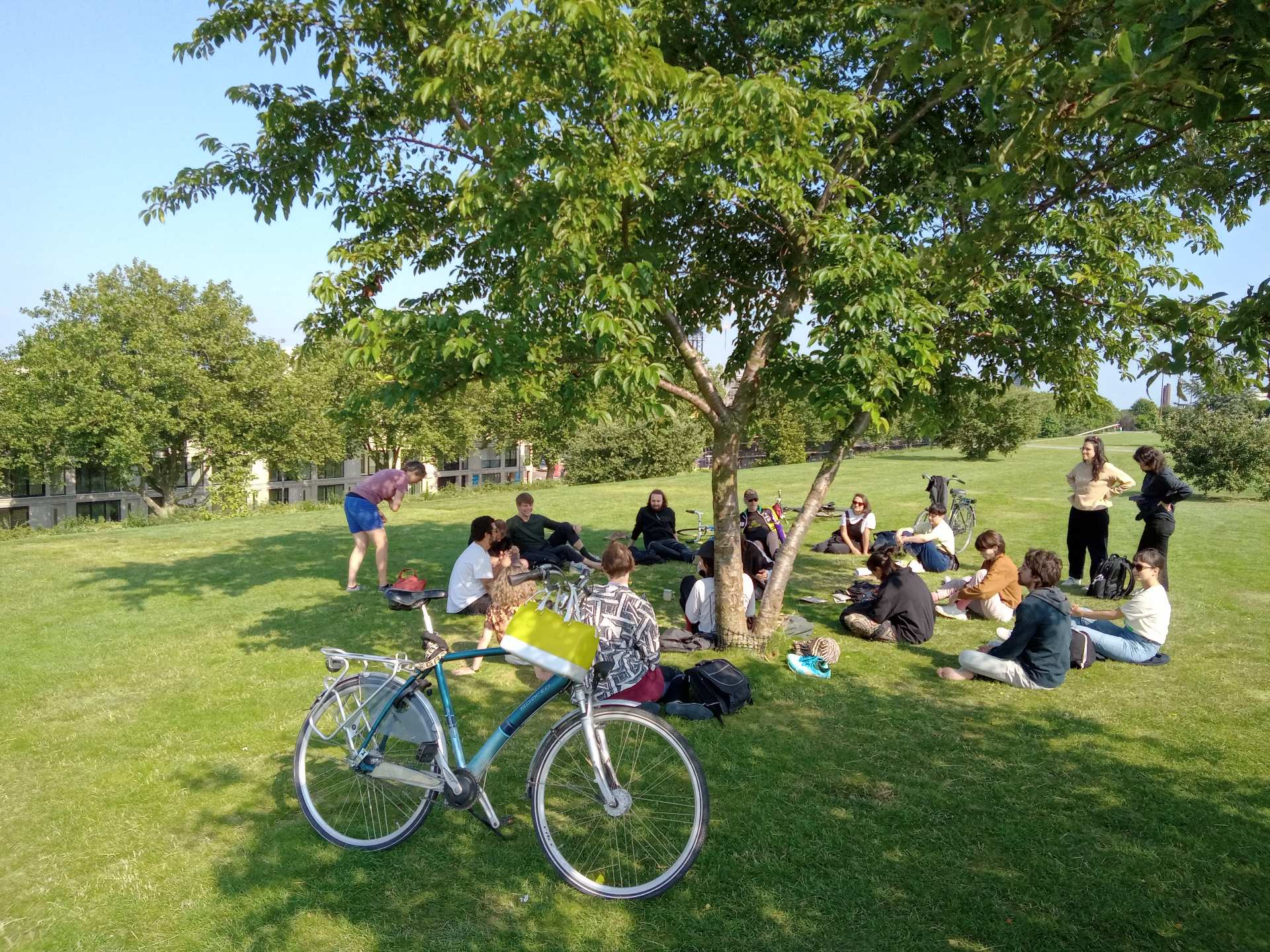
186
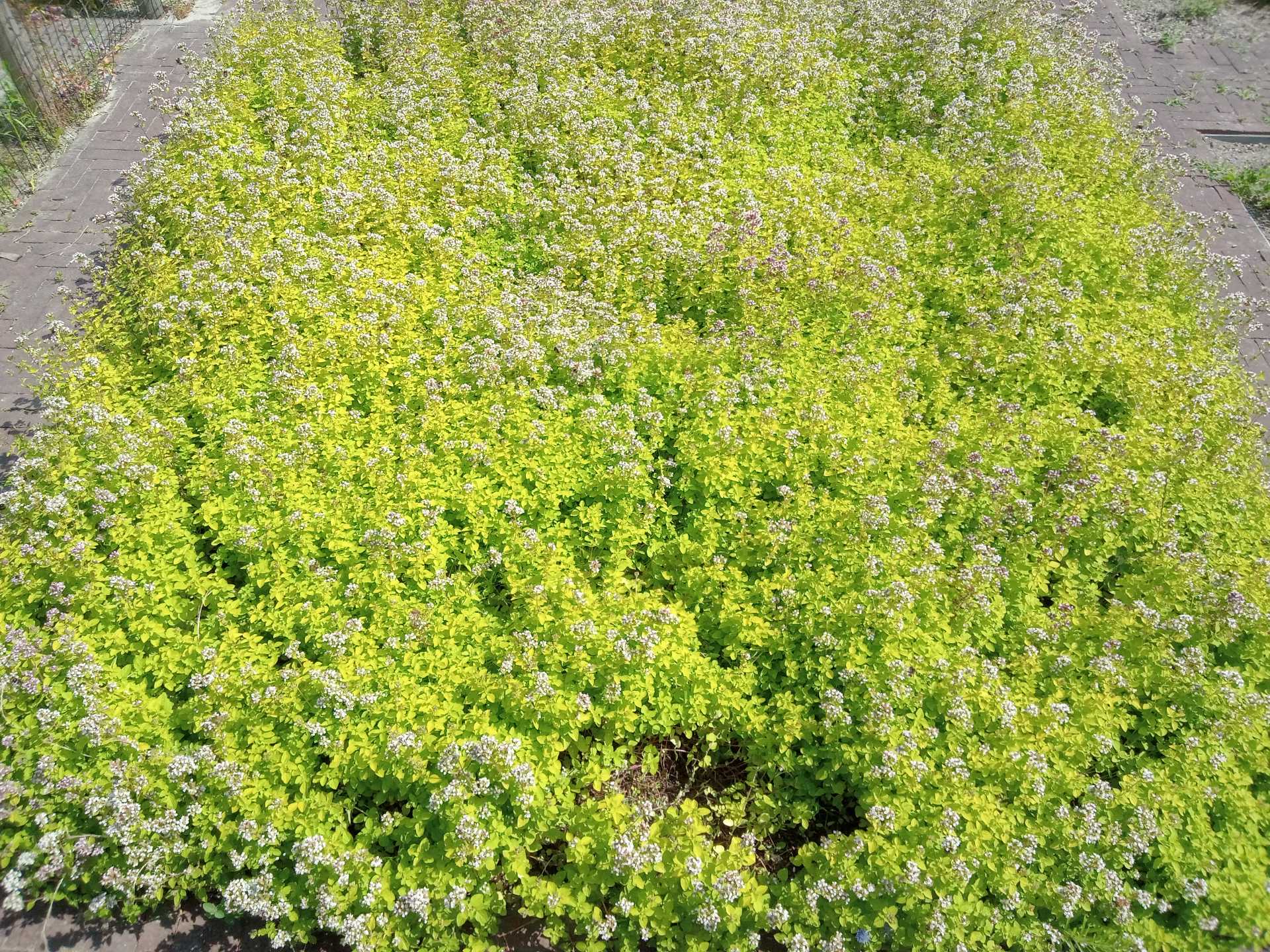
185
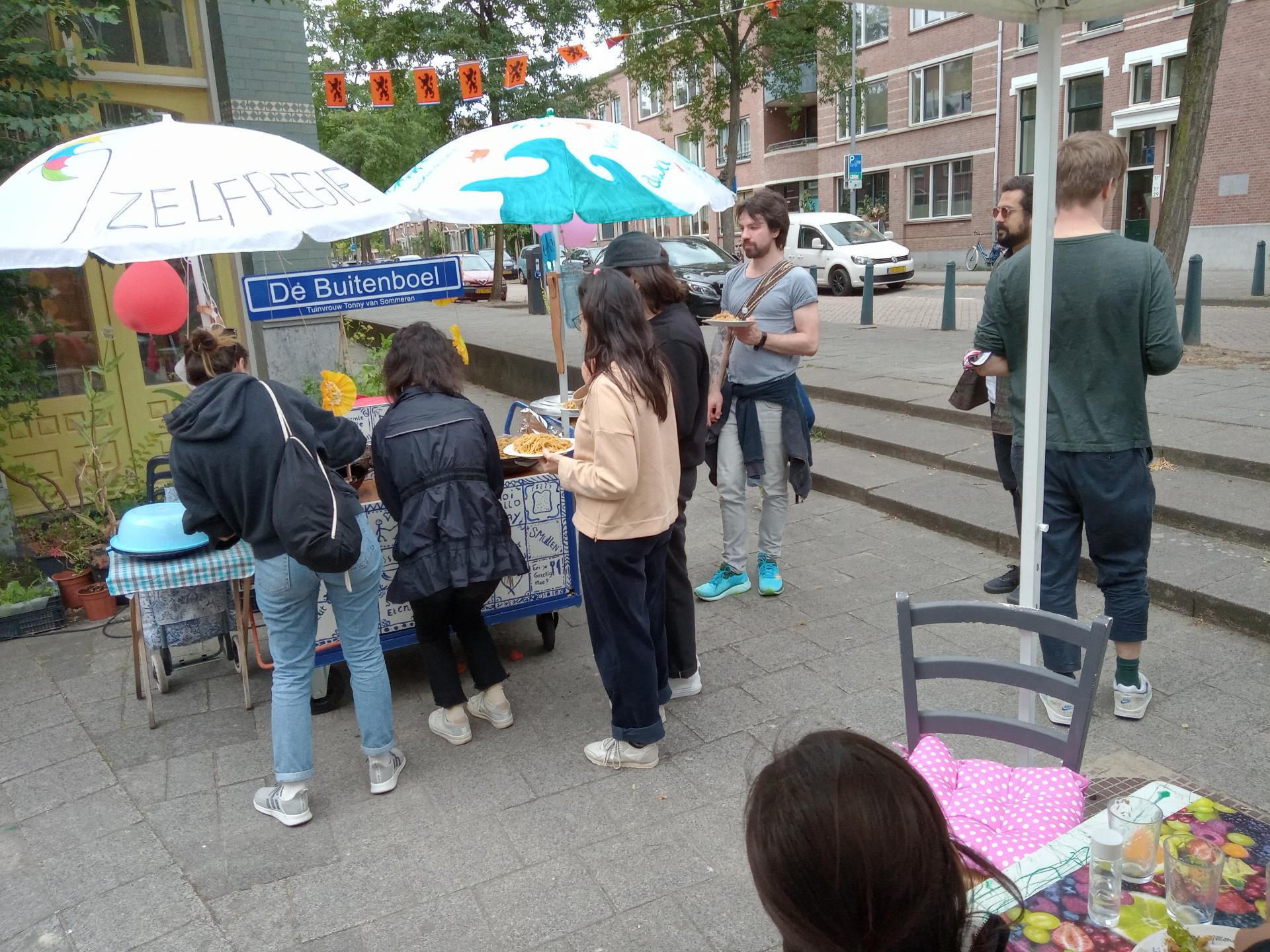
184
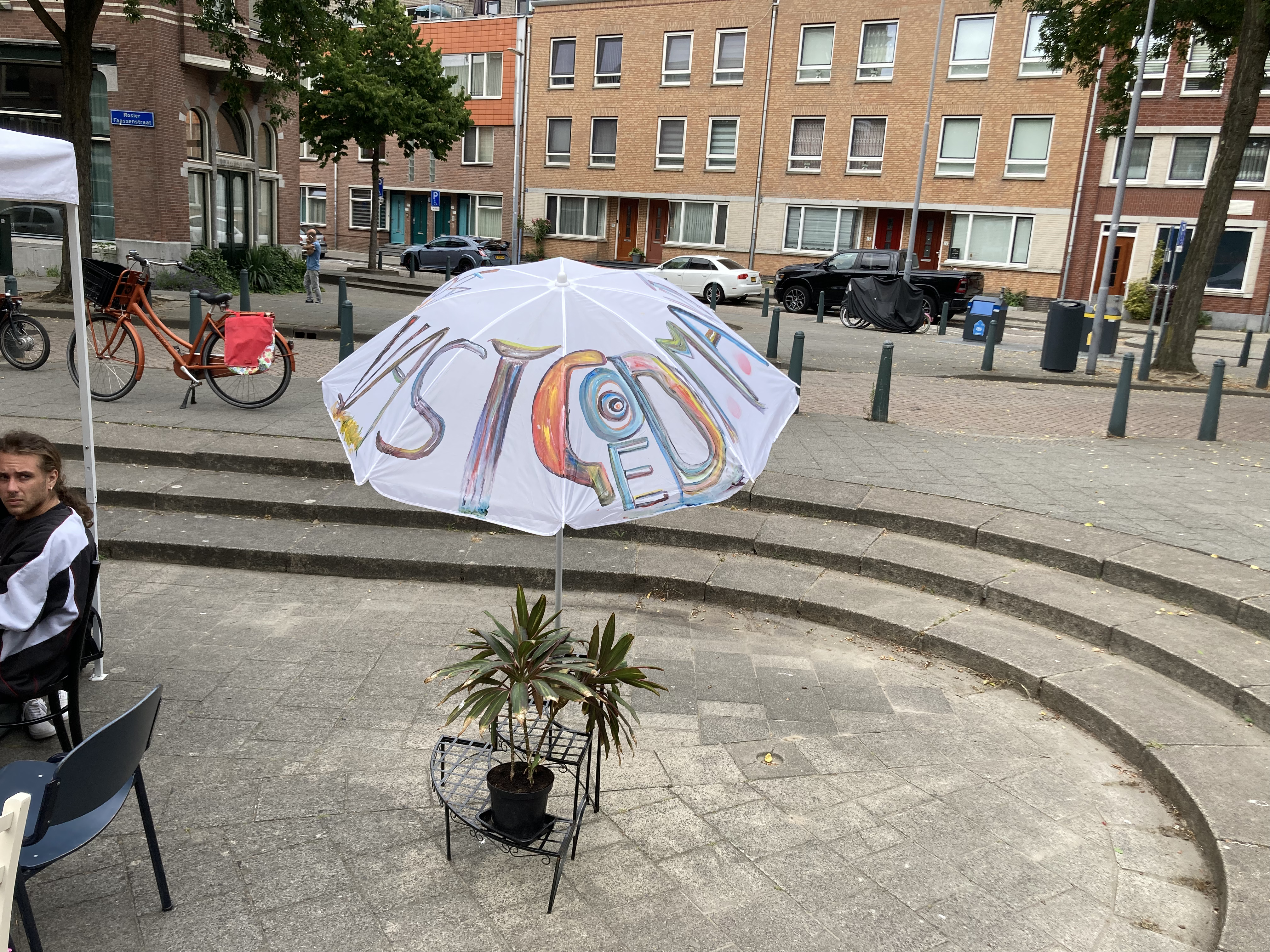
183
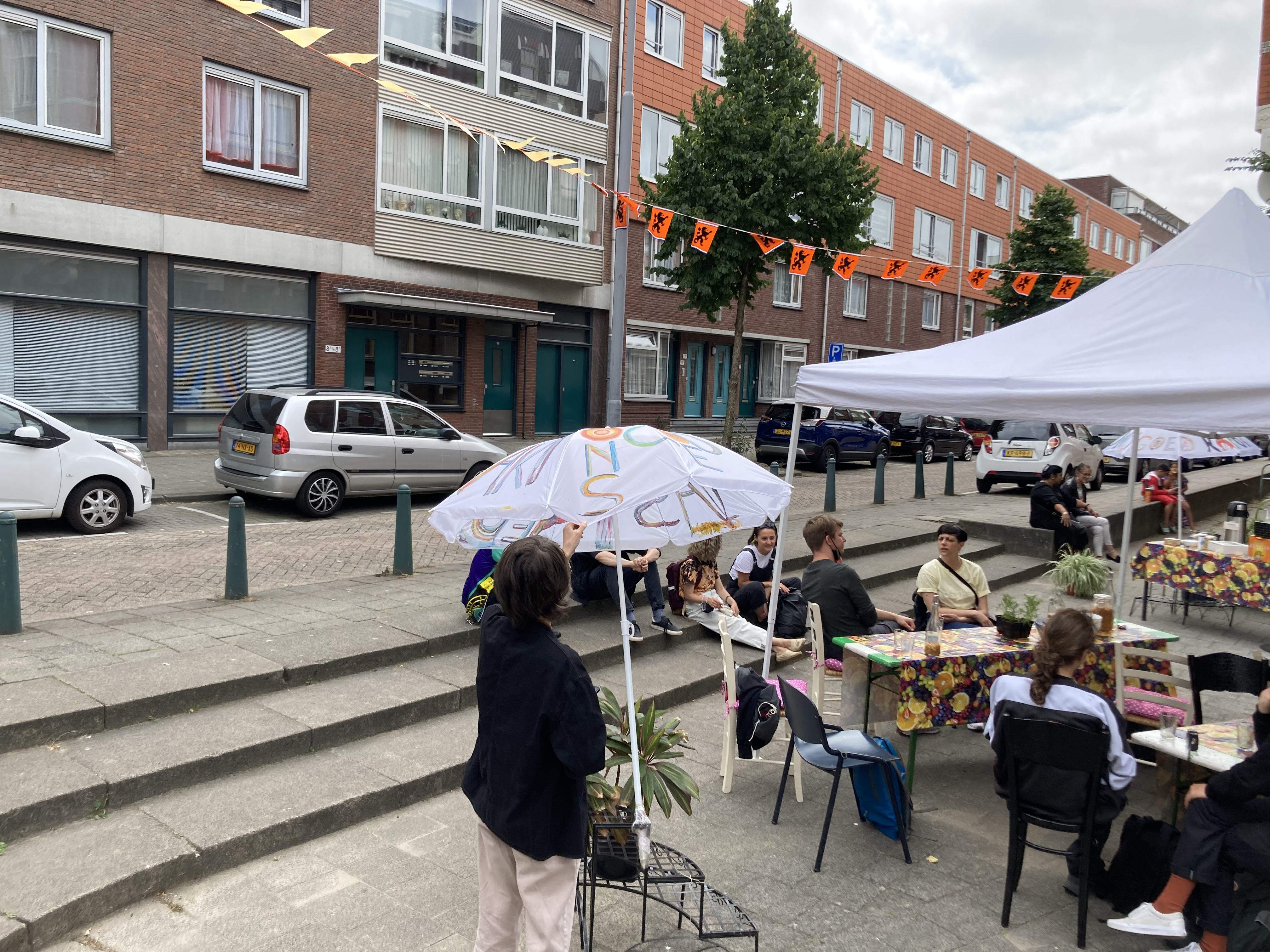
182
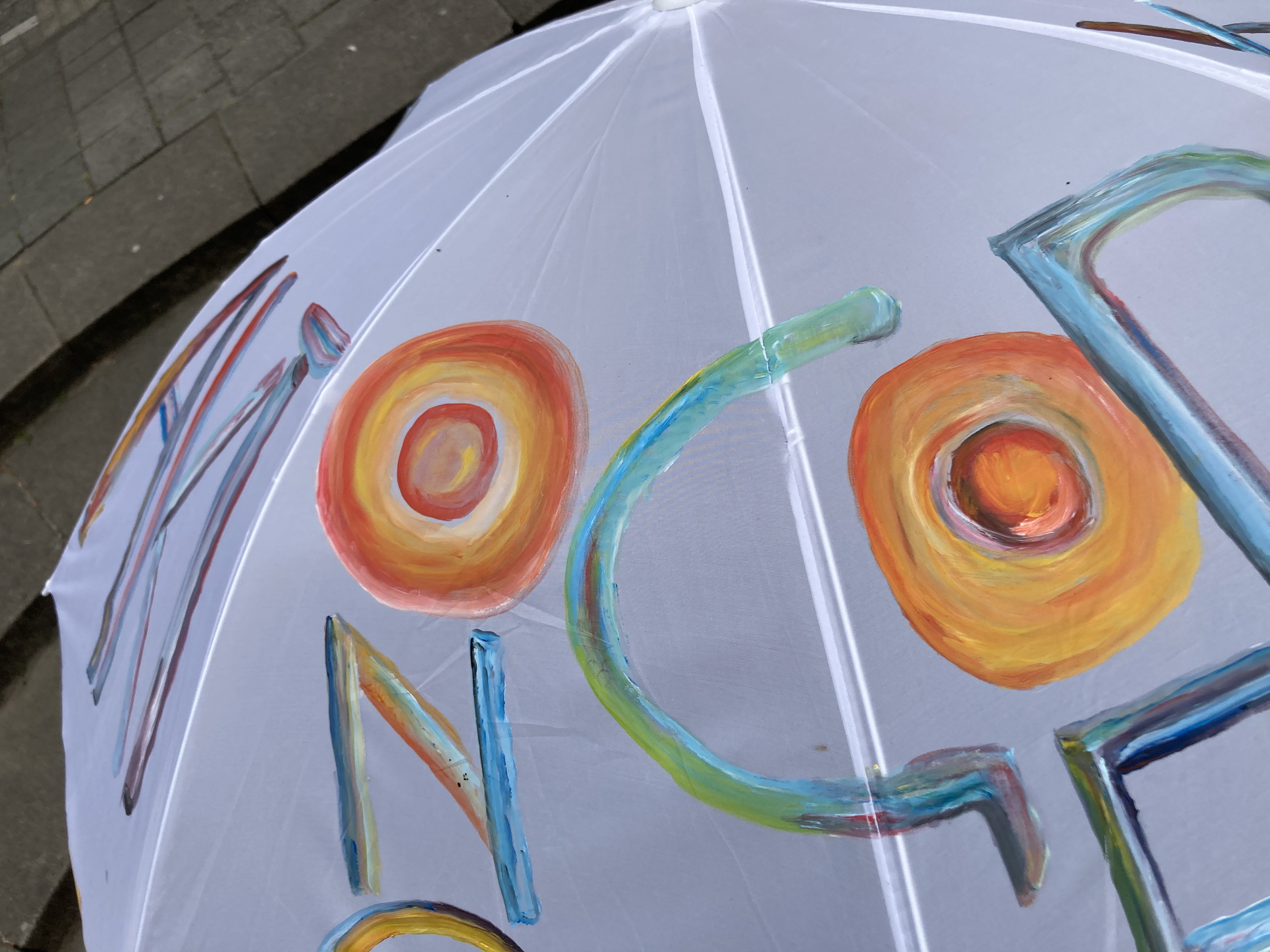
181
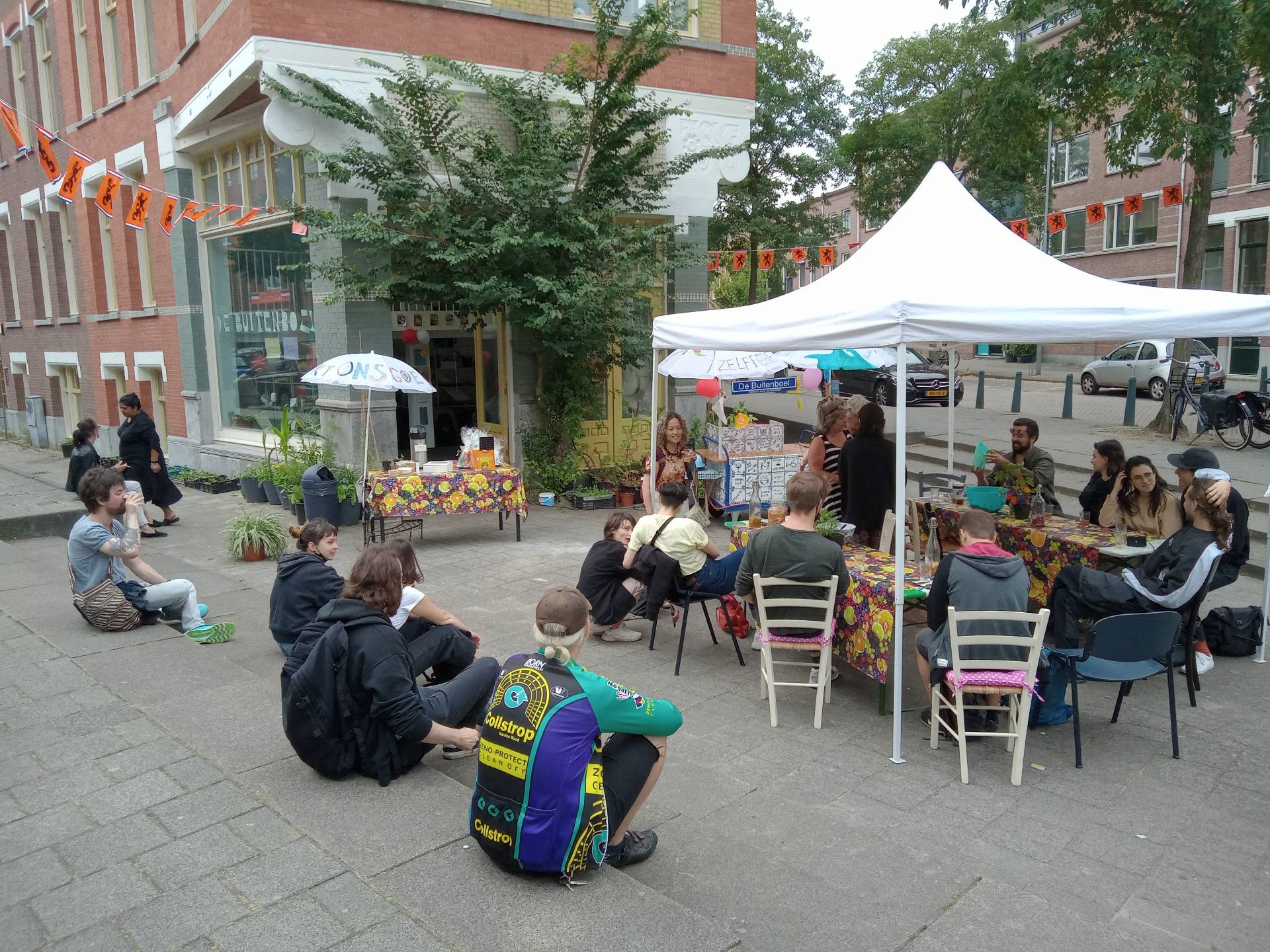
180
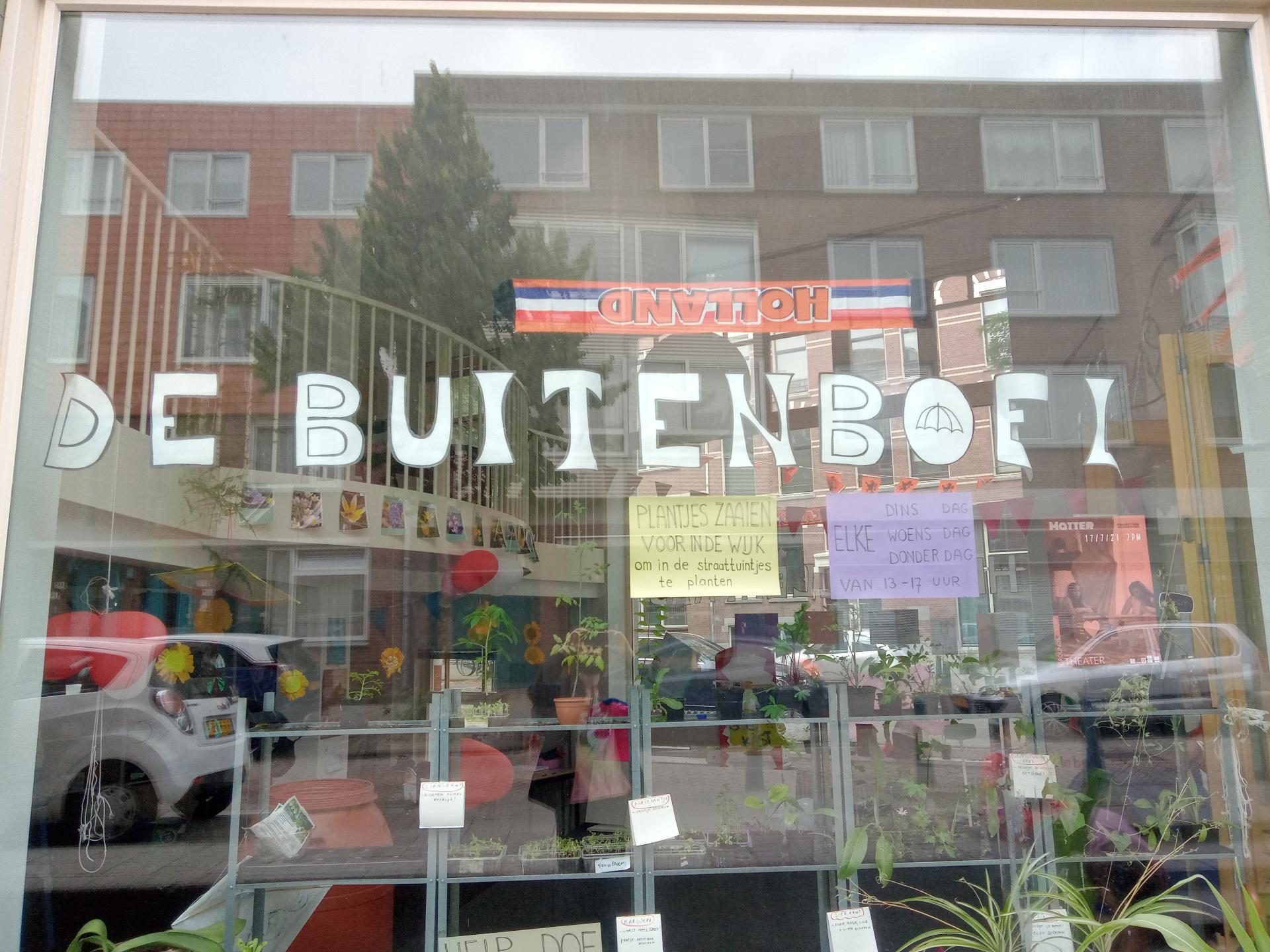
179
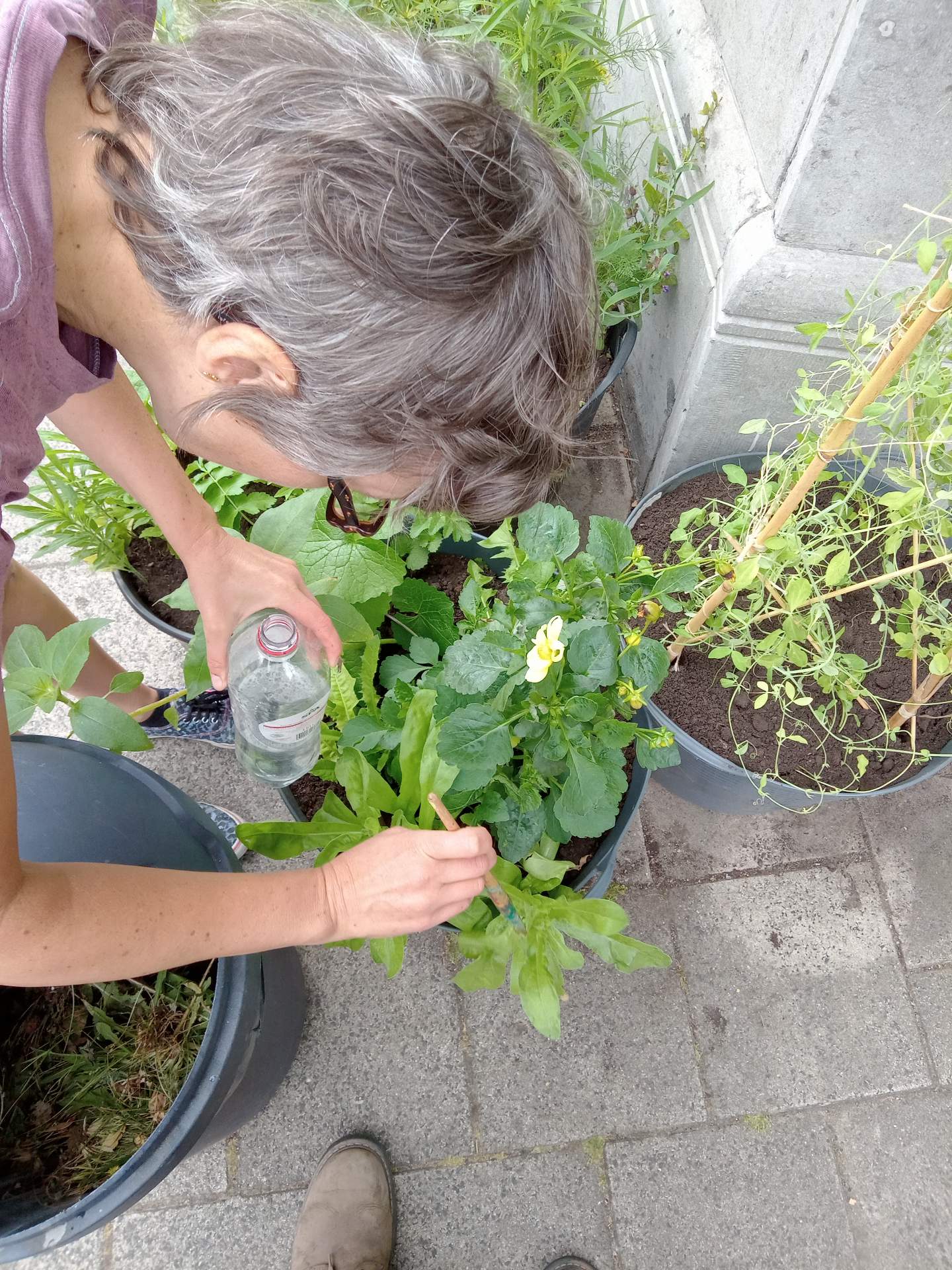
178
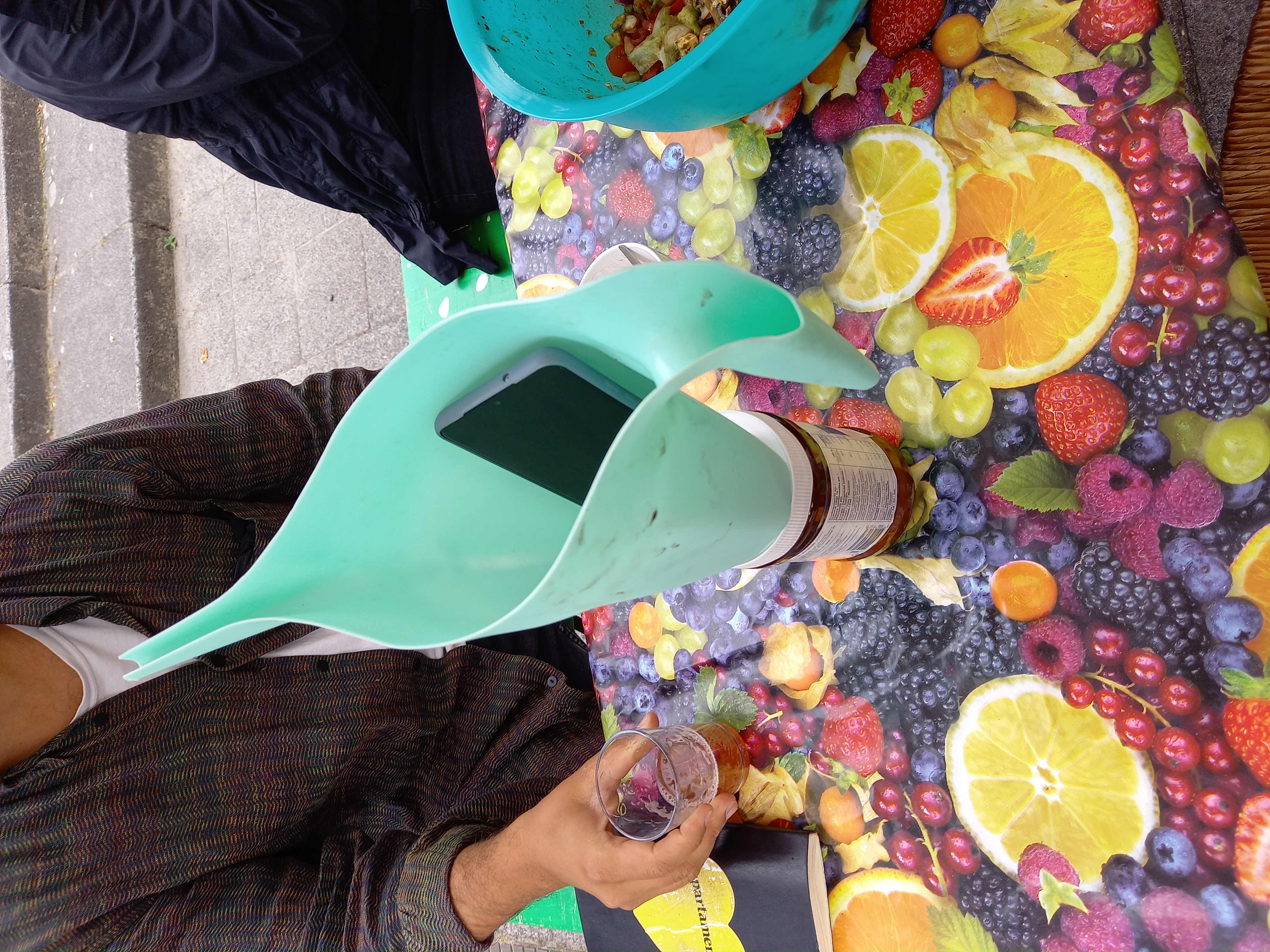
177
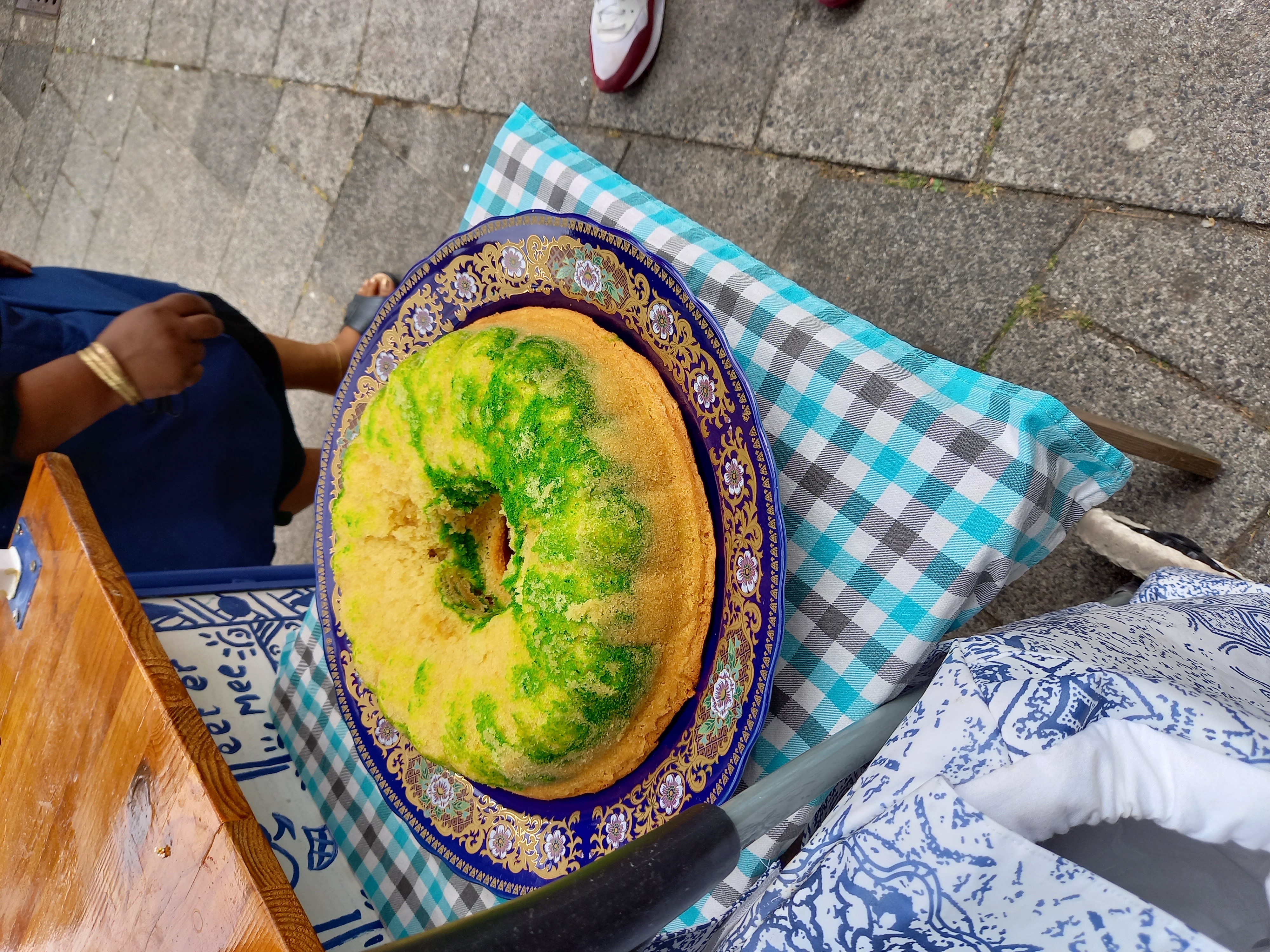
176
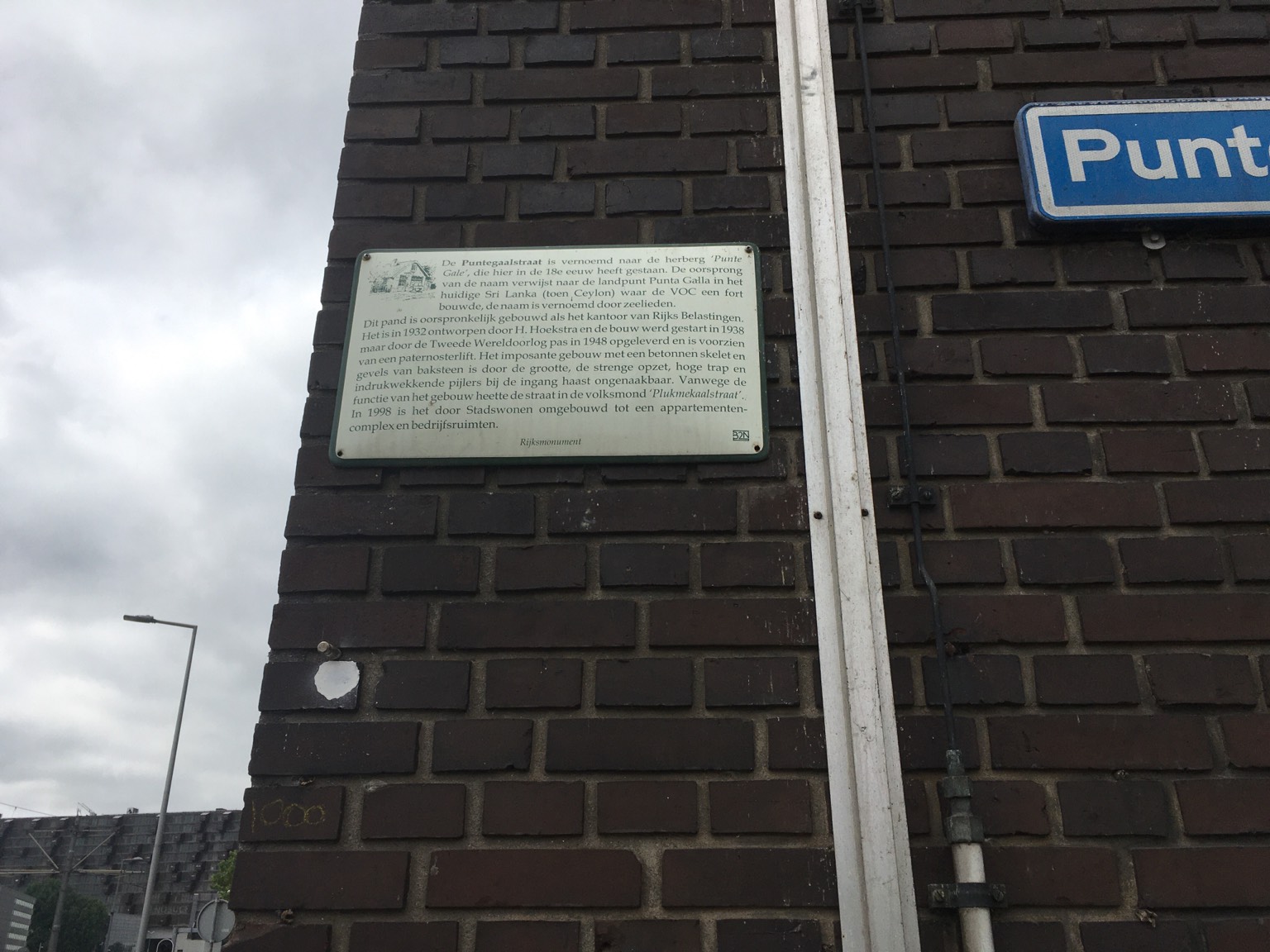
175
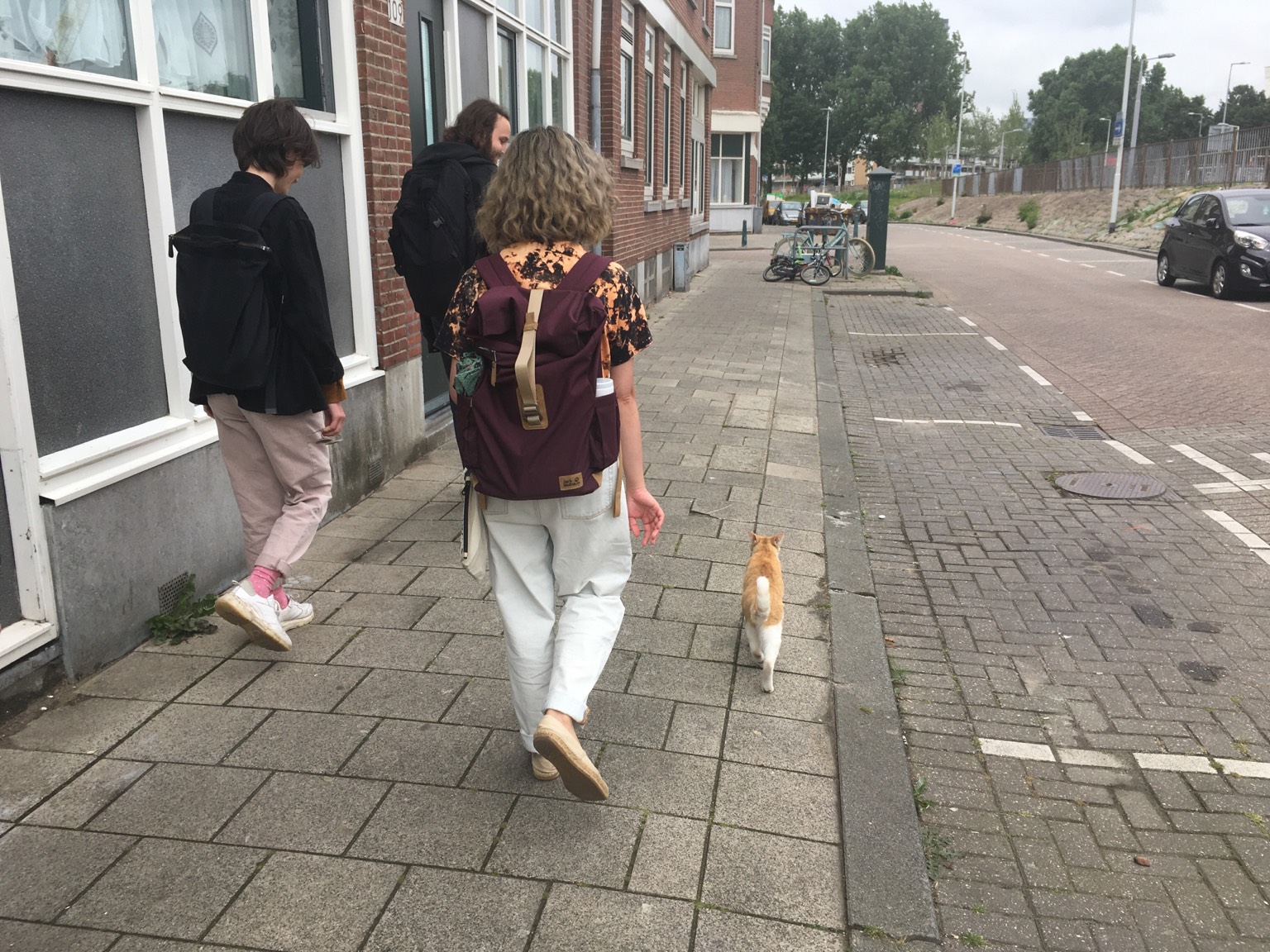
174
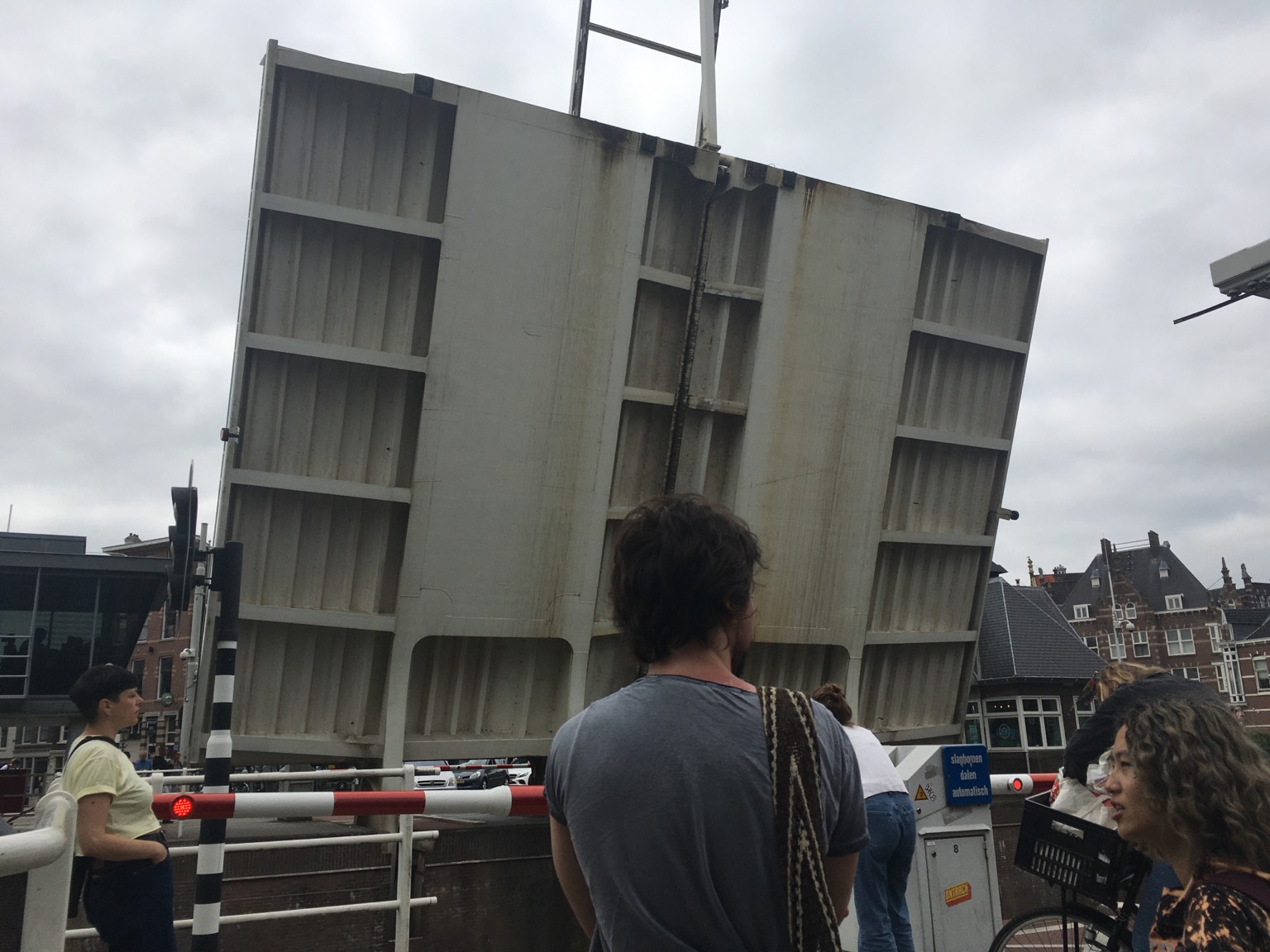
173
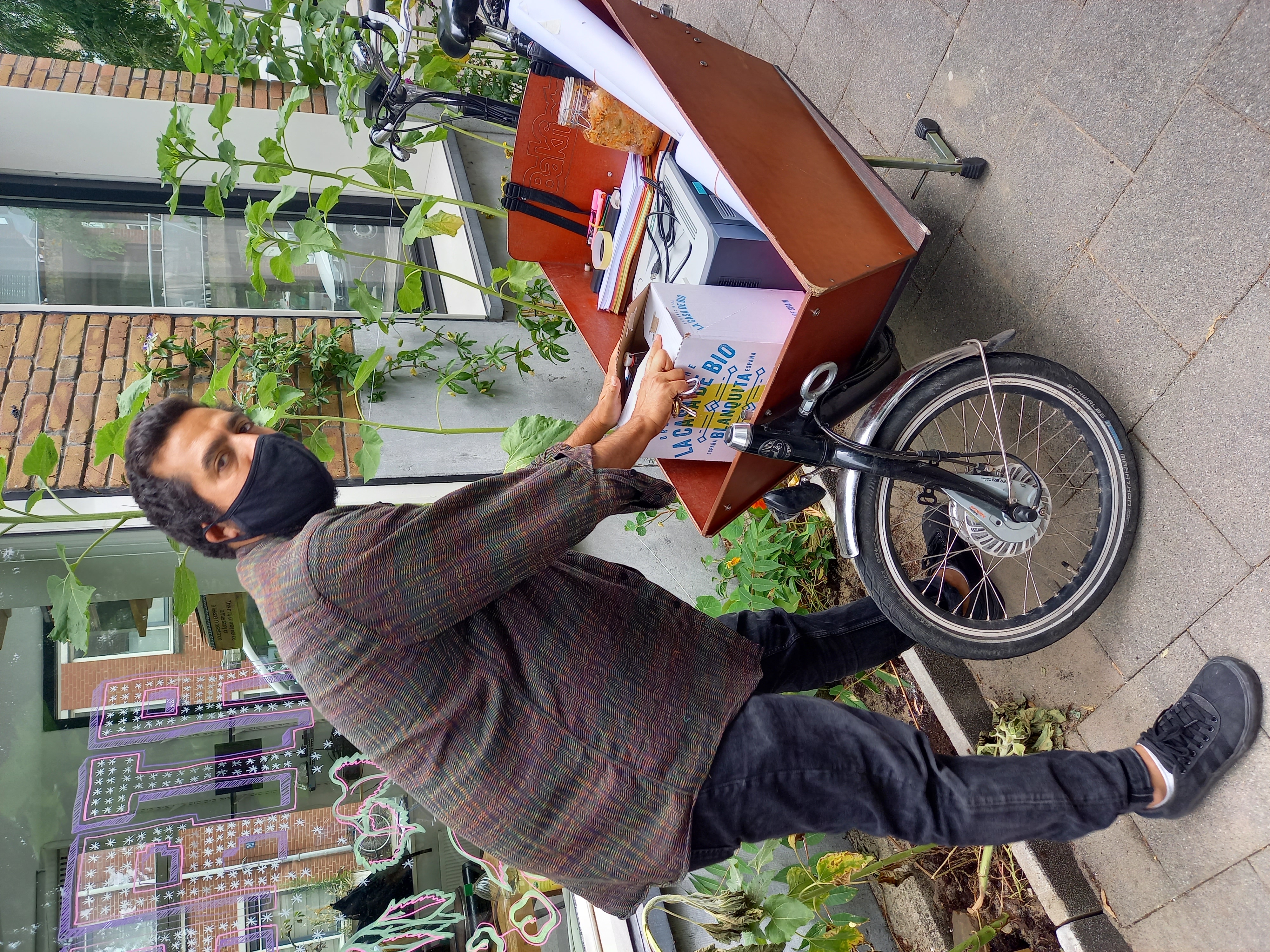
172
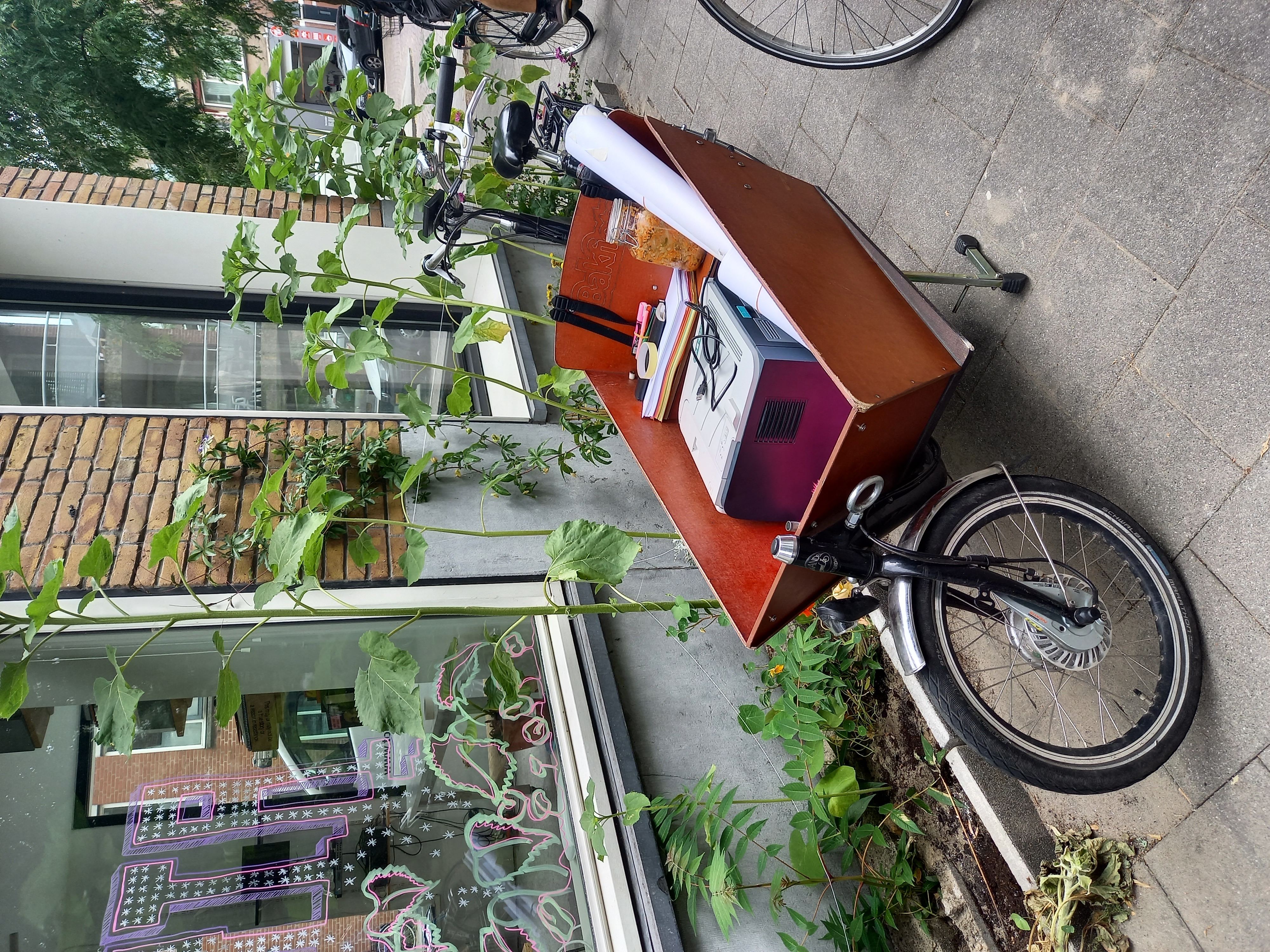
171
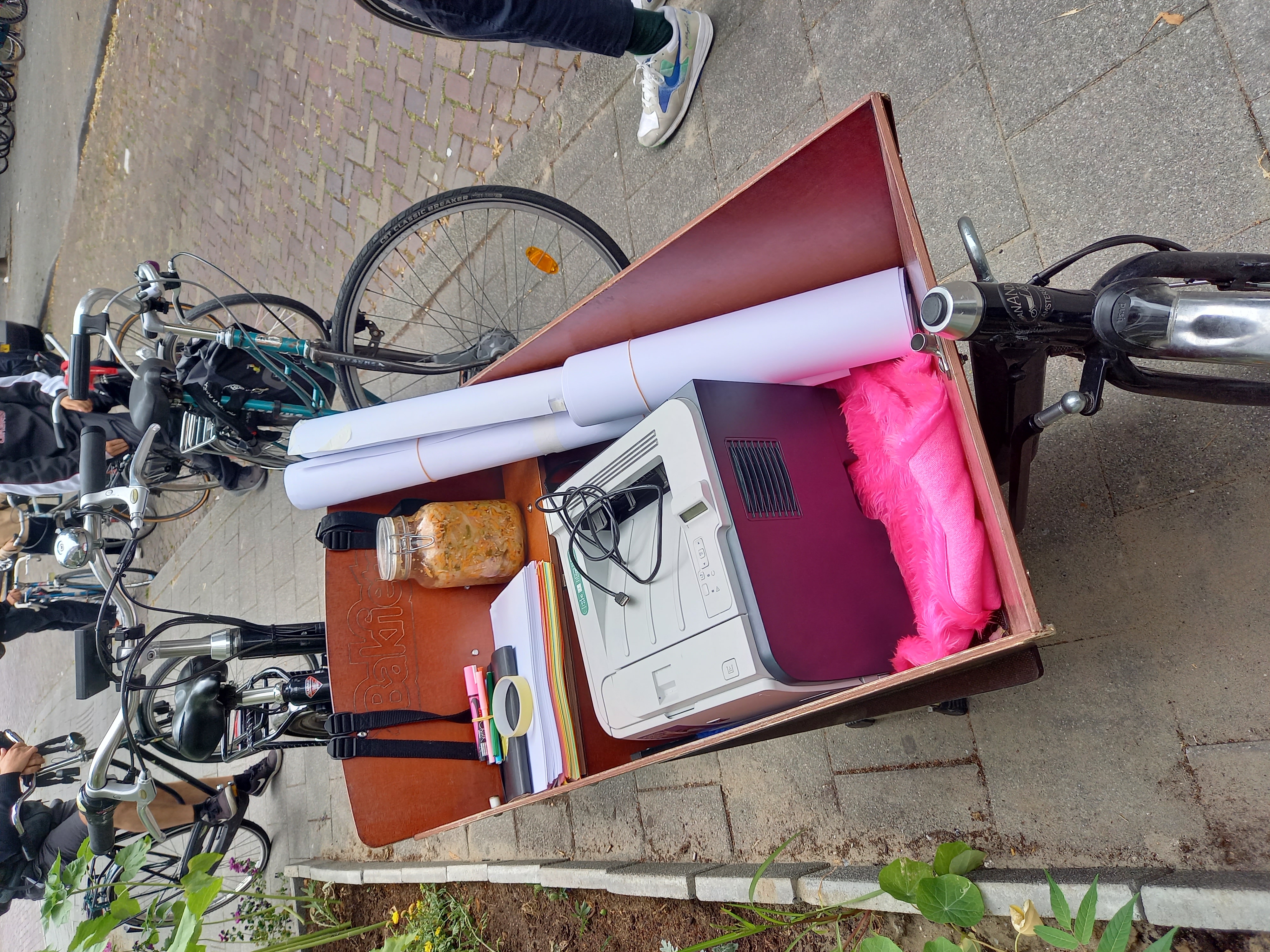
170
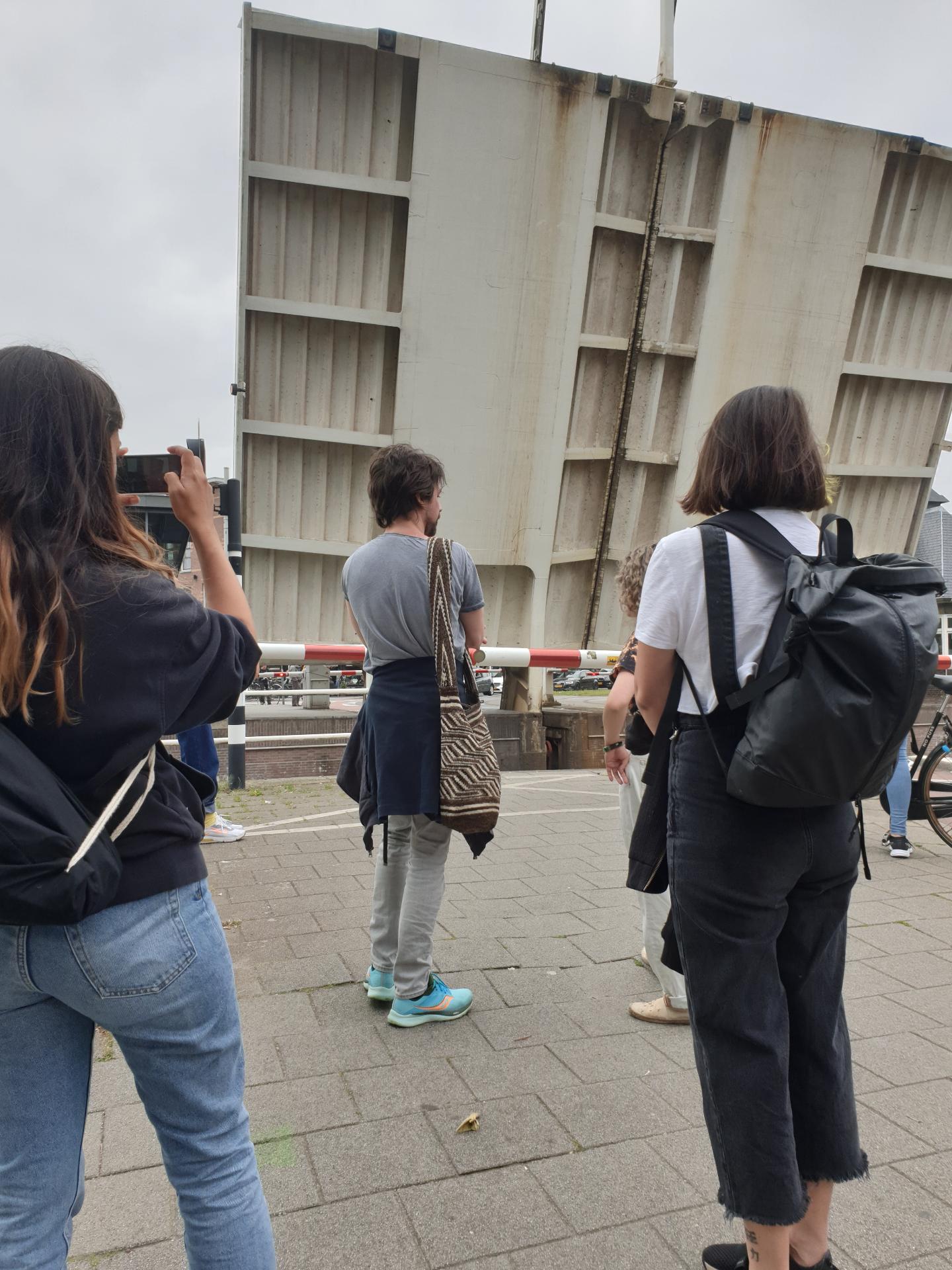
169
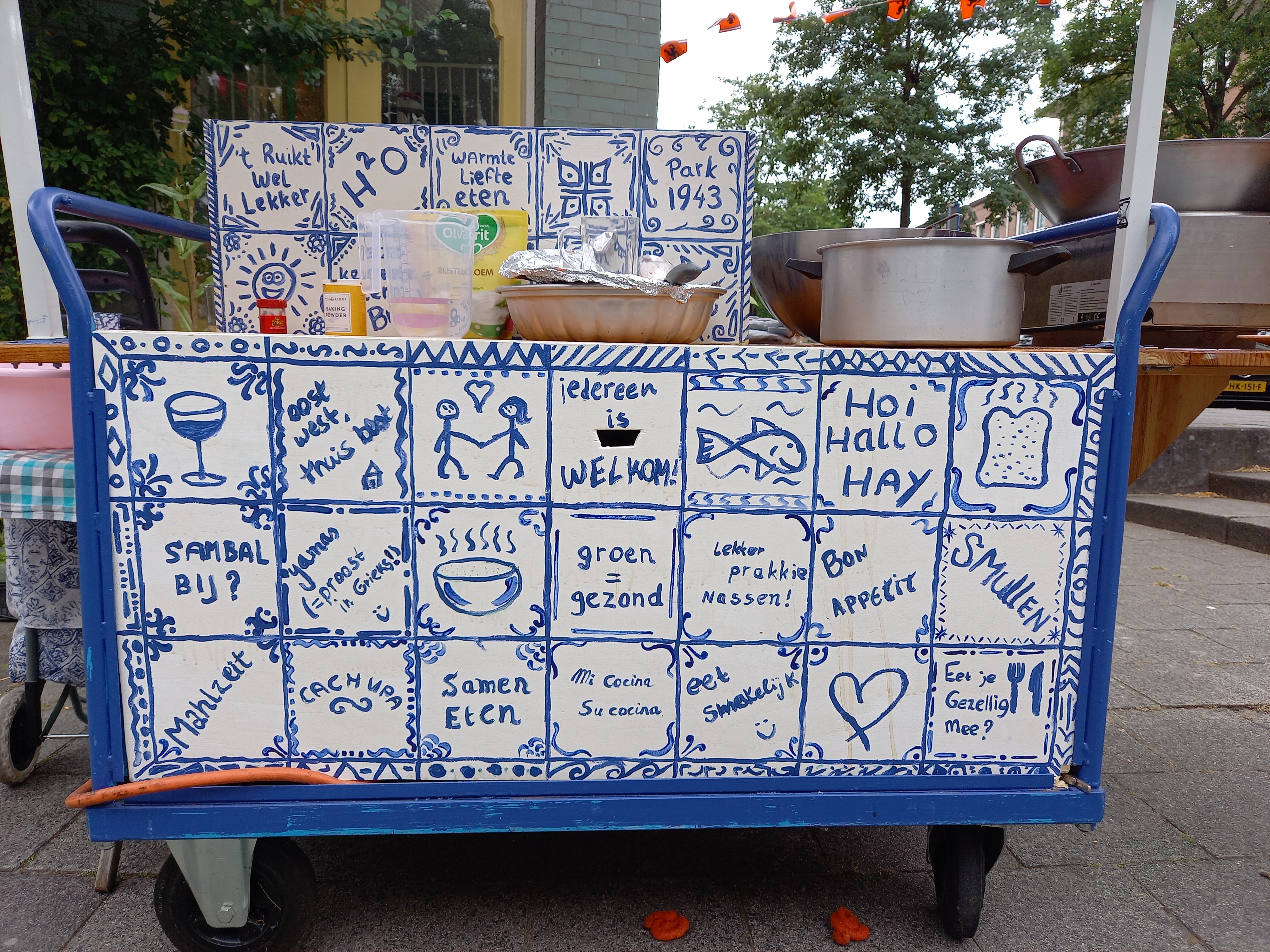
168
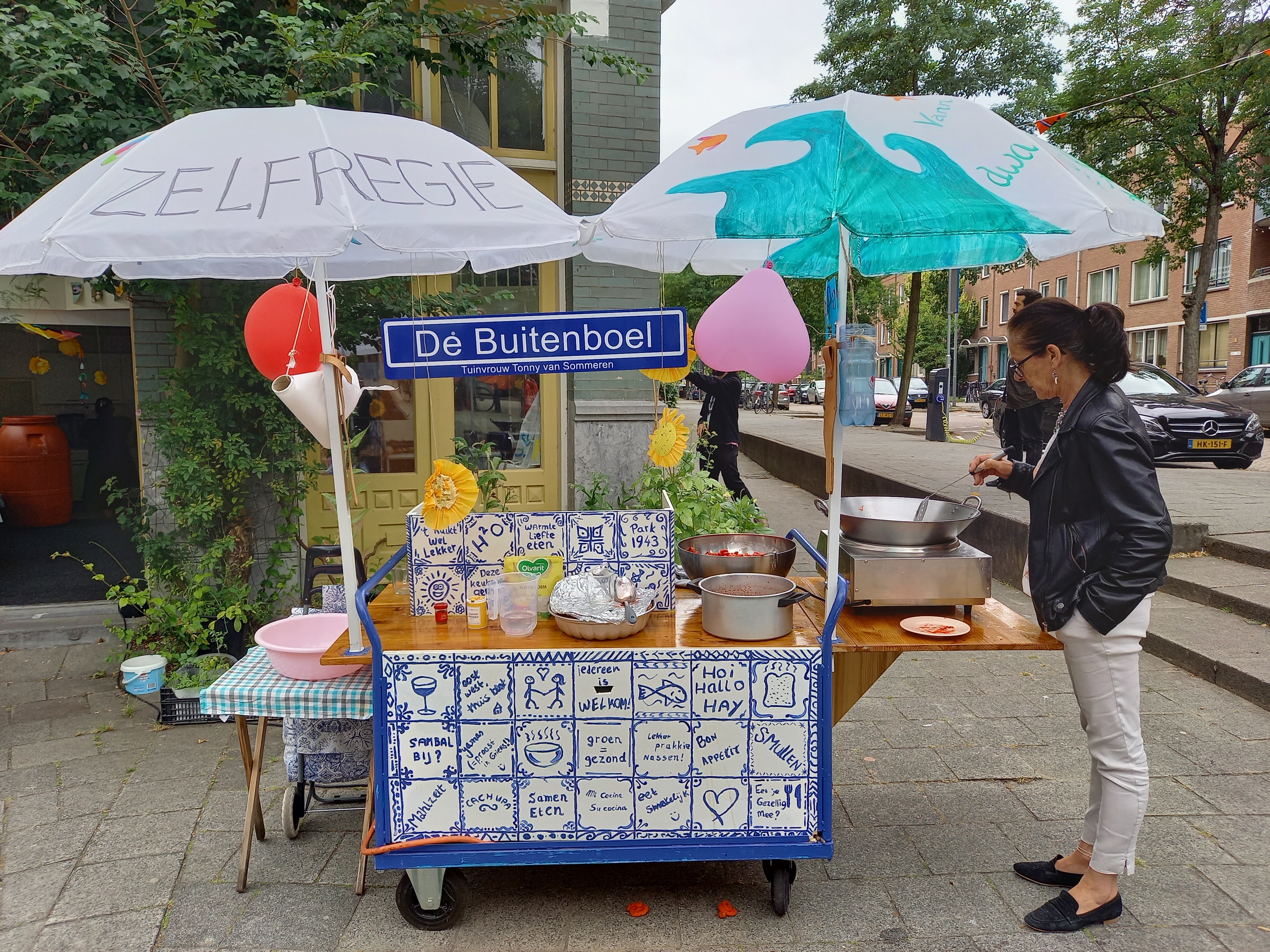
167
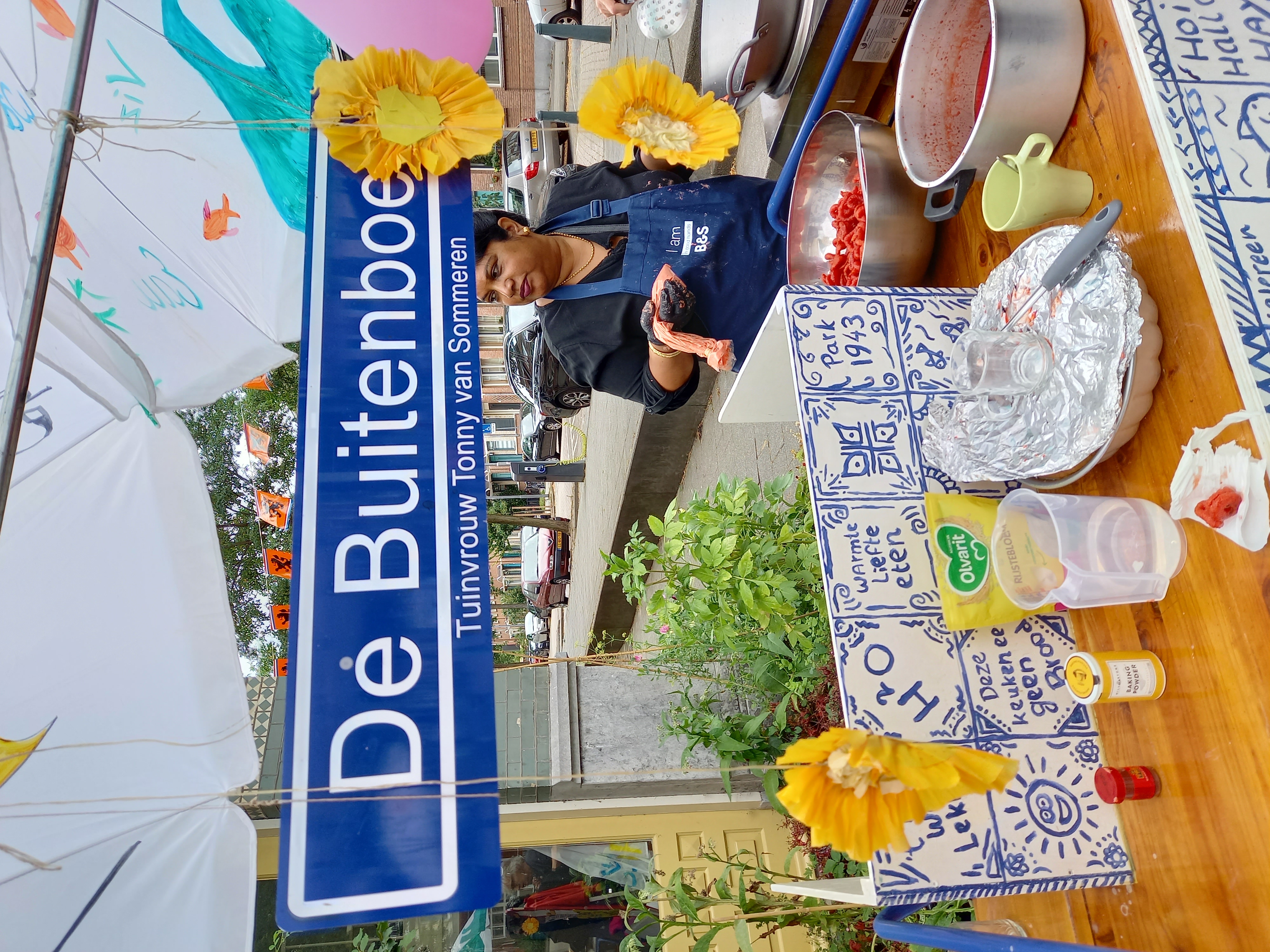
166
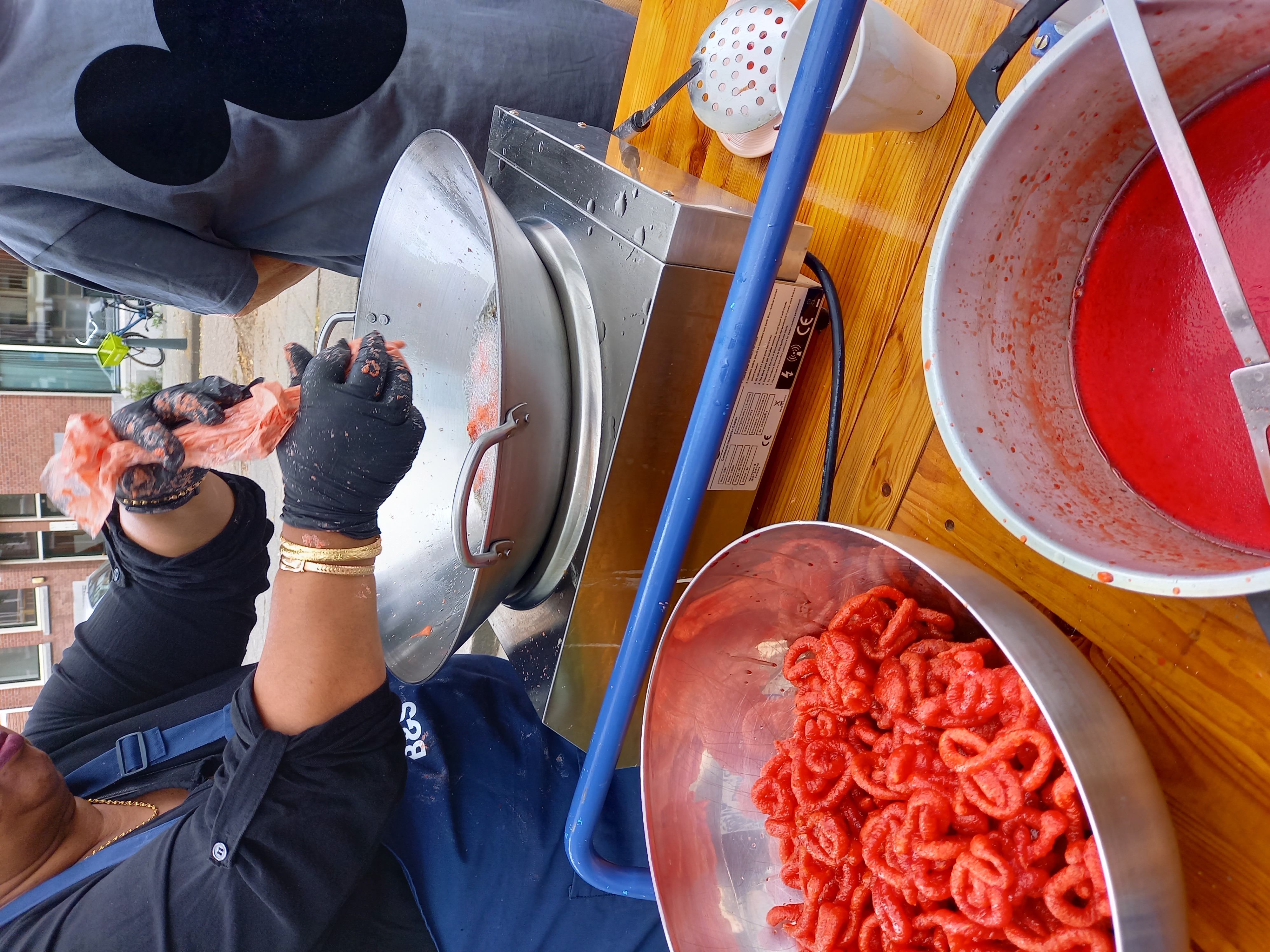
165
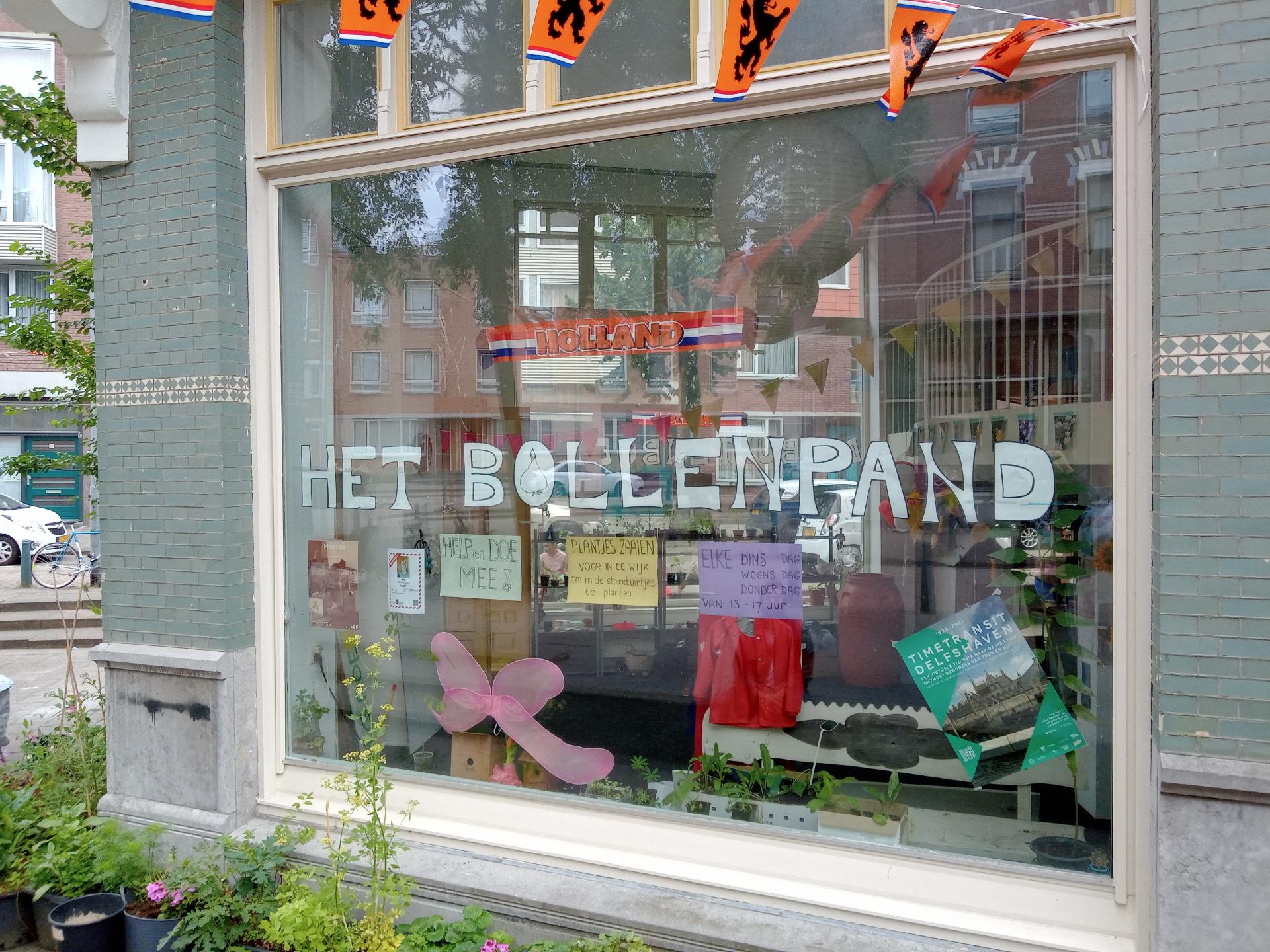
164
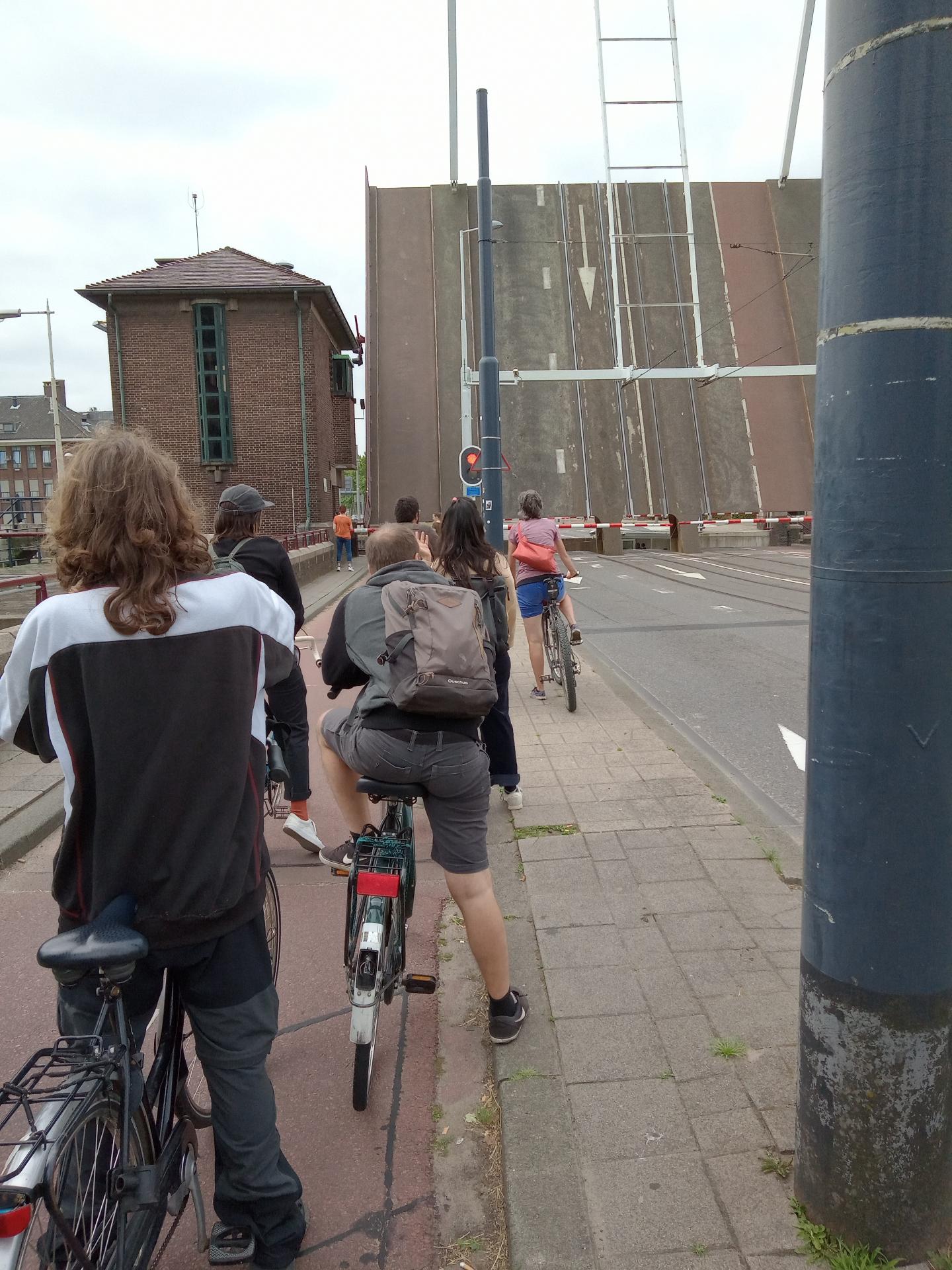
163
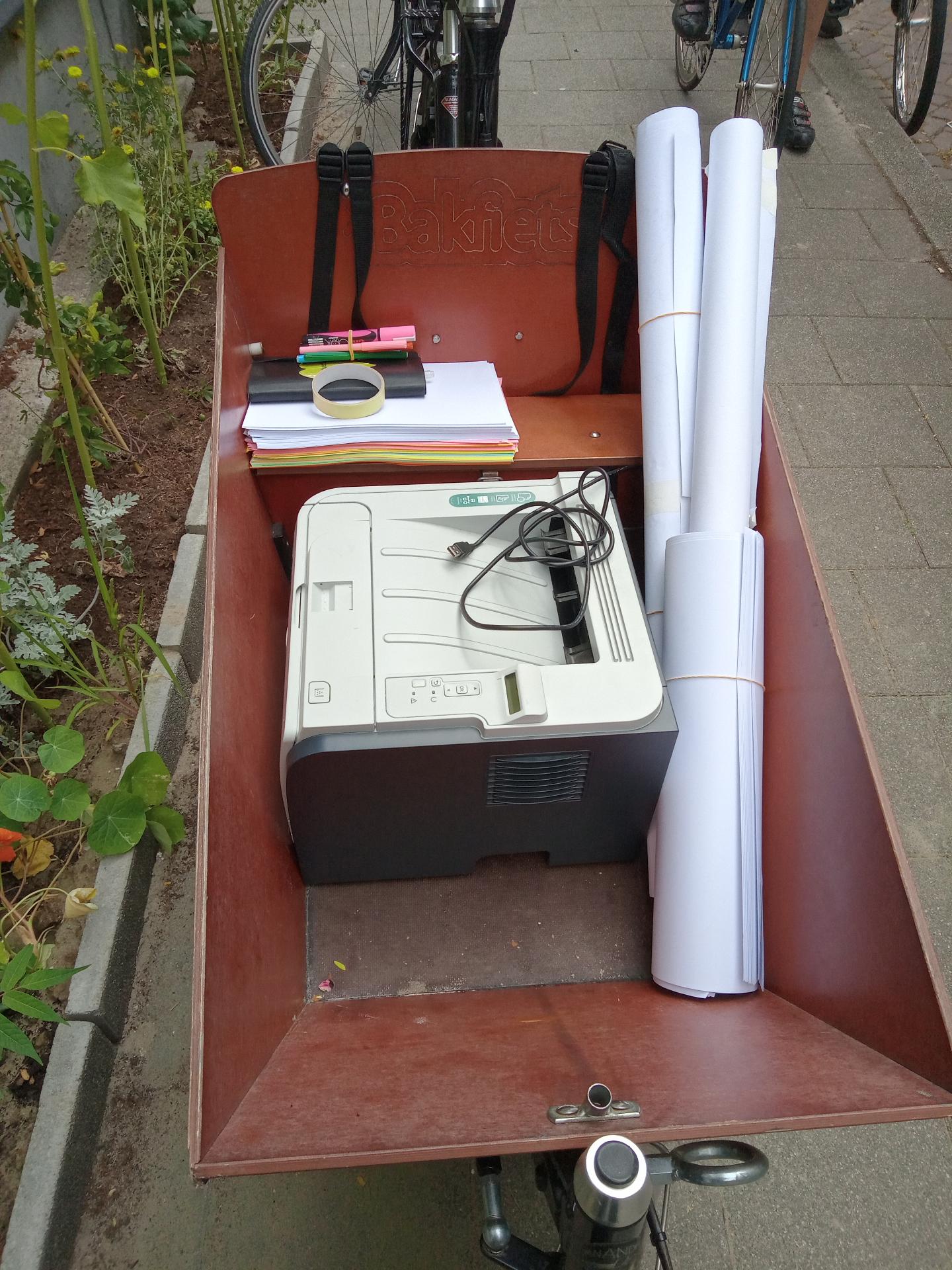
162
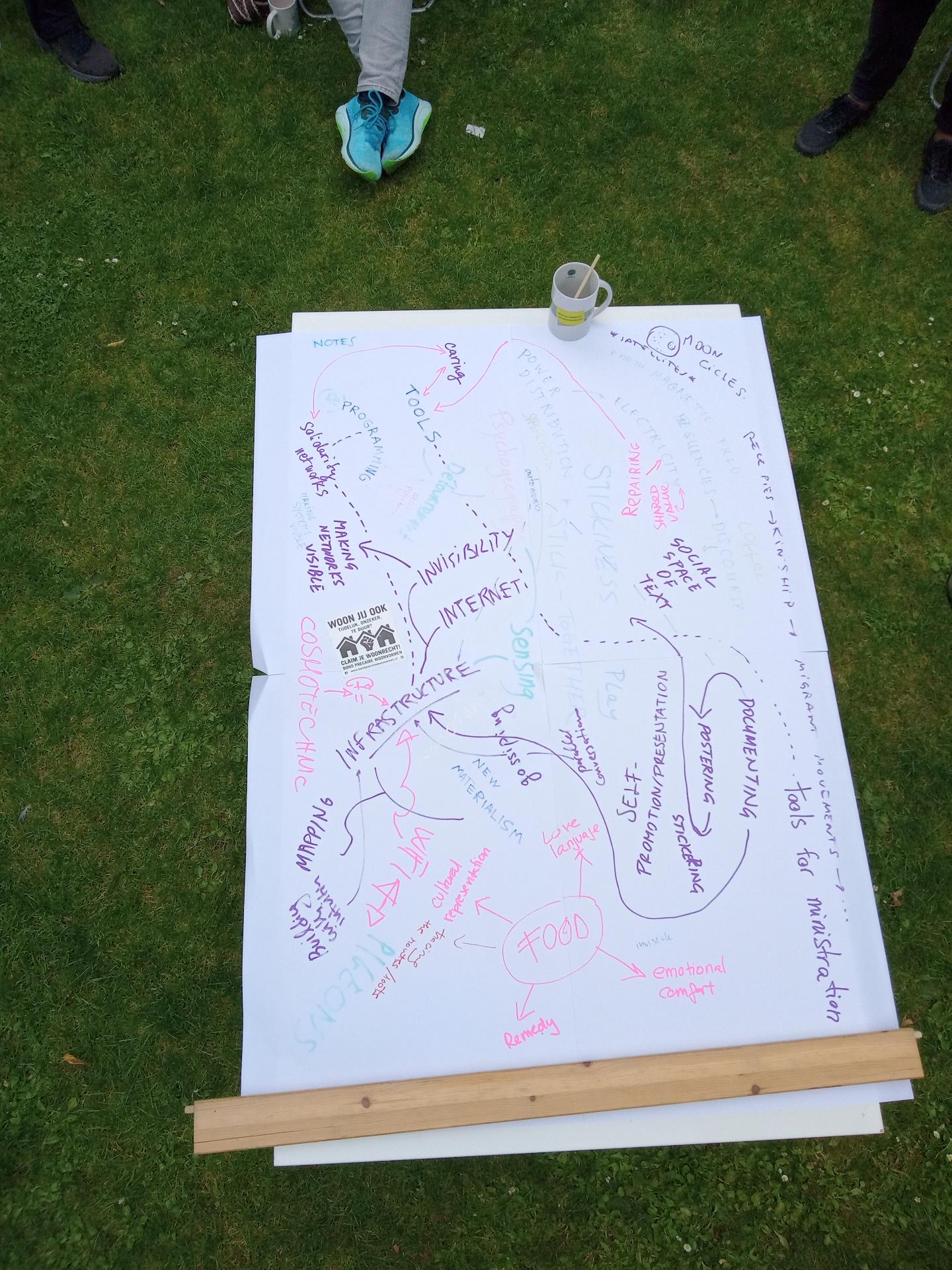
161
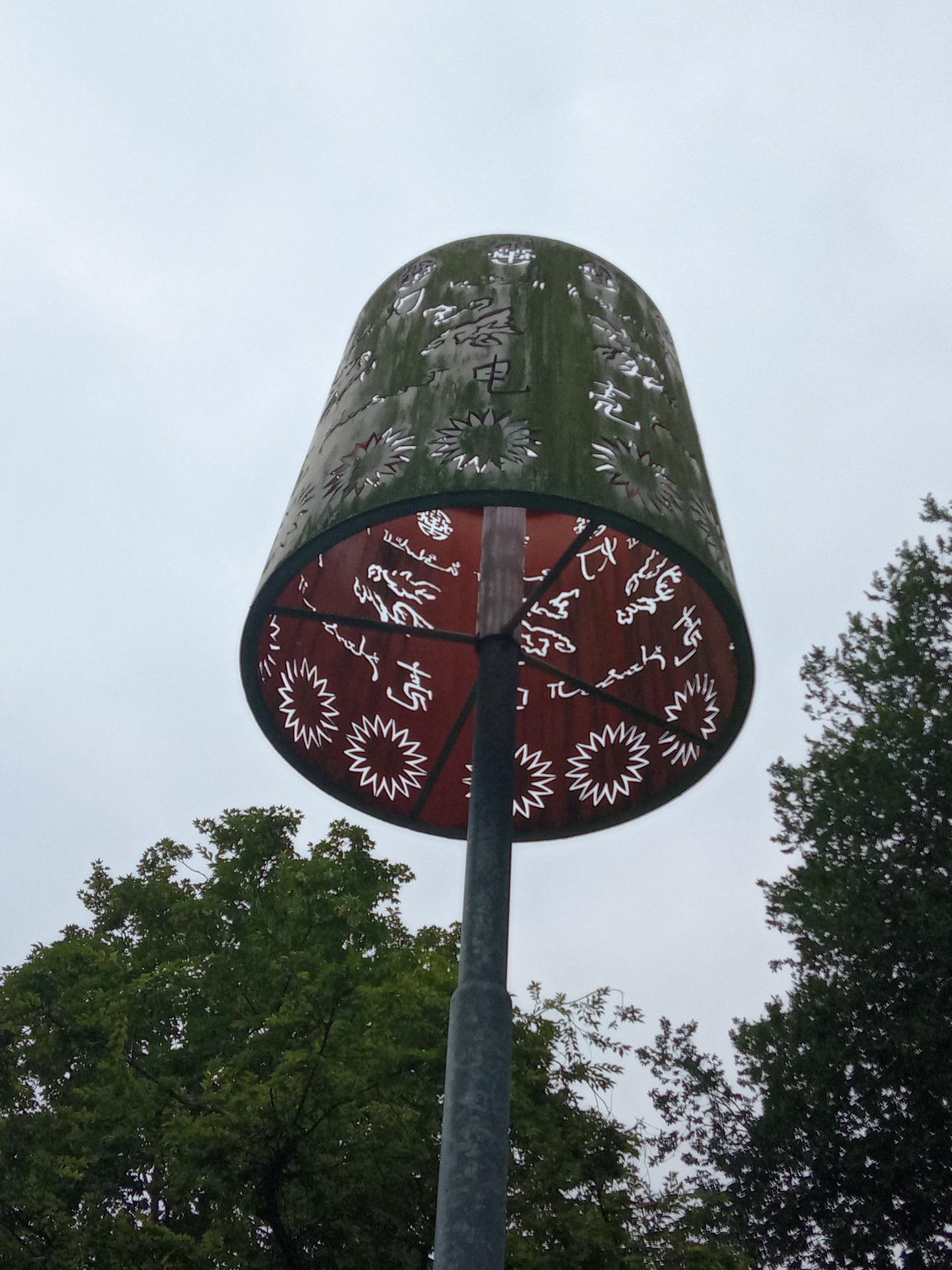
160
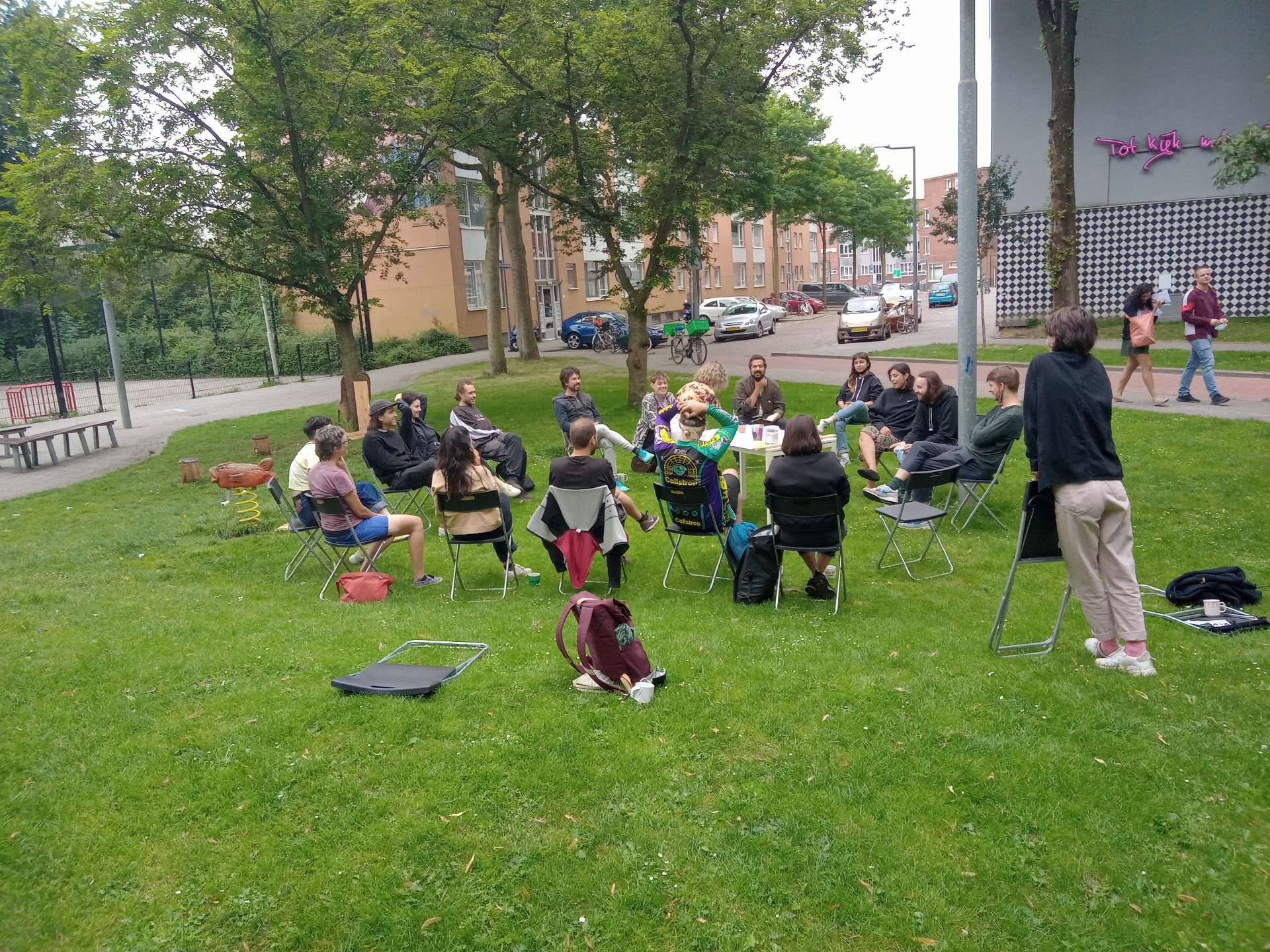
159
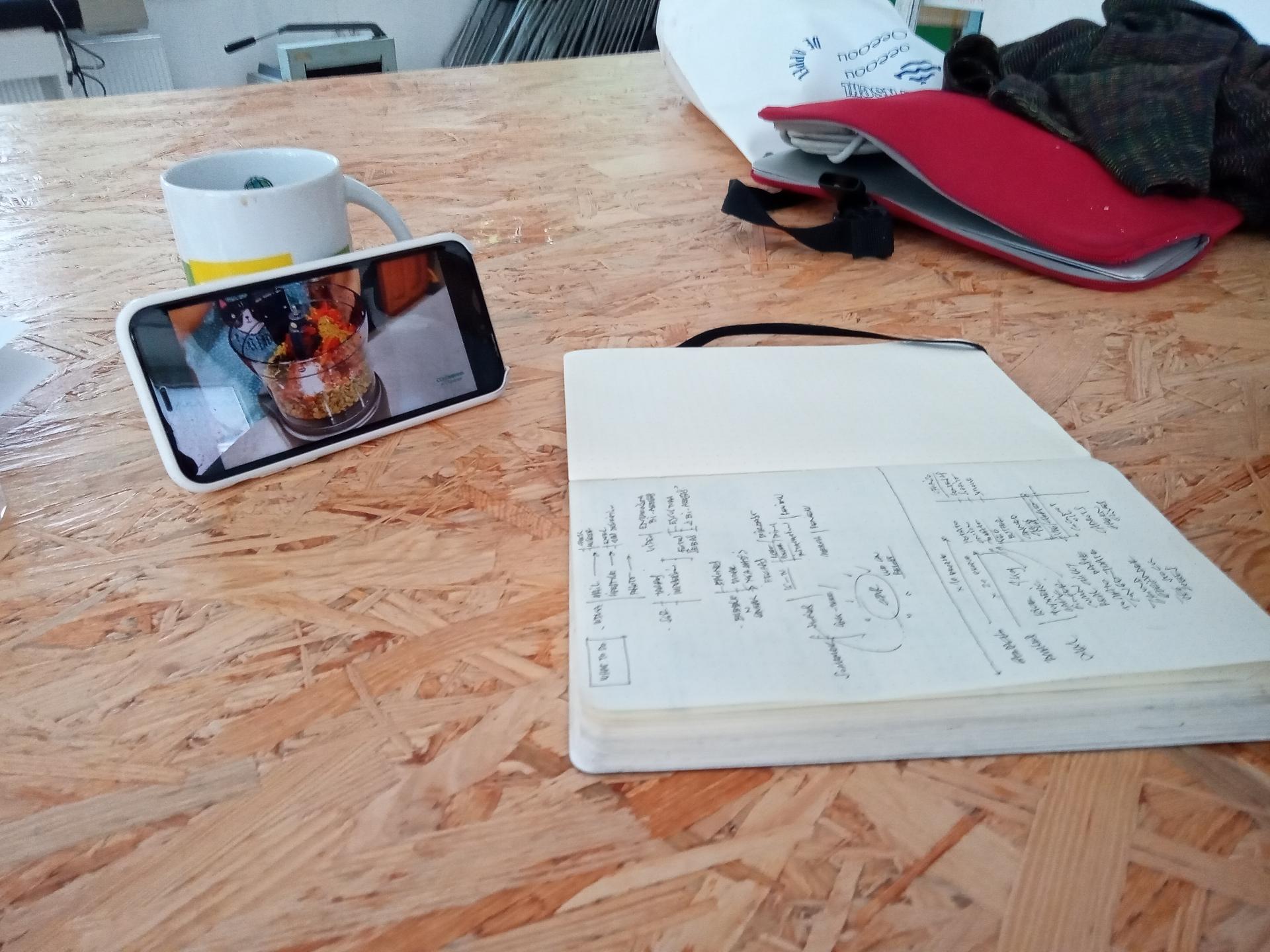
158
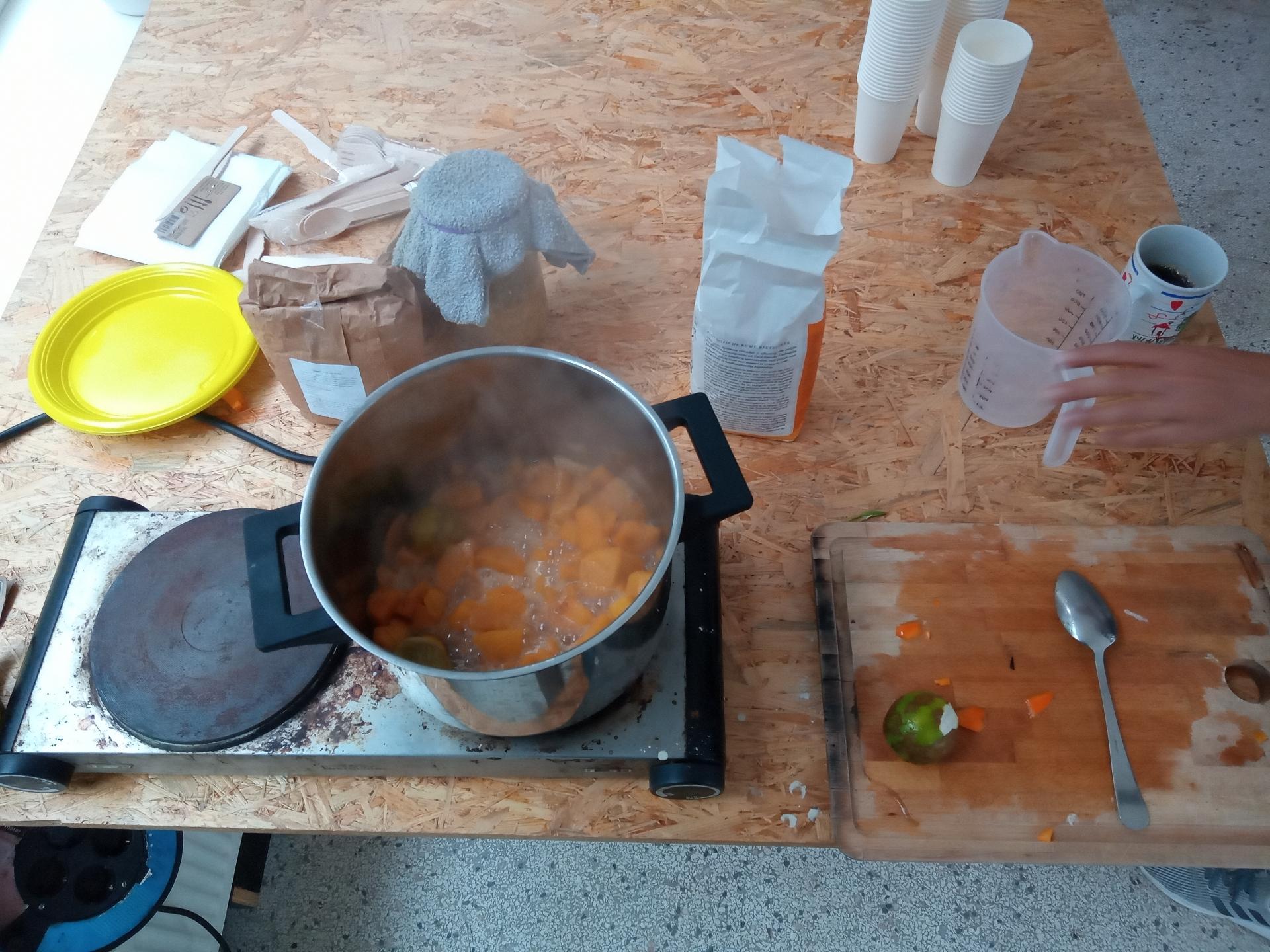
157
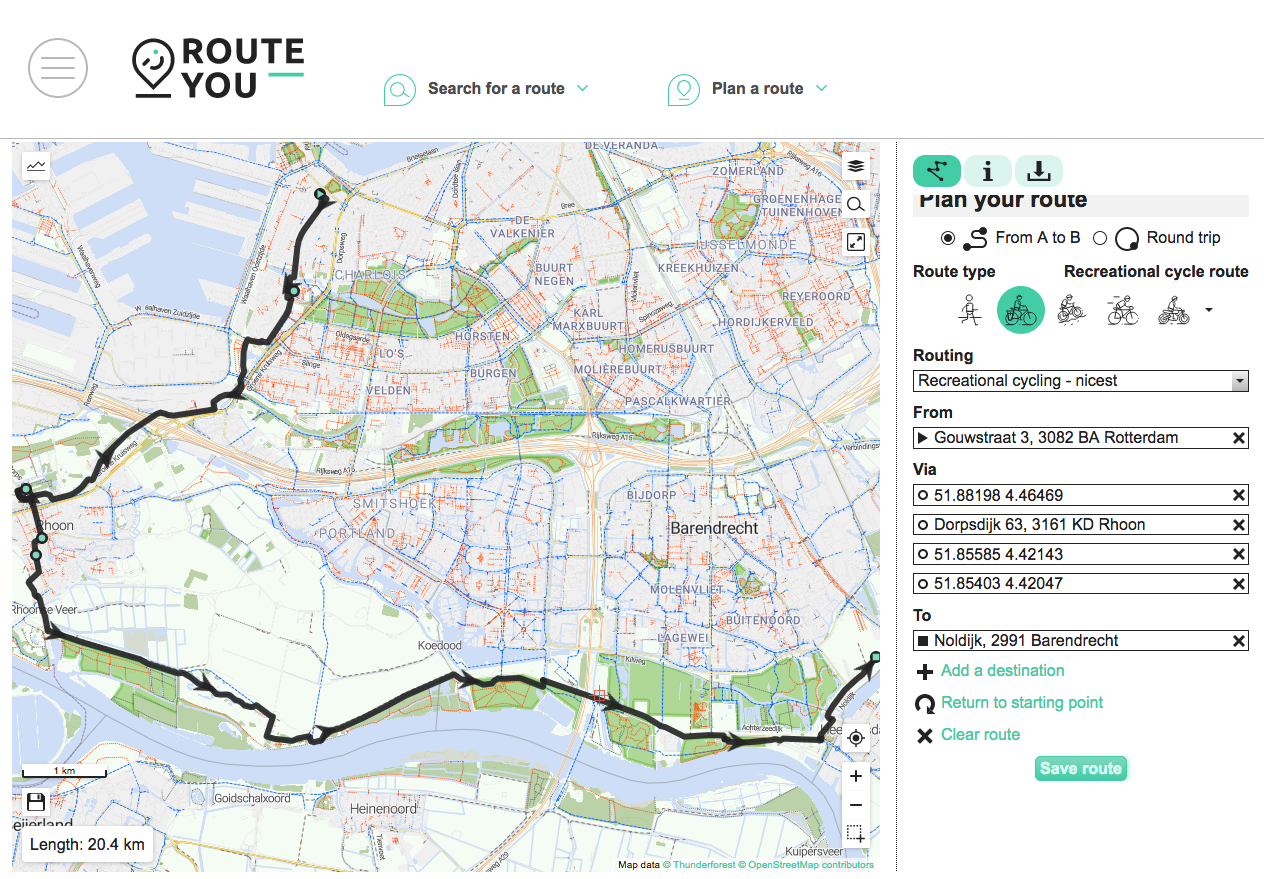
156
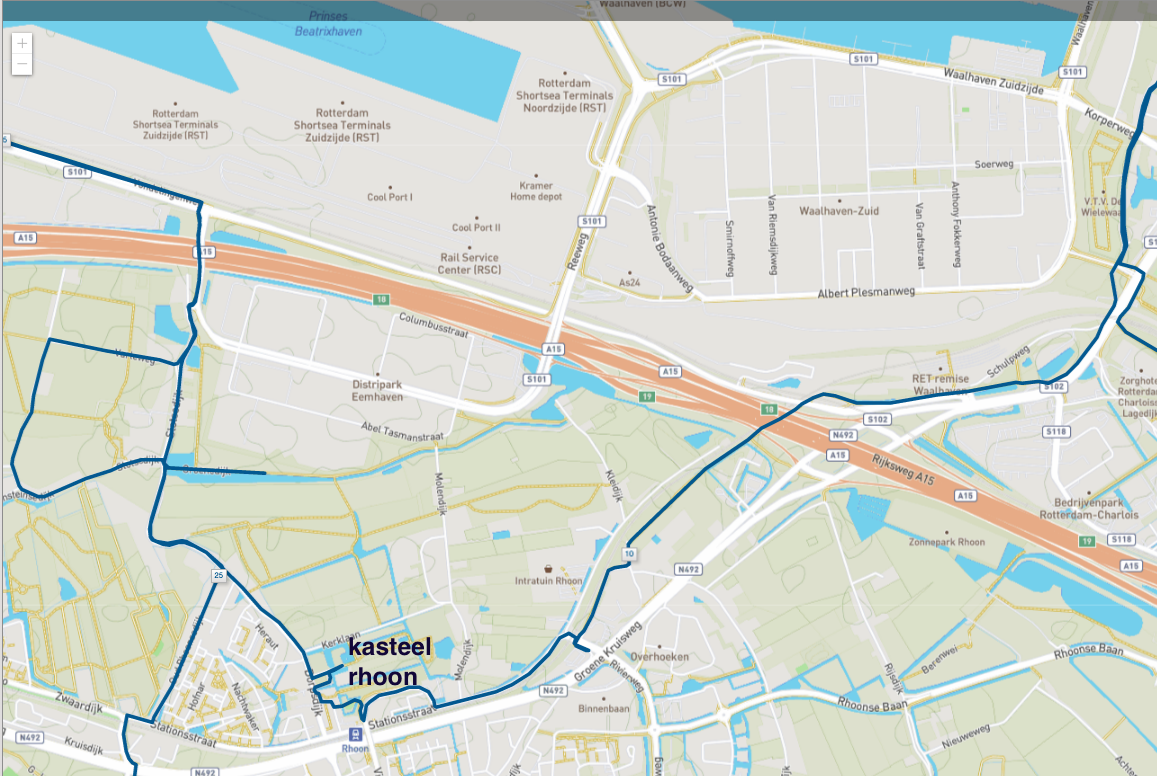
155
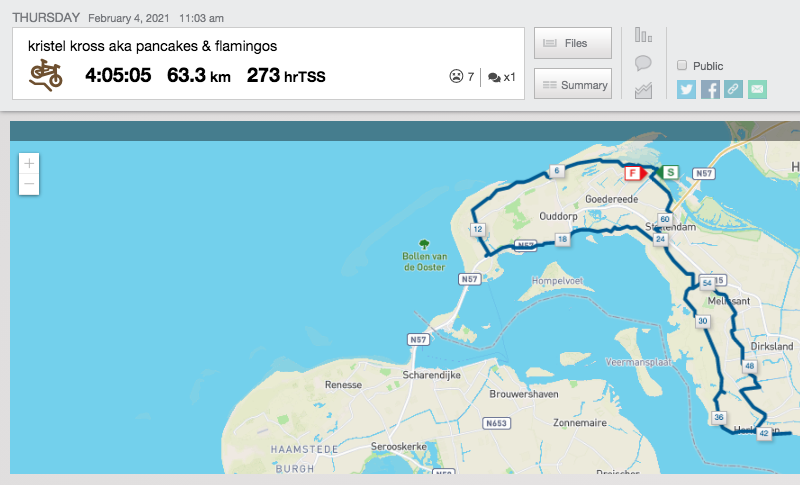
154
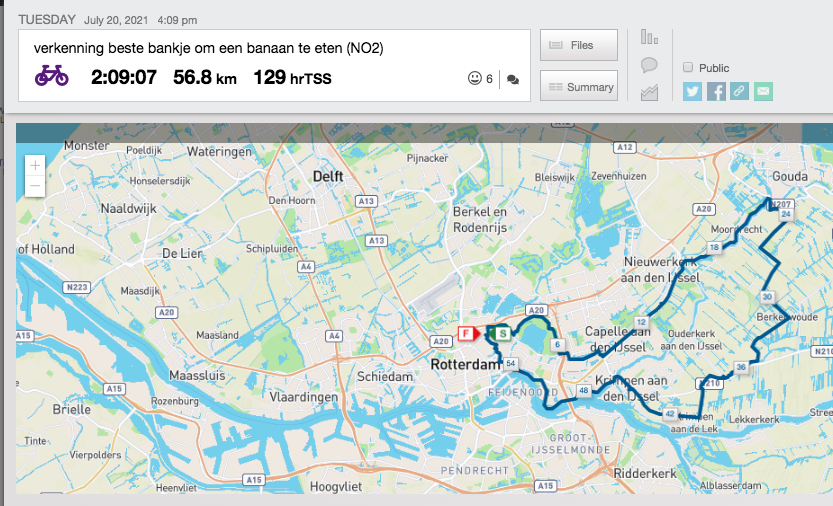
153
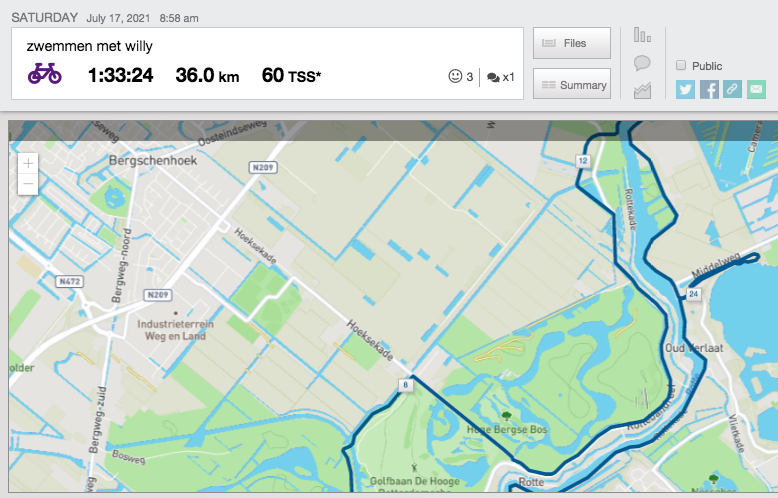
152
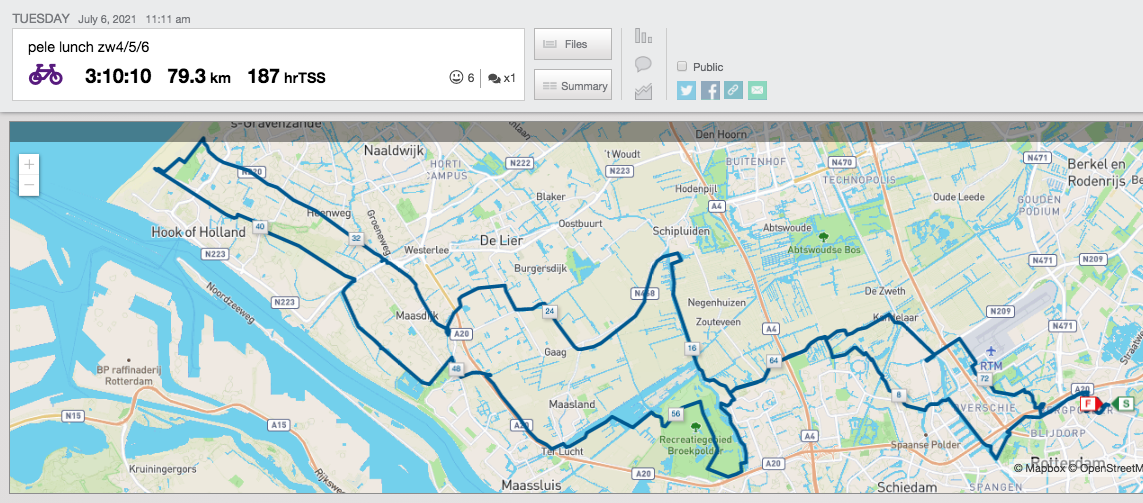
151
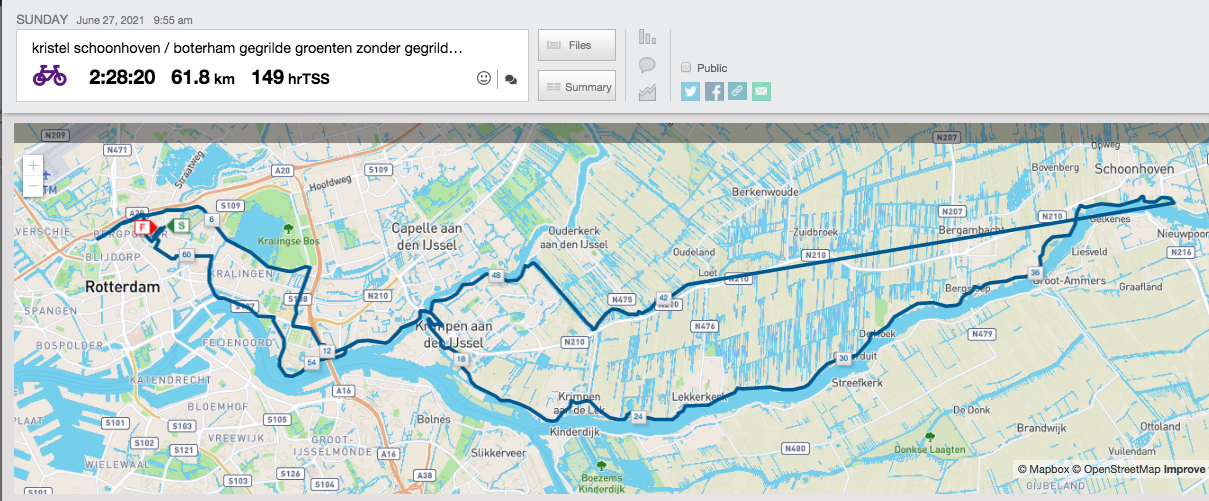
150
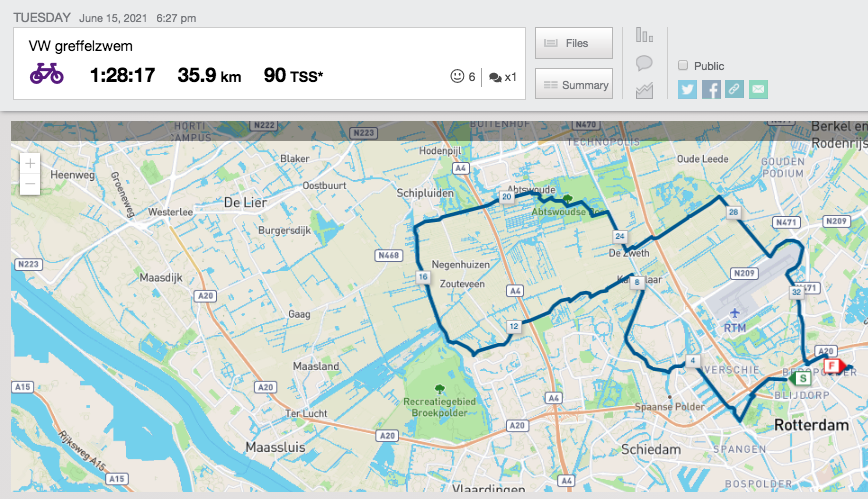
149
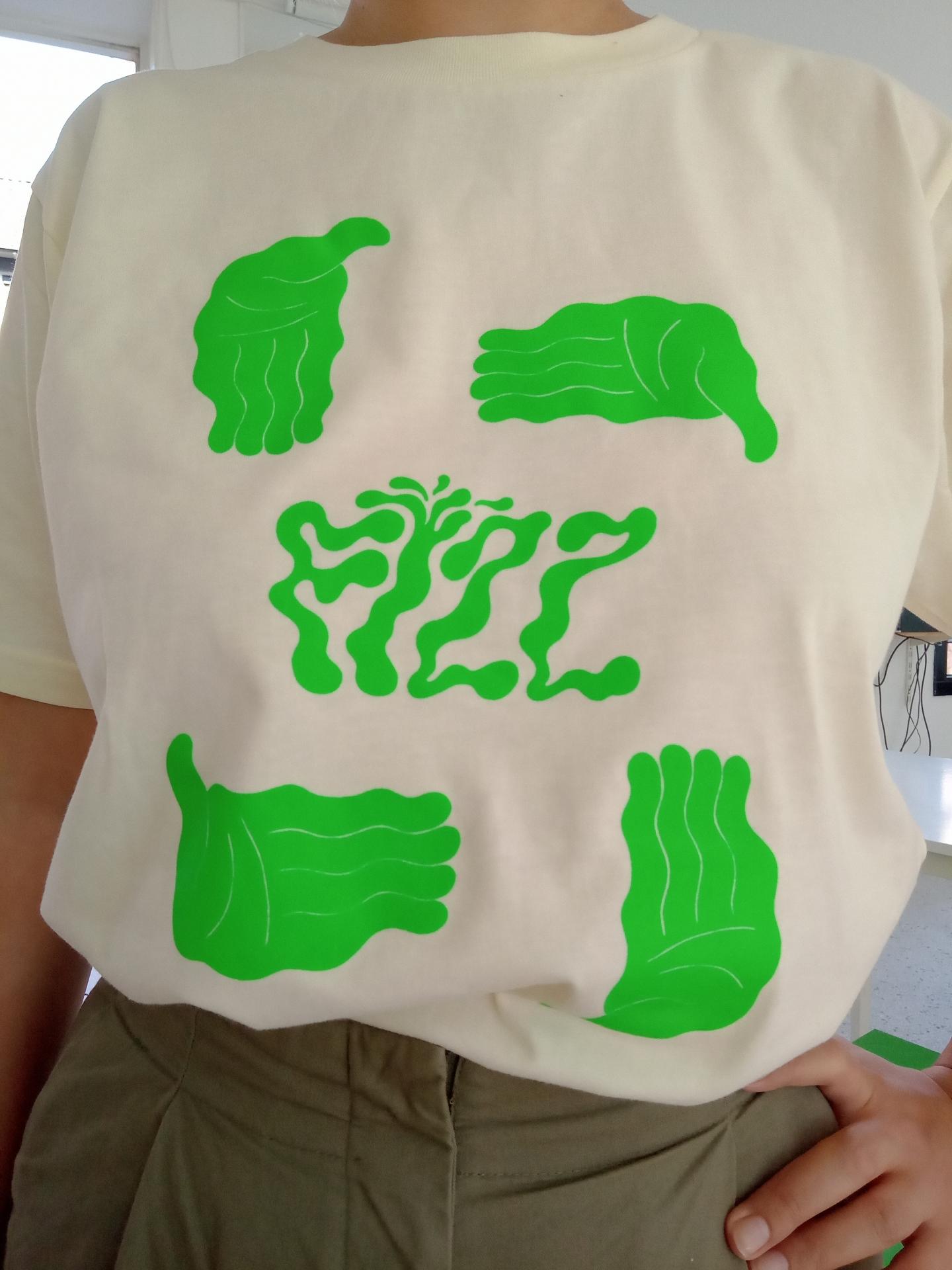
148
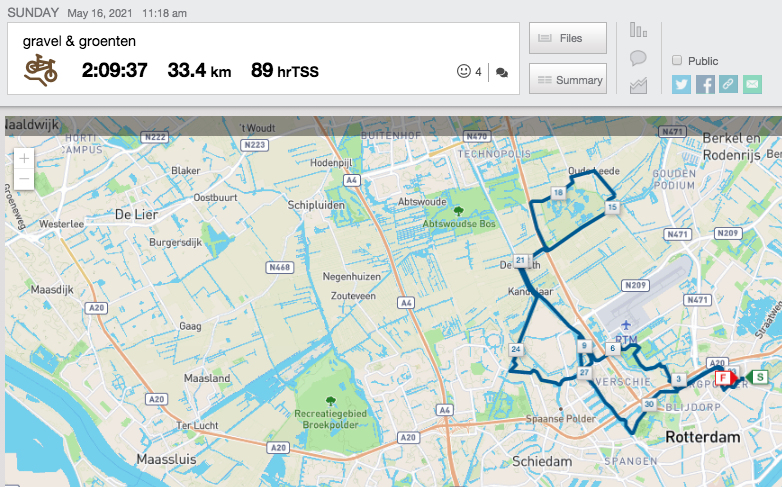
147
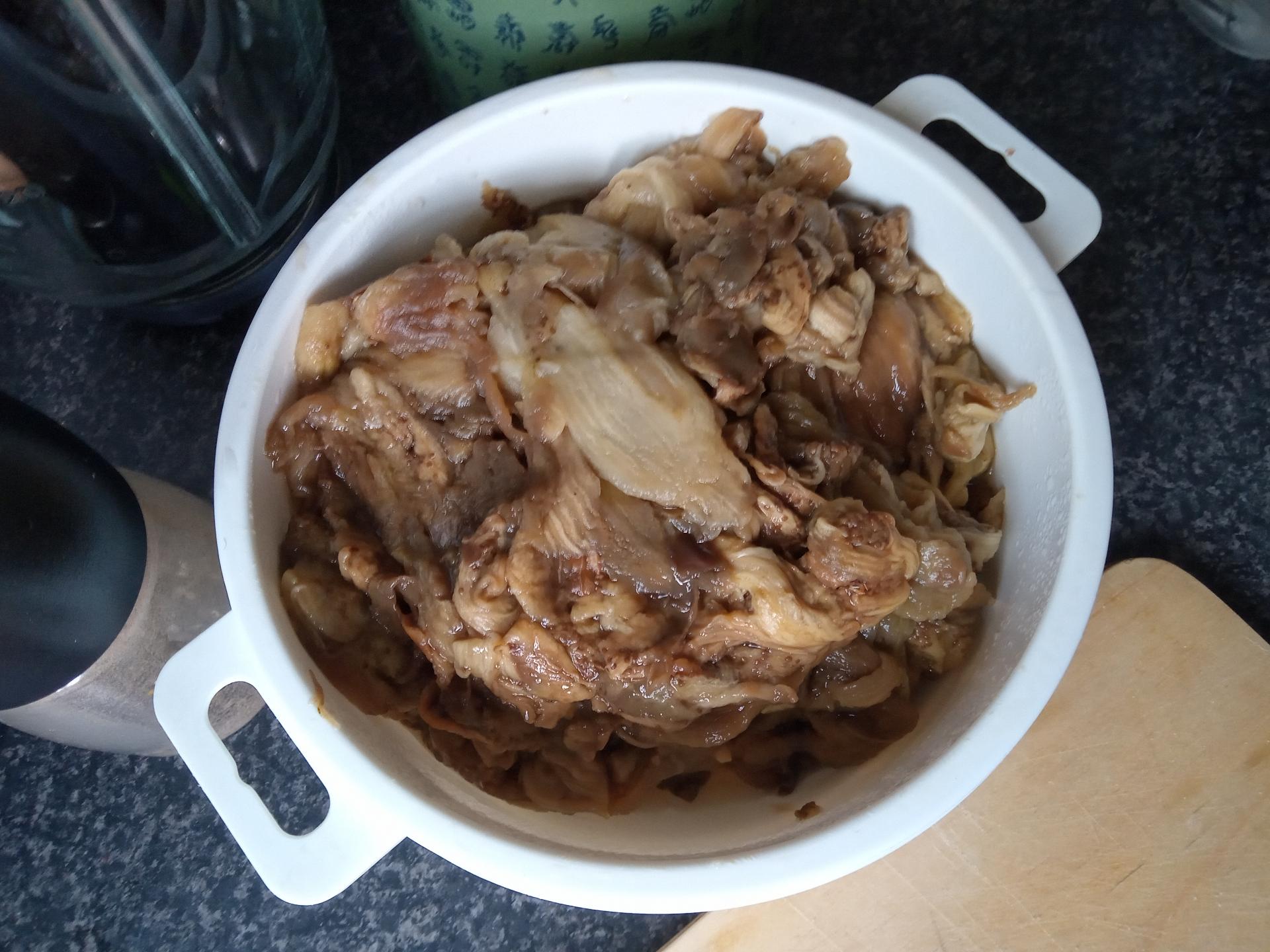
146
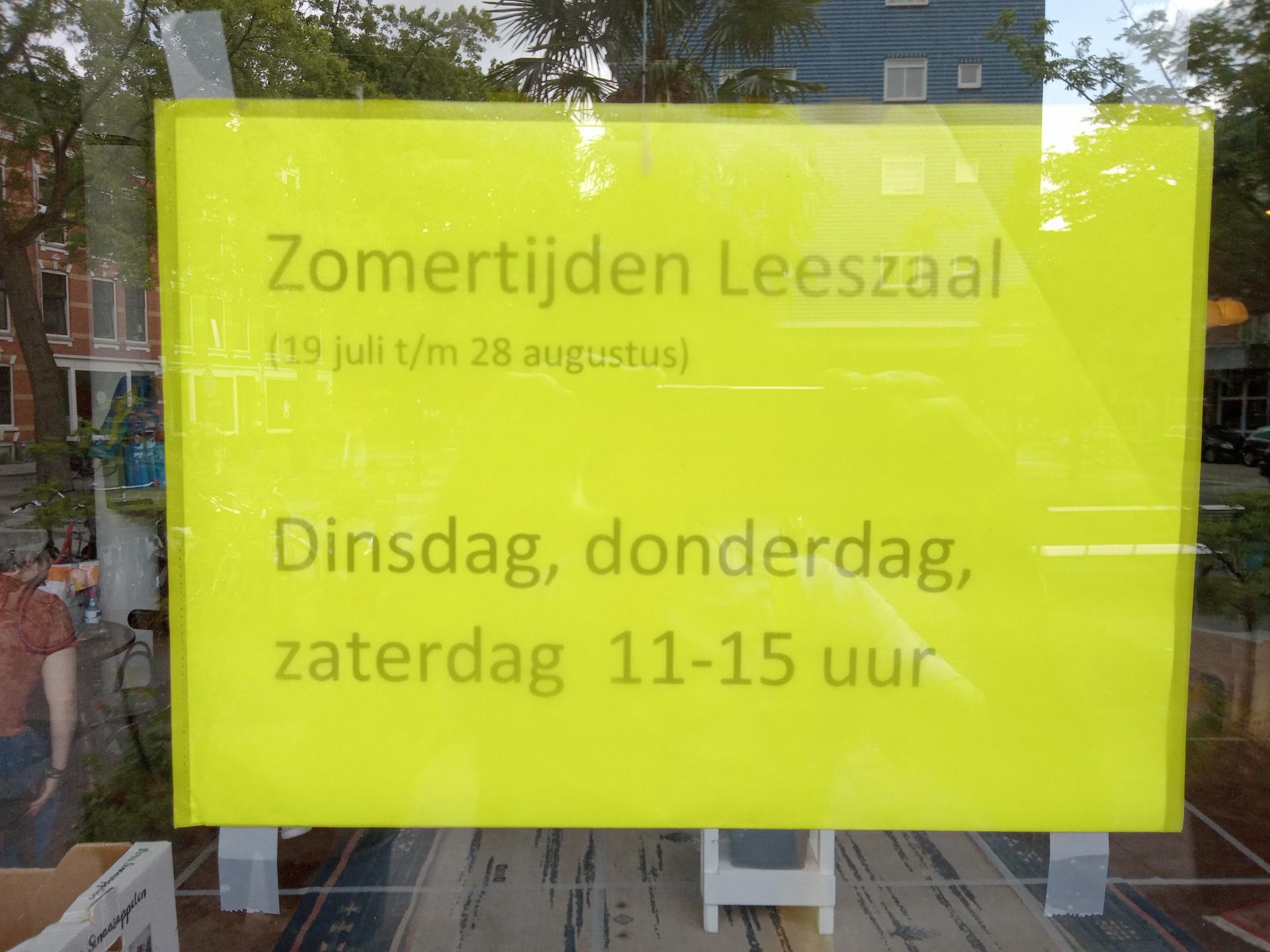
145
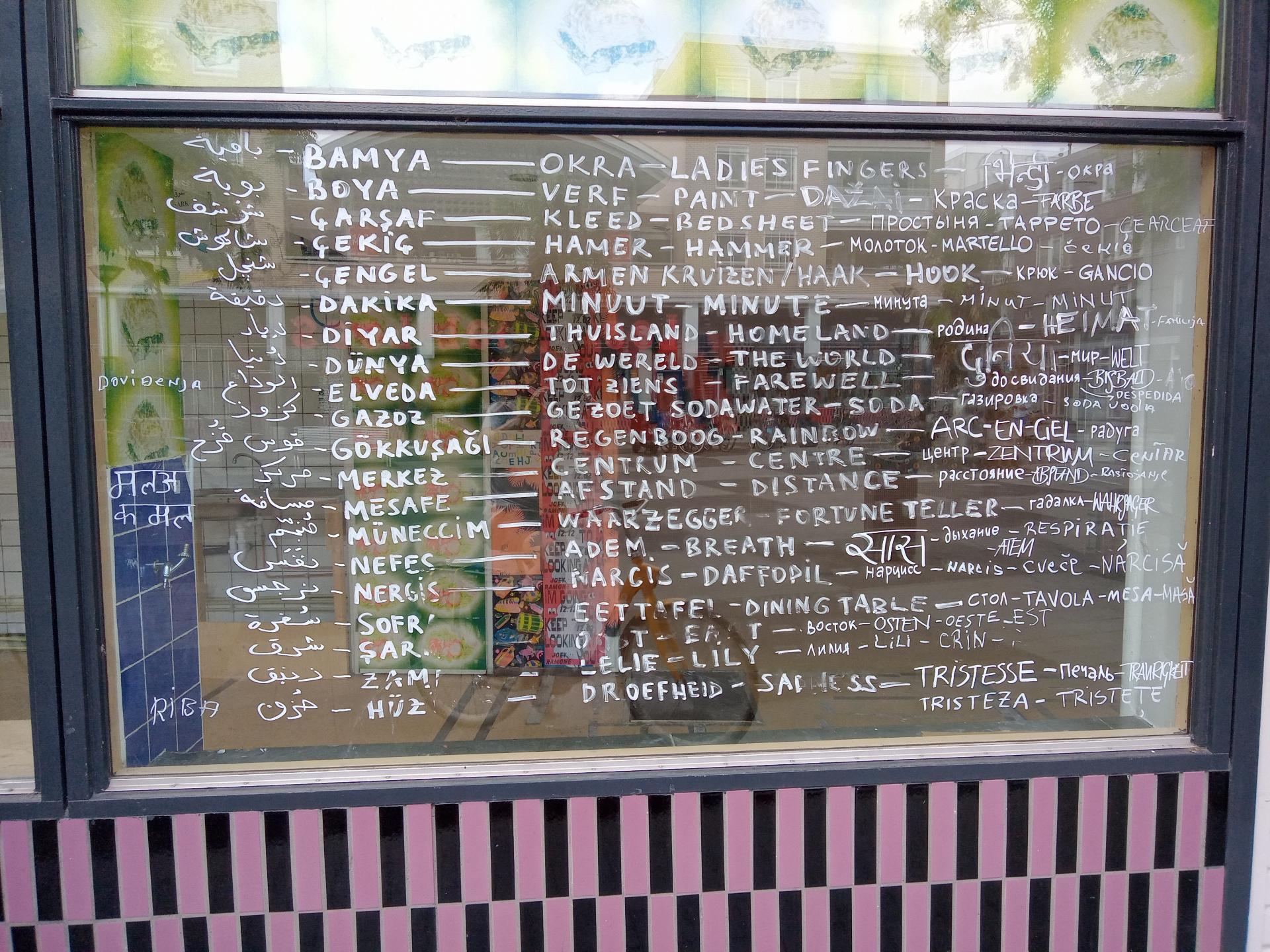
144
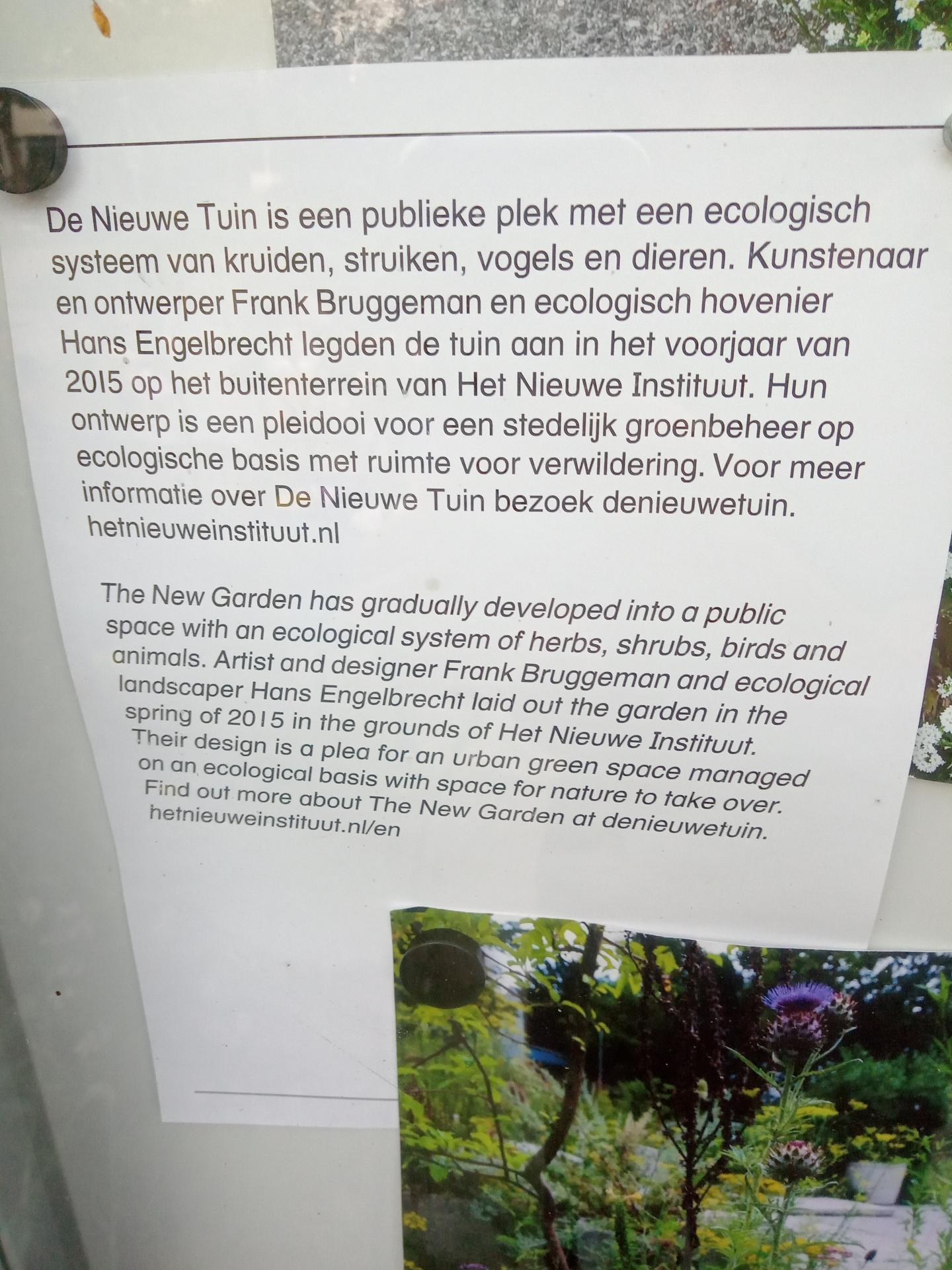
143
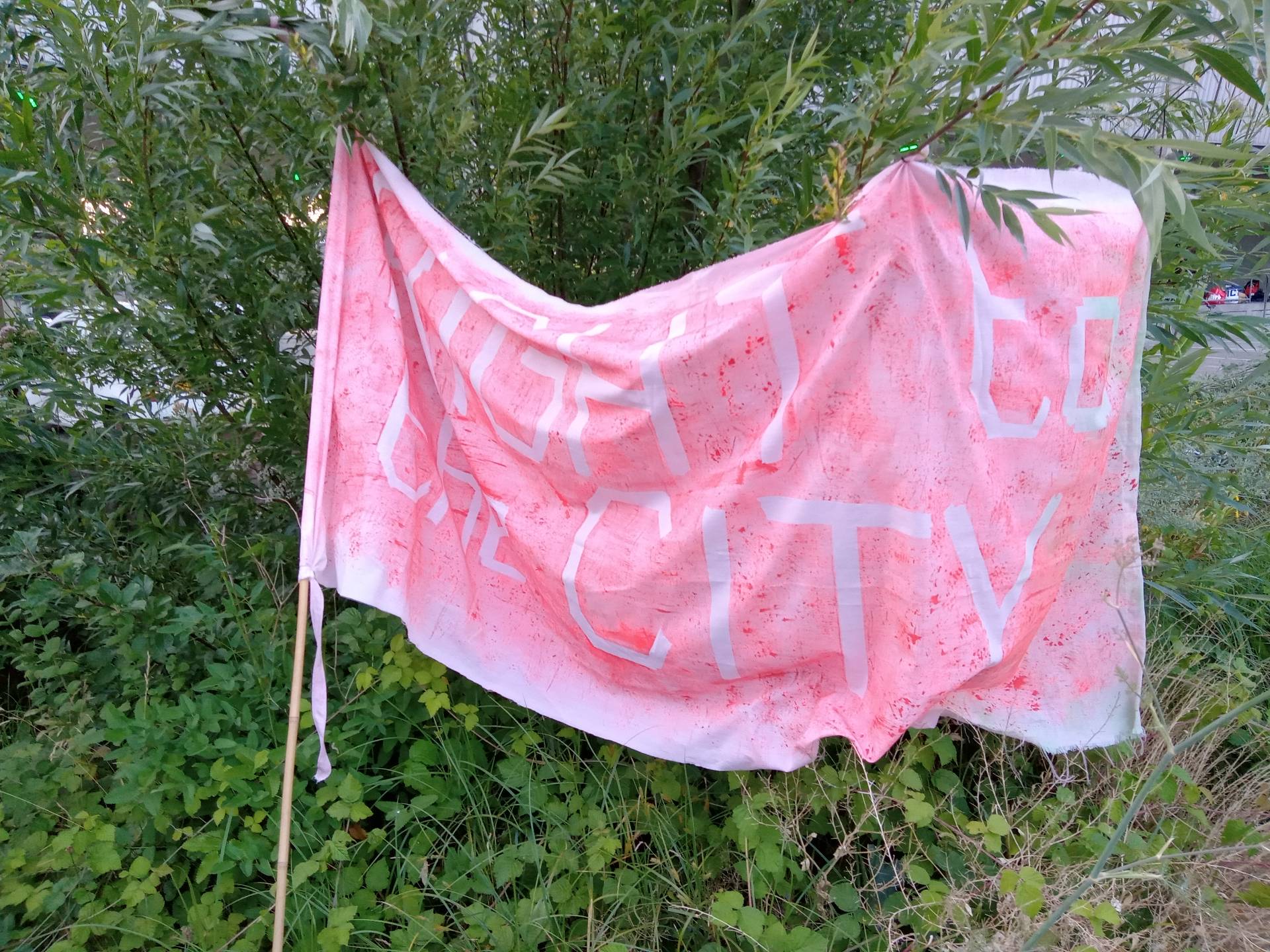
142
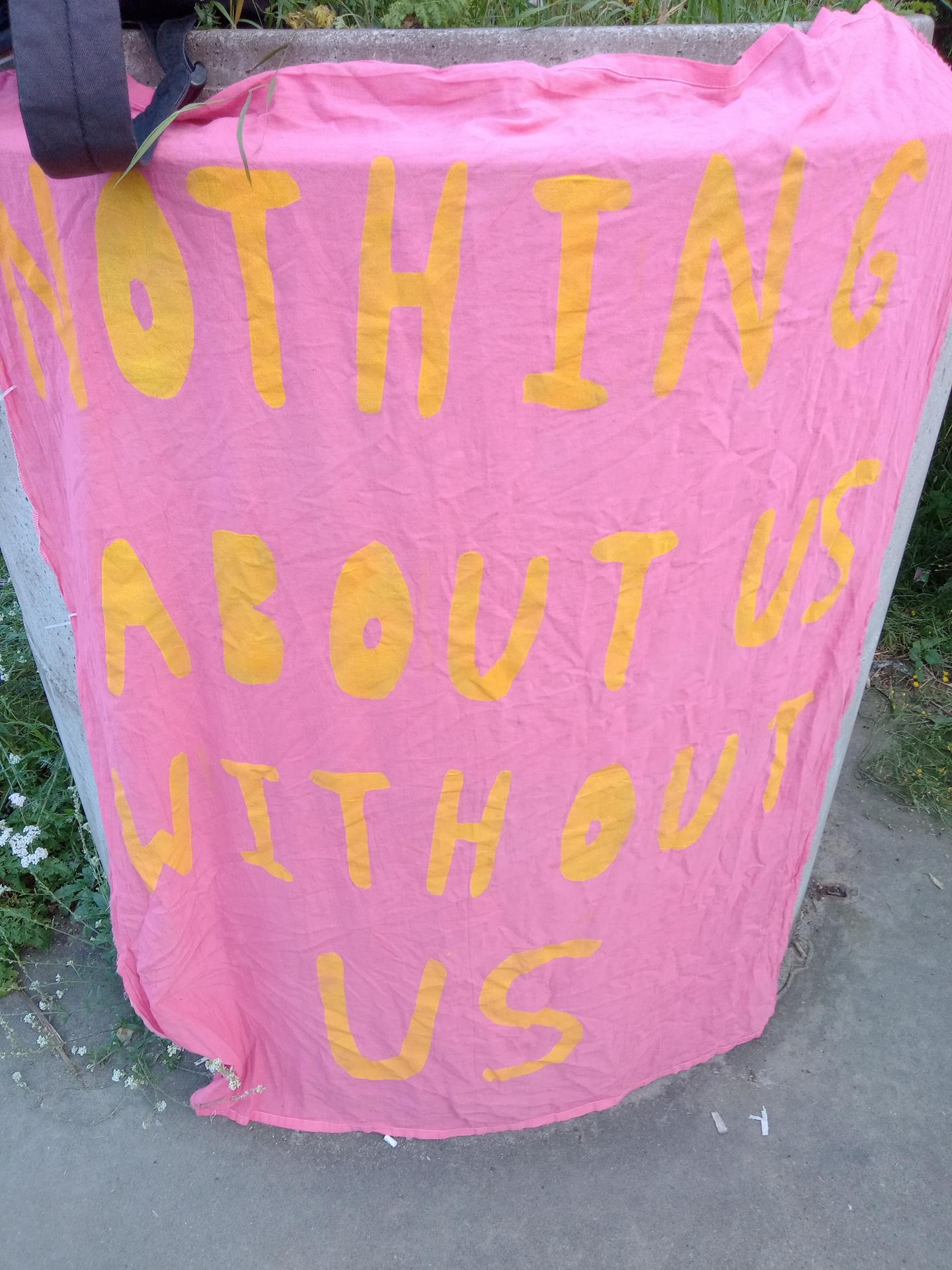
141
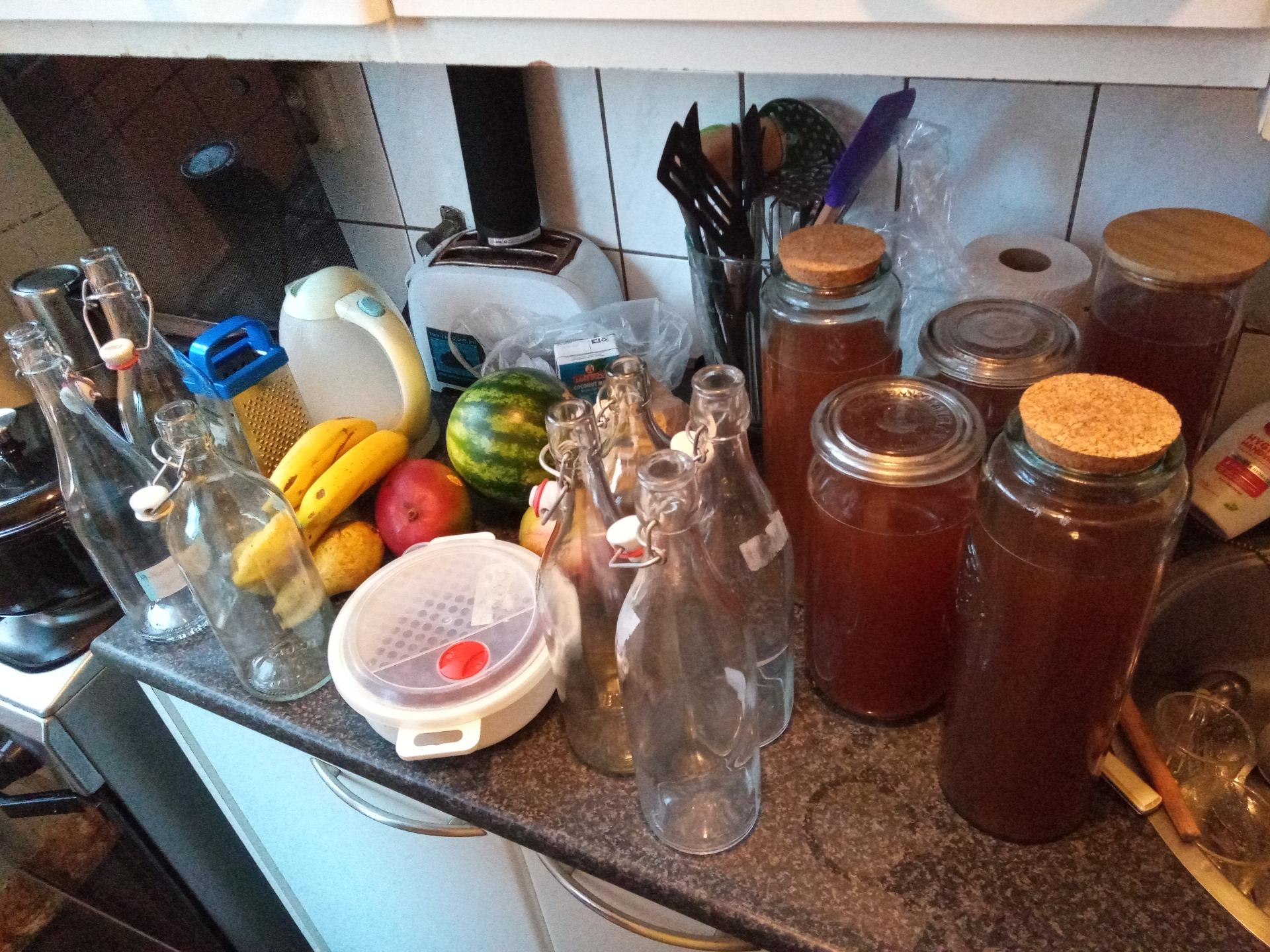
139
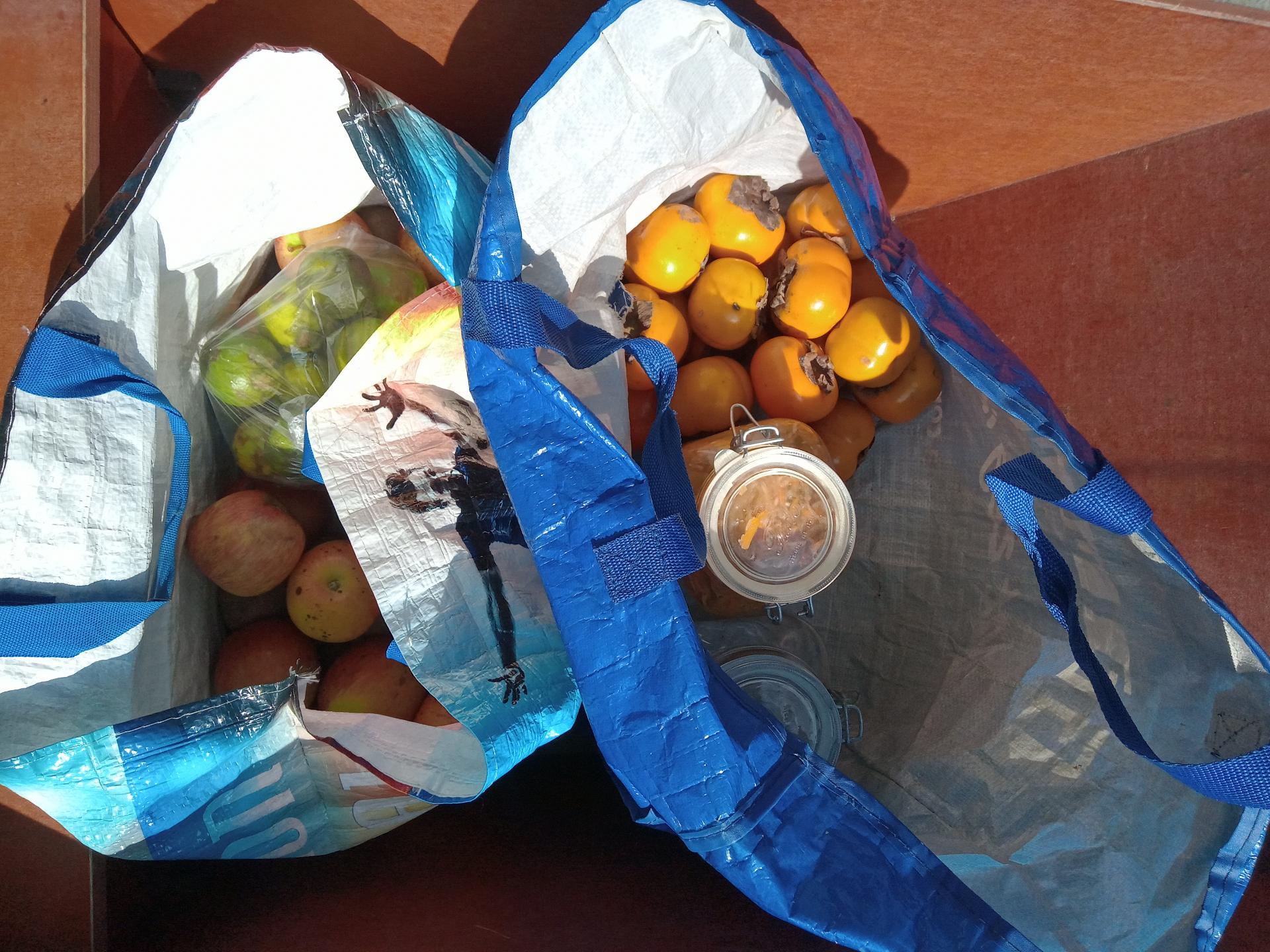
138
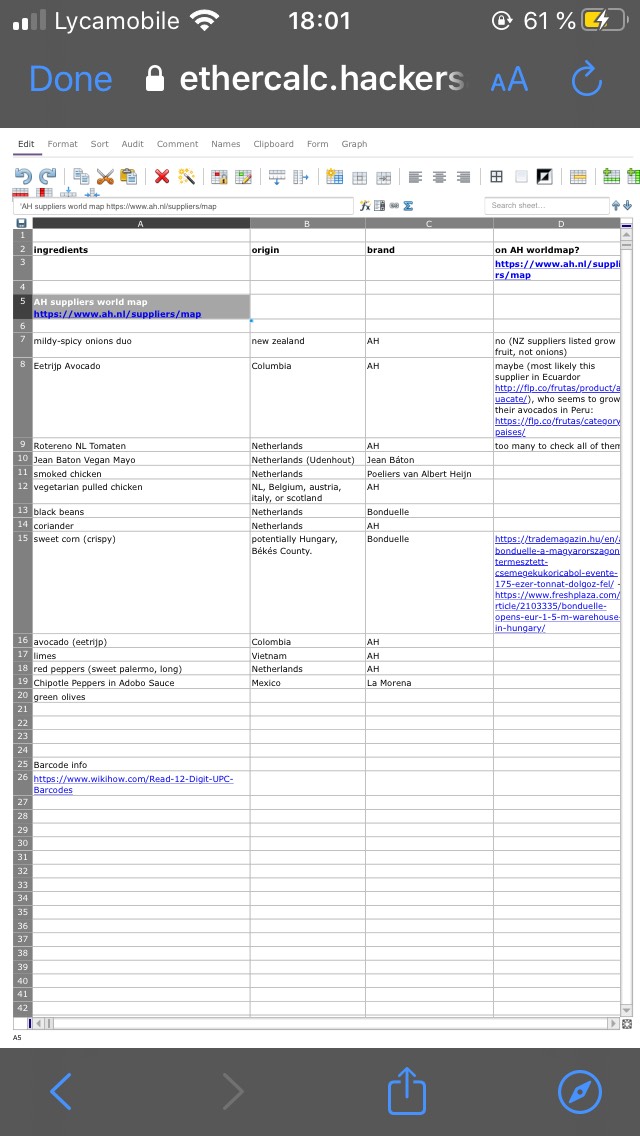
137
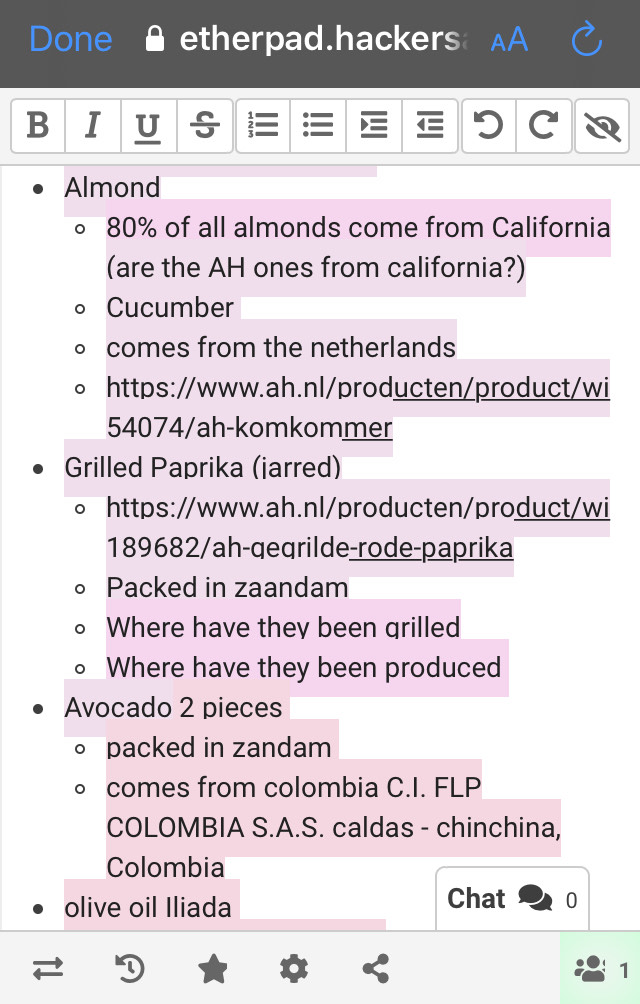
136
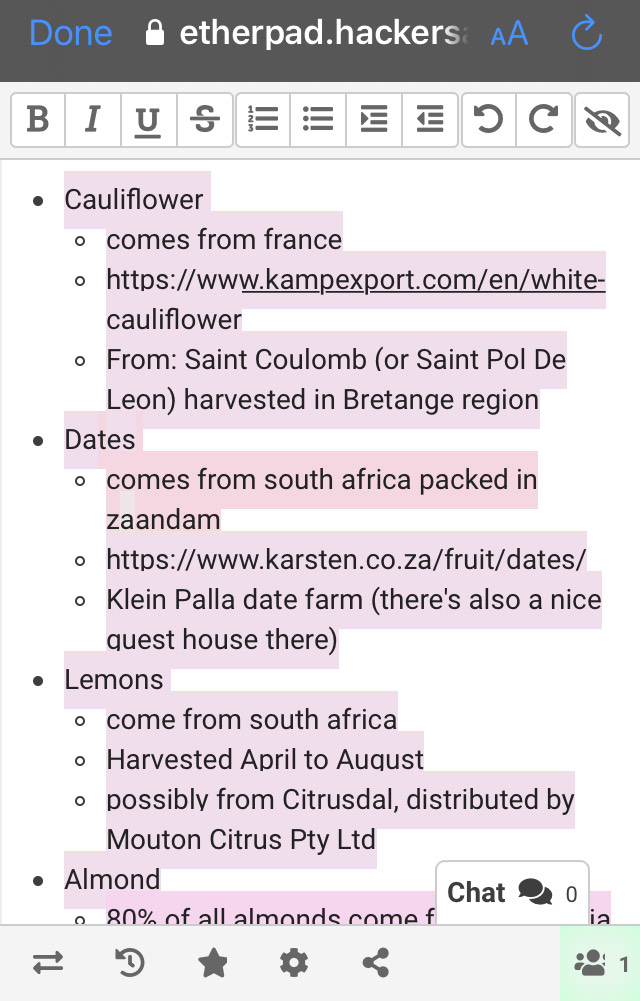
135
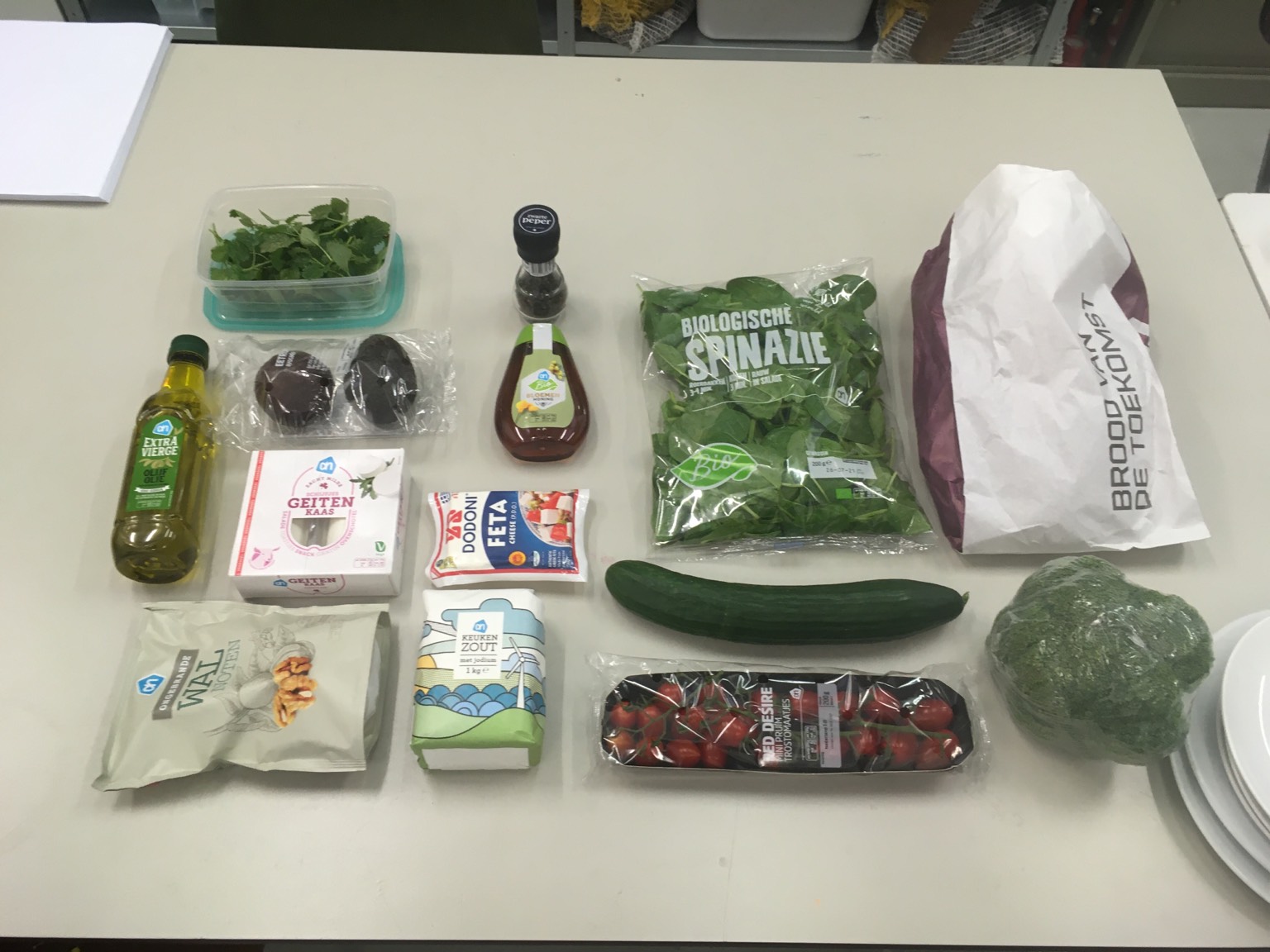
134
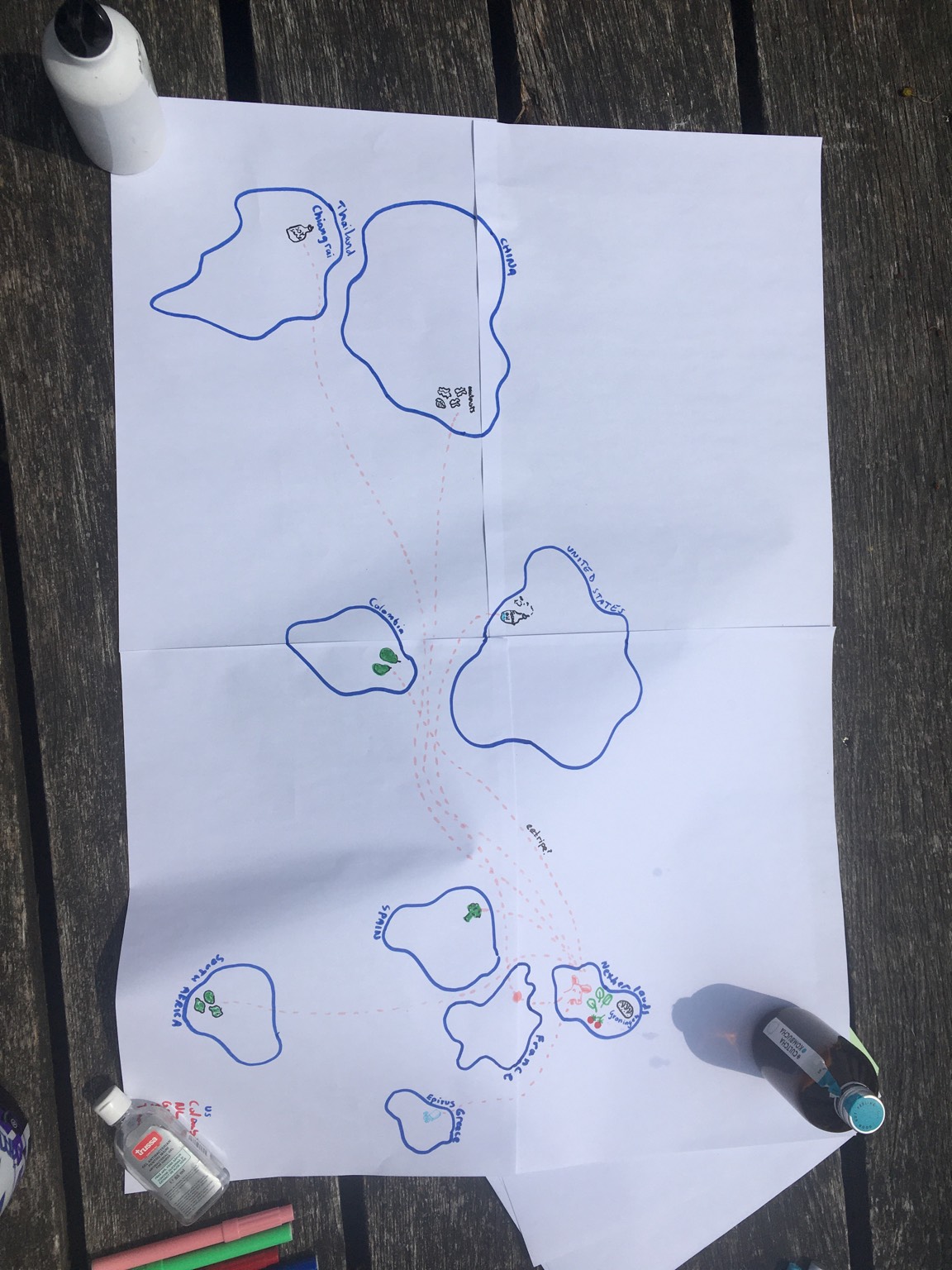
133
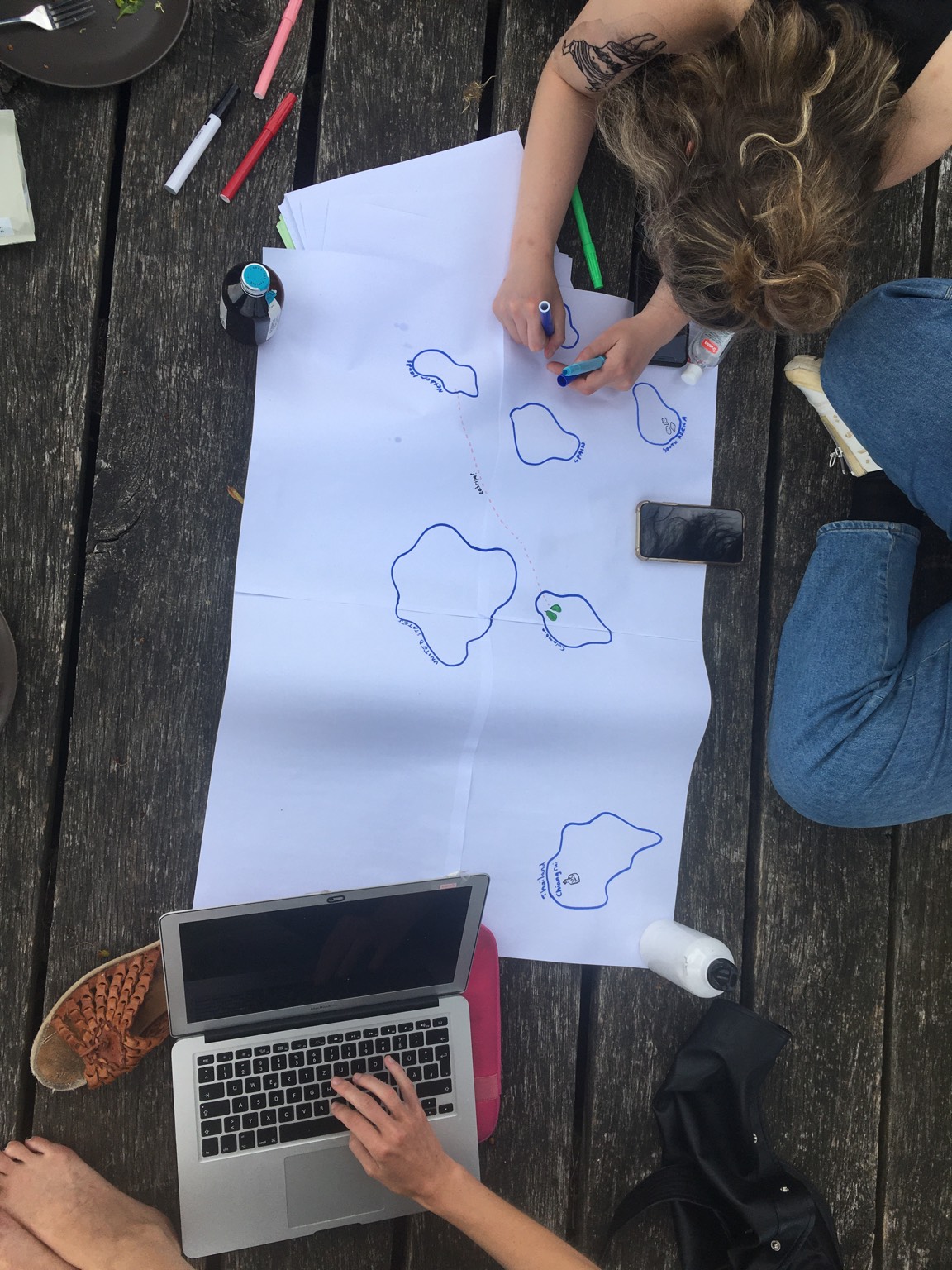
132
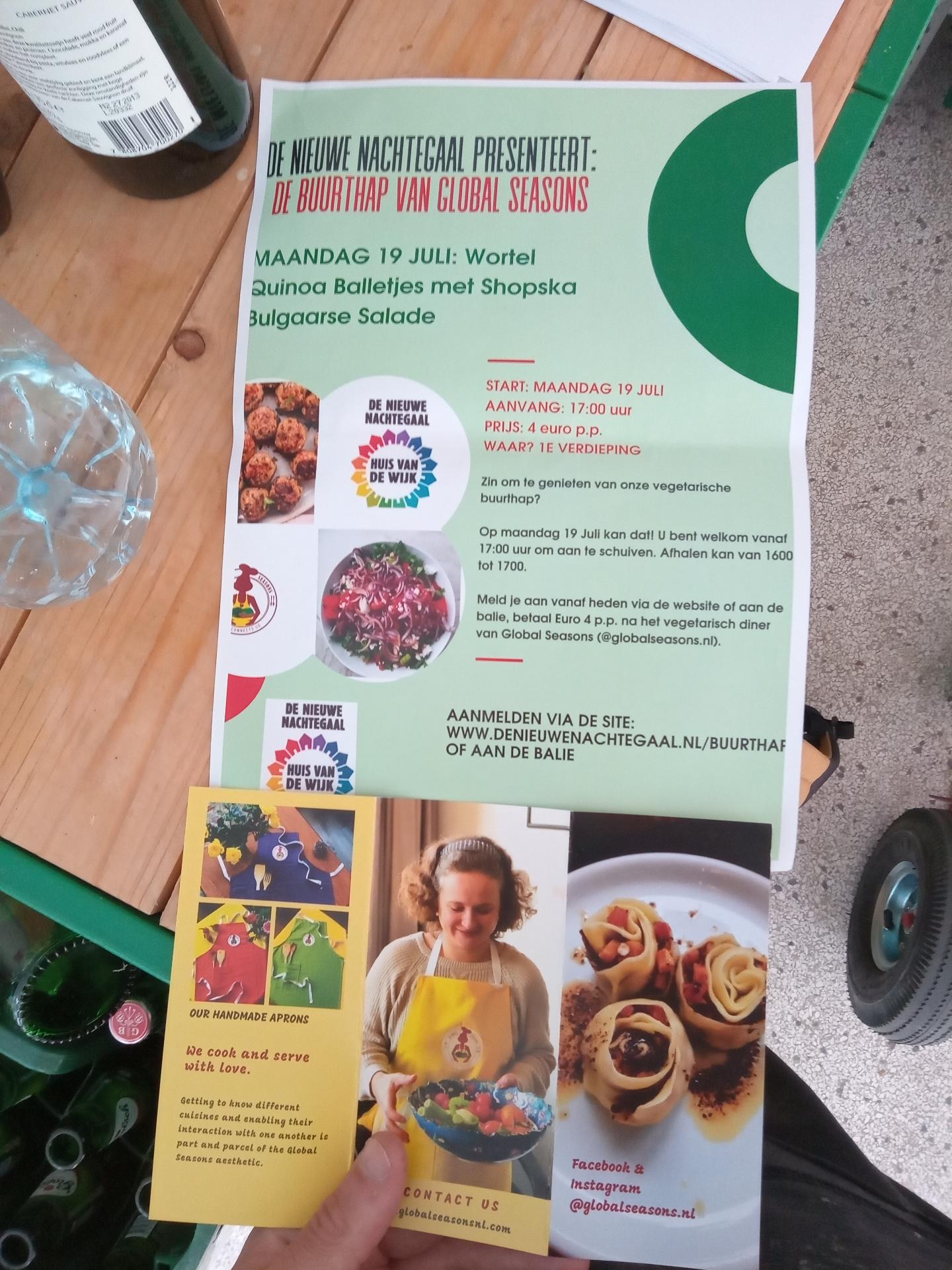
131
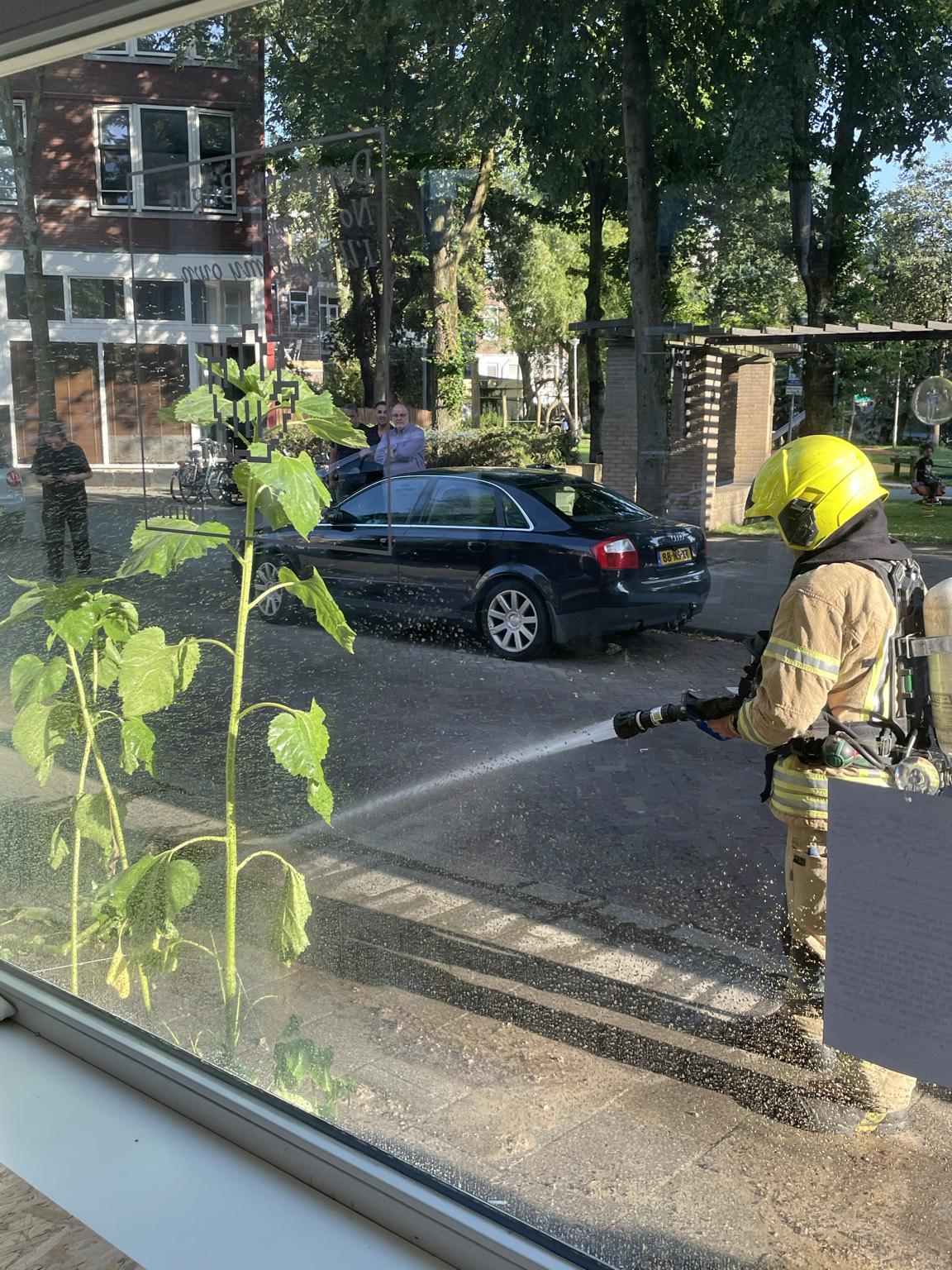
130
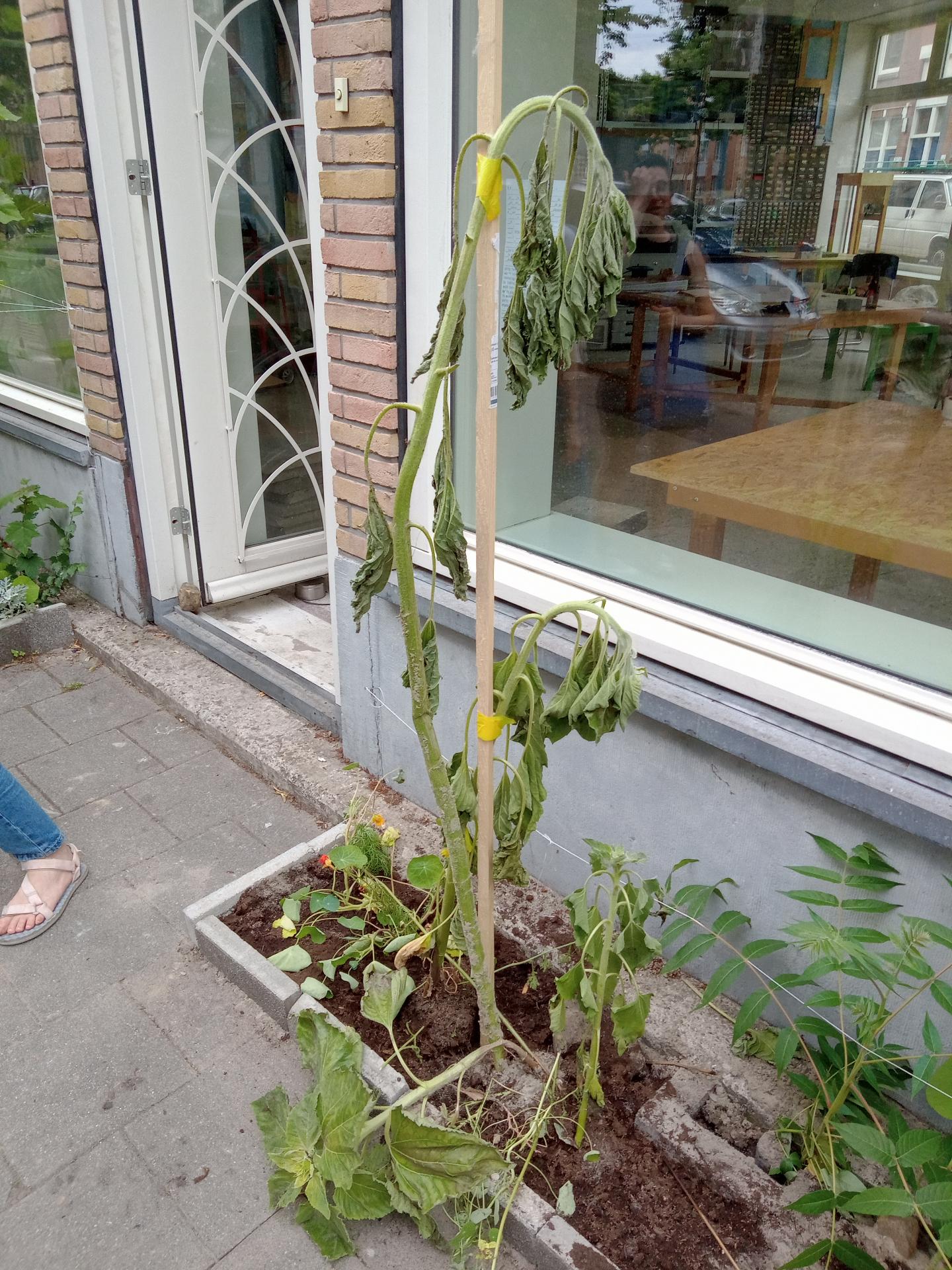
129
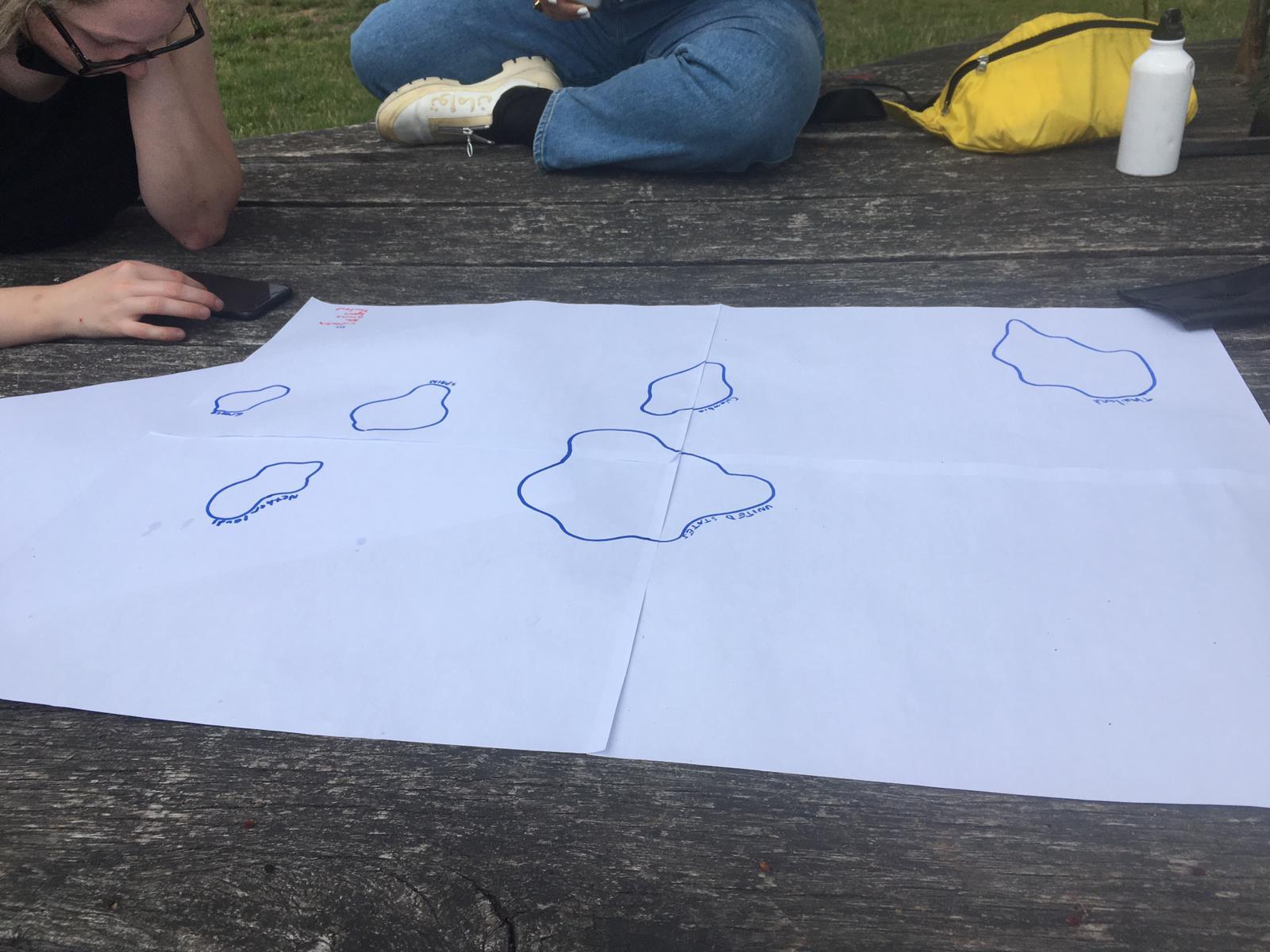
128
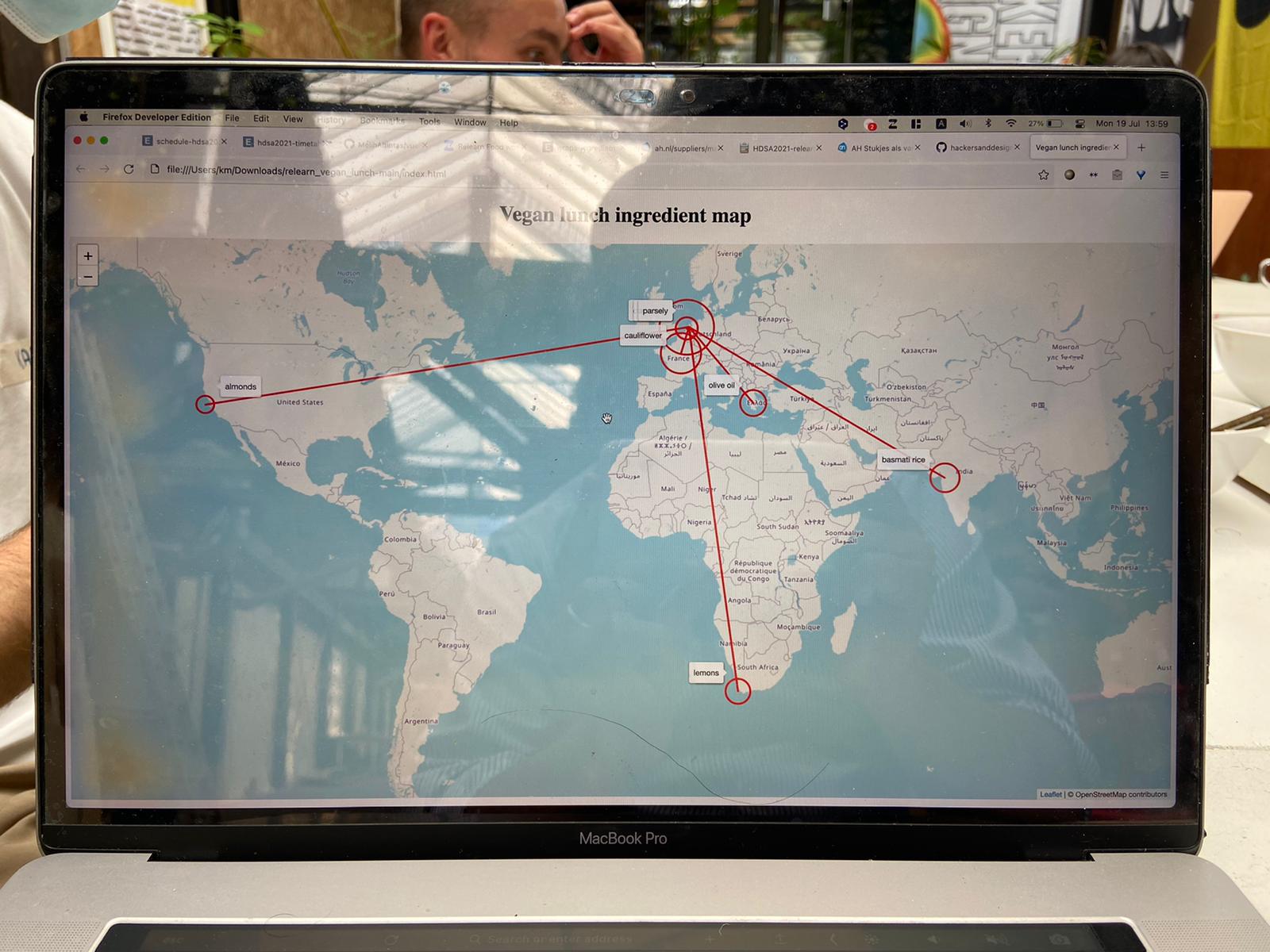
127
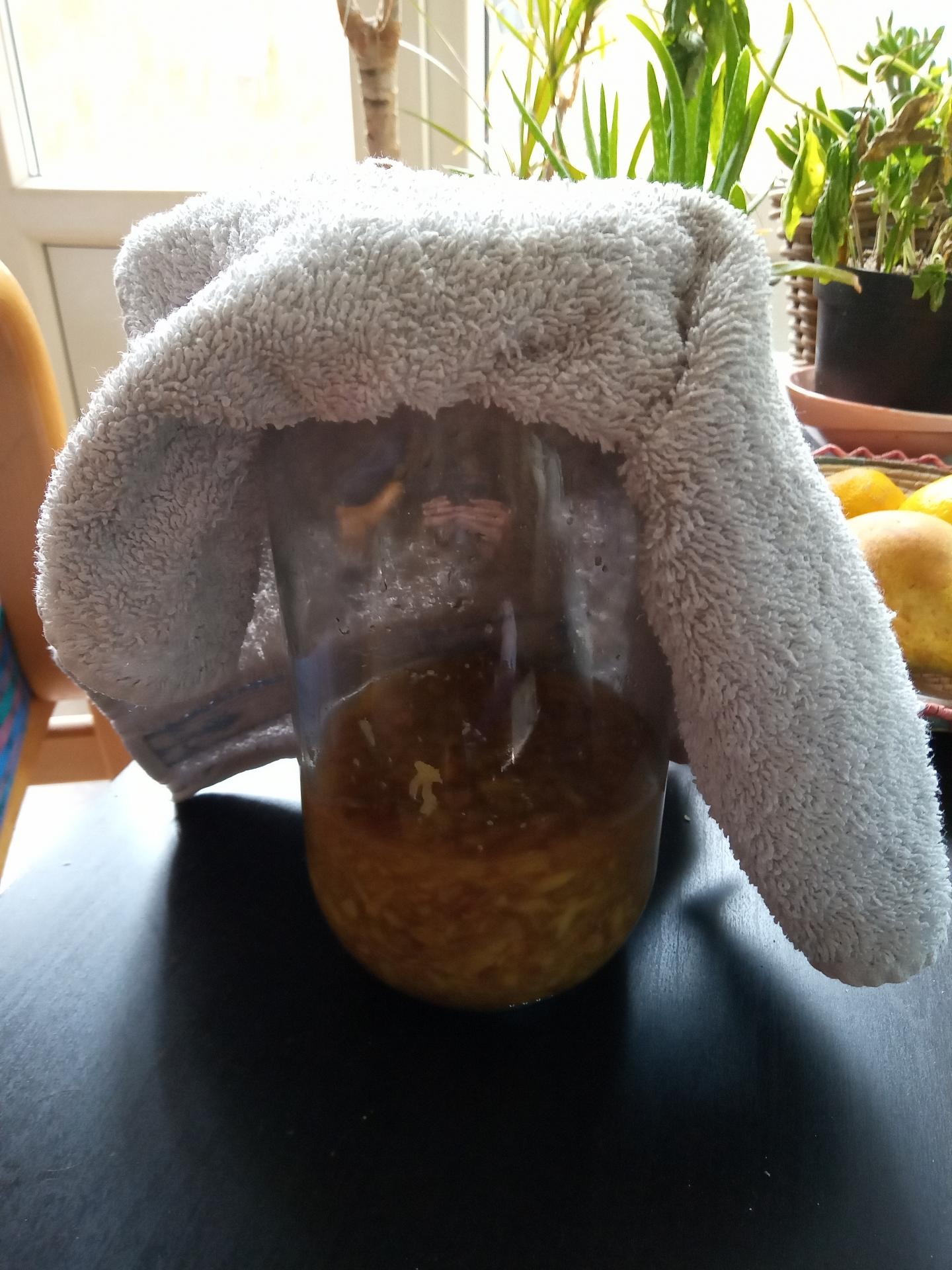
126
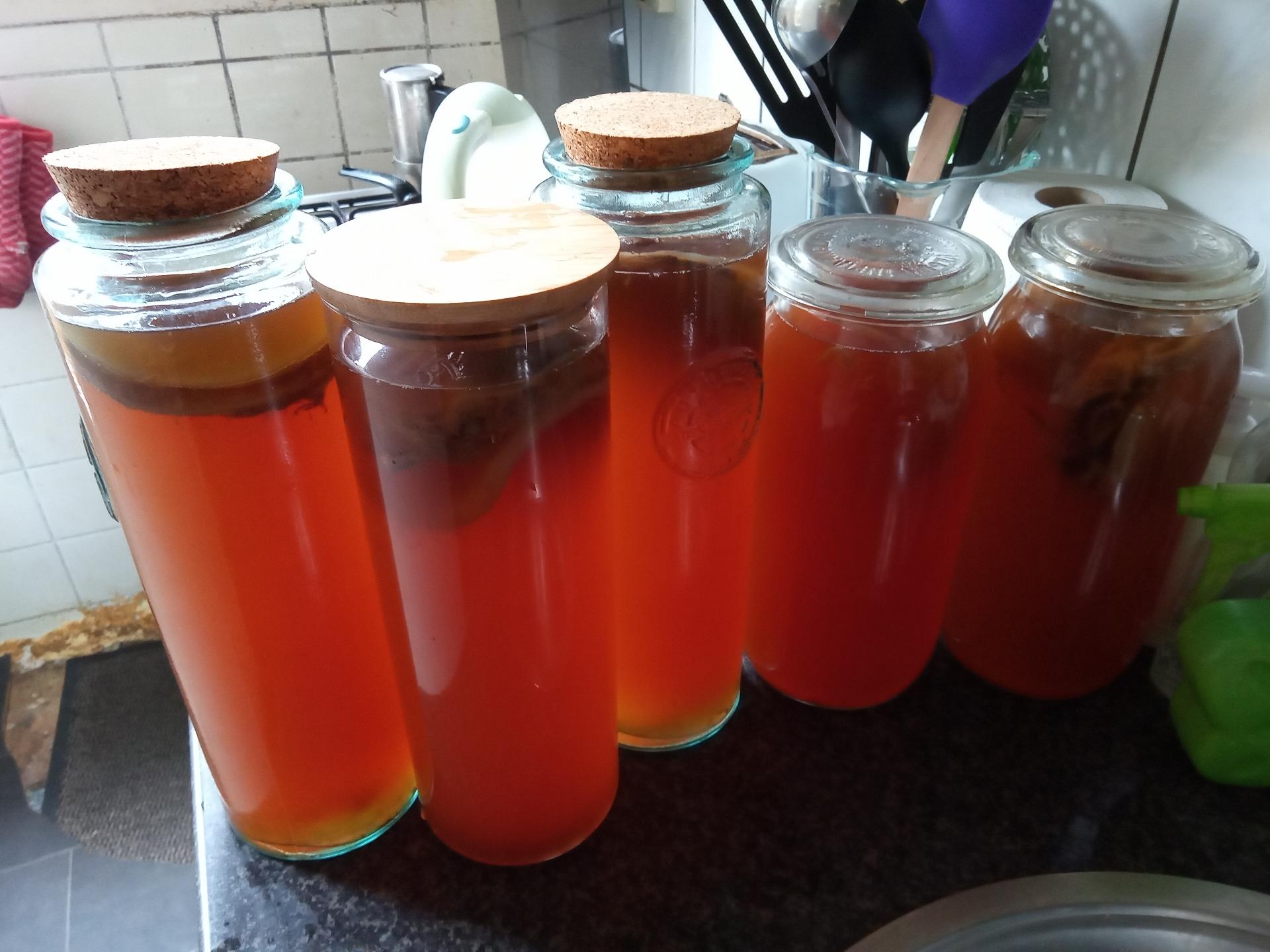
122
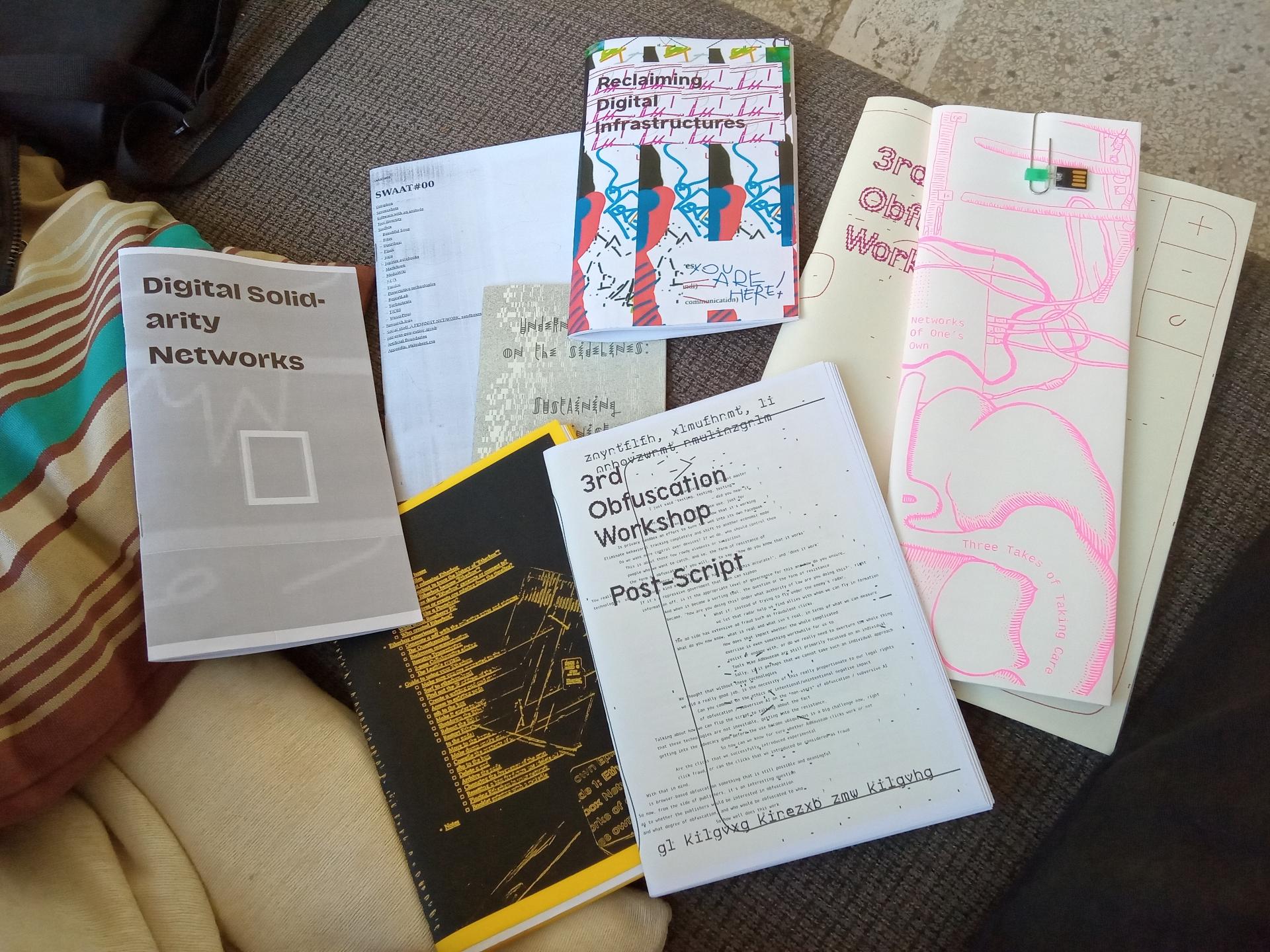
121
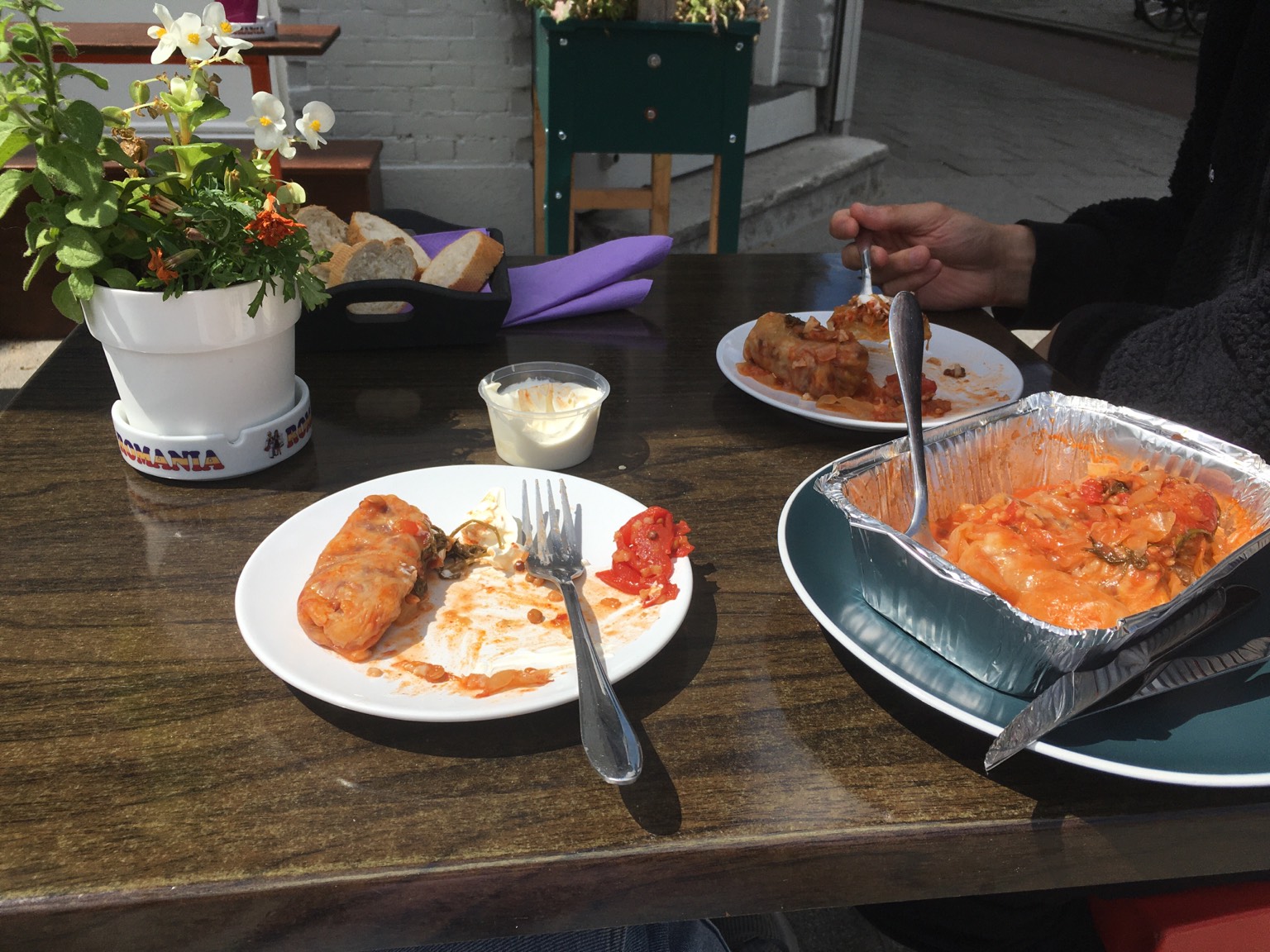
119
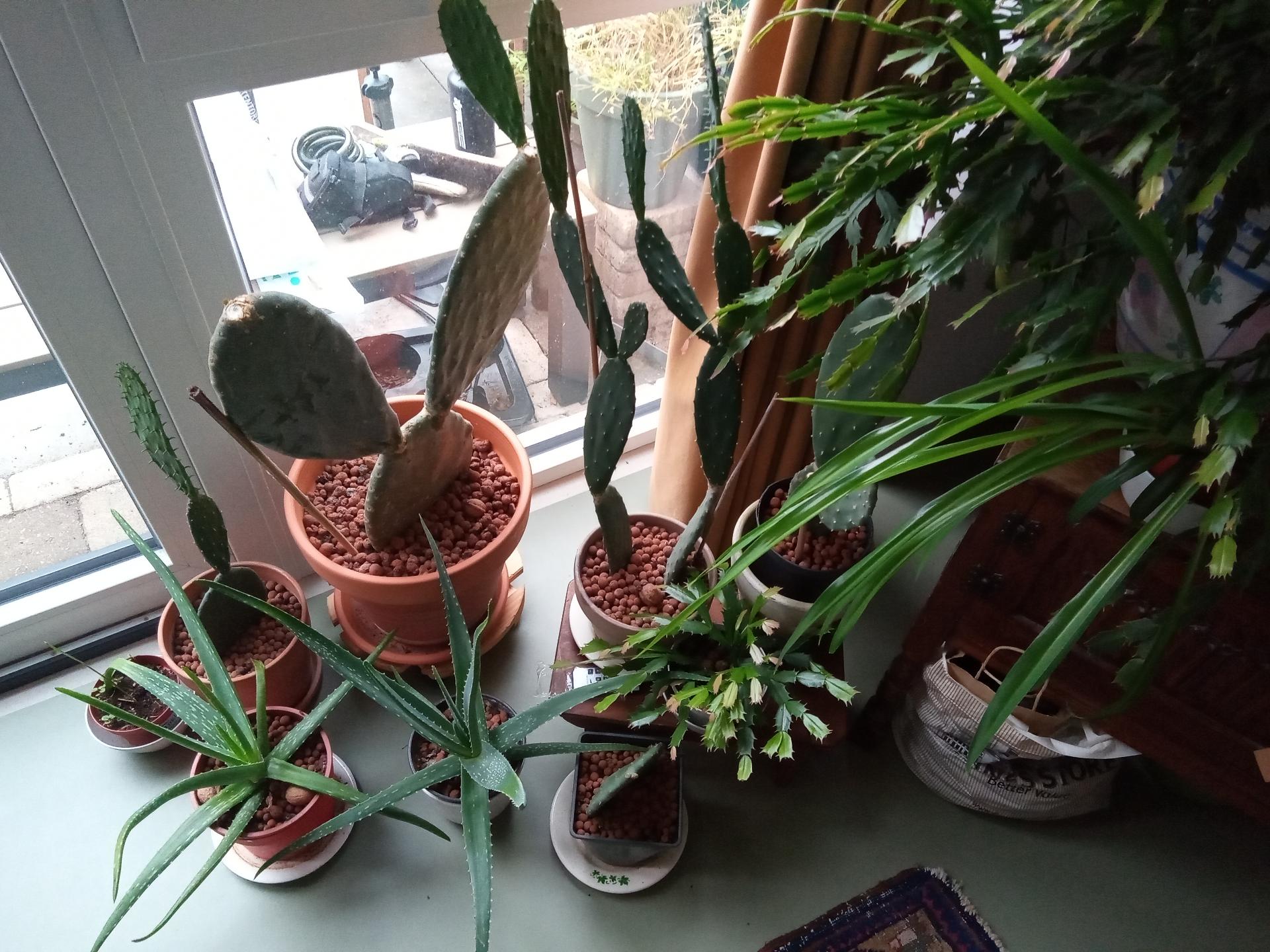
118
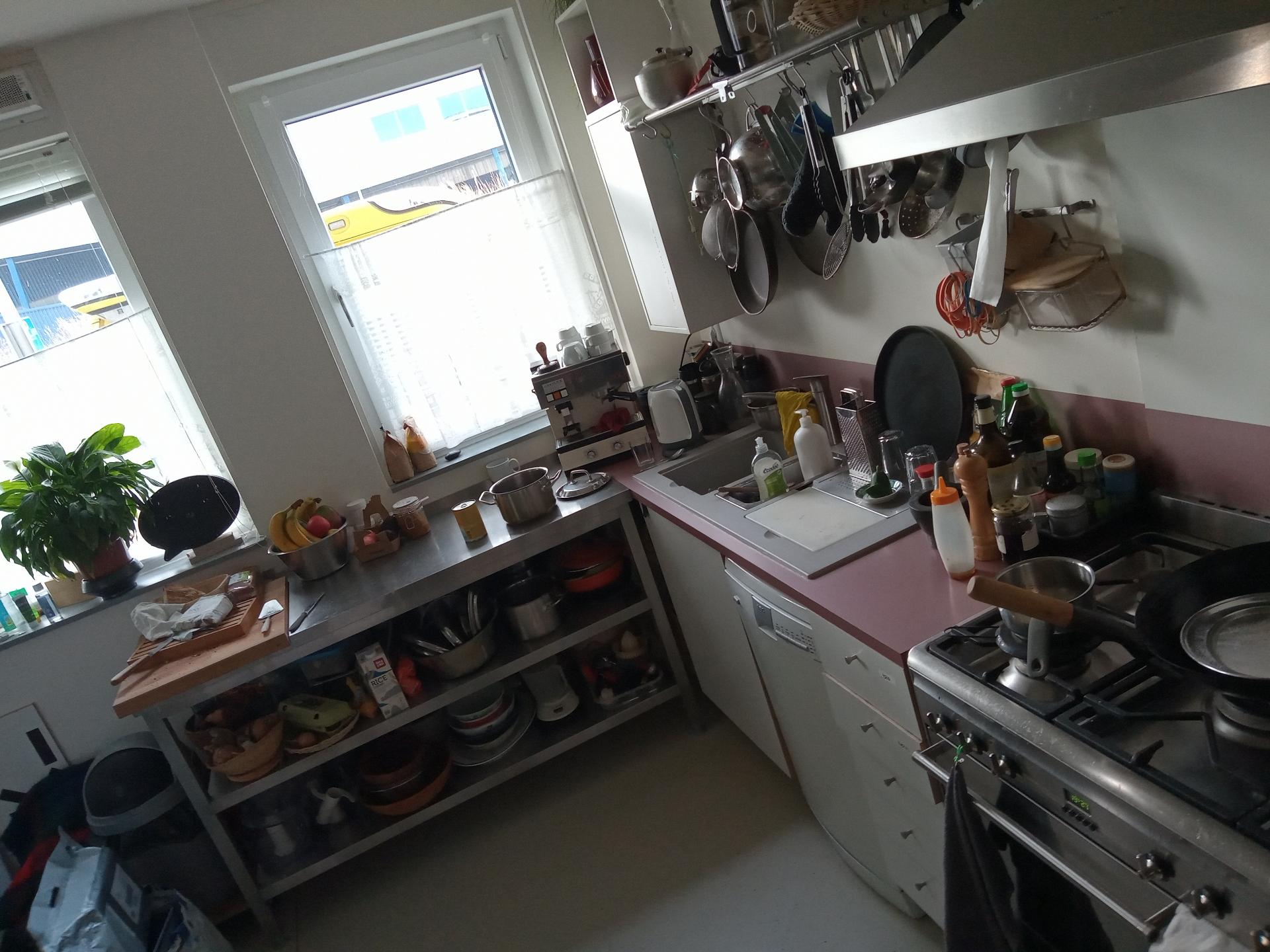
117
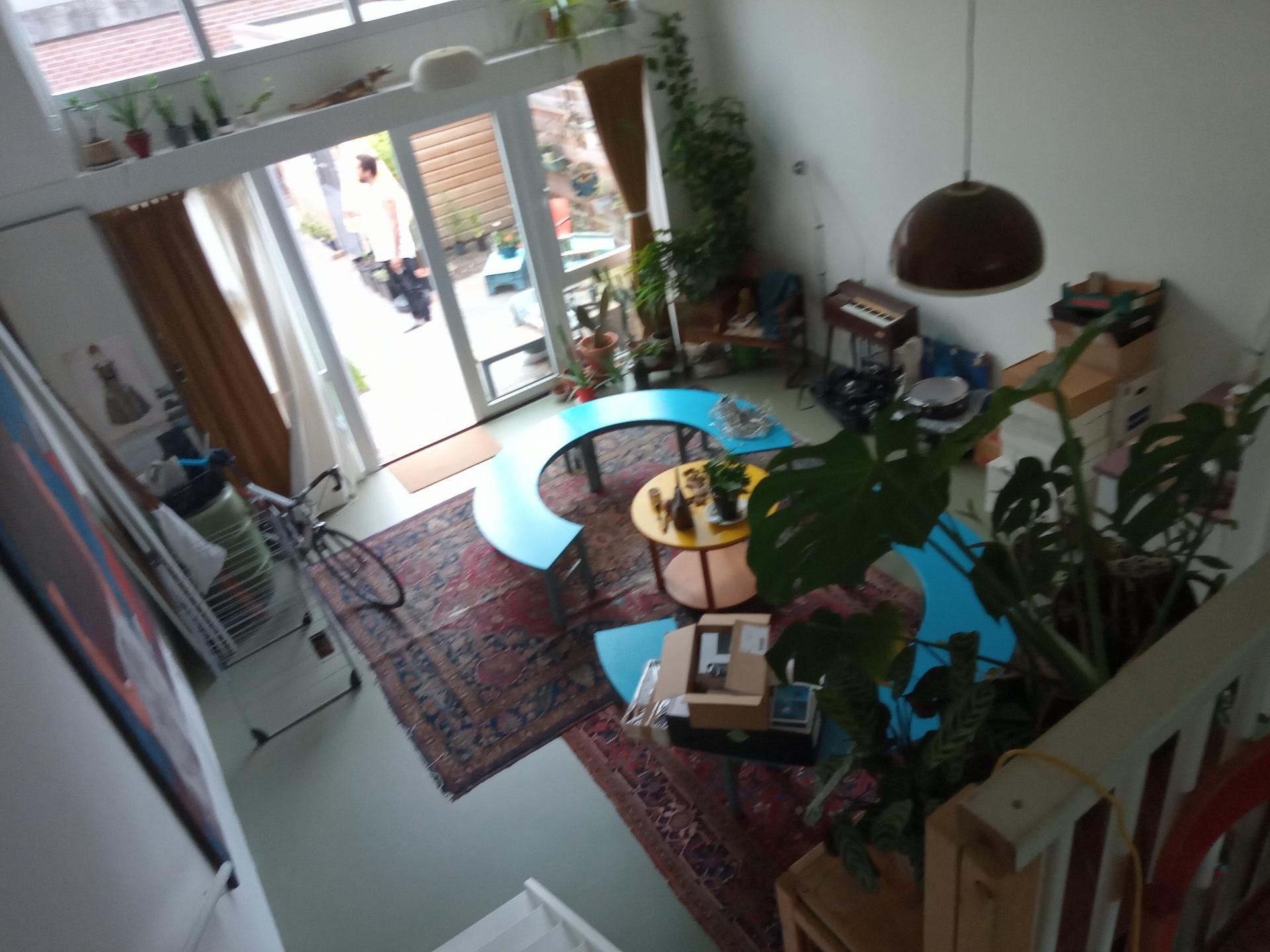
116
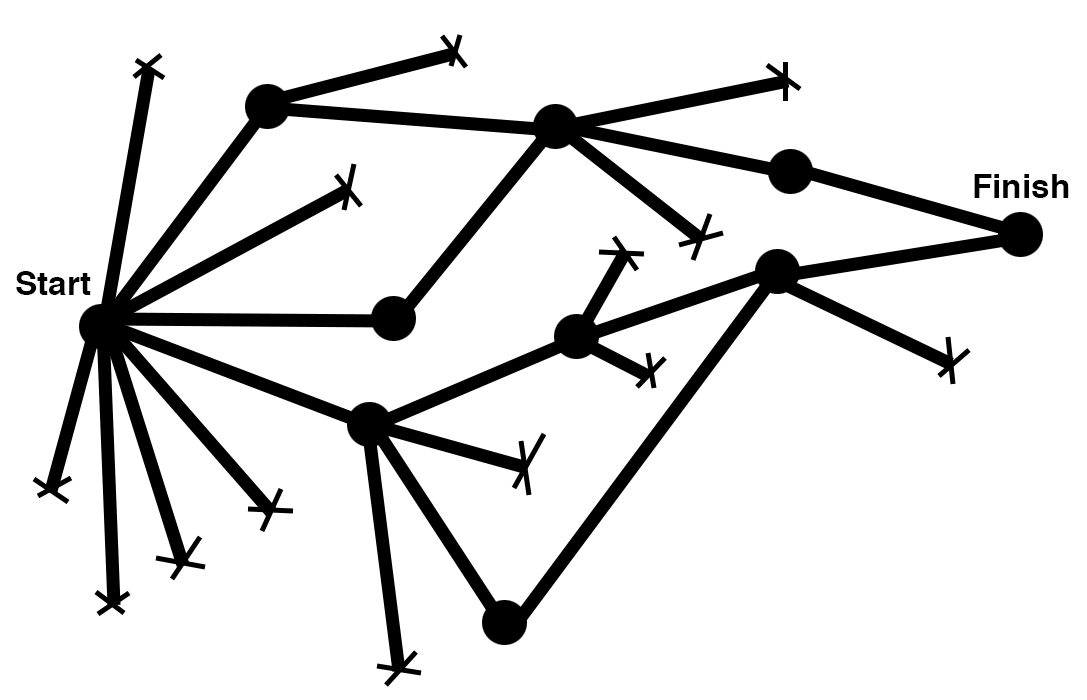
113
In Rotterdam gaat het om de Van Nellefabriek, waar dit knooppunt wordt ondergebracht in het datacenter van het bedrijf SmartDC. https://www.rijnmond.nl/nieuws/1288435/Internetknooppunt-breidt-uit-naar-Rotterdam-Belangrijke-stap
112
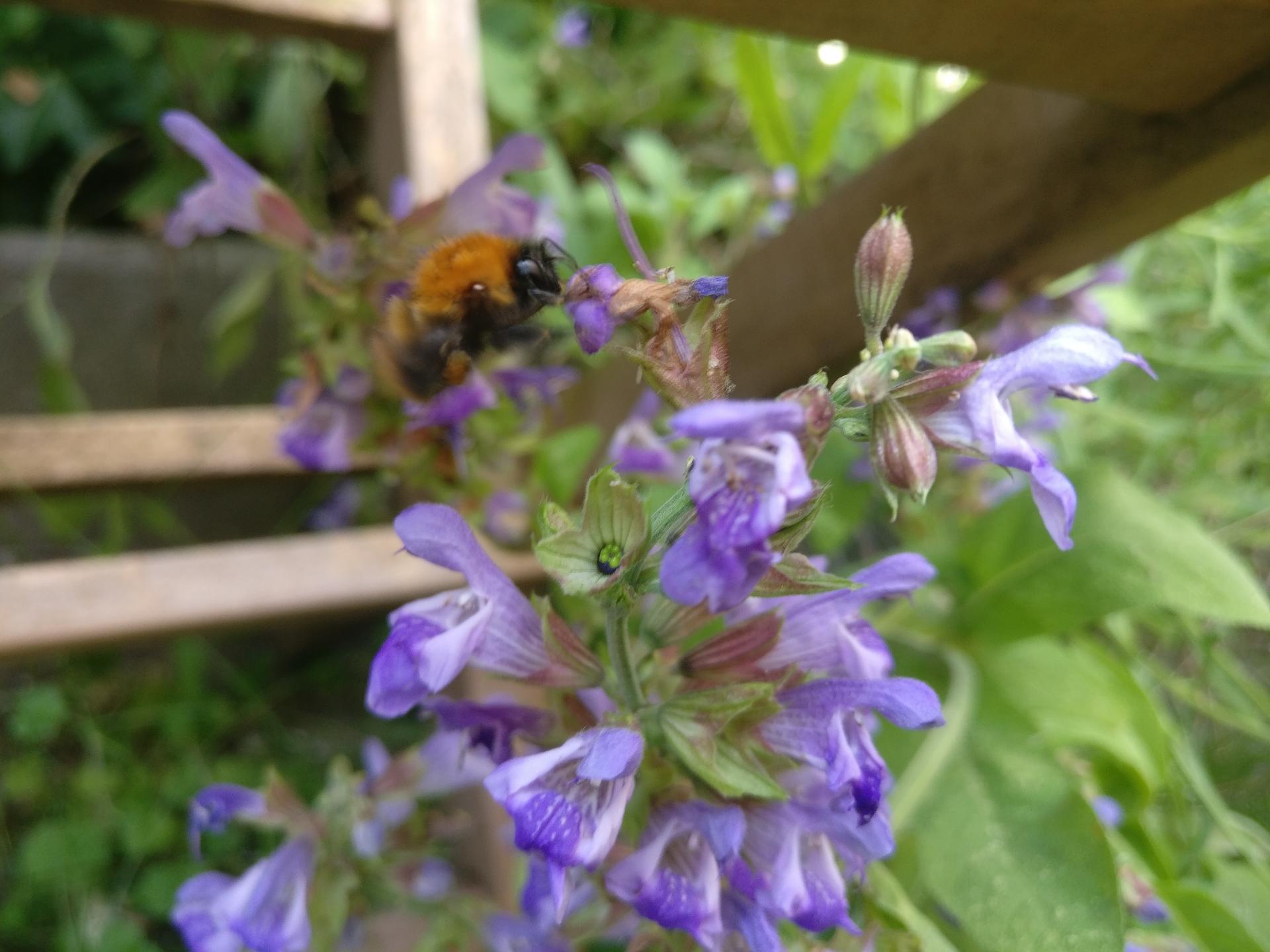
111
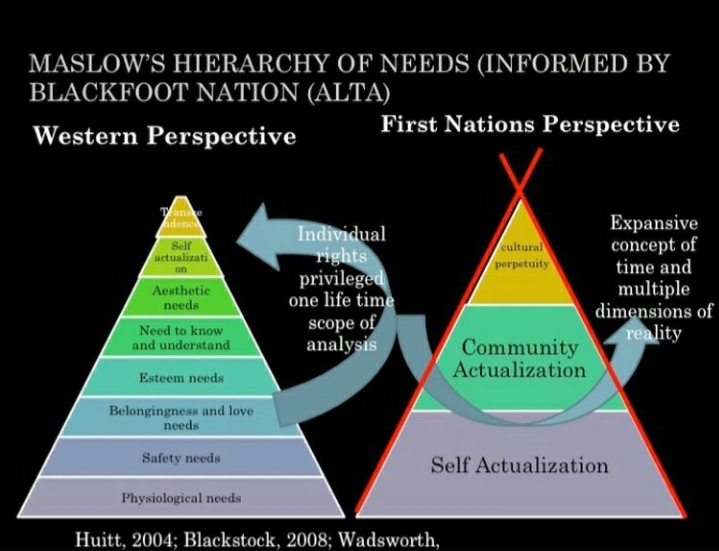
110
We zitten buiten voor het markante bollenpandje aan tafel met een drankje. Binnen staat het vol met groen. Het monumentale pand in Delfshaven is lang onbewoonbaar geweest. Het was bijna in de vergetelheid geraakt, ware het niet voor Tonny van Sommeren. Zij heeft het een tweede leven gegeven als greenhouse én als spin in het web van de lokale gemeenschap. https://versbeton.nl/2021/07/kunstenaars-zetten-zich-af-tegen-gentrificatie-ik-ben-geen-gebruiksmiddel-voor-uitdrijving/
108
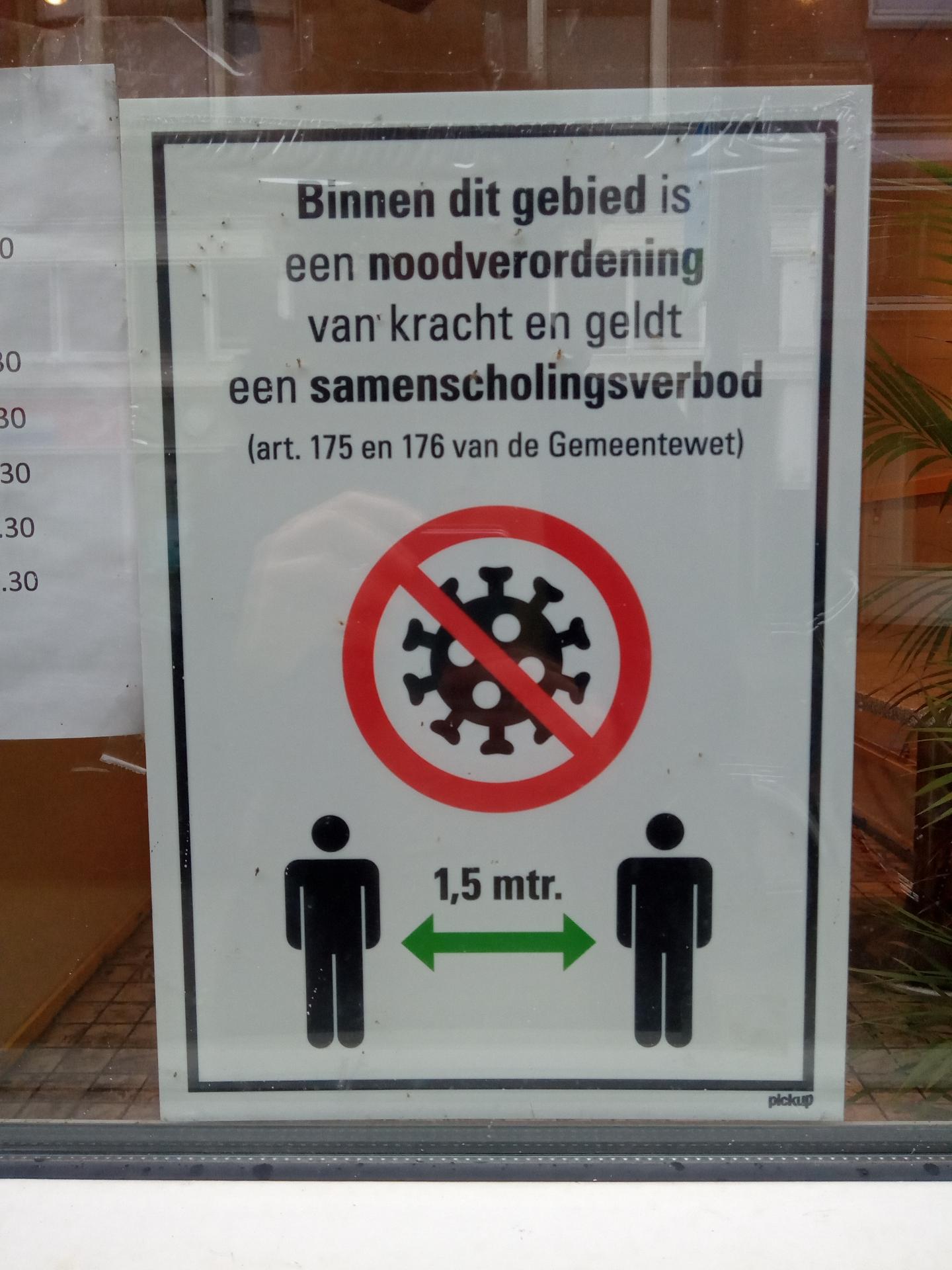
107
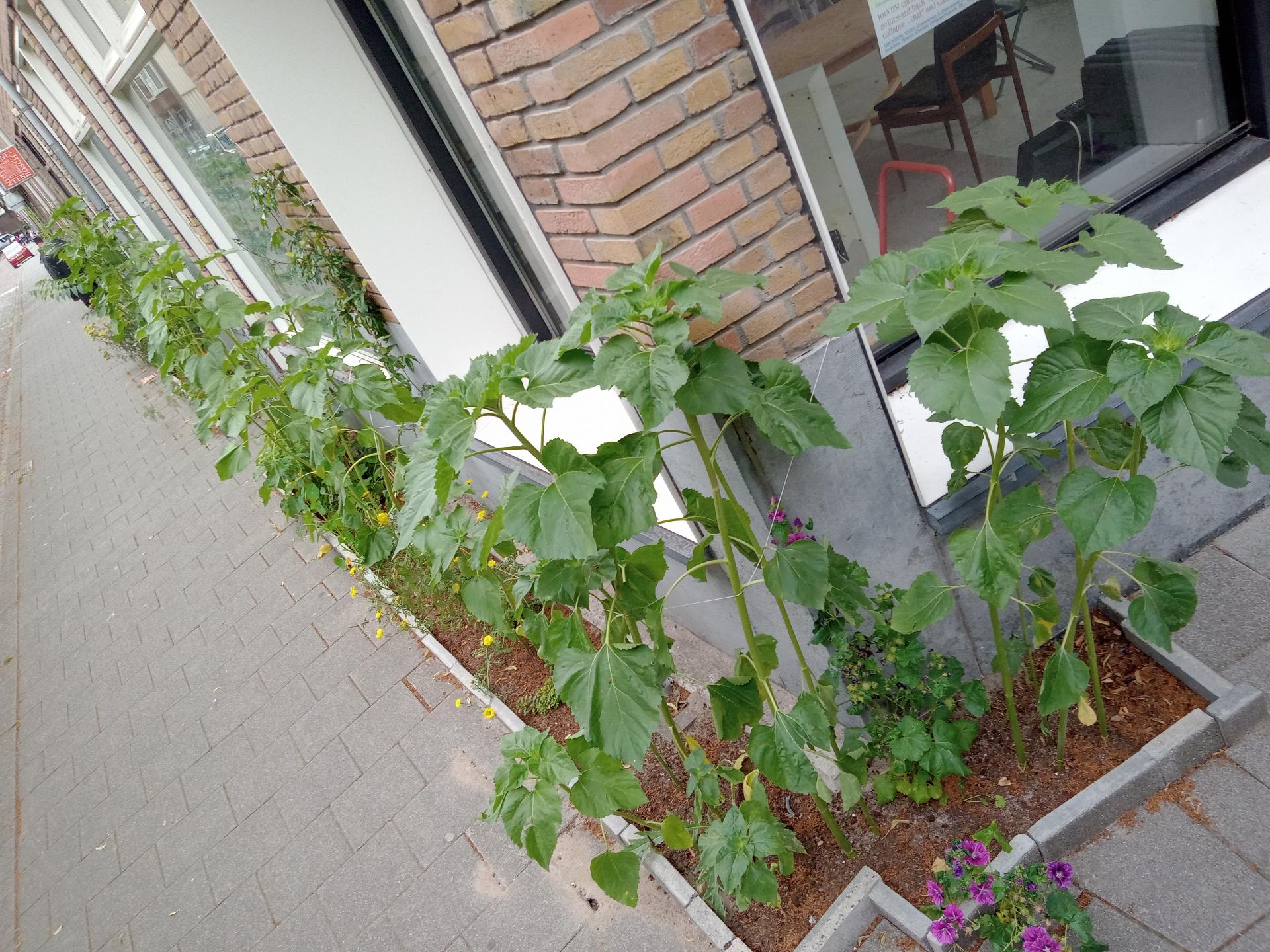
106
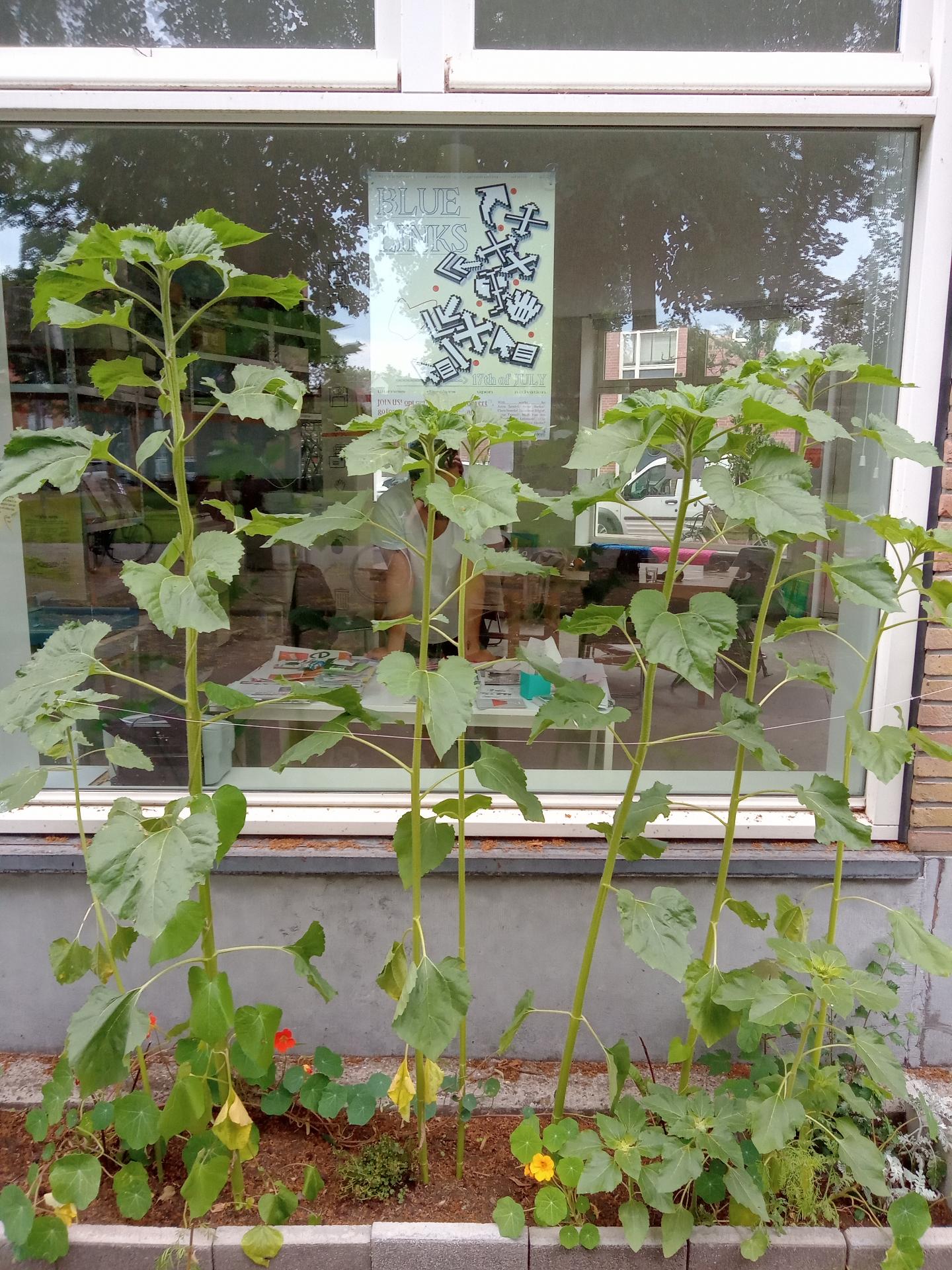
105
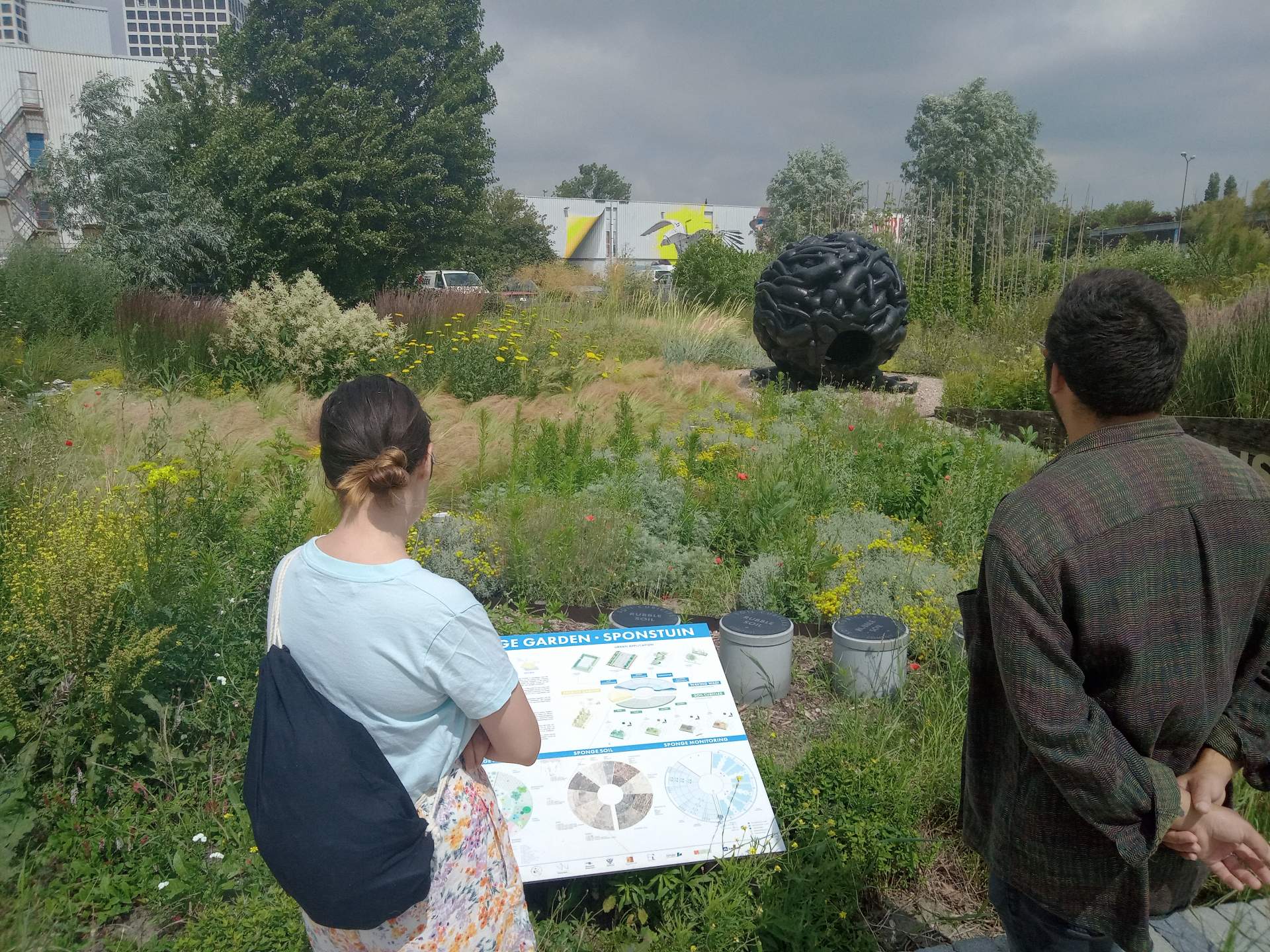
104
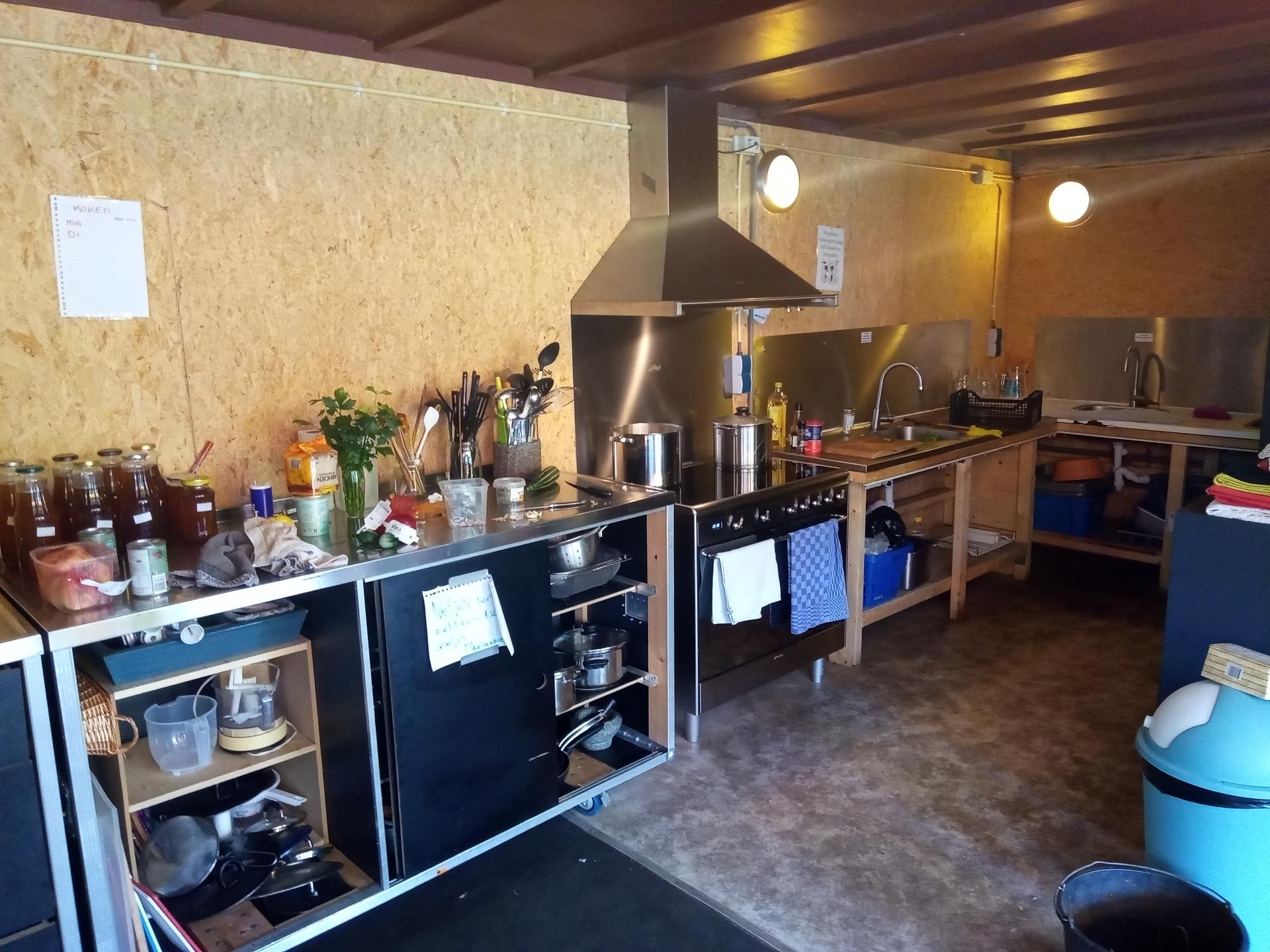
103
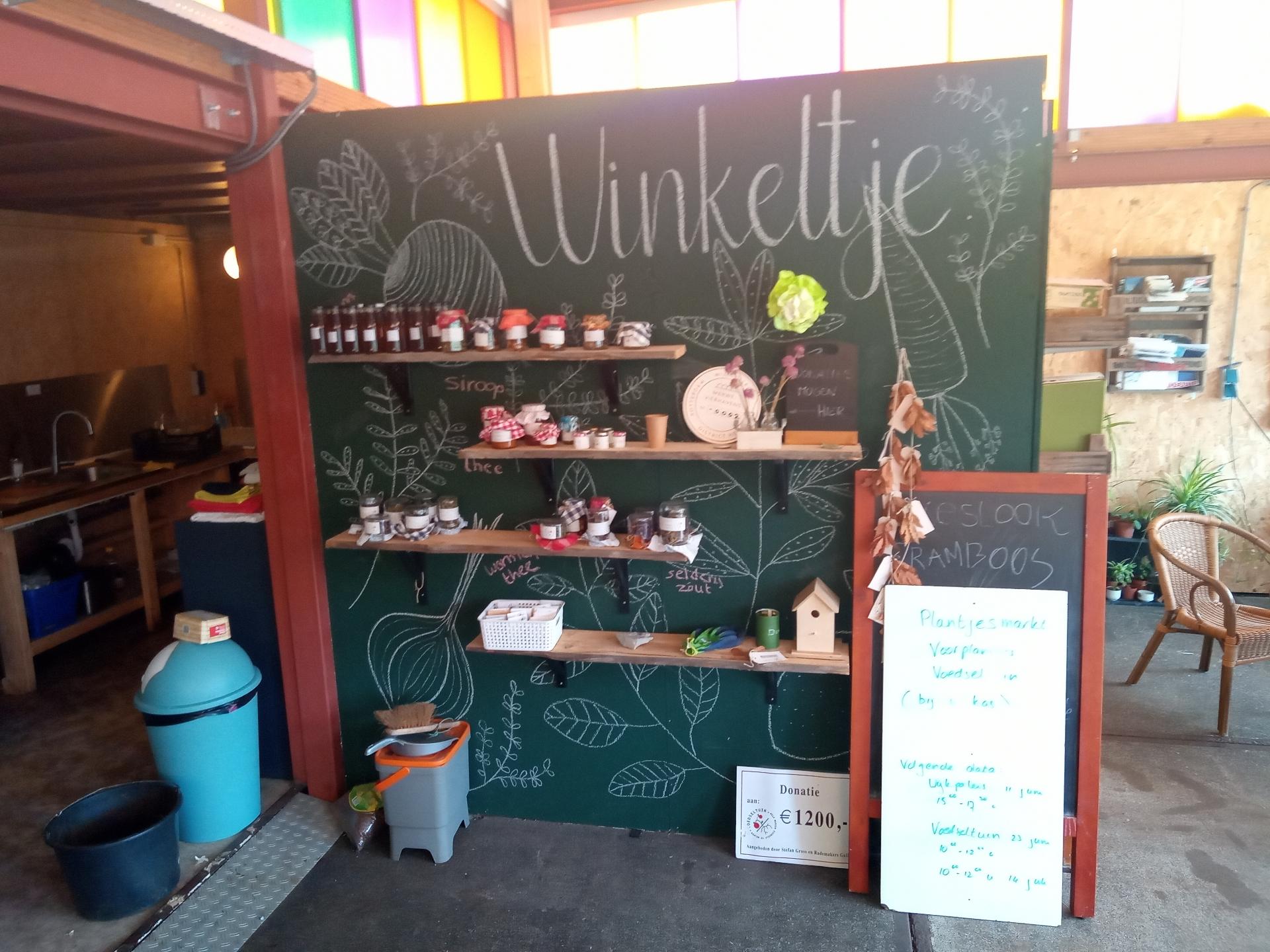
102
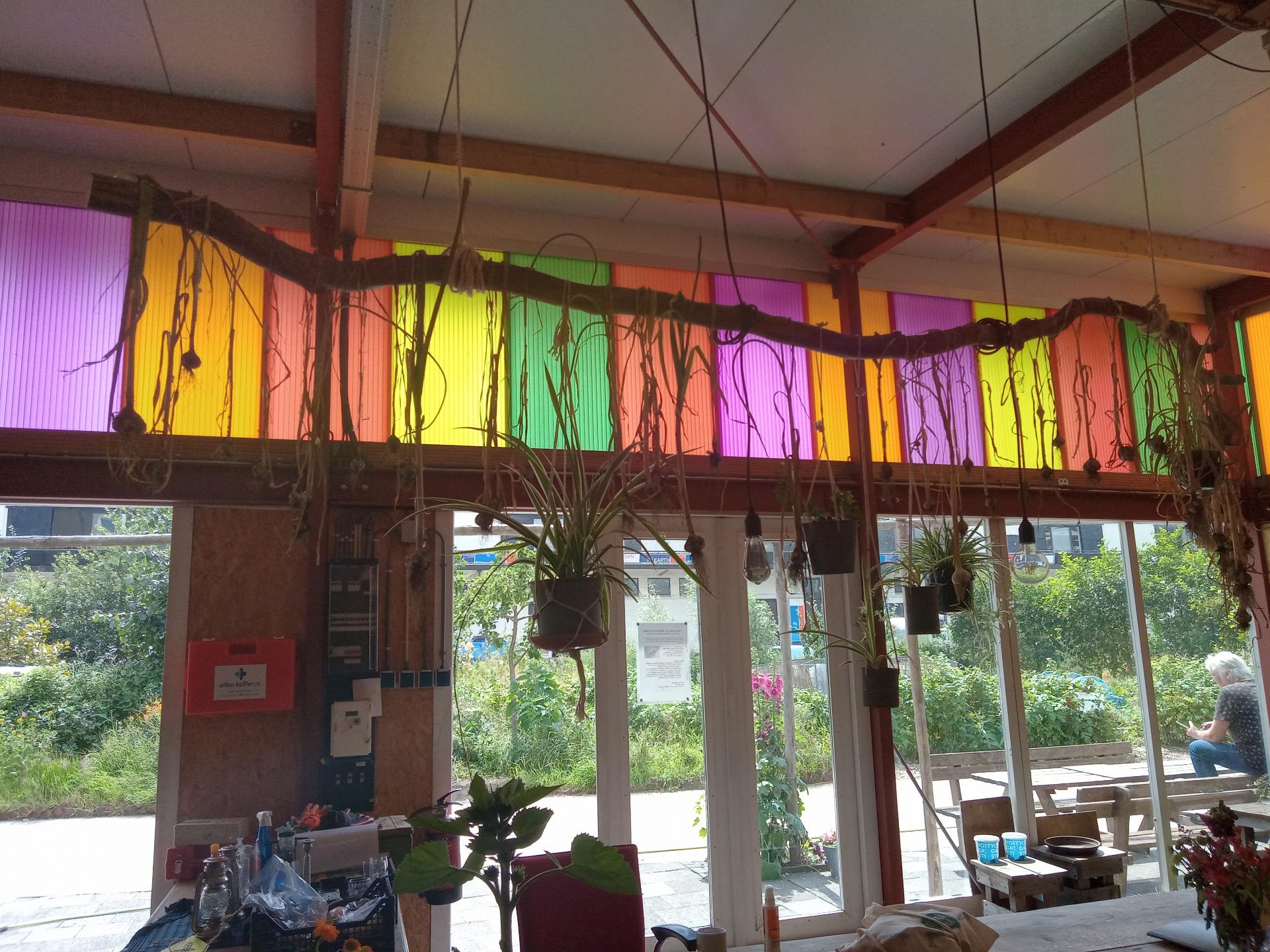
101
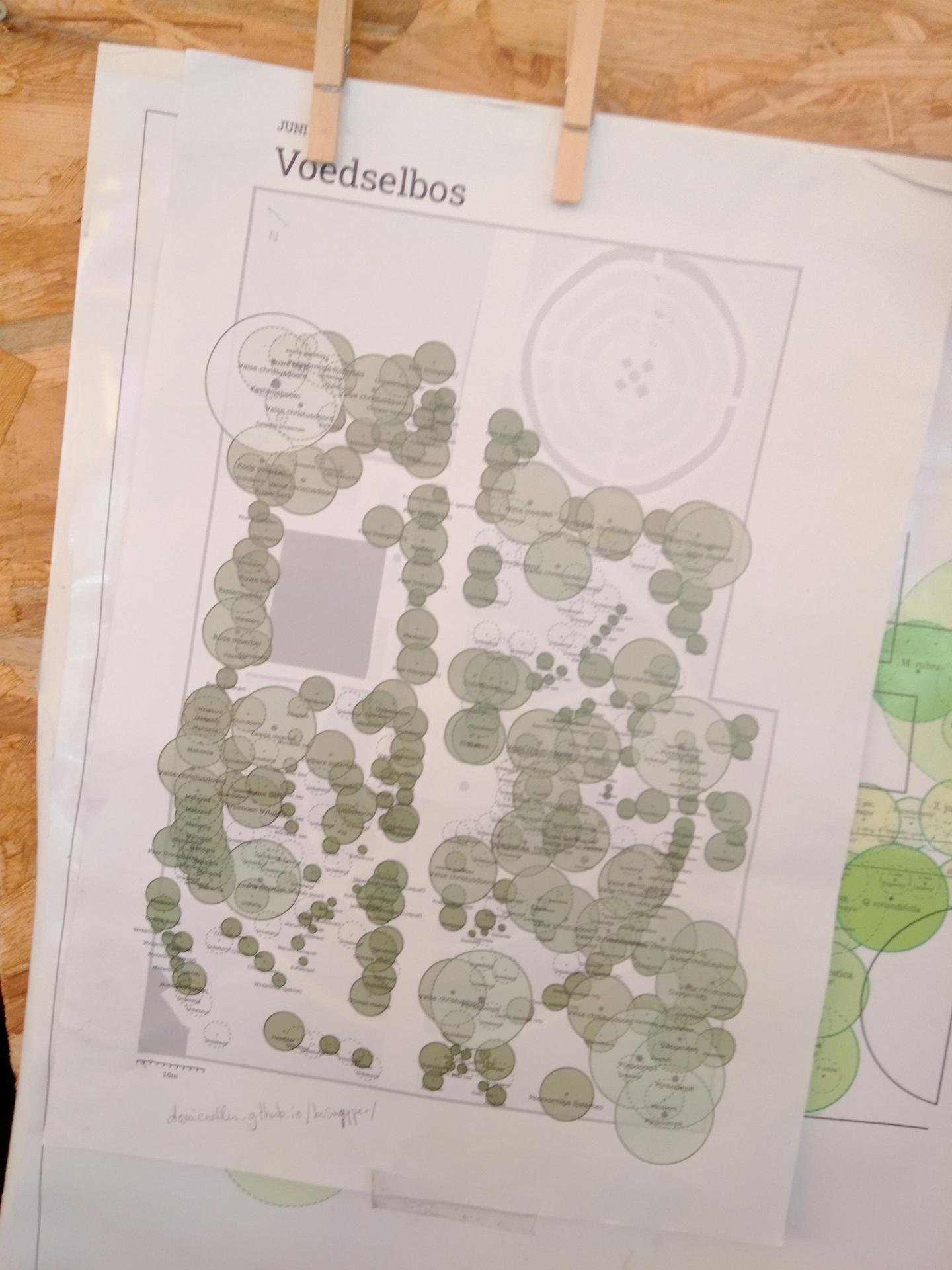
100
Born from the tradition of farmer’s almanacs that reaches back as far as ancient Mesopotamia, Black Almanac embraces artificiality and the chemical-materialist potential of food as a locus for planetary transformation. Named for the fertile soil of the Nile River Delta – from which systematic agriculture and the words “alchemy” and “chemistry” descend – Black Almanac is a plan for 2050 that plots 31 fundamental steps – from infrastructure to institutions, one per growing season – to construct a viable food system by the autumn of that year.
By eating we translate the planet and the planet in turn translates us. Black Almanac’s goal is not merely the piecemeal replacement of outmoded tools, malfunctioning chemopolitics and a reactionary food culture. It is the production of a new earth. https://almanac.black/
99
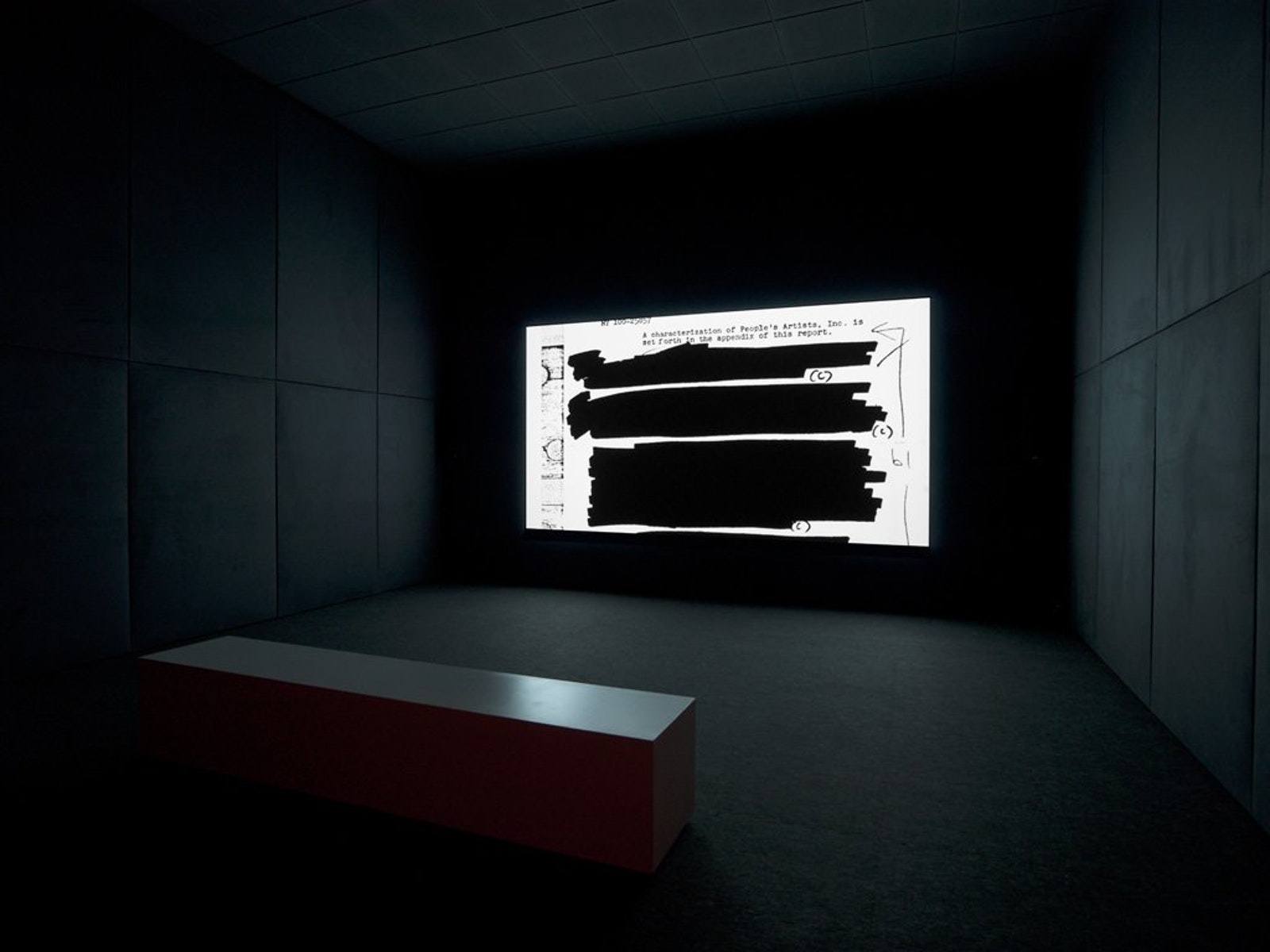
98
From "In the Wake: On Blackness and Being" by Christina Sharpe", on the "wake work" of Black annotation and Black redaction: “We have been reminded by [Sadiya] Hartman and many others that the repetition of the visual, discursive, state, and other quotidian and extraordinary cruel and unusual violences enacted on Black people does not lead to a cessation of violence, nor does it, across or within communities, lead primarily to sympathy or something like empathy. Such repetitions often work to solidify and make continuous the colonial project of violence. With that knowledge in mind, what kinds of ethical viewing and reading practices must we employ, now, in the face of these onslaughts? What might practices of Black annotation and Black redaction offer?” (116, bold added)
94

92
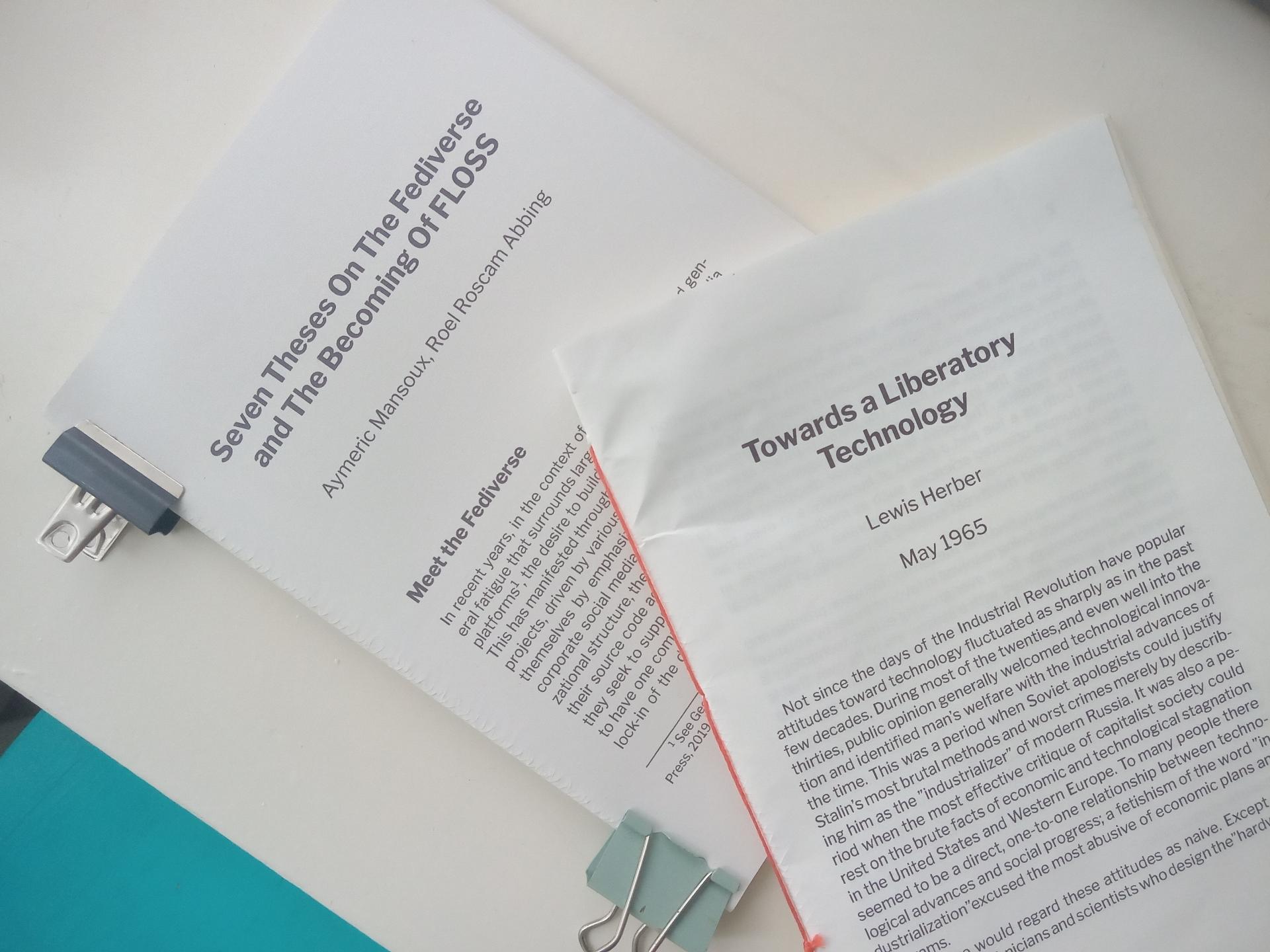
91
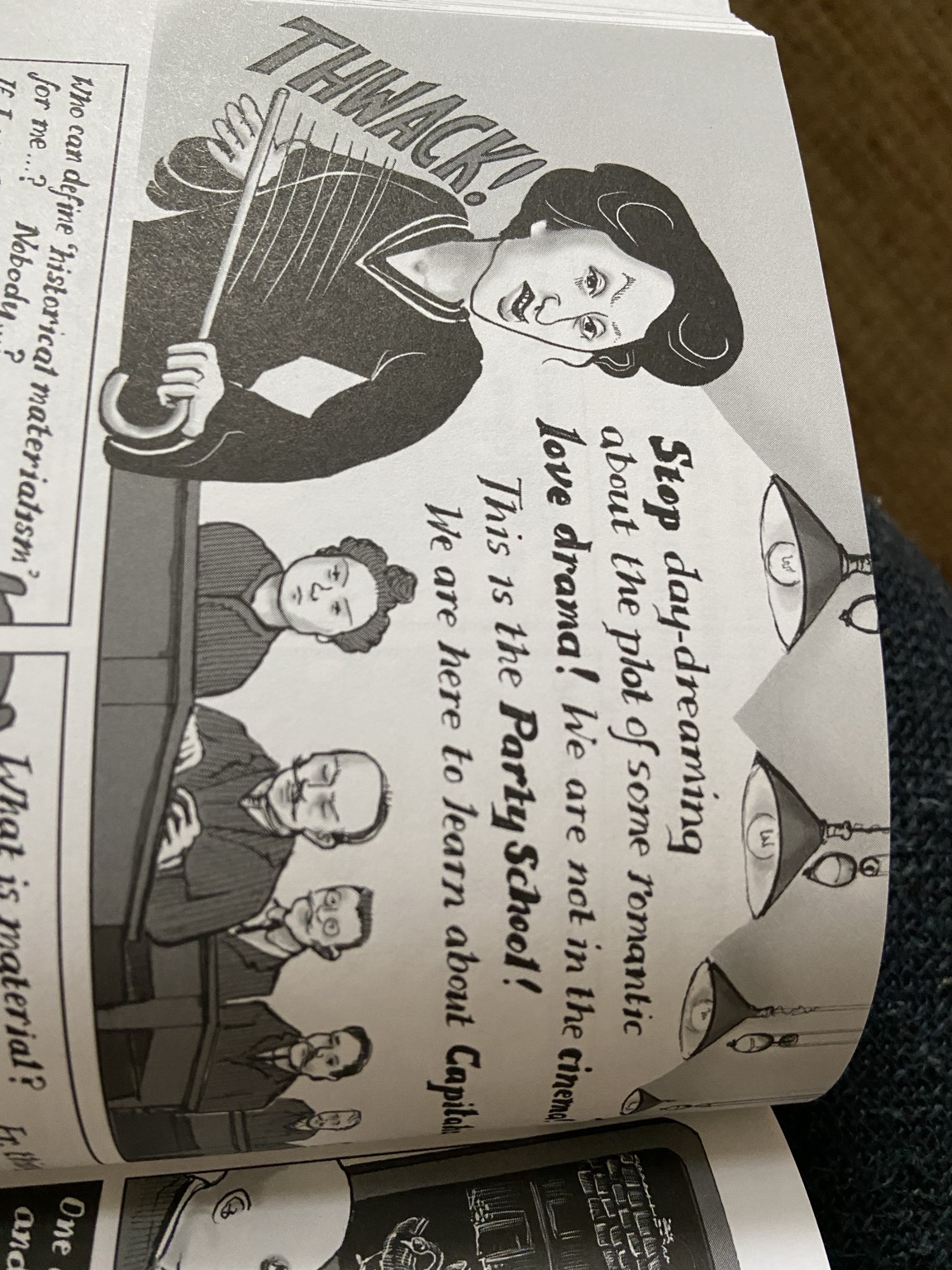
90
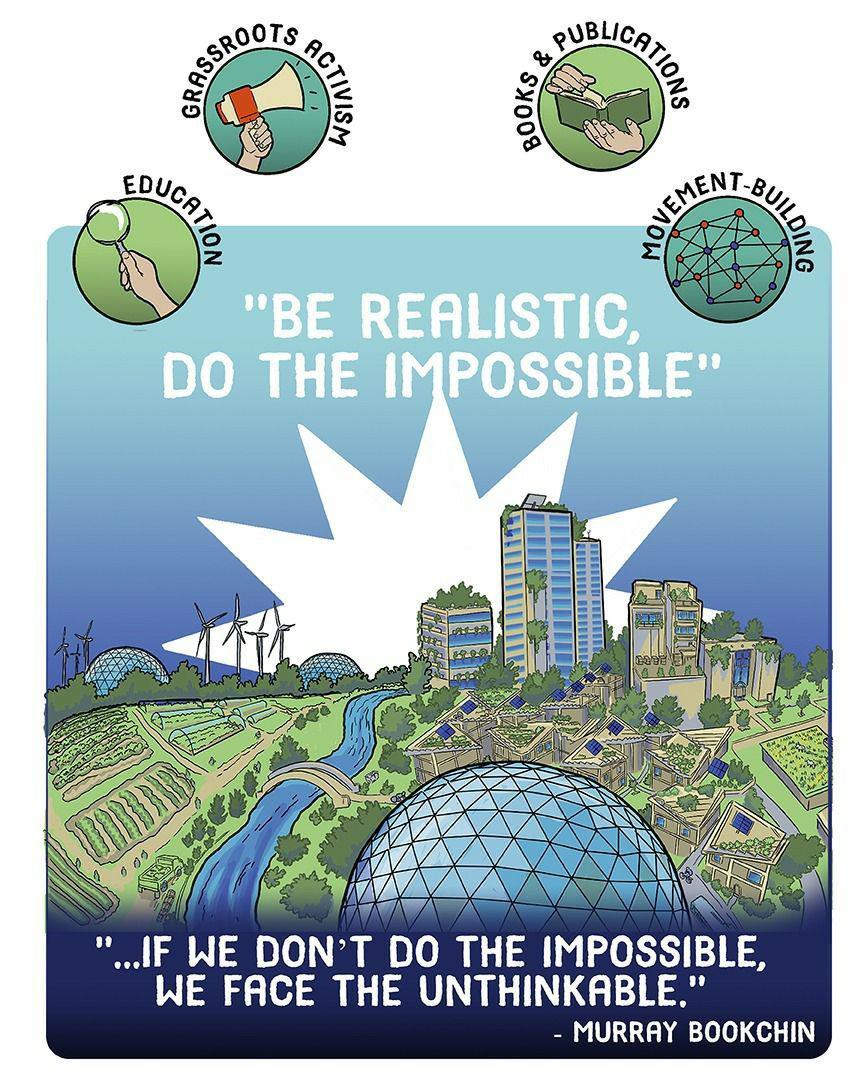
89
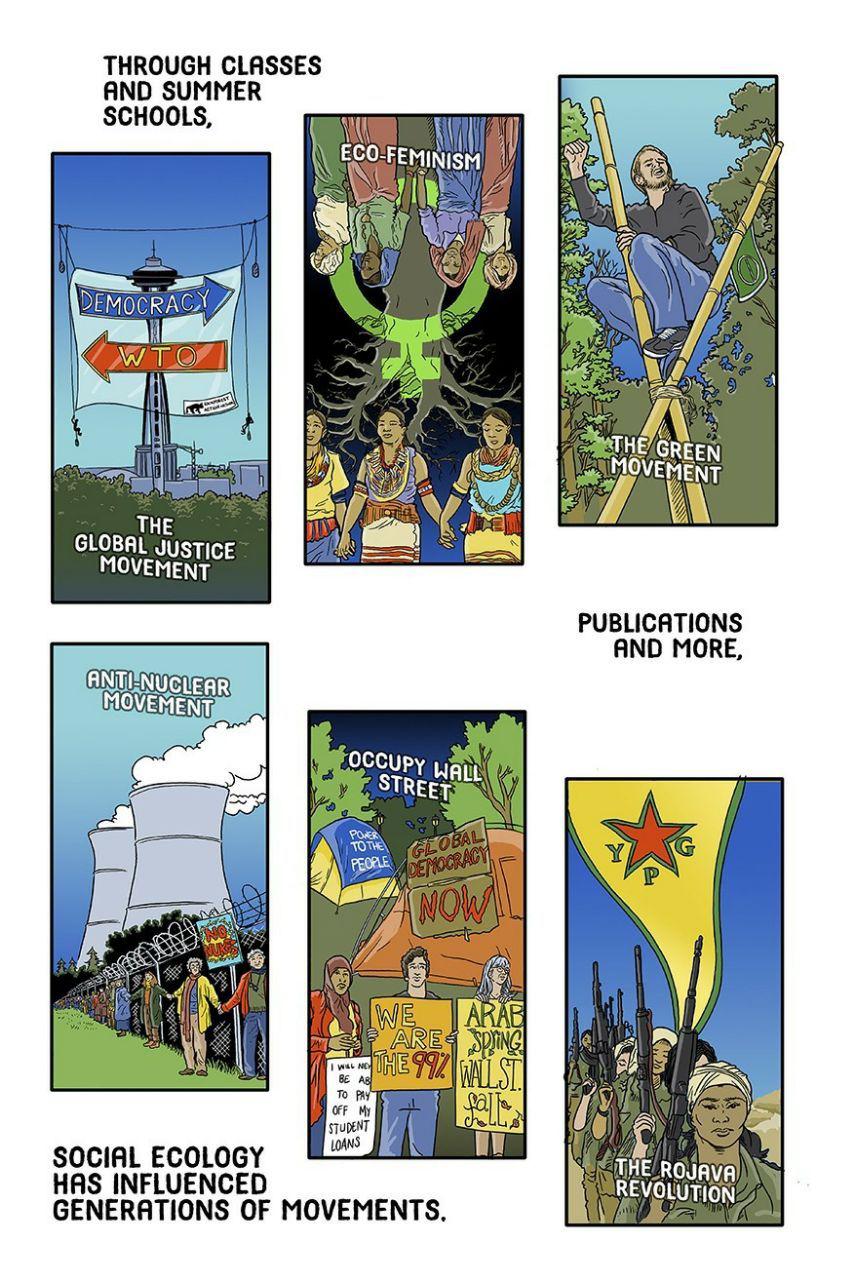
88
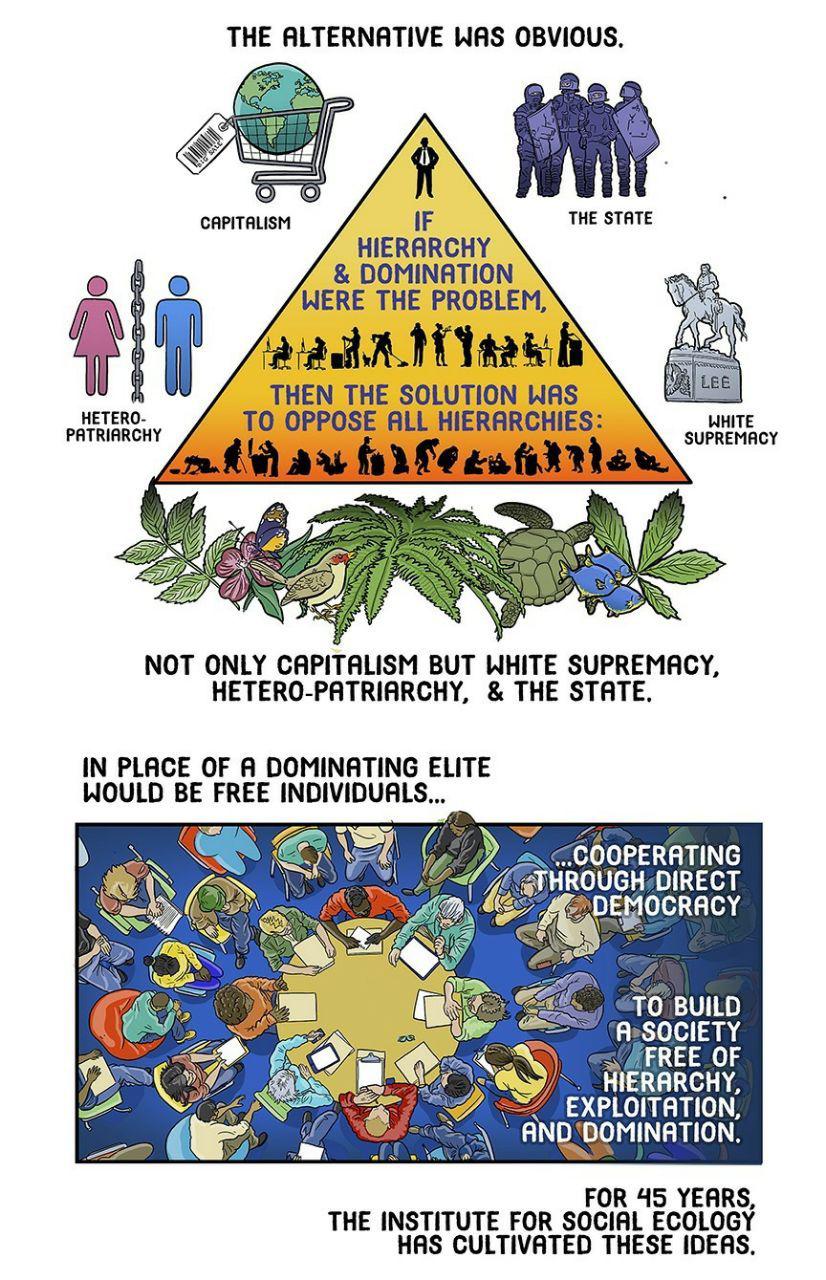
87
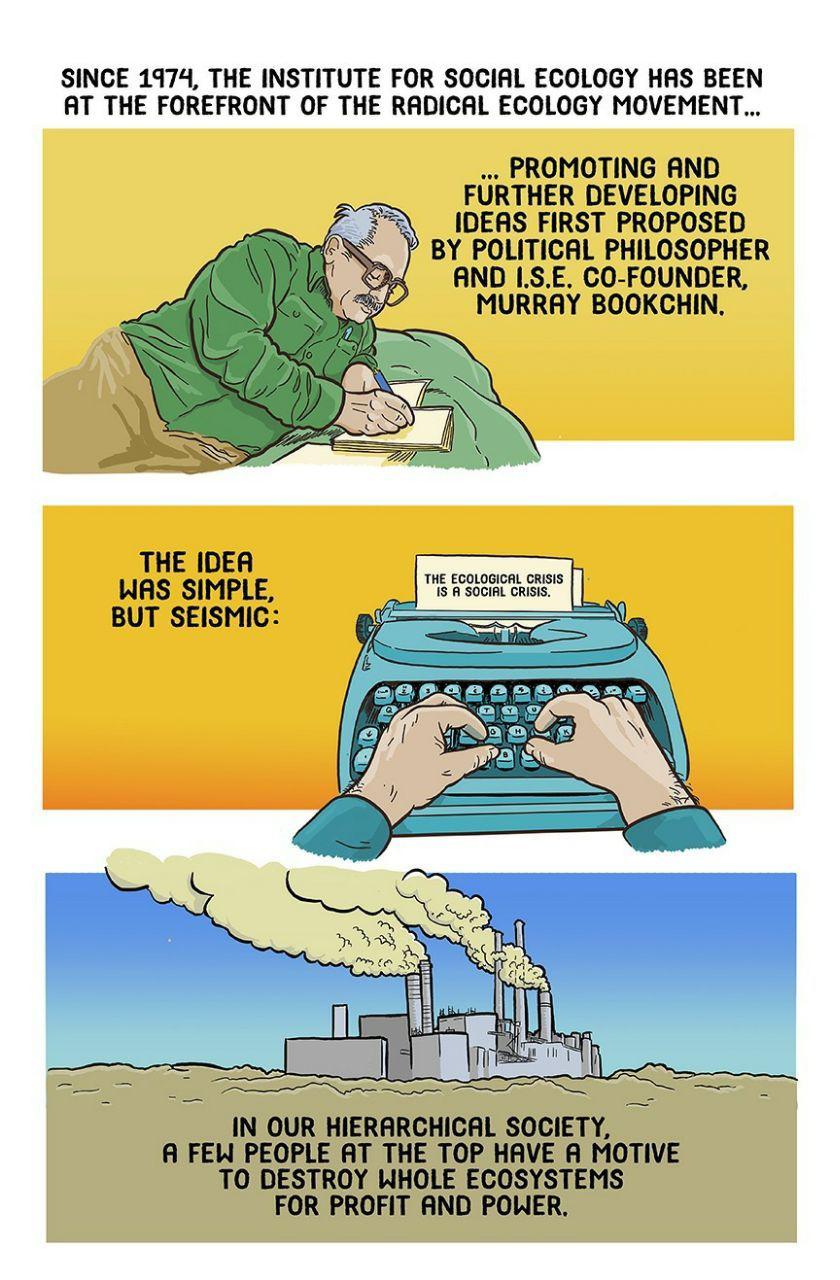
86
Growing out of a notion that industrial technology was outpacing the human ability to respond to it – or, for that matter, even comprehend it – the Luddite Councils were set up to discuss and debate proposed technological changes.https://thereader.mitpress.mit.edu/the-future-encyclopedia-of-luddism/
85
Rhizomática, the nonprofit that helped establish TIC, draws its name from the philosophers Gilles Deleuze and Félix Guattari, who used the term “rhizome” to reject the common perspective that knowledge is centrally produced and then passed on to the margins. The rhizome presents knowledge as decentralized, as a network that consists of multiple, laterally connected entry and exit points. The word comes from the plant sciences, where it refers to the underground, horizontal stem of a plant from which upward roots and stems form.
84
From its base in of the city of Oaxaca de Juárez, TIC has implemented independent, community-owned cell phone networks in at least 63 indigenous communities of Zapotec, Mixtec, and Mije origins — making it the largest community-owned cell phone network in the world. https://thereader.mitpress.mit.edu/oaxaca-hackers-and-indigenous-peoples-network/
83
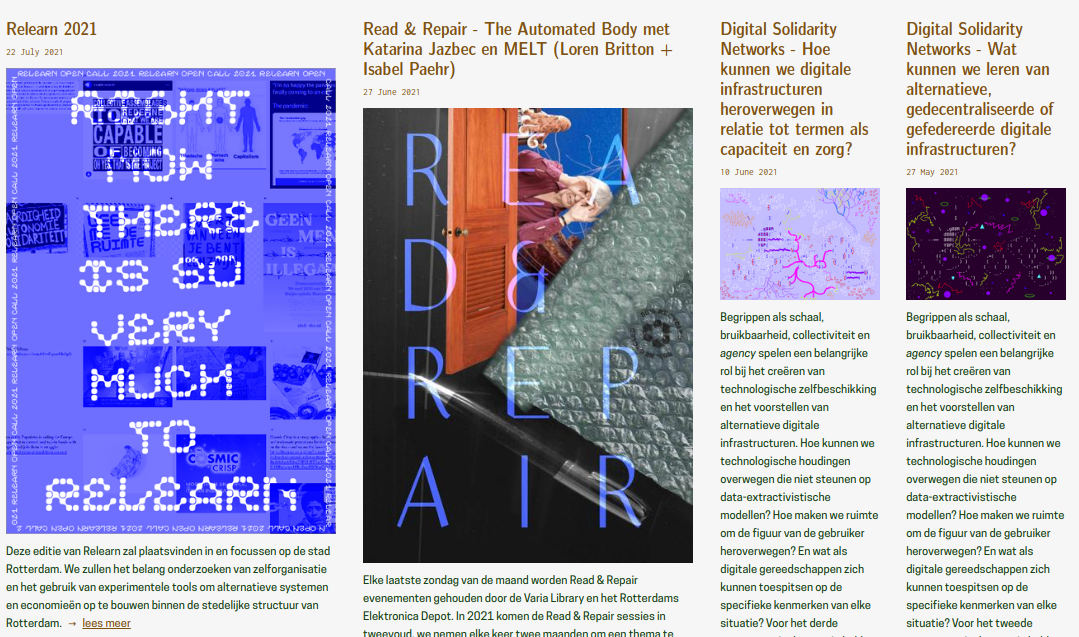
82
With over two billion users today, Facebook impacts our social, economic and political lives in an unprecedented way. This is why we initiated the collective action lawsuit to force legal recognition of Facebook as a public domain that should be under ownership and control of its users: Facebook must be collectivized.
Facebook infringes upon the right to self-determination of peoples and individuals in various ways. The corporation instrumentalizes users as neo-feudal data workers, selling their information to third parties. Facebook is used in various surveillance capacities that infringe upon privacy and further impacts democratic elections in disproportionate ways, of which data capture and targeted campaigns of Cambridge Analytica are a recent example. And the corporation has willfully advised authoritarian regimes such as that of Duterte in the Philippines. https://vimeo.com/416591065
81
Donna Haraway coined the term 'situated knowledges' in a 1988 essay entitled Situated Knowledges: The Science Question in Feminism and the Privilege of Partial Perspective. The term was born of a specific situation: "in scientific and technological, late-industrial, militarized, racist, and male-dominant societies… in the belly of the monster, in the United States in the late 1980s" (Haraway, 1988, p. 581) but continues to have far-reaching theoretical consequences that render it a useful and vibrant notion for thinking-with in many recent feminist debates. https://newmaterialism.eu/almanac/s/situated-knowledges.html
79

78
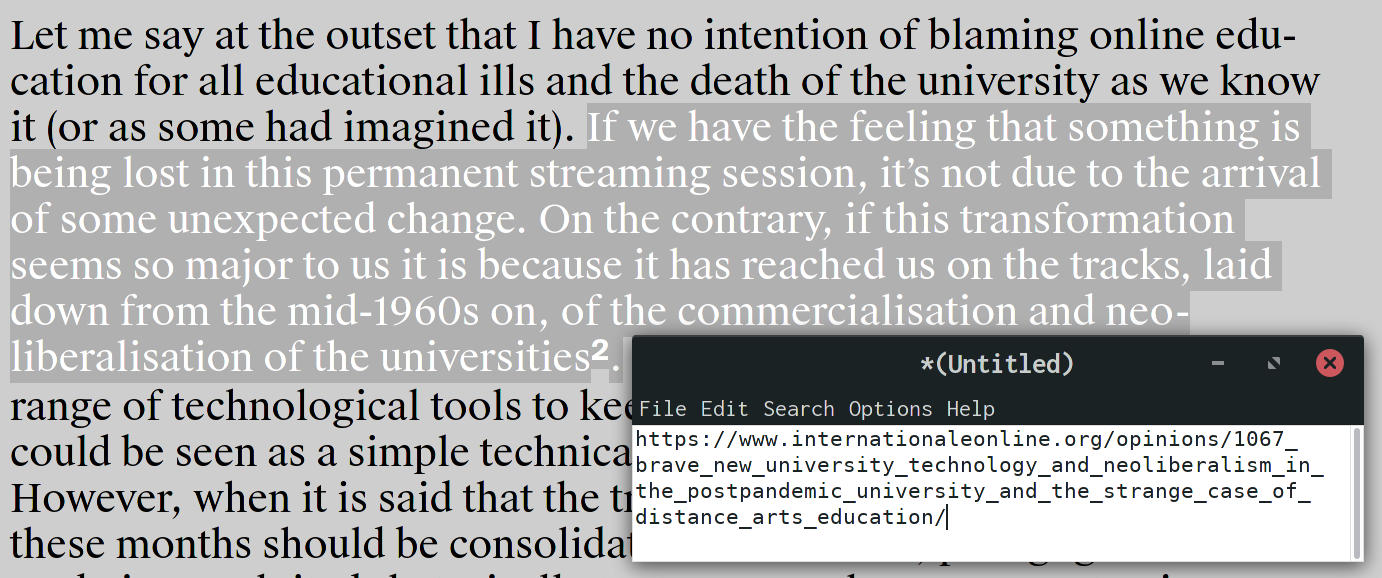
77
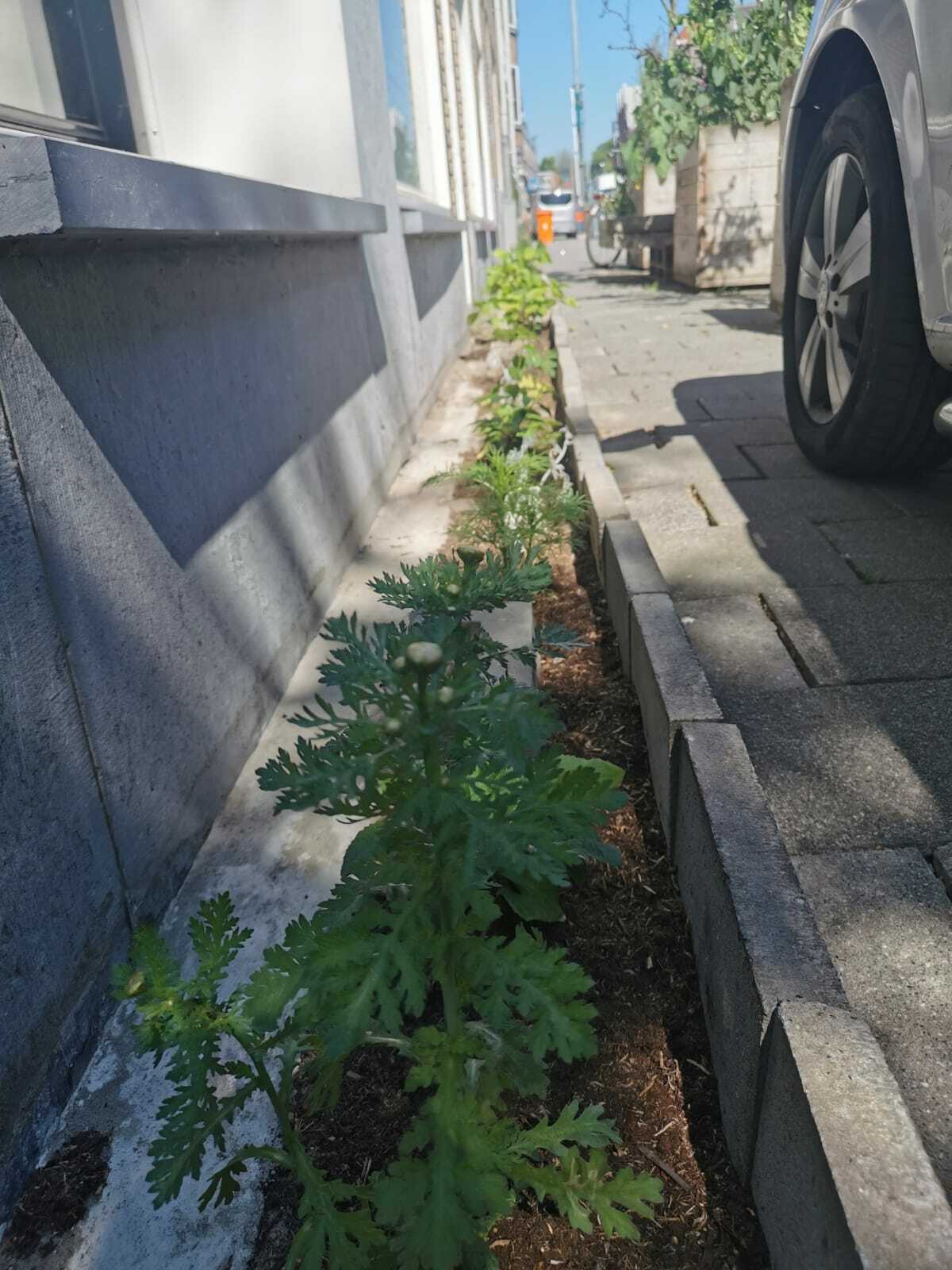
76

75

72
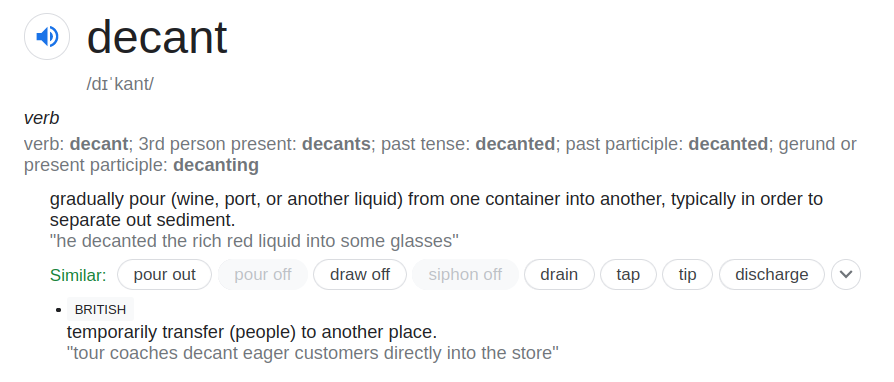
71
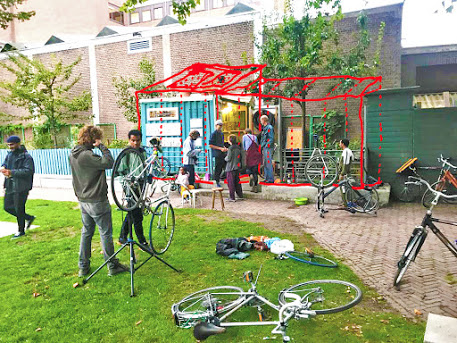
70
De Doe-het-zelf Werkplaats is een werkplaats in Rotterdam waar je zelf aan de slag kunt met materialen en gereedschap. De werkplaats is hoofdzakelijk gericht op het leren repareren van fietsen, maar je kunt bijvoorbeeld ook een huishoudelijk apparaat oplappen. Het gebruik van de werkplaats is gratis, maar donaties zijn altijd welkom om de kosten te dekken! https://dhzwerkplaats.blogspot.com/
69
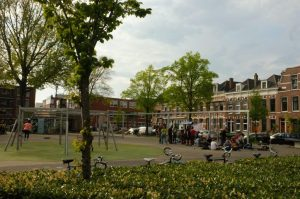
68
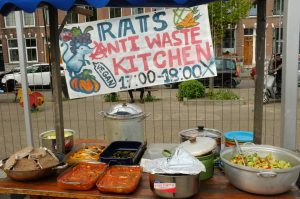
67
R A T S in Rotterdam: Our goal is to continue to self organize, fight for our autonomy and connect between us but also with the neighborhood in order to form more direct social relationships that are not authoritarian or manipulative but strive for trust and the later forming of a network in our city that is based on self-organization, autonomy, and freedom: https://rotterdamserats.blackblogs.org/
66
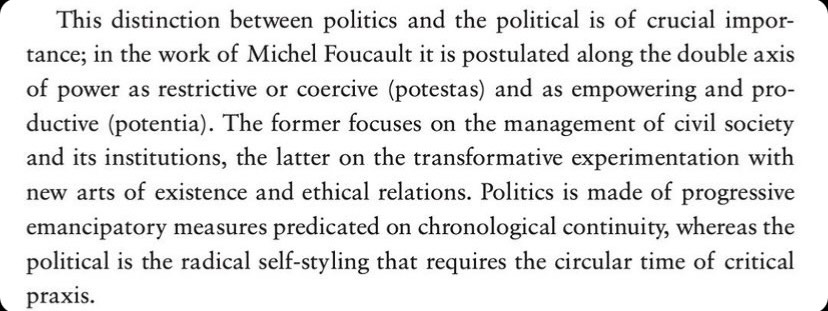
65
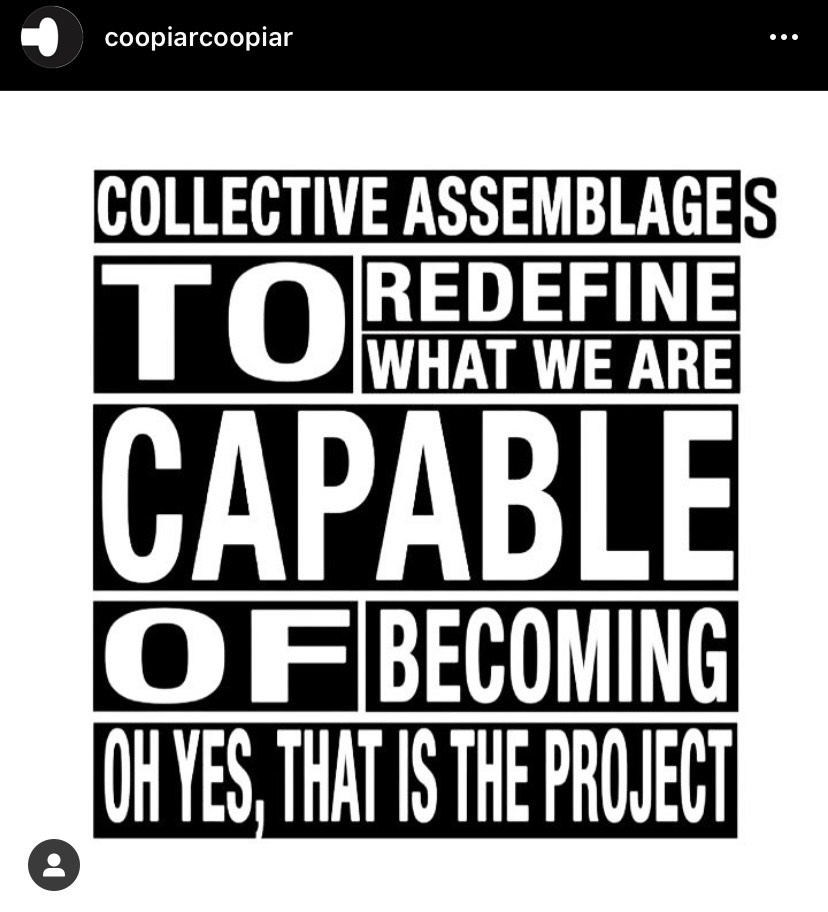
64
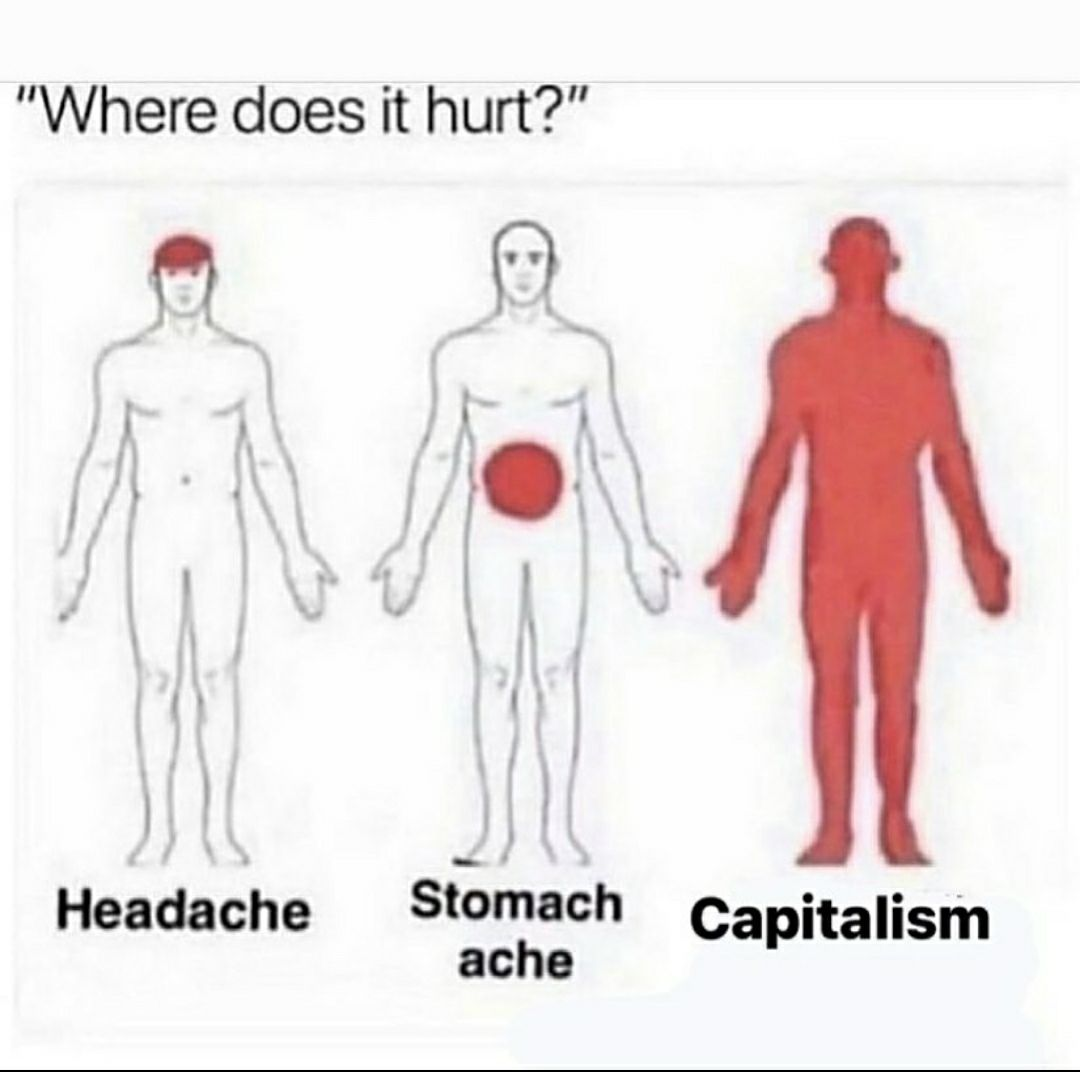
63
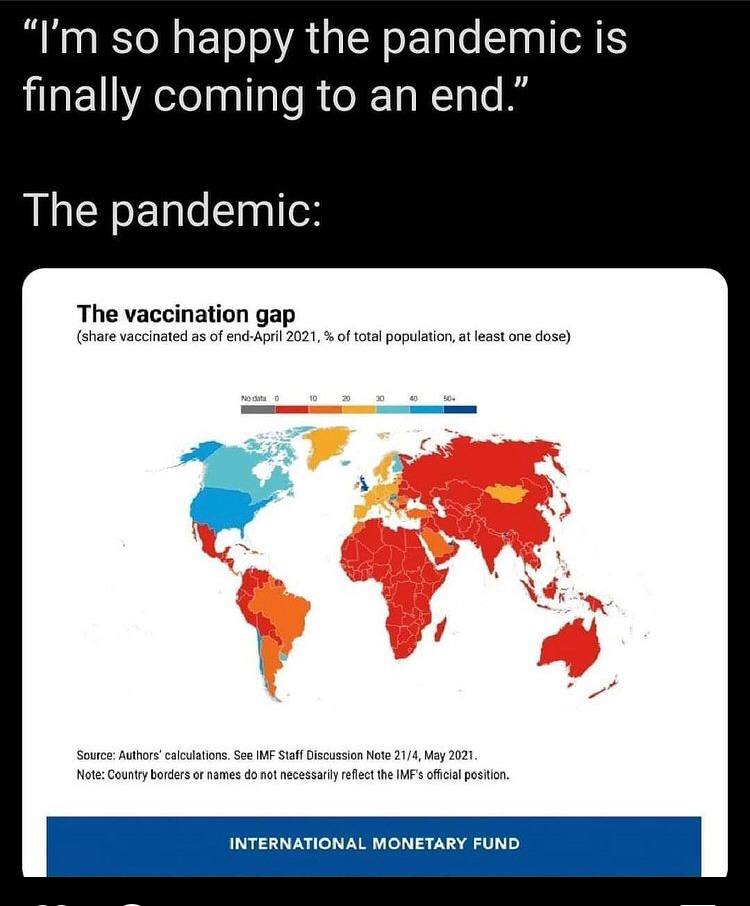
62
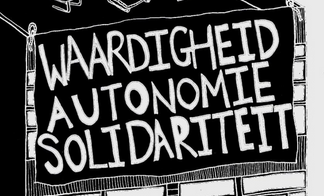
61
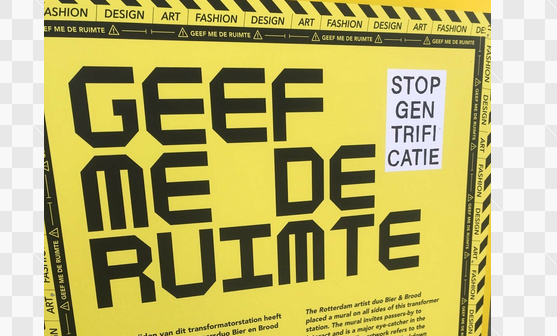
60
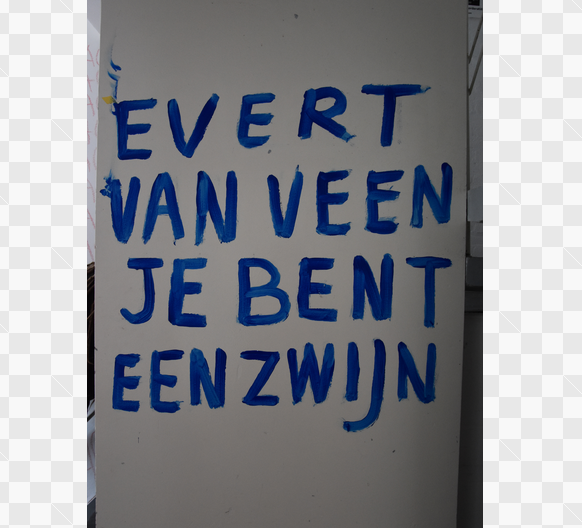
59
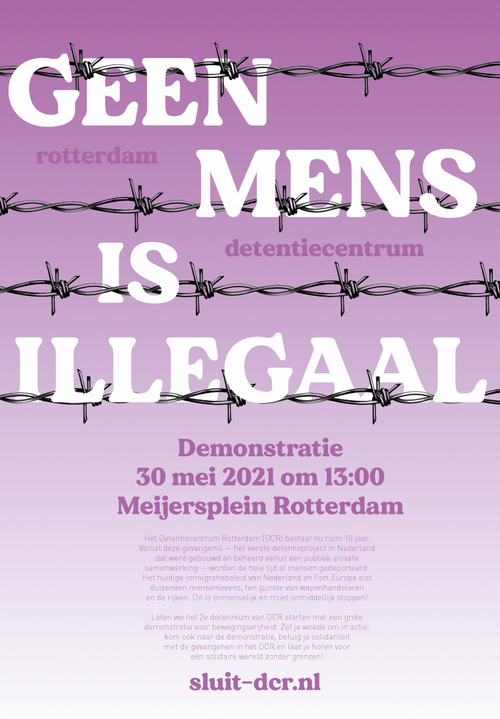
57
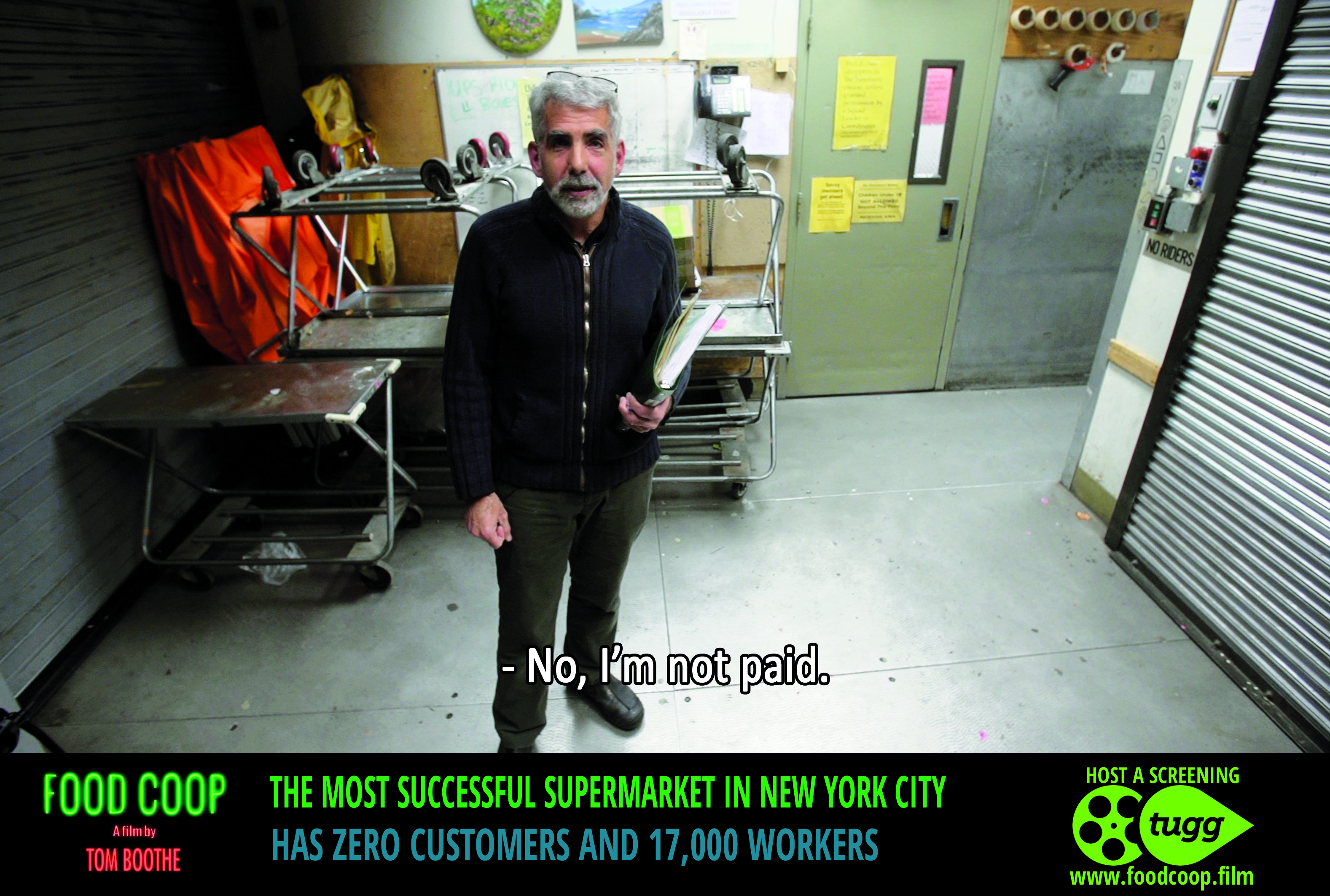
56
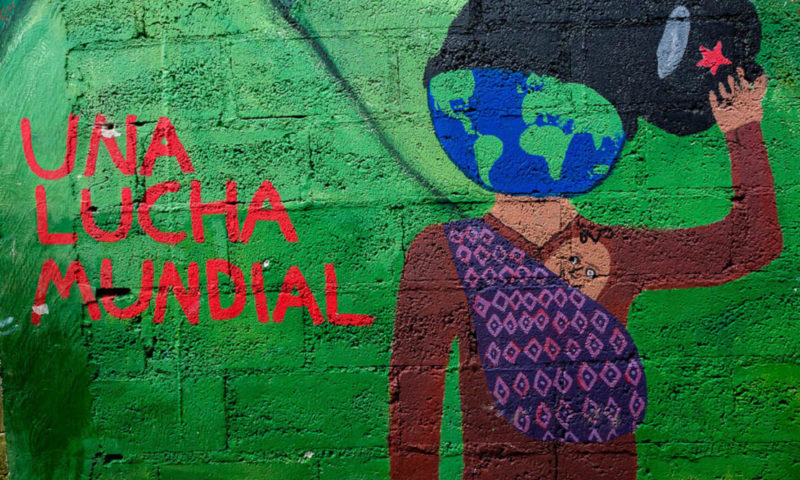
55
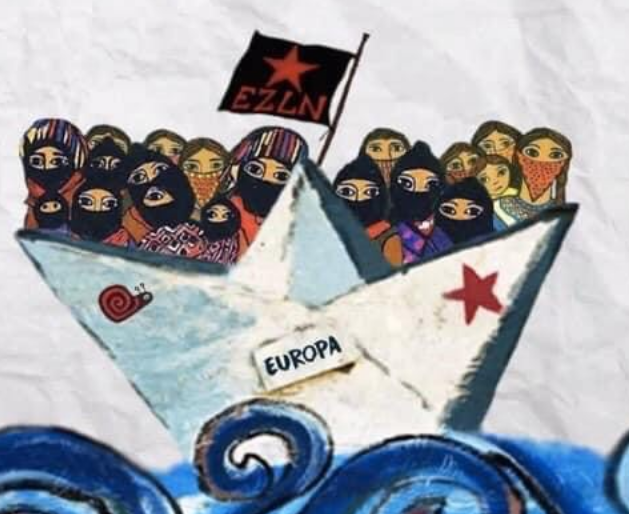
54
A delegation of the Zapatistas is sailing for Europe. Not to conquer, but to connect and to join hands with other insurgents and join them in struggle: https://en.labournet.tv/zapatista-delegation-sent
53
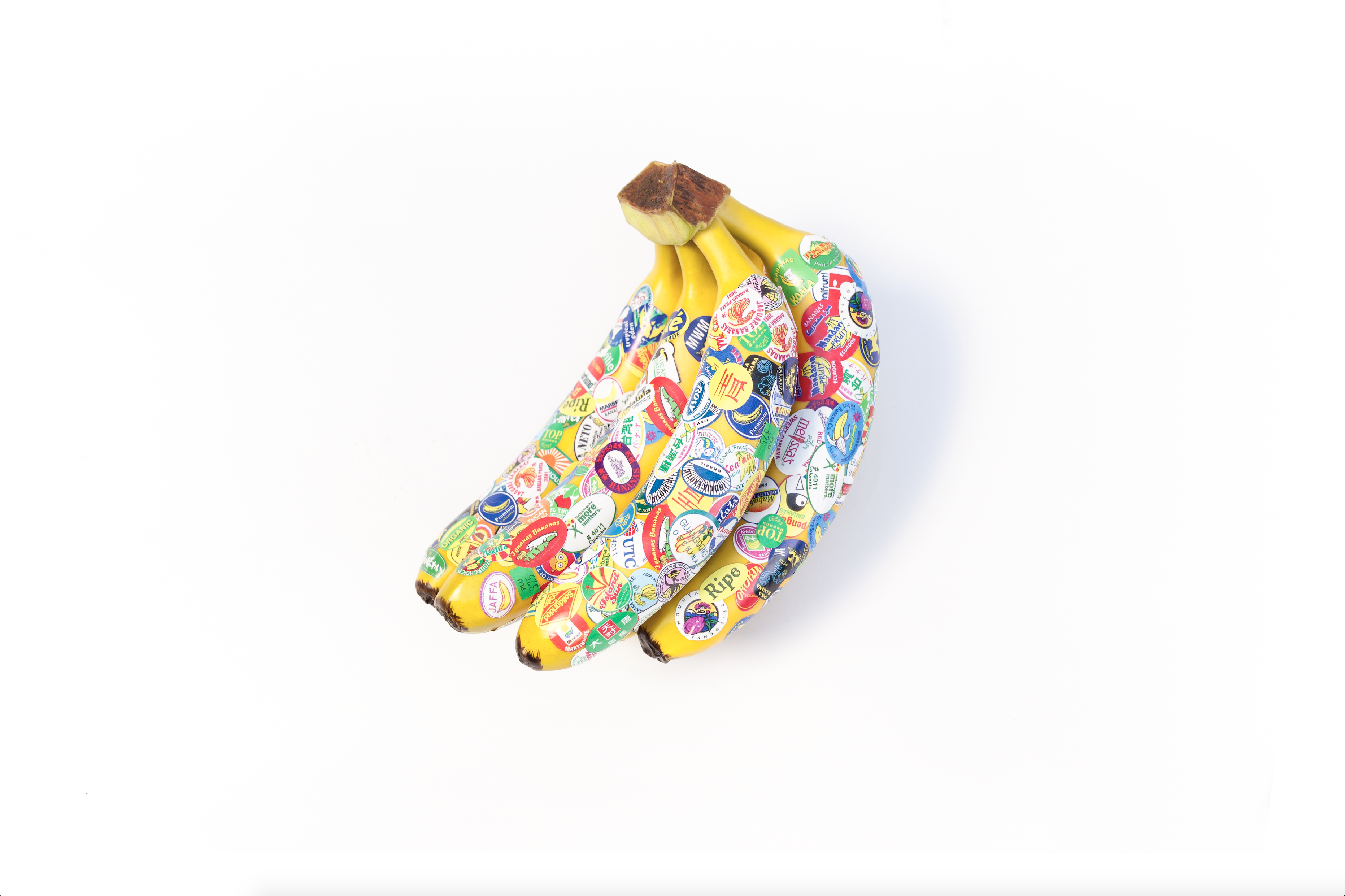
52
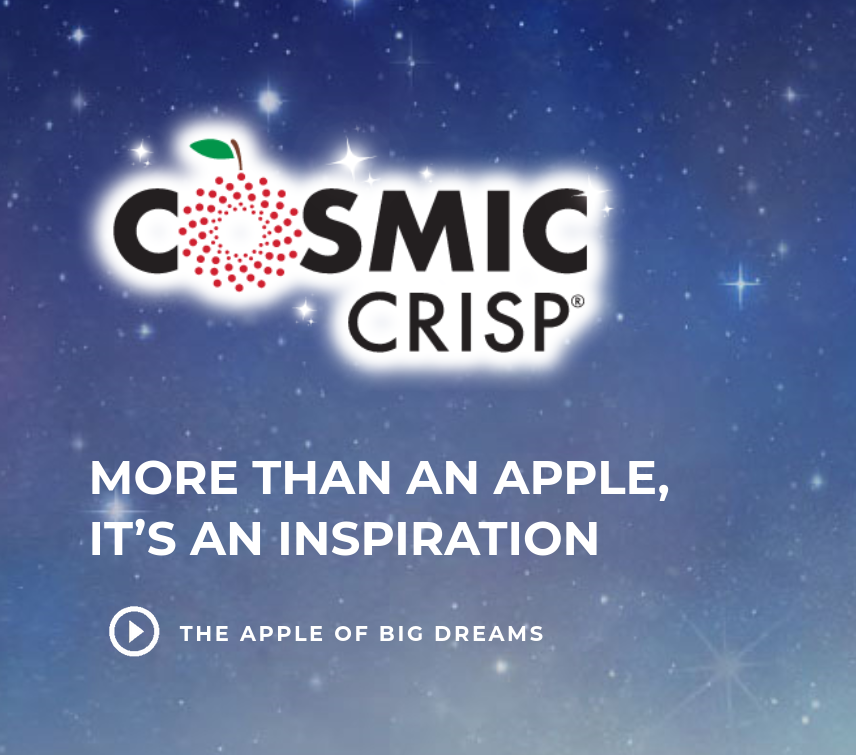
50
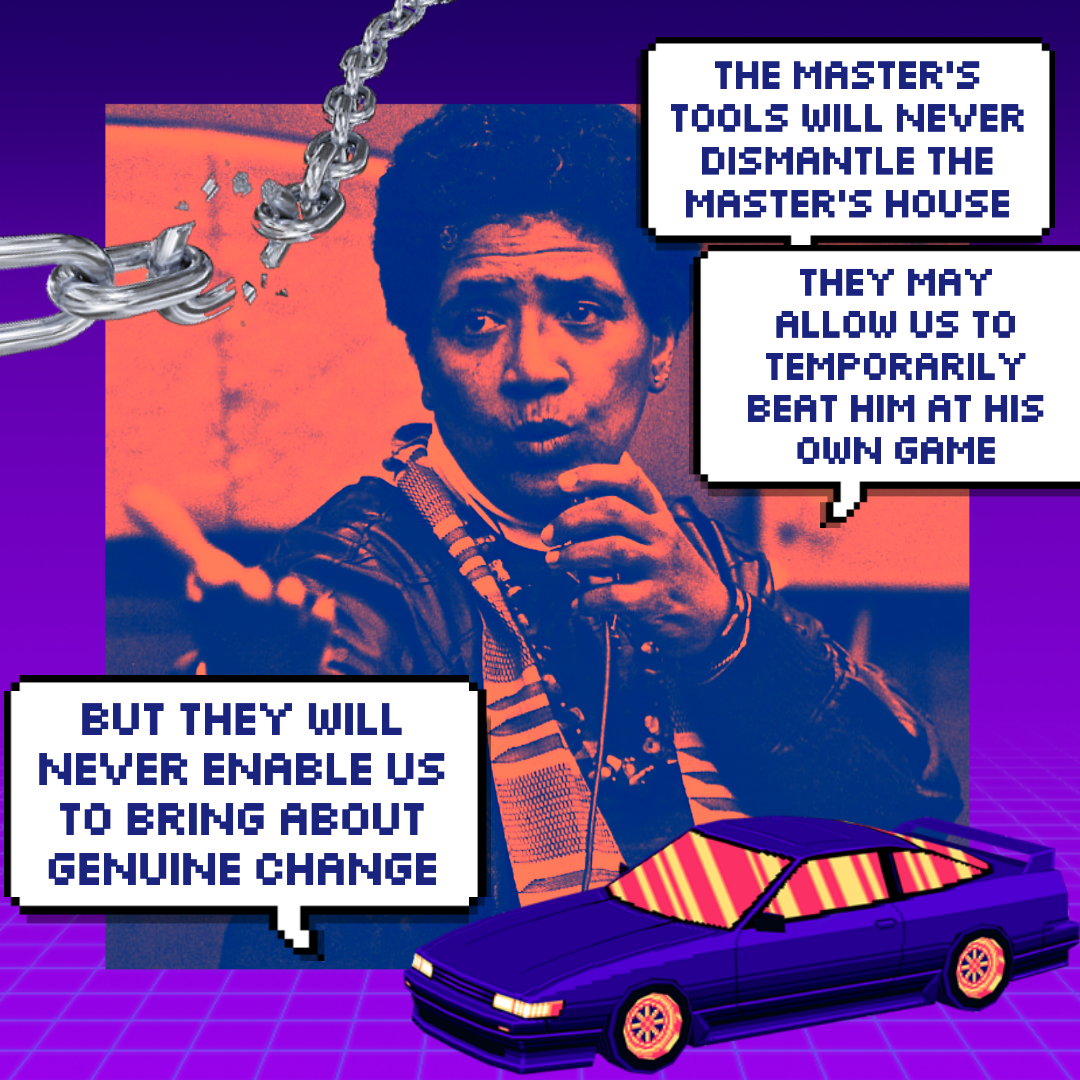
49
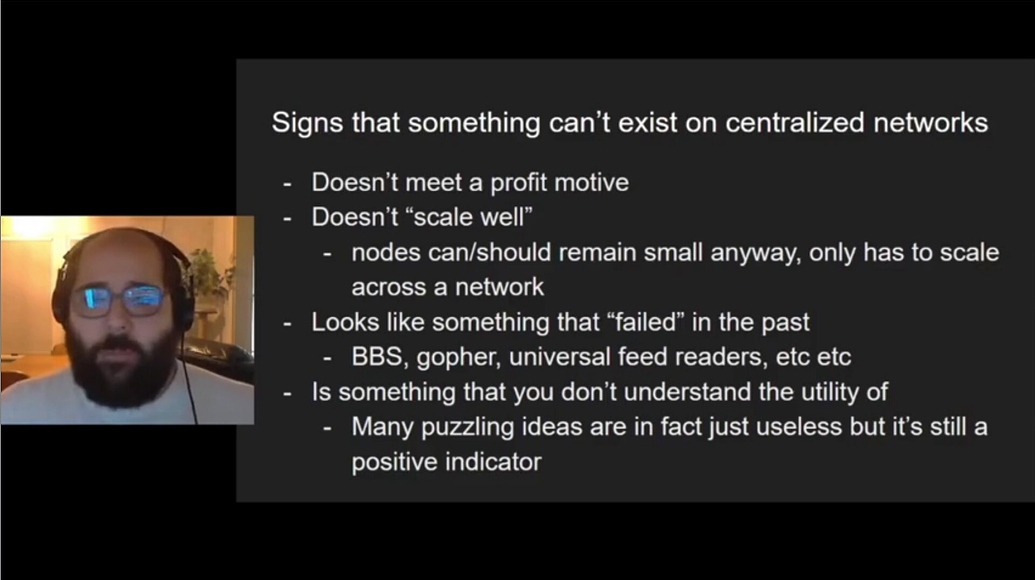
48
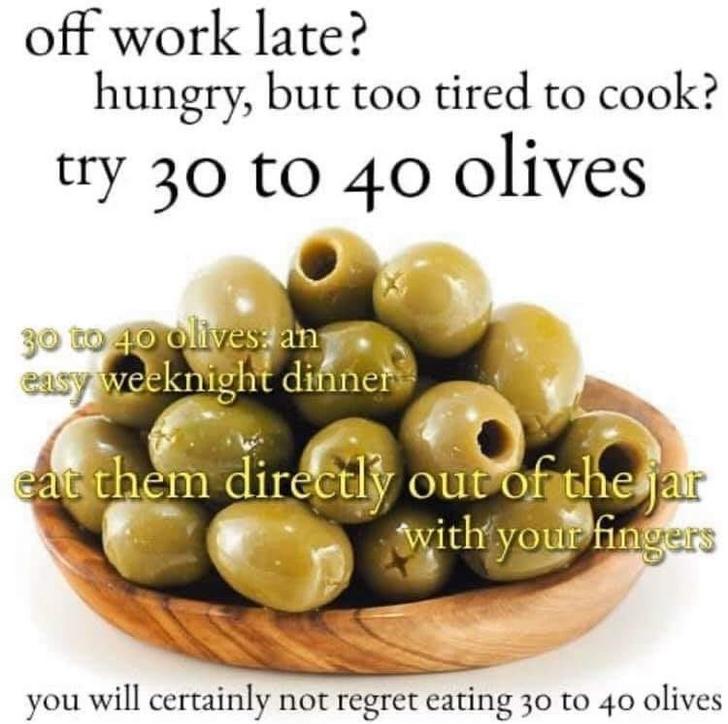
46
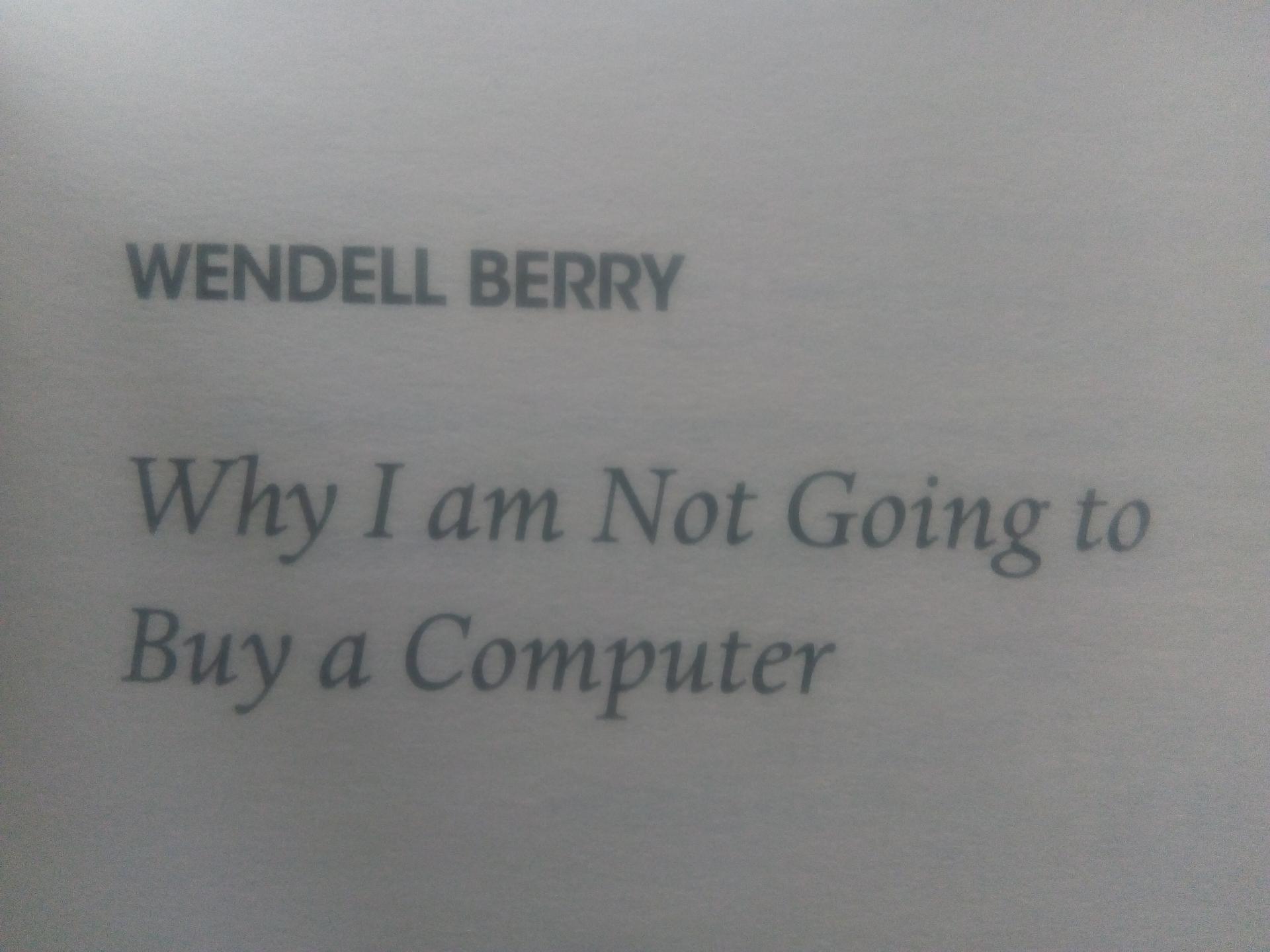
45
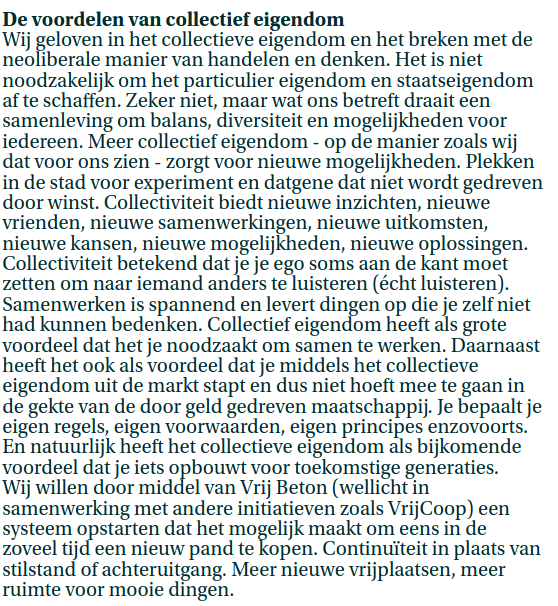
44
The Coconut Revolution ~ Bougainville Revolutionary Army - https://www.dailymotion.com/video/x2x5eul
43
I think we shouldn’t eulogize friction for friction’s sake, because friction, in itself, is just user’s frustration. We have to be able to recognize elegance and generate autonomous convenience for ourselves. We shouldn’t deny a computer the possibility to take decisions for us, we just have to be aware of how such decision-making takes place. Programmability is still at the core of computers, and that is where we can find full read-write computer literacy. - https://theusercondition.computer
42
illich: mastery of skill does not yet imply a monopoly of understanding. One can understand fully what a goldsmith does without being one oneself. Men do not have to be cooks to know how to prepare food. This combination of widely shared information and competence for using it is characteristic of a society in whichconvivial tools prevail
41
convivial tools: A basic element which enters into Illich’s very definition of convivial tools (note: technology) is that they increase the user’s autonomy. We can thus consider the capacity to promote autonomy to be in itself a fundamental characteristic of convivial tools.
40
uri gordon: "technologies are not merely aids to human activity, but also powerful forces acting to reshape that activity and its meaning" // "the construction of a technical system that involves human beings as operating parts brings a reconstruction of social roles and relationships" // "the new system’s own operating requirements: it simply will not work unless human behavior changes to suit its form and process"
39
on building a thing: (writing a new recipe, writing a new computer program - examples of technology) and using that thing (cooking from the recipe, running the computer program) is a wonderful loop in which, you are affected by the thing and also determining the thing you are making. In other words, the choices you take in building affect how you behave and how you are affected when using the thing which in turn, feeds back into the making of the thing. In this loop you are revisting old thoughts/skills/feelings from the first idea when you built the thing but also experiening each change in the thing as you change it - which gives a feeling of building up skill and domain specific knowledge. It's mostly fun.
38
documenta 15 - documenta fifteen in relation to lumbung: The collaborative work towards the exhibition is like working together in a kitchen. The lumbung members map and recognize different skills, interests and knowledge, treating them as ingredients to be combined with others. They join working groups to shape all aspects that make up documenta fifteen, like education, publications, public program, and many more, thus creating different recipes. Following this analogy, the 100 days of documenta fifteen in Kassel will be the moment when this kitchen presents its different dishes in form of a big feast, open to the public to enjoy.
37
Posthuman glossary - rosi braidotti - The material conditions of the everyday even the most routine human activities, such as purchasing plastics, impact human and non-human lives across vast geographic and temporal scales, extending even to the bottom of the sea (Alaimo 2016). The bizarre enormity of the effects of the most minute everyday actions underscores the urgent need for rethinking ethics and politics in the Anthropocene, an epoch in which human activities have profoundly altered the planet.
36
GroenGoed Rotterdam - Tuinieren voor een ecologische en menswaardige samenleving. GroenGoed draagt bij aan een stad waarin we in harmonie leven met de Aarde en met elkaar. Dat doen we op een zo concreet mogelijke manier: in buurtmoestuinen verbouwen we groenten en kruiden en telen we fruit voor de zelfvoorziening van iedereen die mee wil doen. - https://groengoedrotterdam.com/manifest-groen-is-goed/
35
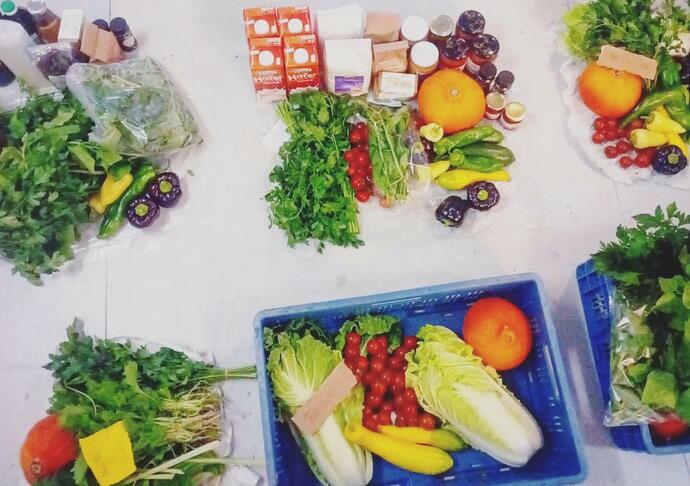
34
Biobulkbende - Biobulkbende is een vereniging die volledig door zijn leden wordt bestuurd en gerund. Als vereniging kopen we collectief biologisch voedsel in van lokale producenten en distributeurs. Ons huidige systeem van voedselproductie zit vol gebreken en kwetsbaarheden. Daarom vinden wij het belangrijk om meer controle te krijgen over het voedsel dat we kopen en consumeren. Voedsel gaat niet alleen over geld, toegang tot voedsel hoort niet afhankelijk te zijn van ondoordringbare en ondoorgrondelijke logistiek, en overdadige verpakkingen zijn niet vanzelfsprekend. Toegang tot hoogwaardig, biologisch en betaalbaar voedsel is belangrijk voor ons en we vinden dat iedereen er recht op heeft. - https://biobulkbende.org
33
Jeroen Bakt Brood - Jeroen van Wisse bakt langgerezen desembrood. Ergens in 2014 begon dat thuis, maar sinds 20 juni 2015 is er ook een winkel. Het brood van Jeroen krijgt alle tijd om smaak te ontwikkelen; de rijstijd is standaard zo'n 12 - 48 uur. Daarna wordt het op hoge temperatuur gebakken, waardoor het een zeer harde en knapperige korst krijgt. Het brood heeft een volle, 'ouderwetse' smaak en een ongelijkmatig kruim, met her en der grote luchtbellen. - http://www.jeroenbaktbrood.nl
32
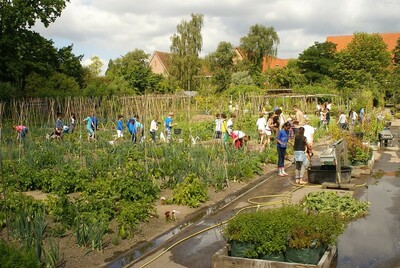
31
Educatieve tuin de Enk - Op de educatieve tuin aan De Enk is het altijd gezellig! Kinderen krijgen les op de tuin en wijkbewoners zijn welkom tijdens de activiteiten of om een fijne wandeling te maken. - https://www.natuurstad.nl/de-enk
30
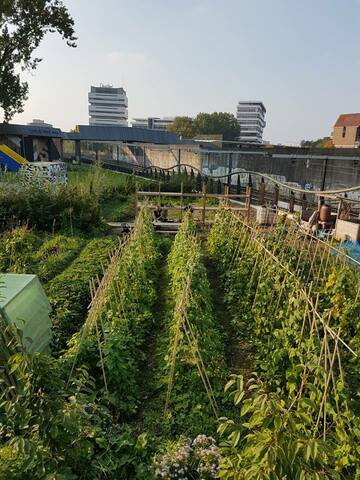
29
Stichting Vredestuin - Bij de inrichting van de tuinen wordt gebruik gemaakt van permacultuur-principes, zoals het sluiten van kringlopen, het gebruik van nuttige ecologische relaties tussen planten en andere organismen in de tuin, het ontwikkelen van een hoge mate van biodiversiteit, het gebruik van hernieuwbare grondstoffen en diensten en de zonering van en interactie tussen verschillende plantenlagen. De zorg voor de aarde en voor de medemens staat centraal bij de inrichting van de tuin. - https://vredestuin.org/about/
28
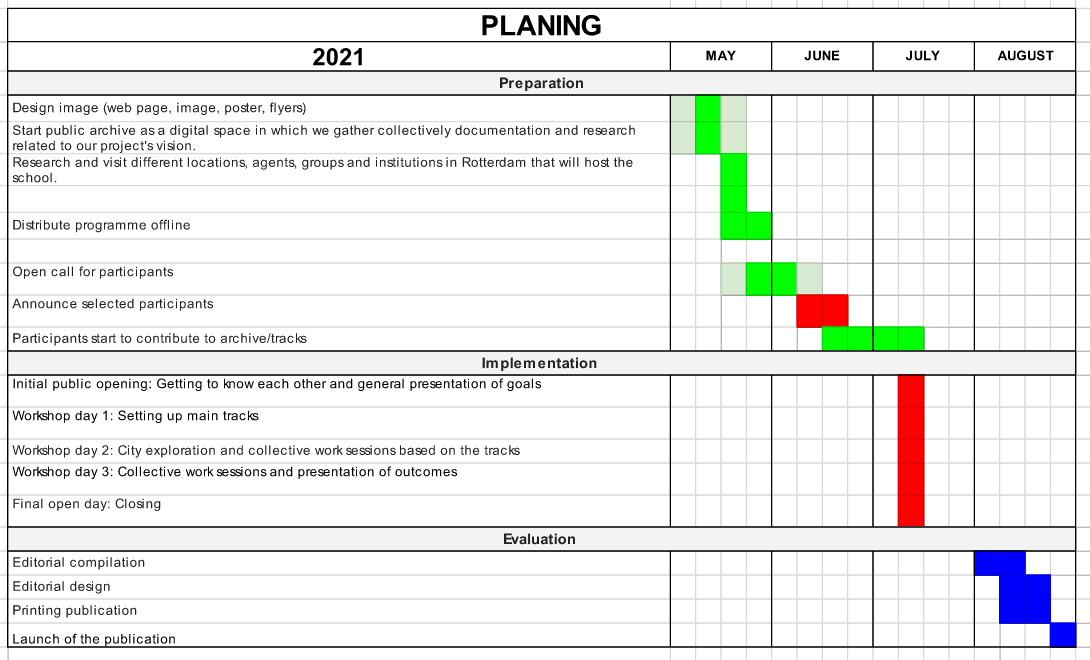
27
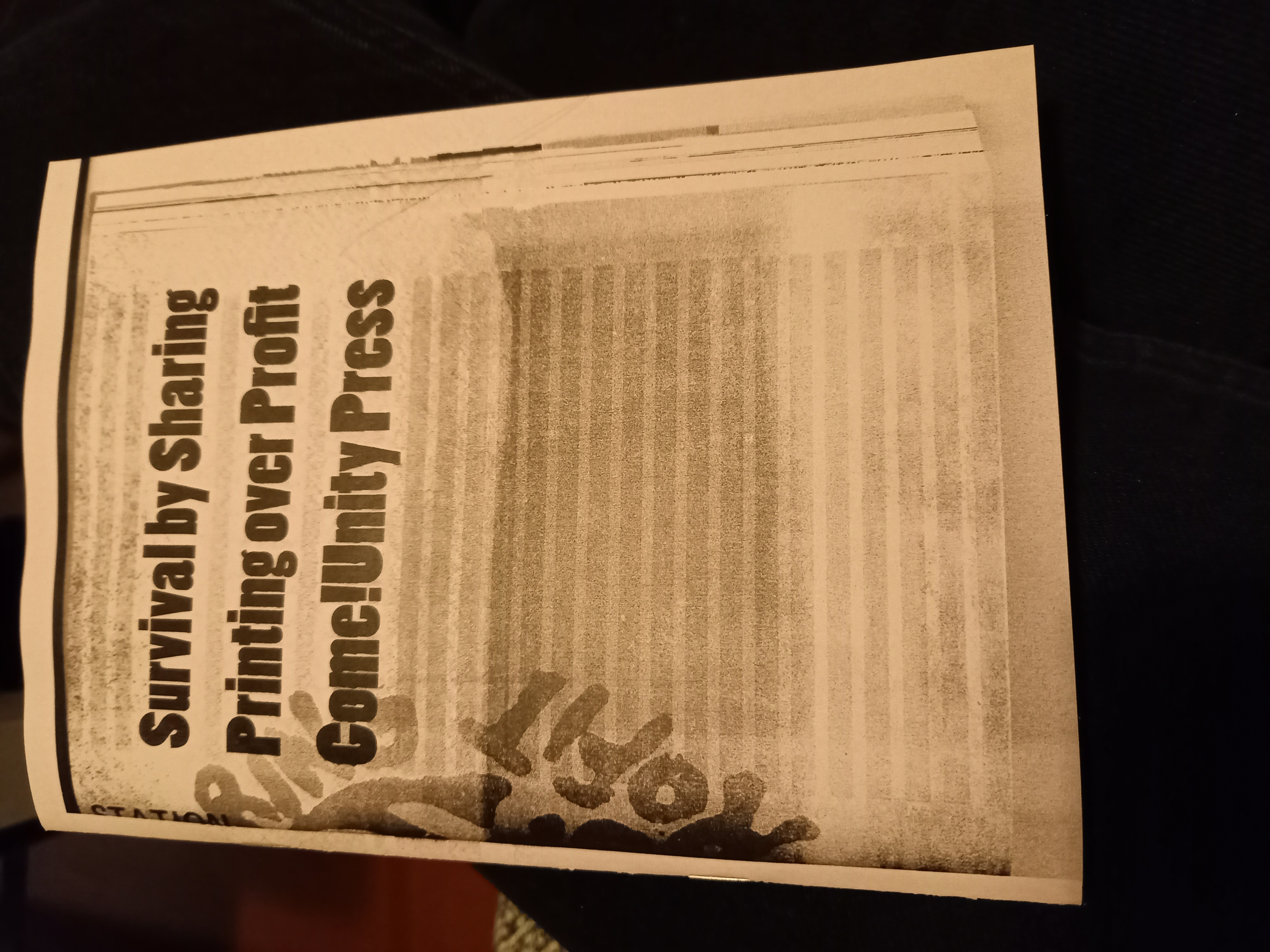
26

25

23
Tech Learning Collective is an apprenticeship-based technology school for radical organizers founded in New York City that provides a security-first IT infrastructure curriculum to otherwise underserved communities and organizations advancing social justice causes. We train politically self-motivated individuals in the arts of hypermedia, Information Technology, and radical political practice. Founded and operated exclusively by radical queer and femme technologists, we offer unparalleled free, by-donation, and low-cost computer classes on topics ranging from fundamental computer literacy to the same offensive computer hacking techniques used by national intelligence agencies and military powers (cyber armies). Our students are primarily people of marginalized groups and other individuals who are politically engaged. Unlike coding bootcamps that focus on moving the highest number of students through rote memorization exercises for the goal of job placement, Tech Learning Collective teachers facilitate foundational skill building through Socratic discussion and kinetic, experience-based training.
22
Technology, taught collectively: https://techlearningcollective.com
20
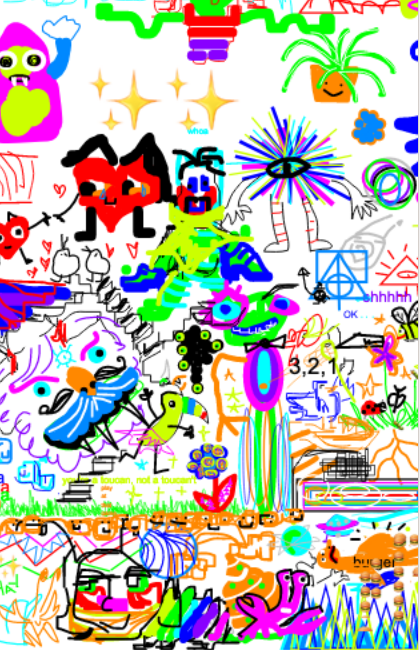
19
Cooperative technology - By "cooperative technology", we mean technology that is constructed by and for the people whose lives are affected by its use. While this builds on the Free and Open Source Software movement, we aim to apply the same principles to hardware as well, although the criteria by which we evaluate hardware and software will of course not be identical. It is not sufficient to narrowly focus on the people who directly interact with computers. Cooperative software which is run on a server should not be controlled solely by the administrator of the server, but also by the people who interact with the server over a network. - https://cooperativetechnology.codeberg.page
17
Declaration of Digital Autonomy (draft 0.1): We demand a world in which technology is created to protect and empower the people who use it. Our technology must respect the rights and freedoms of those users. We need to take control for the purpose of collectively building a better world in which technology works in service to the good of human kind, protecting our rights and digital autonomy as individuals - https://techautonomy.org
16
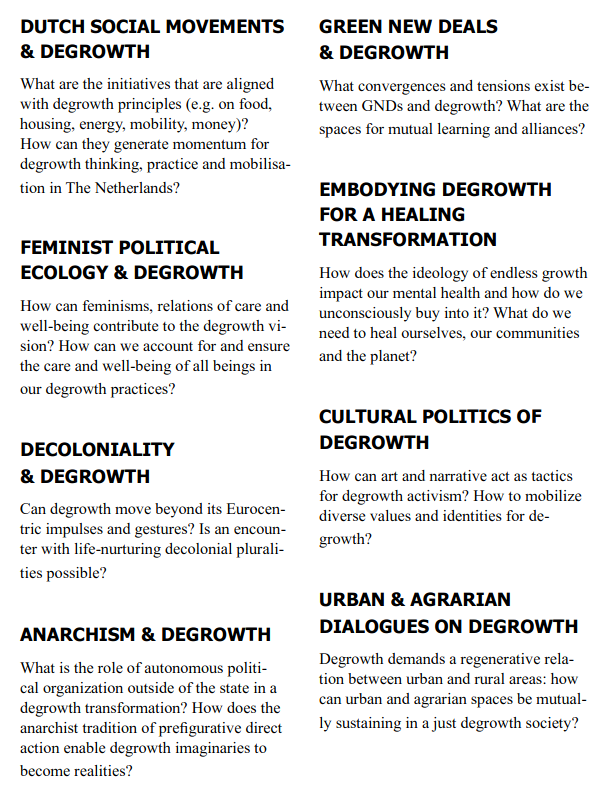
15
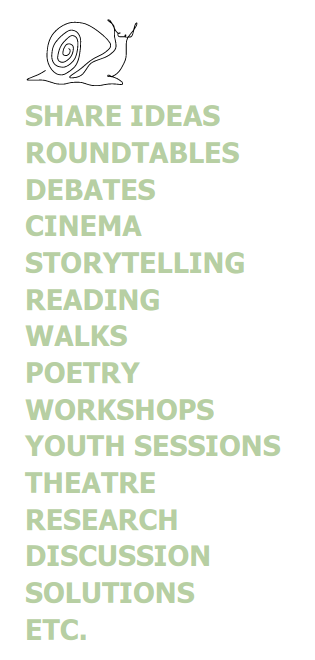
14
https://degrowth.nl - The restless expansion of our economies is causing unprecedented crises and threatening our very existence. How do we confront the contradictions between endless economic growth and the ecologi-cal boundaries of our planet? What kind of society would ensure a good life for all, without wealth and power being hoarded by the few? How can we enable a just transition that halts over-ex-traction, over-production and over-consumption? https://static1.squarespace.com/static/5fe0bb74fbf4ee0481e60605/t/5ffd79745e7b3b04e40a4599/1610450192286/Degrowth-Call-English
13
FOOD SOVEREIGNTY is the right of peoples to healthy and culturally appropriate food produced through ecologically sound and sustainable methods, and their right to define their own food and agriculture systems. https://www.boerengroep.nl/topics/foodsovereignty/
12
nyeleni.org - newsletter no 43 - Food Sovereignty in a time of pandemic https://nyeleni.org/spip.php?rubrique224
11
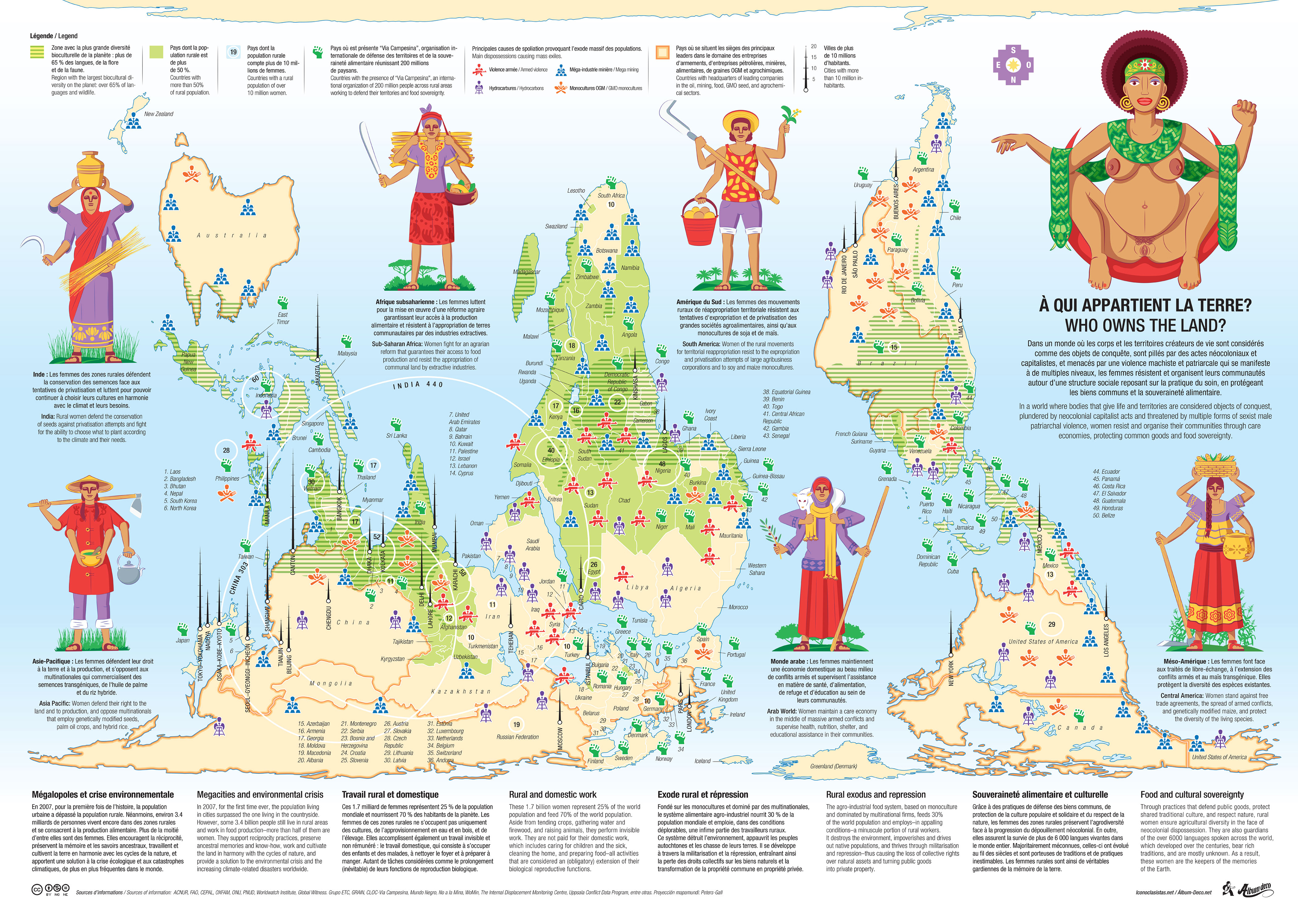
10
discussing potential topics, {food/tech/other(?)} sovereignty - how do they relate? what does it mean in the context of NL? what has been done? https://sobtec.gitbooks.io/sobtec2/content/releases/web/sobtech2-EN-with-covers-web-150dpi-2018-01-10-v2.pdf
8
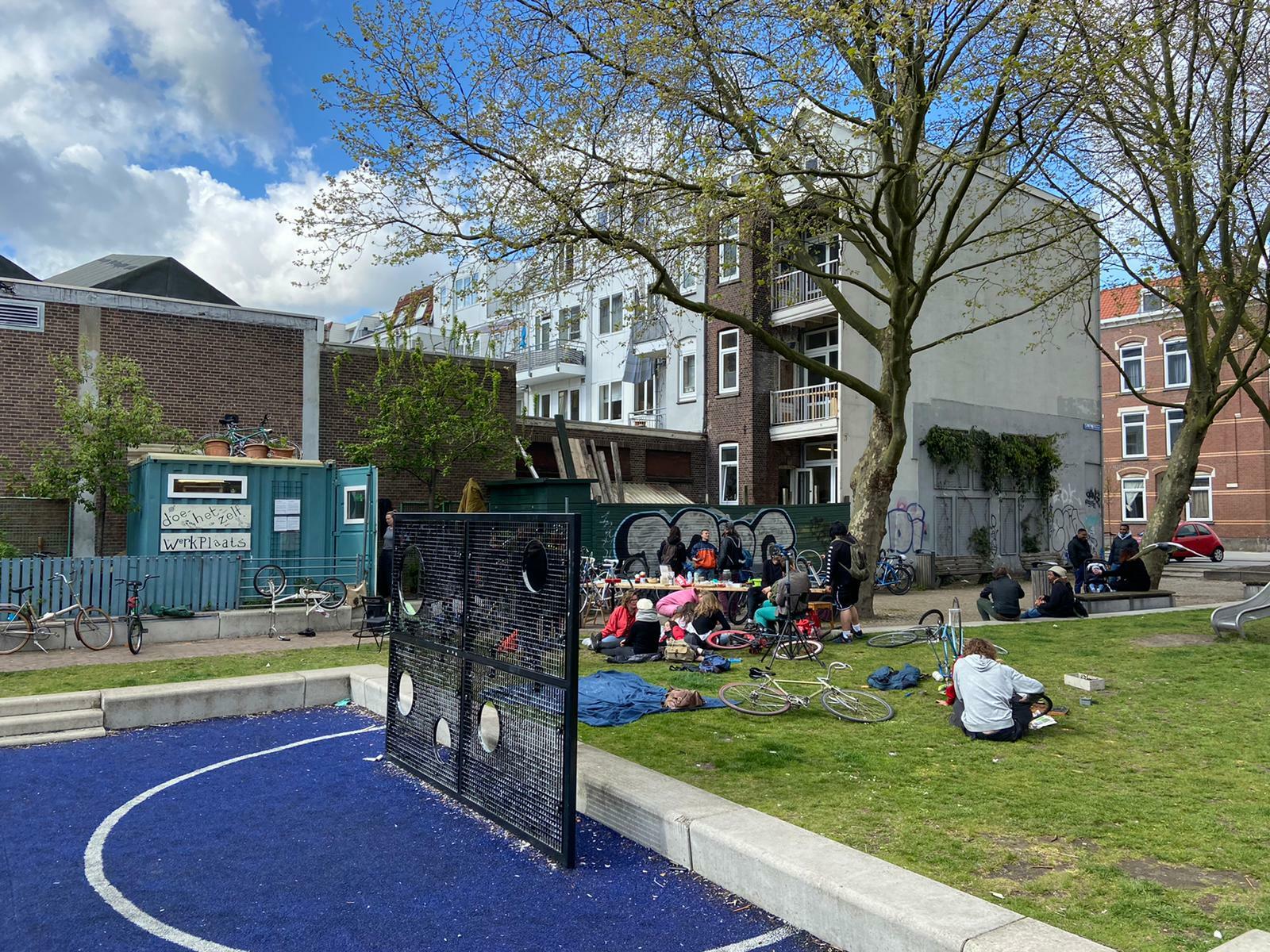
7
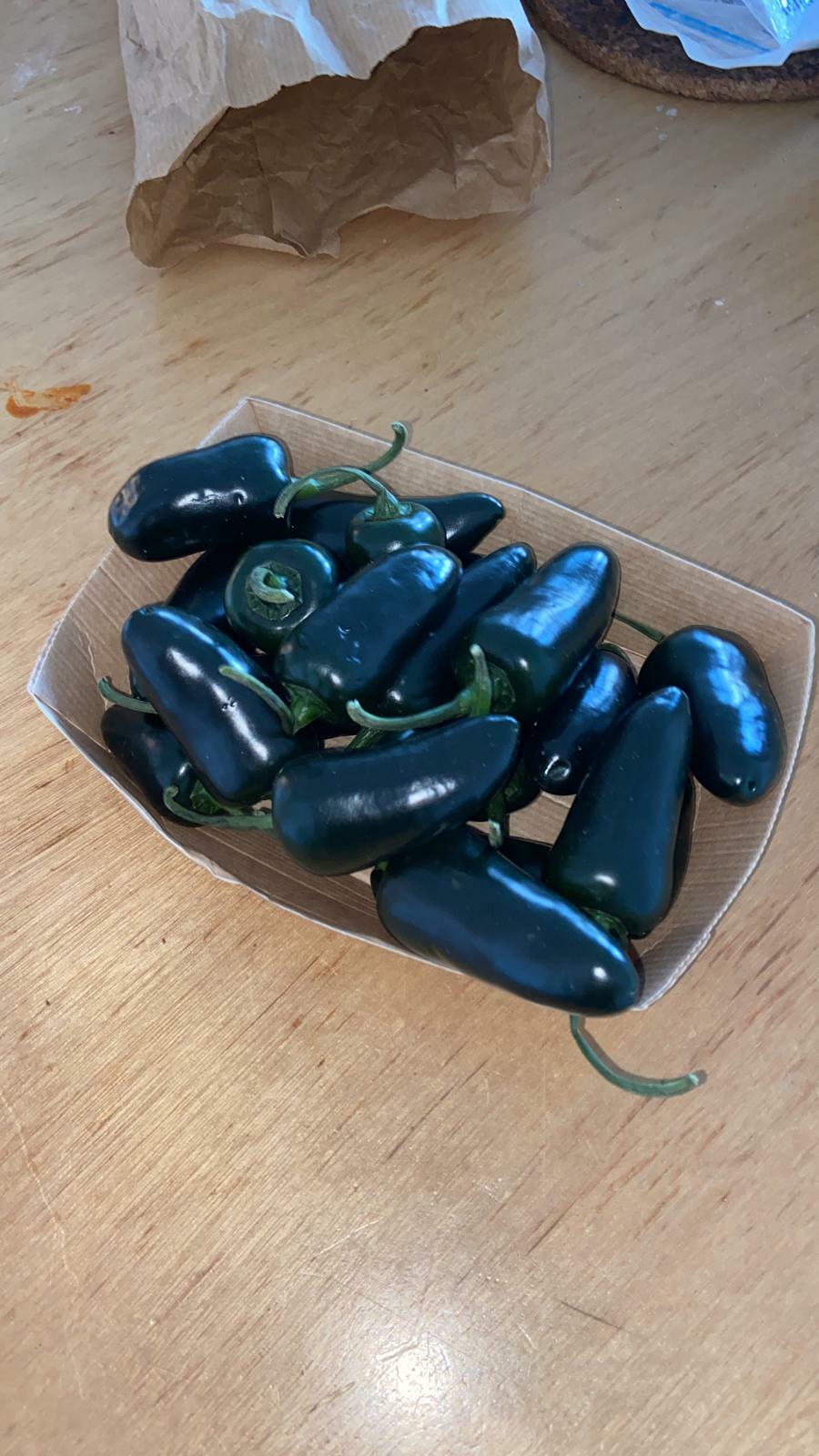
6
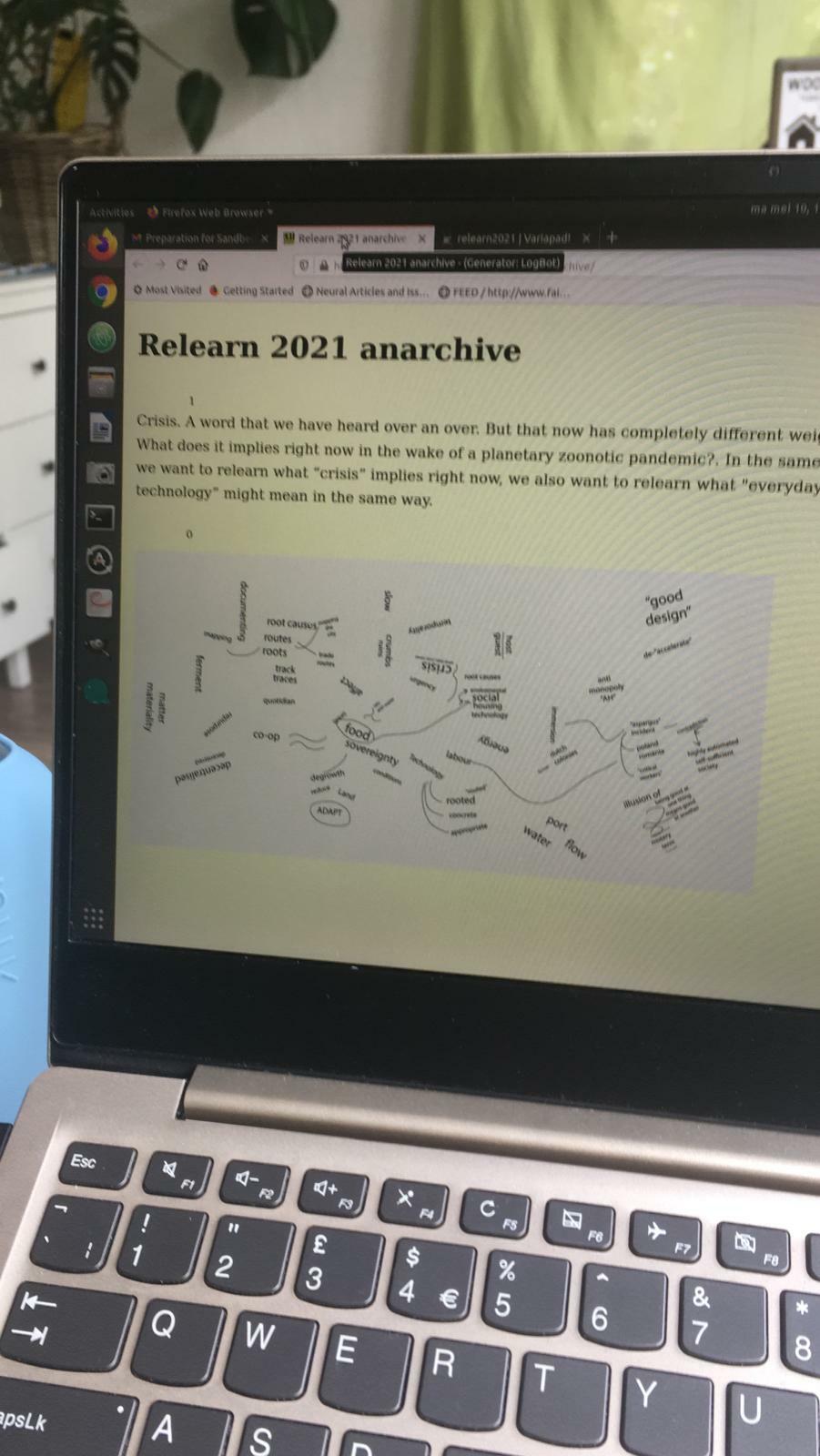
5
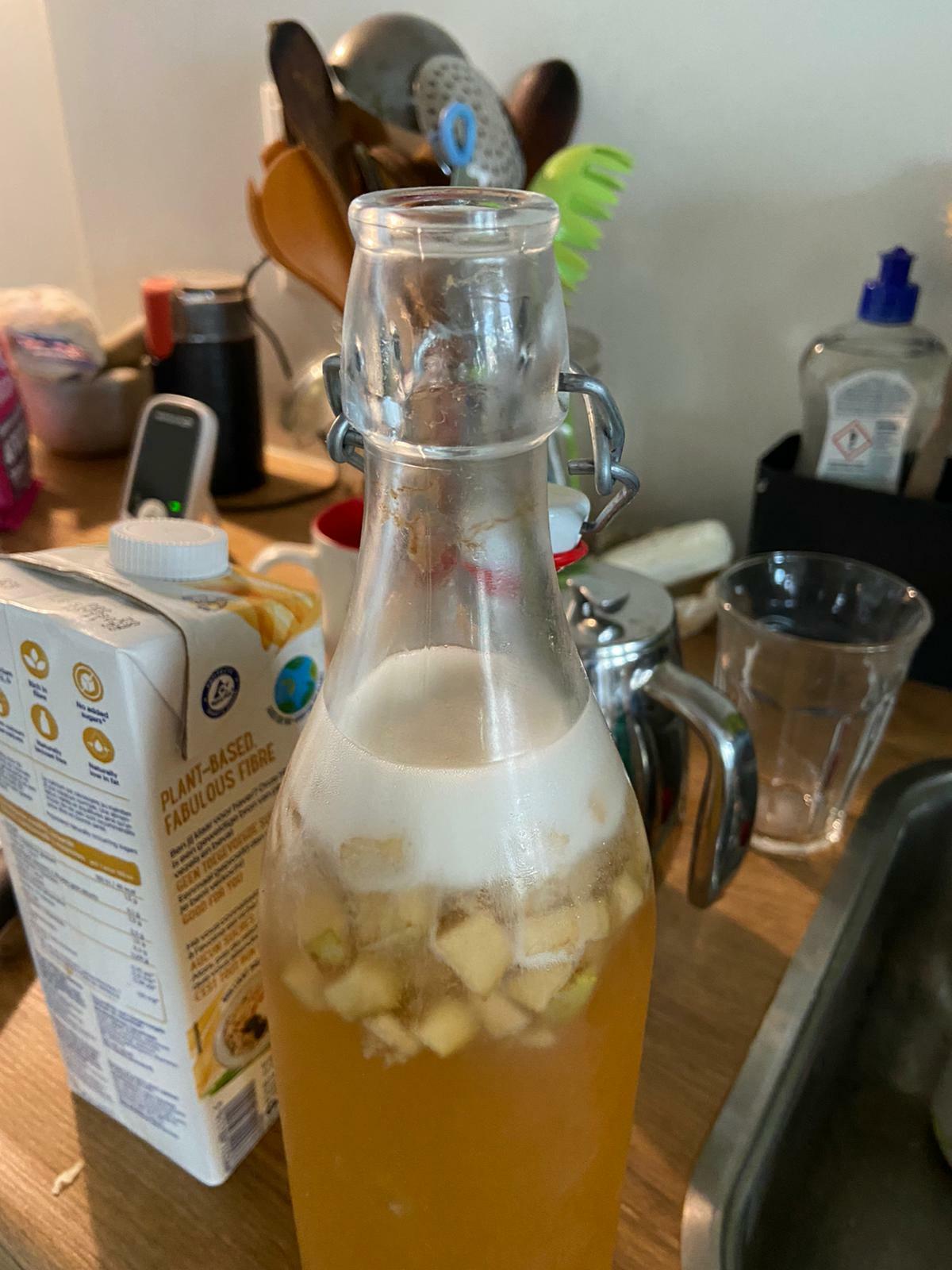
4

2
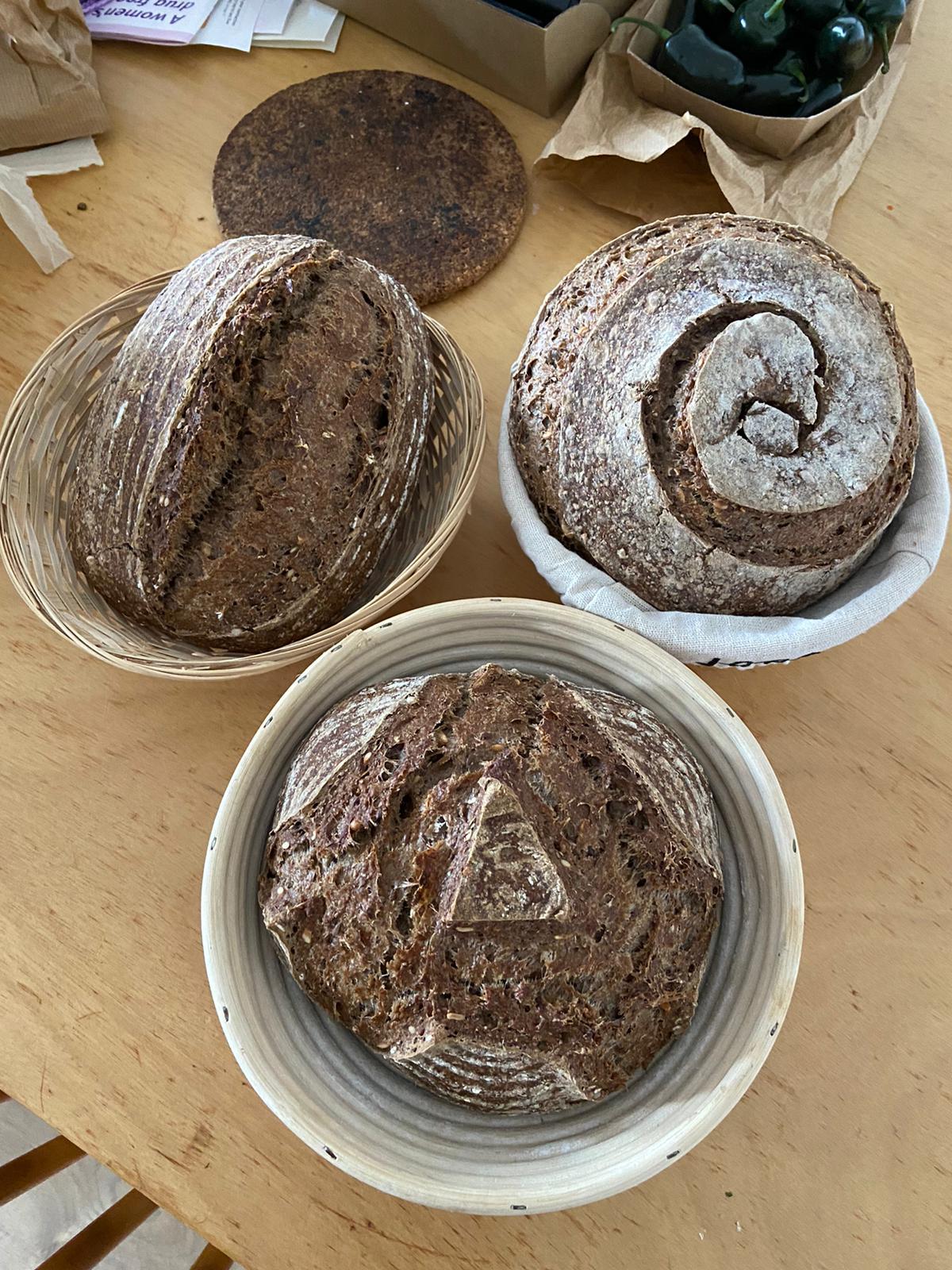
1
Crisis. A word that we have heard over an over. But that now has completely different weight. What does it implies right now in the wake of a planetary zoonotic pandemic?. In the same way we want to relearn what “crisis” implies right now, we also want to relearn what "everyday technology” might mean in the same way.
0
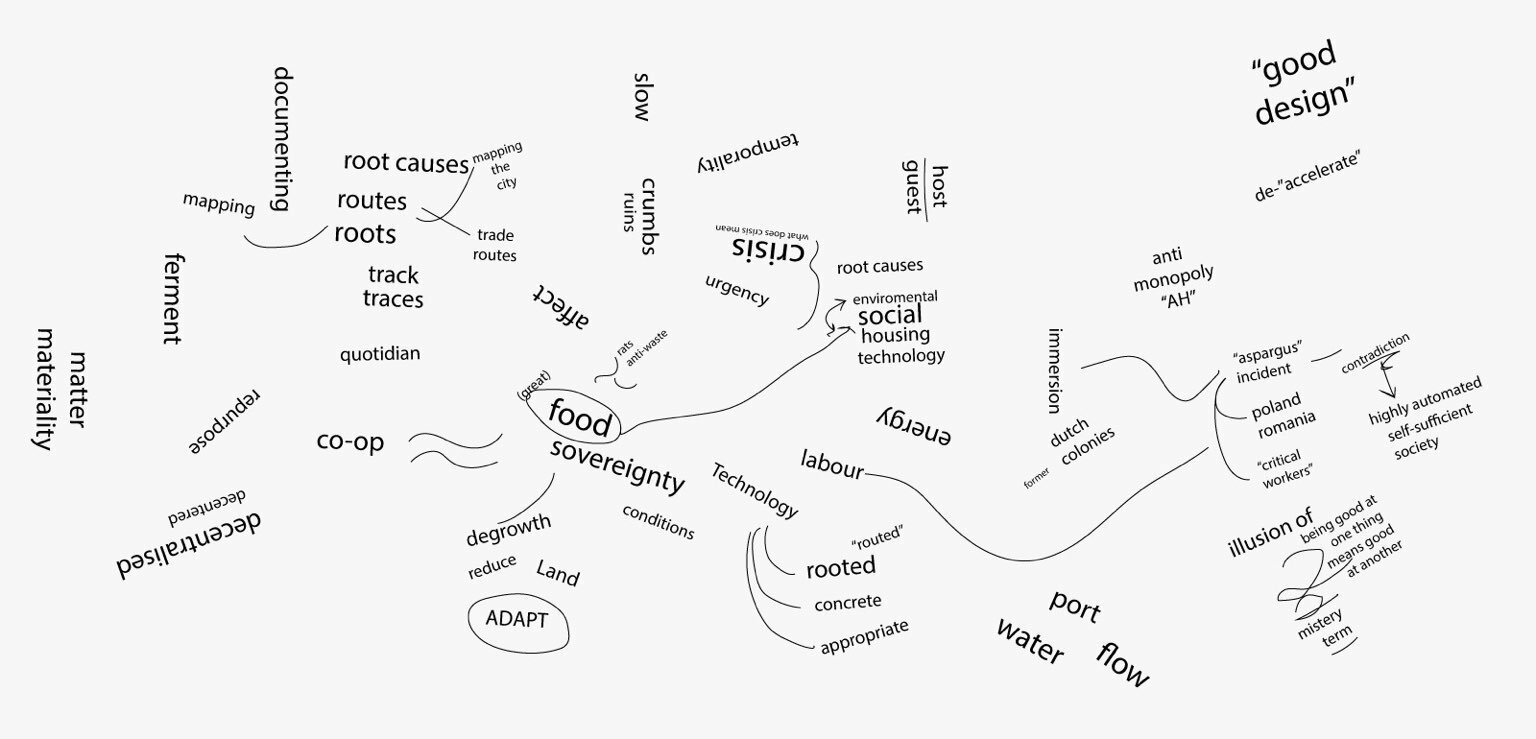



























































.gif)
.gif)





































































































































































































